Navigation auf uzh.ch
Navigation auf uzh.ch
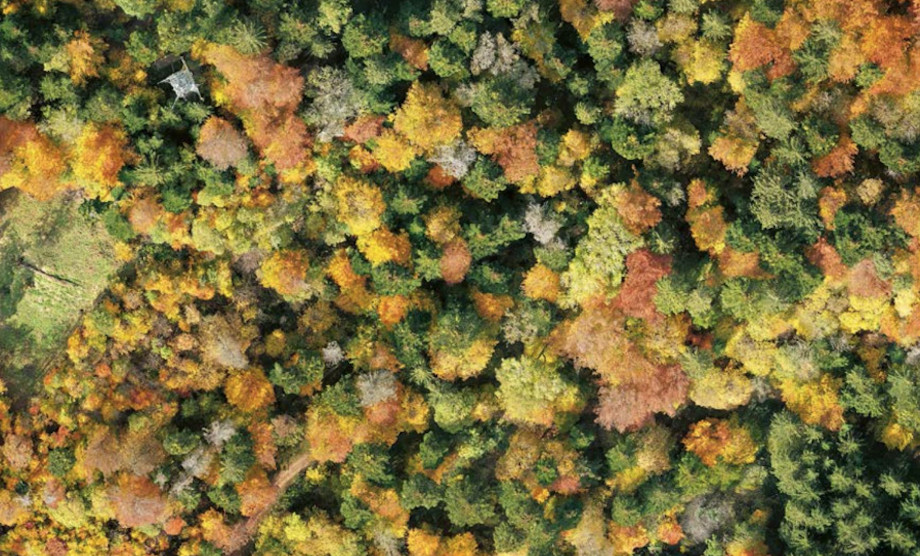
Ecosystems are more stable and productive when they contain more species. This has been demonstrated impressively by researchers from the URPP Global Change and Biodiversity. The successful program is committed to ensuring that the value of biodiversity is better understood and appreciated in society.

The third World Biodiversity Forum (WBF), organised by UZH, is taking place in Davos this week. In this interview, UZH earth system scientists Maria J. Santos and Gabriela Schaepman-Strub explain how biodiversity and climate change influence each other and what needs to be done to overcome the climate and biodiversity crisis.
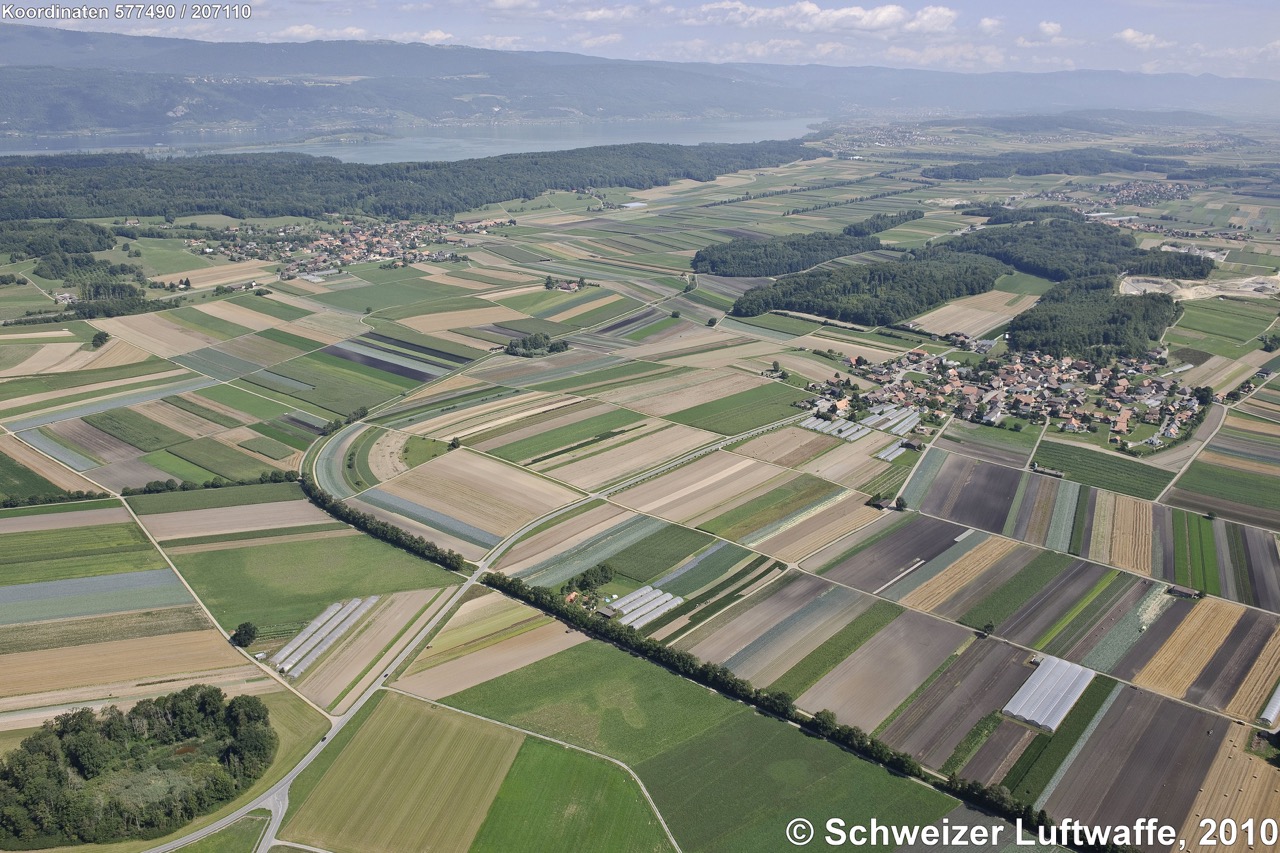
Der Boden im Grossen Moos ist in den letzten 100 Jahren um bis zu 2.4 Meter gesunken. Dies zeigt die Digitalisierung von über 44'000 Messpunkten einer zufällig gefundenen Karte aus dem Jahr 1920. Die Studierenden des Moduls GEO 401 konnten so ein historisches Oberflächenmodell erstellen und mit den aktuellen Daten von Swisstopo vergleichen.

Nach zwei Jahren mit wenig Schnee und sehr heissen Sommern bleibt der Permafrost in der Schweiz im Herbst 2023 warm und der Eisgehalt des Bodens nahm vielerorts weiter ab. Die Blockgletscher bewegten sich zudem schnell talwärts. Dies geht aus den neuesten Messungen des Schweizer Permafrost-Messnetzes hervor.
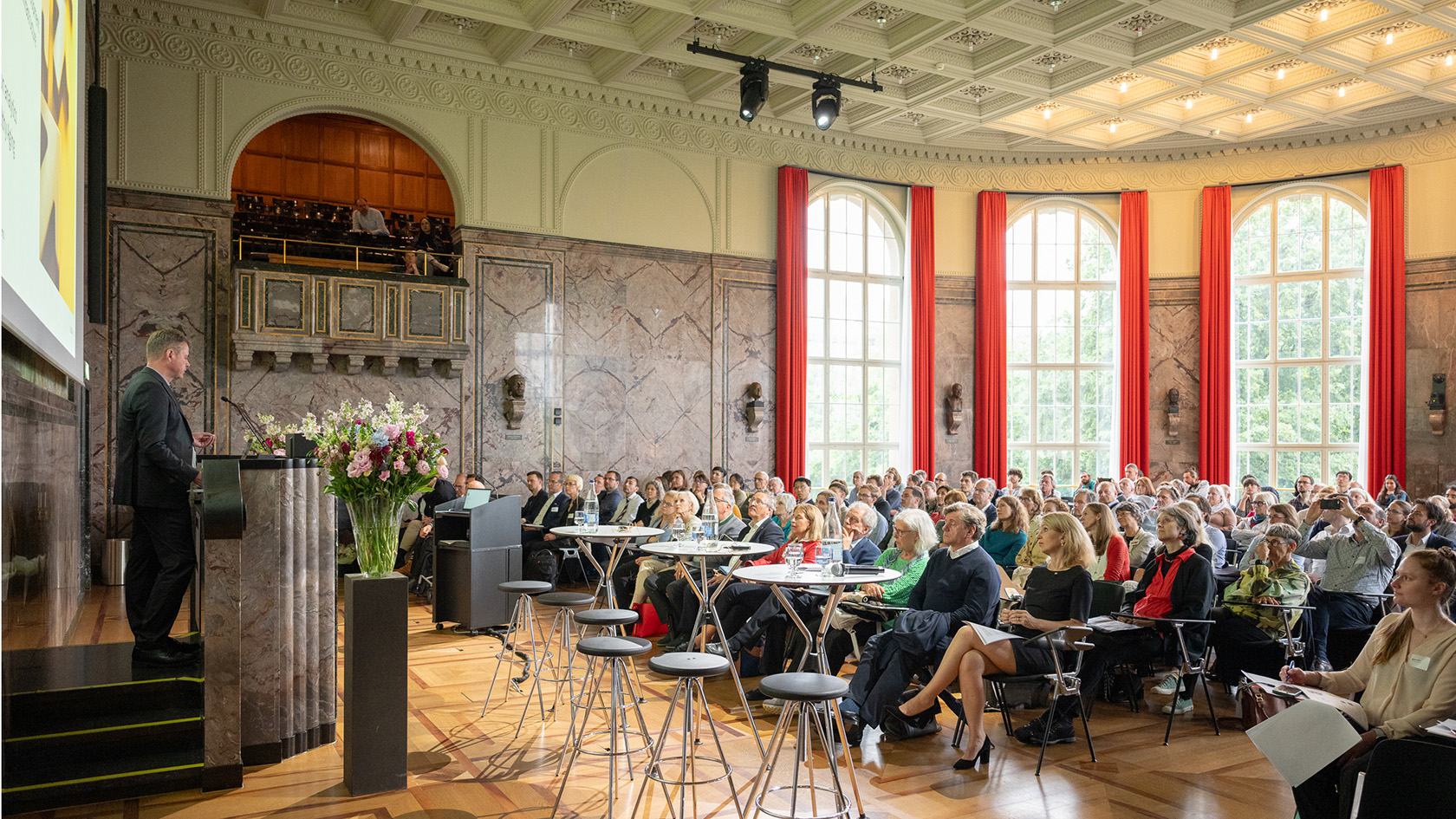
Nachhaltige Lösungen für gesellschaftlich relevante Probleme: Mit den langjährigen UFSP spielt die Universität ihre Kompetenzen in ausgewählten Forschungsbereichen aus. Letzte Woche feierte die UZH den Abschluss der zweiten Serie. Bei mehreren waren auch GIUZ-Mitglieder in Leitungsfunktionen oder als Mitarbeitende beteiligt.

Climate change is afflicting indigenous beech trees in Switzerland. Researchers at GIUZ now want to find out what Swiss beech forests might look like in the future. To do that, they are taking an experimental approach, using spectral data to investigate the biodiversity of the beech forests.
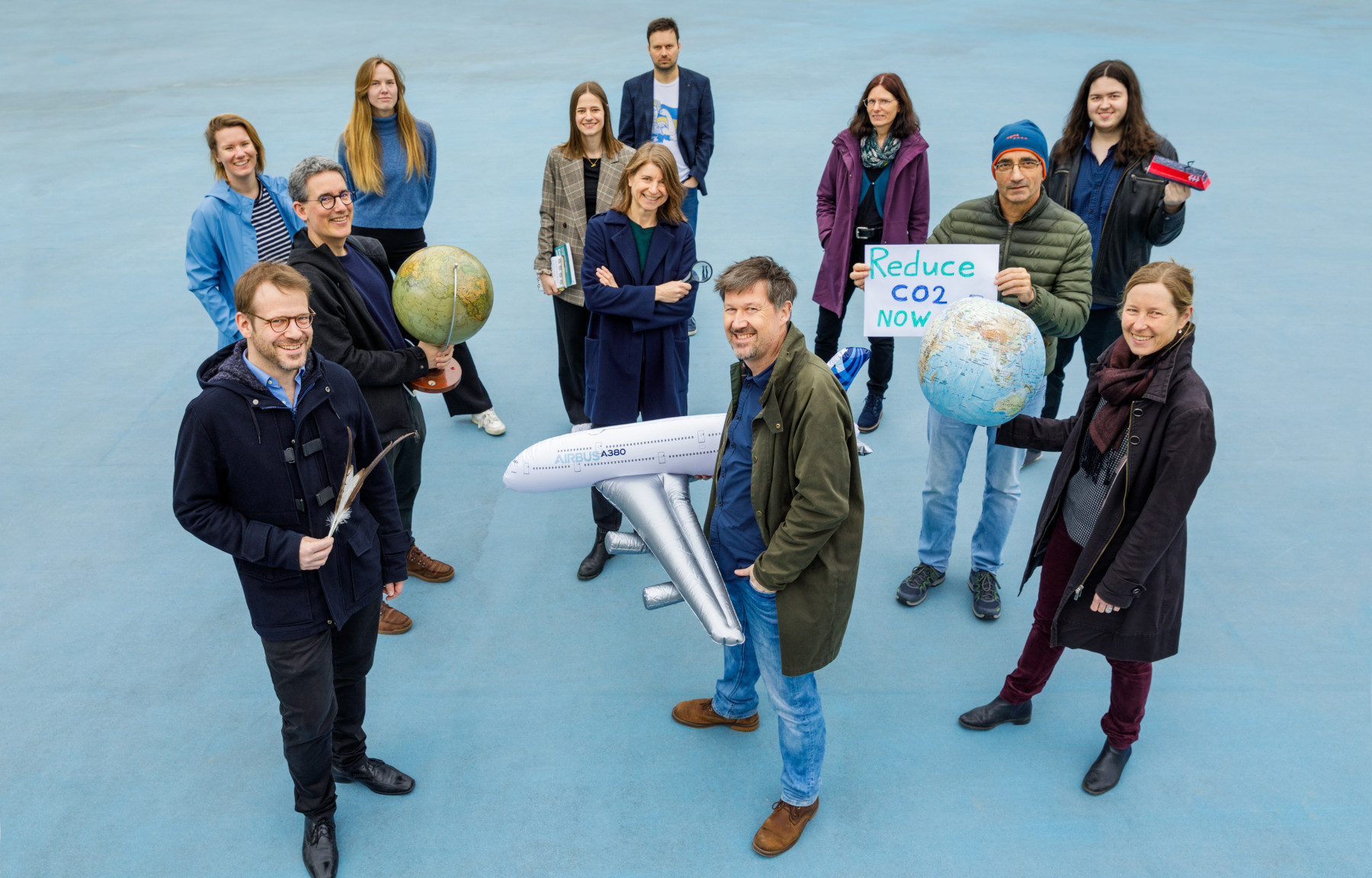
At the Dies Academicus 2024, the GIUZ Air Miles Group was honoured with the UZH Team Effort Award 2023 for its pioneering role in reducing flight-related emissions at the University of Zurich. Congratulations!
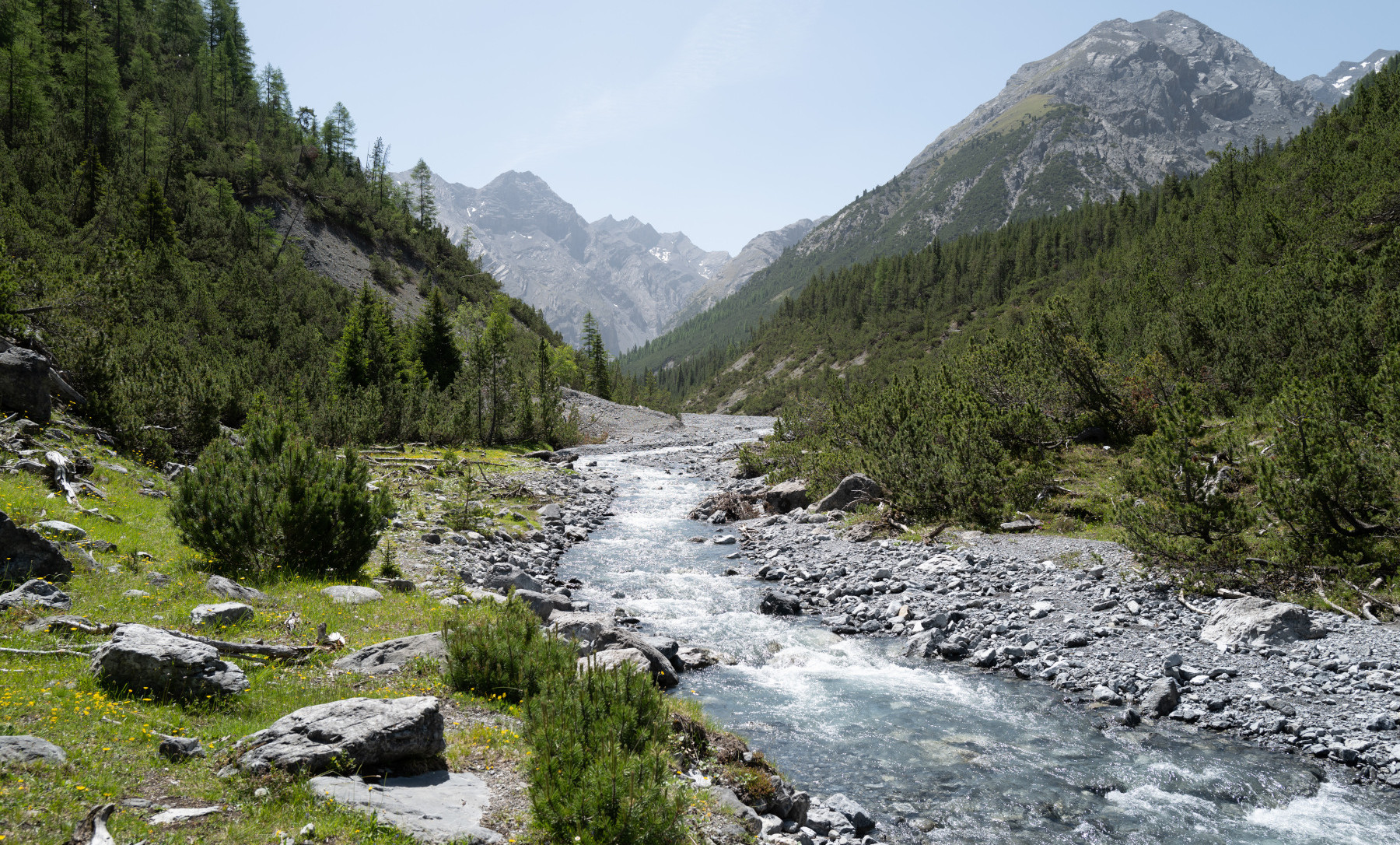
How can we value nature? What does the dramatic loss of biodiversity mean for us? In an interview with the Handelszeitung, Michael Schaepman, founding father of the World Biodiversity Forum, says that Switzerland could play a more exemplary role in implementing the Kunming-Montreal Global Biodiversity Framework.
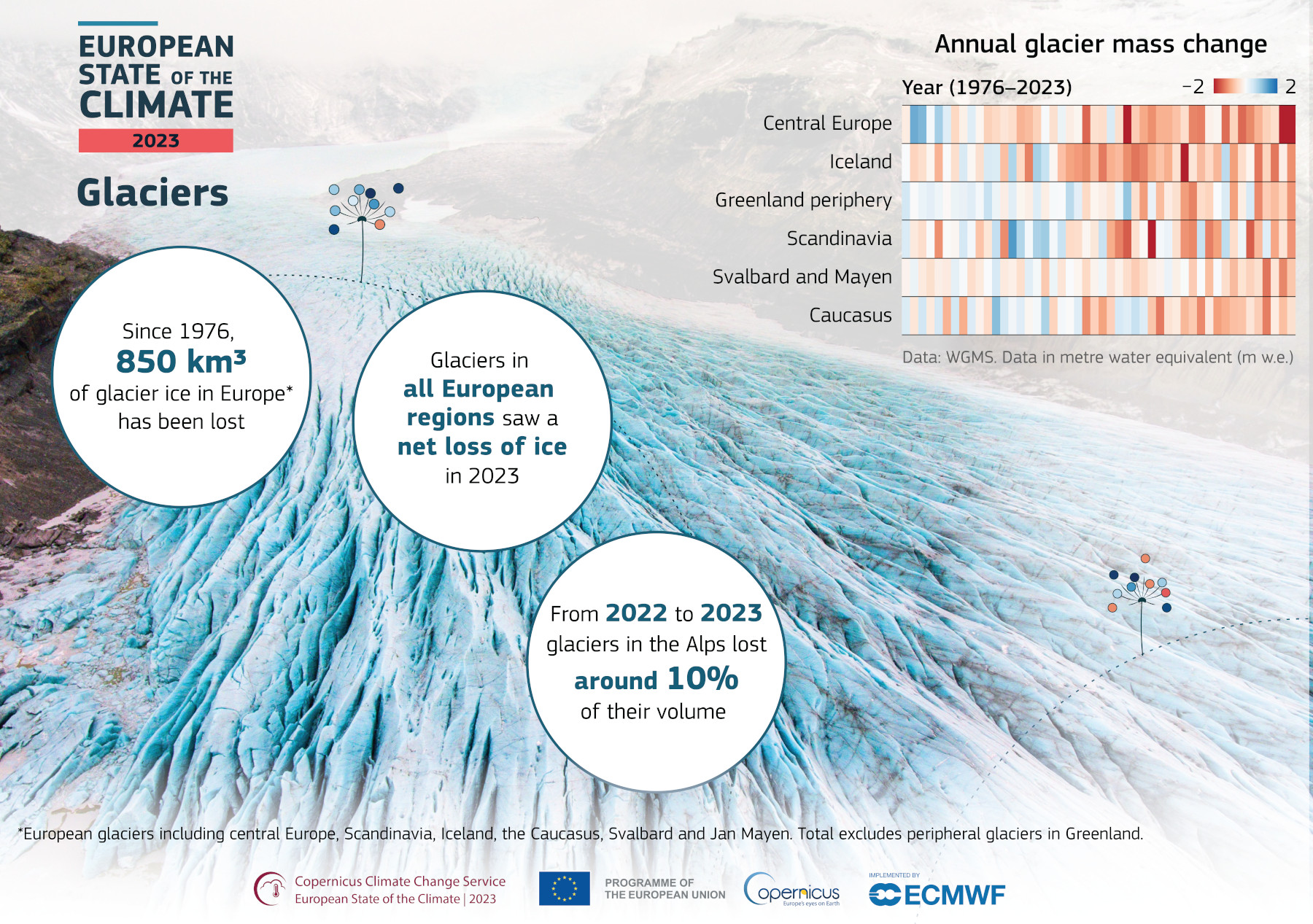
The Copernicus Climate Change Service (C3S) and the World Meteorological Organization (WMO) jointly released the European State of the Climate 2023 report. The report provides a summary of the climate in Europe, in the Arctic, and globally, based on authoritative data sources compiled by institutions across Europe. The World Glacier Monitoring Service (WGMS) contributed glacier data and analyses.

Ein neues studentisches Projekt beschäftigt sich mit der Entwicklung der feministischen Geographie am Institut. Nach viel Archivarbeit und Interviews mit Zeitzeug:innen werden nun die Ergebnisse in Form eines Podiums vorgestellt. Zeitzeug:innen werden von ihren Erfahrungen während des Studiums, der Diplomarbeit und nach dem Studium erzählen.
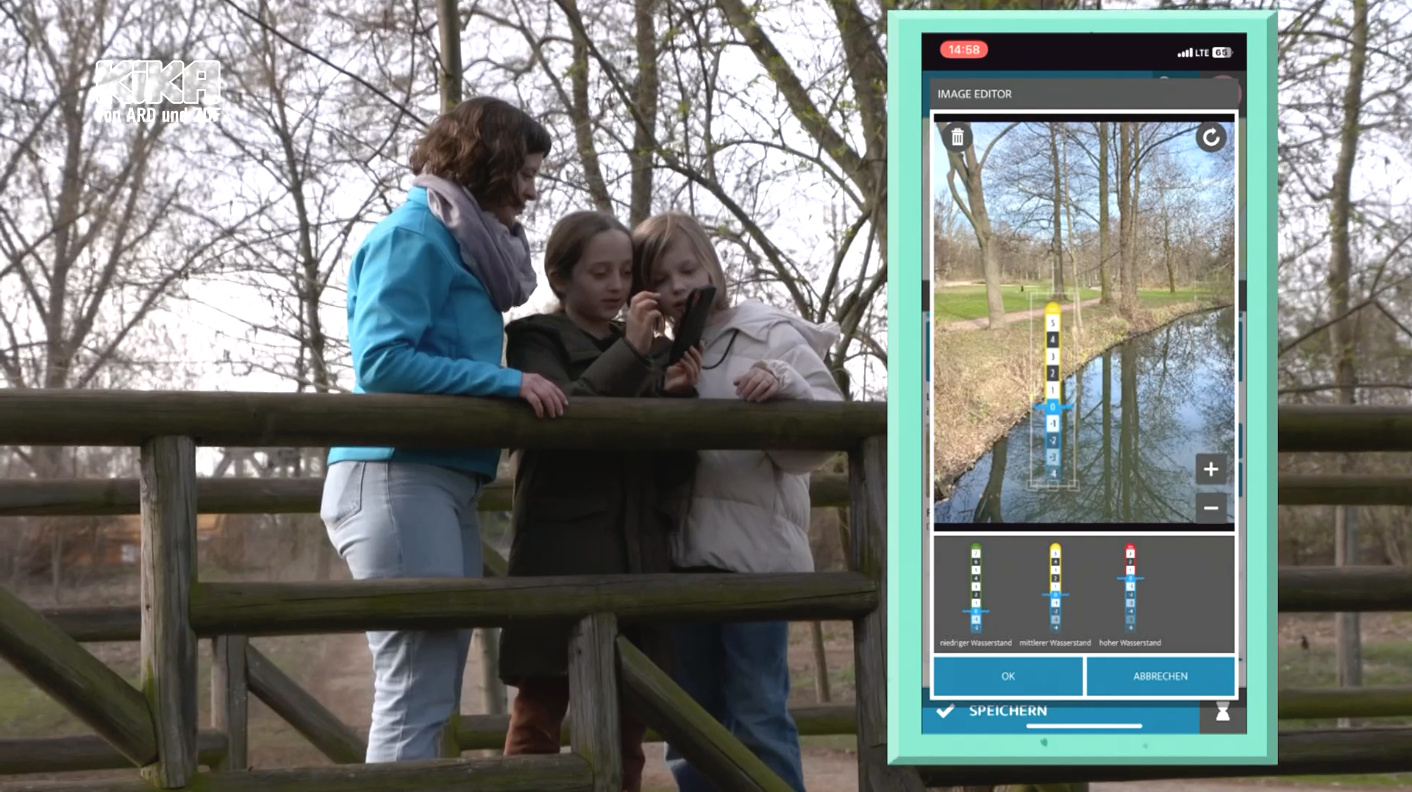
Climate change is also affecting our waters. To better adapt and prepare, we need a lot of data from rivers, streams and lakes around the world. This can be collected with the CrowdWater App. It was presented on the children's channel of German television.
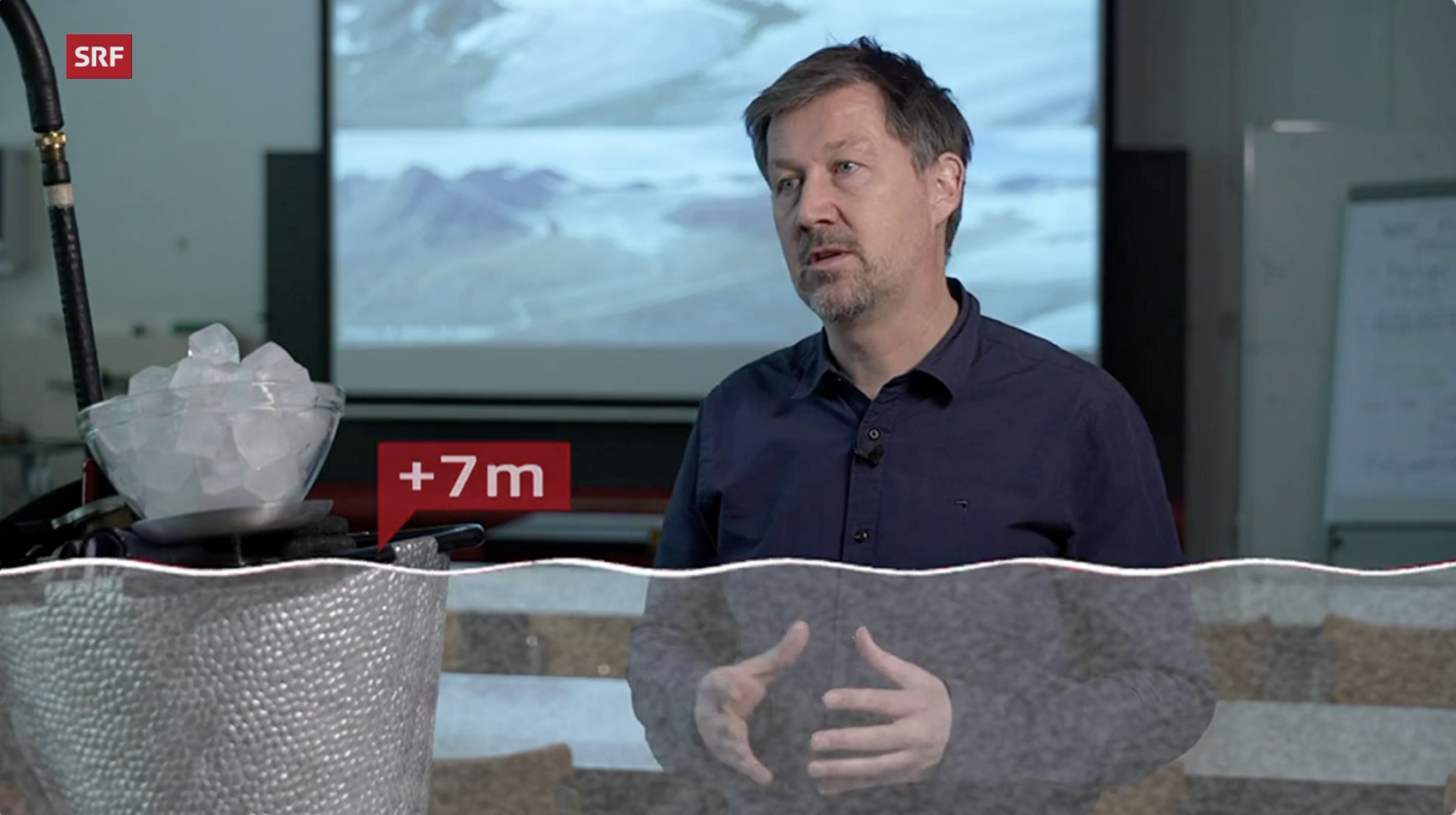
We would have triggered so many tipping points in the climate system that it would be an uncomfortable world, says Michael Zemp, Director of the World Glacier Monitoring Service. But if we achieve the climate target of no more than 2 degrees of warming, a large proportion of the glaciers can be saved. "We have to stop just talking about it, we have to act."
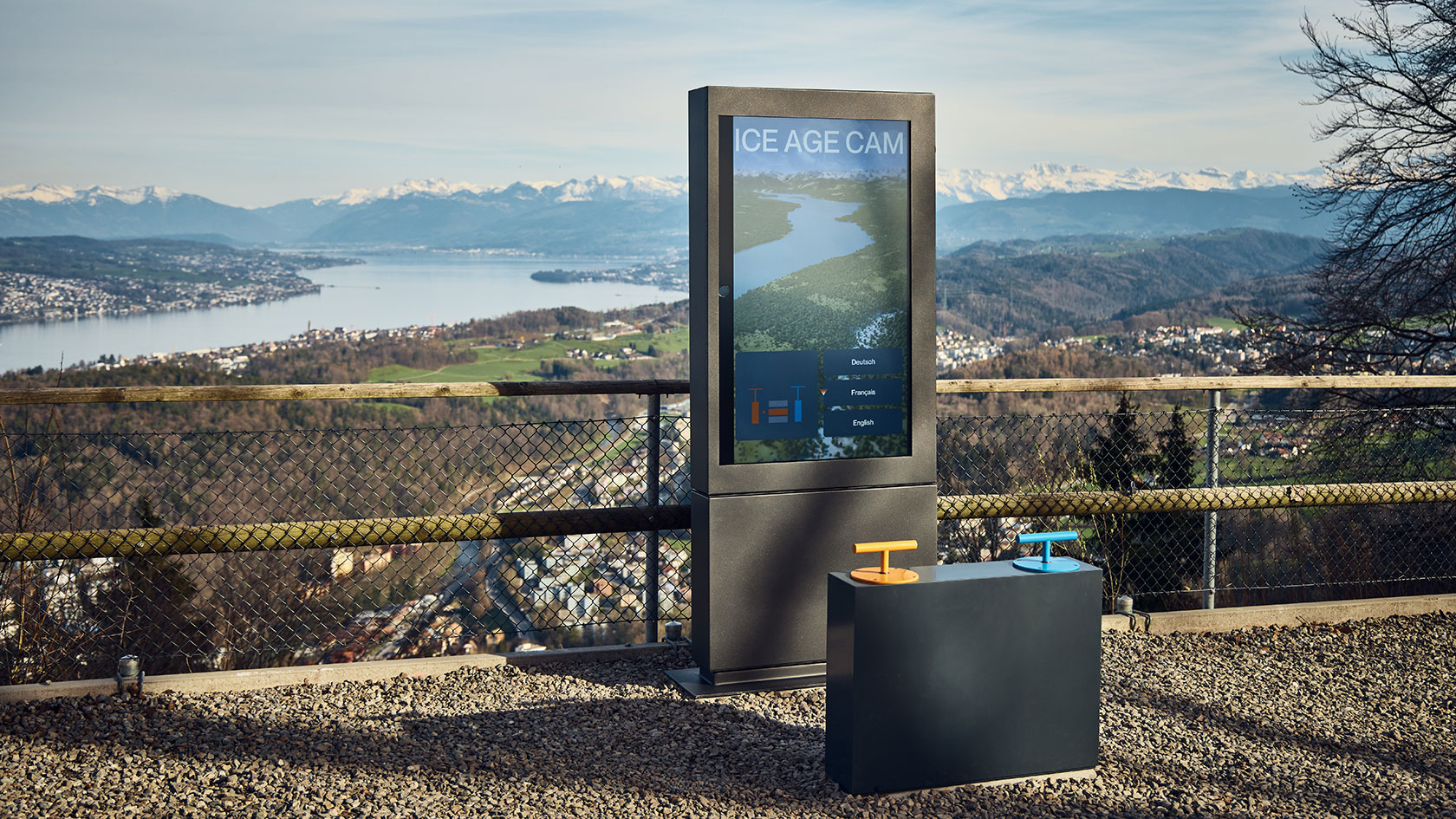
The new IceAgeCam installation on Felsenegg gives an impressive demonstration of the human influence on climate change. Visitors can immerse themselves in an interactive experience of the changing glacial landscapes. The joint project by researchers from UZH, the University of Lausanne and the Zurich University of the Arts is officially launched today with an event at the Felsenegg lookout point.

In the “City without Papers” project, geography students collaboratively investigate undocumented migrants’ precarious living conditions. This new type of teaching format is devoted to addressing current questions in urban studies research and in the process challenges traditional roles in science and teaching.
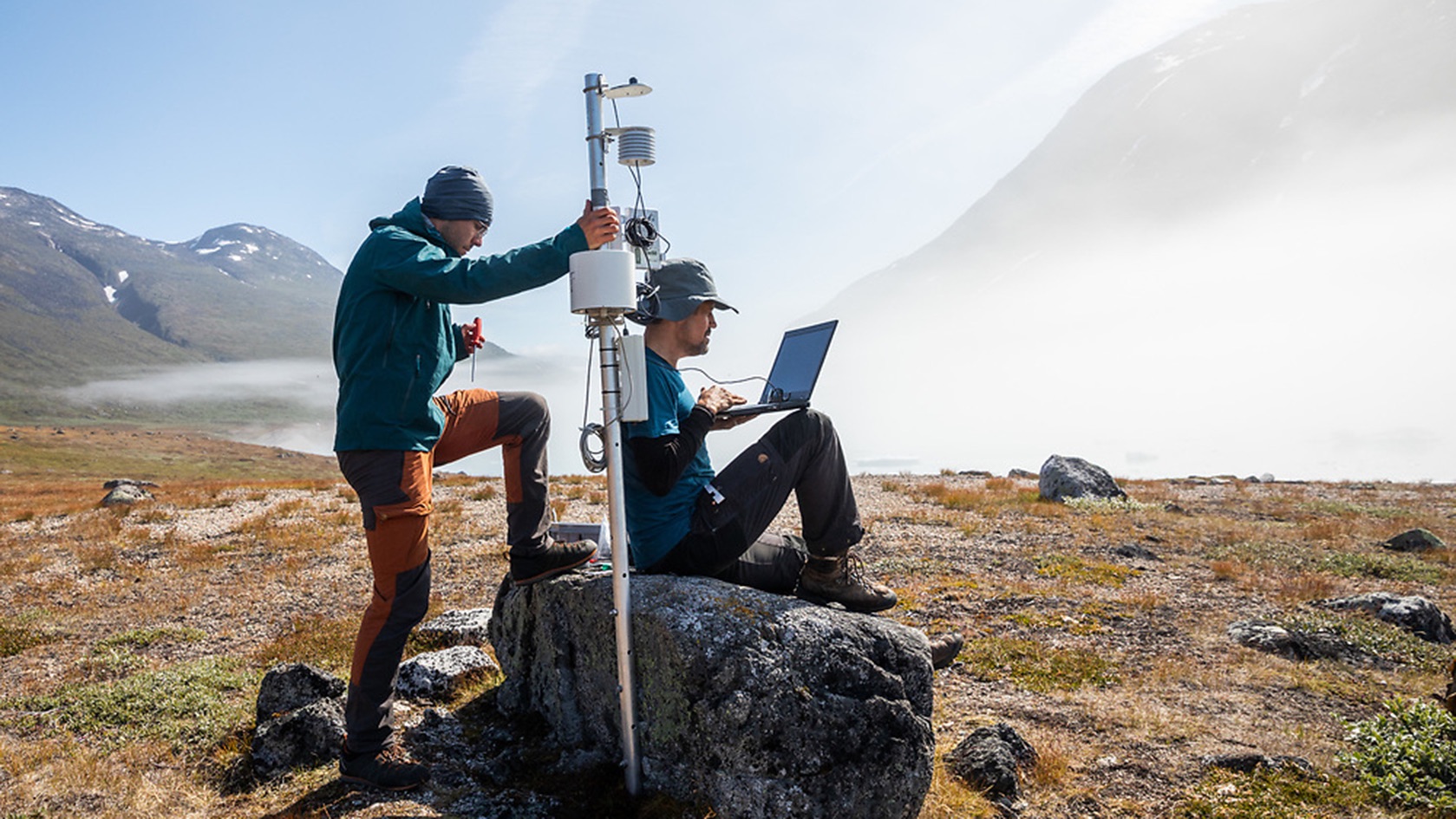
The Faculty of Science operates research stations in far-flung places all over the world. Some of them are featured in the current UZH Magazine, including the one in southern Greenland, where GIUZ researchers are investigating the interaction between glaciers and fjords.
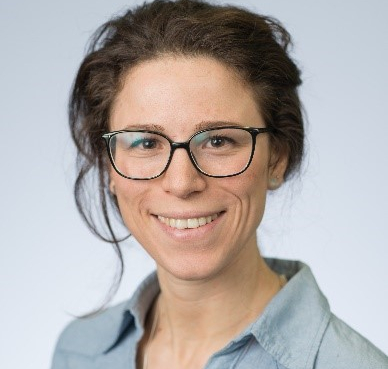
On February 1st 2024, Livia Piermattei started her position as Assistant Professor in Remote Sensing of Environmental Changes, a new research group within the Remote Sensing Laboratories at the Department of Geography, University of Zurich. Welcome!
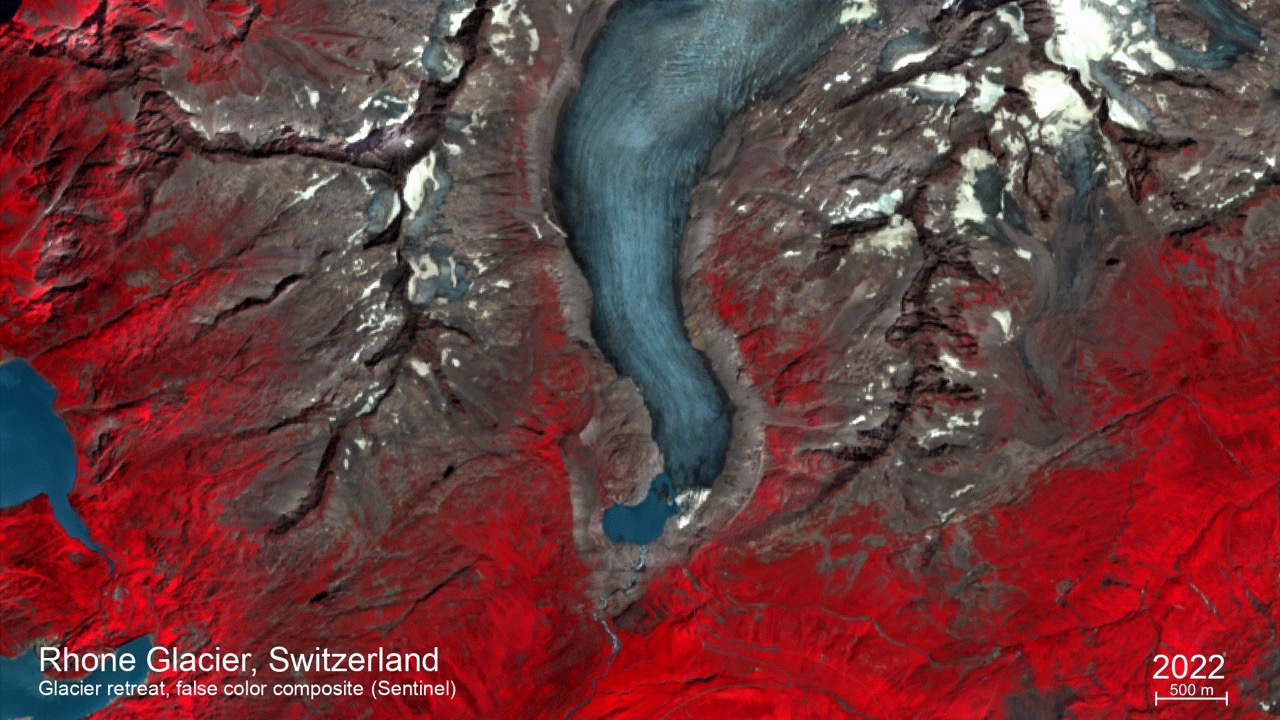
In the exhibition "Mirror of Nature: Biodiversity through the Lens of Technology and Art", the installation "Natural Images Massage" developed by Claudia Röösli and Jochem Braakhekke in collaboration with Katharina Weikl (Art x Science UZH) and the Chinese artist Han Bo was shown at the Museum of Contemporary Art in Shanghai. Lying down on a massage bed, visitors watched time-lapse satellite images that show the progressive destruction of biodiversity on our planet with alarming clarity.
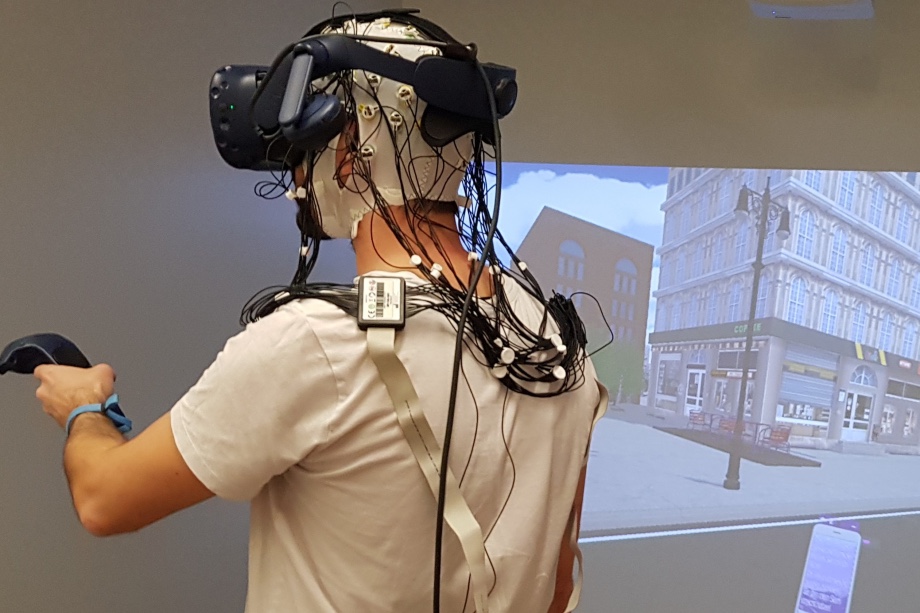
Instead of blindly following Google Maps, we should have a different kind of navigation system that helps us learn from the environment as we go, argues Sara I. Fabrikant. Ahead of her Robert Blumberg Distinguished Lecture in Cognitive Science at the University of Riga, she talked about the intricate interplay between digital navigation tools and human cognition.
Ein Start-up erntet Eis von den schrumpfenden Gletschern Grönlands, verkauft es an Cocktailbars in Dubai und behauptet, damit die Klimaerwärmung zu bremsen. Samuel Nussbaumer vom GIUZ widerspricht: «Man könnte sogar umgekehrt argumentieren, dass die hellen Eisschollen die einfallende Strahlung besser reflektieren als die dunkle Meeresoberfläche.»

Sara Irina Fabrikant is leaving the Swiss Science Council after eight years. She has learnt that political work requires a lot of patience and persistence. Now she is writing a book on improving access to geographic information on mobile devices.
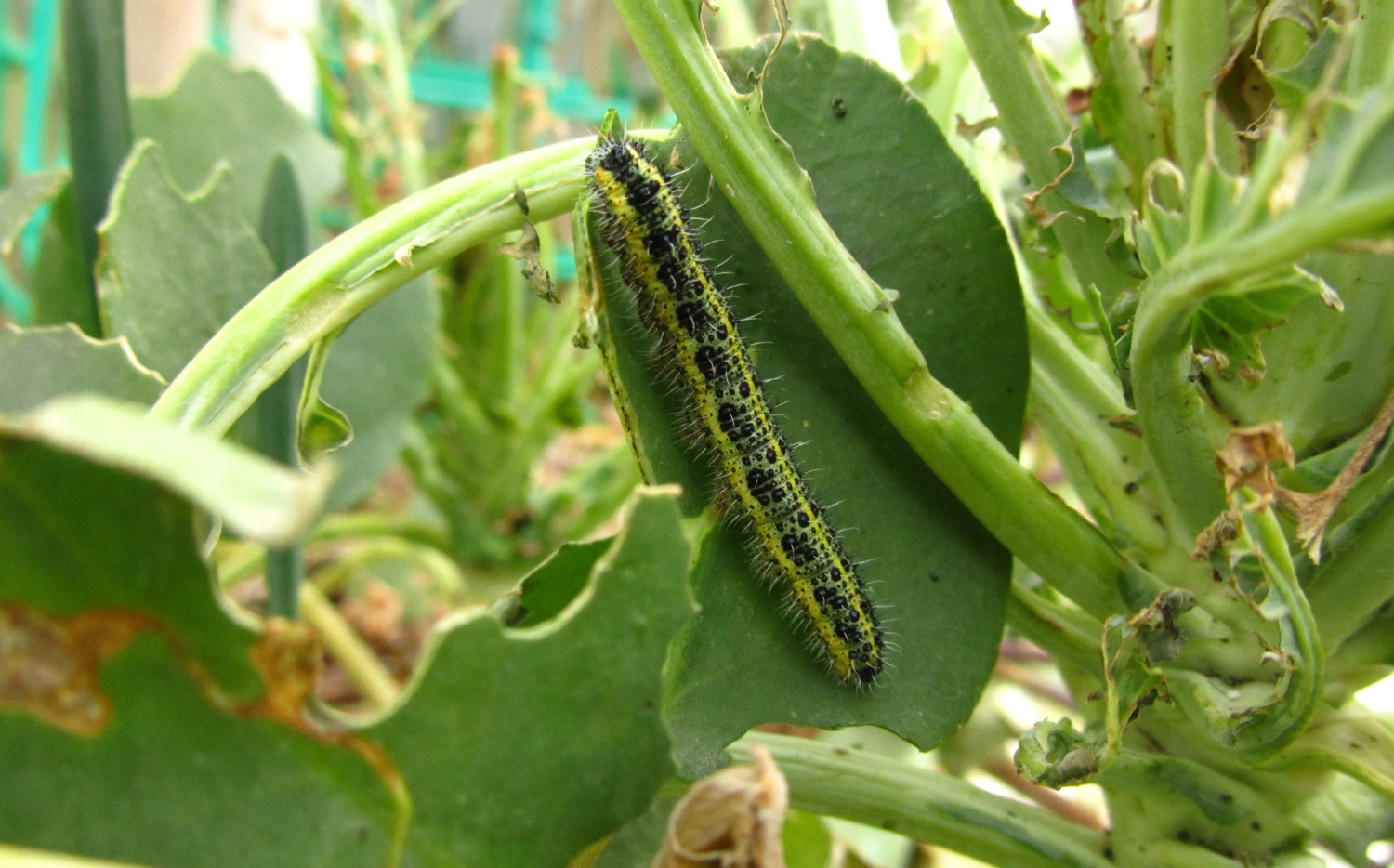
Every plant has a distinctive smell. In a healthy state, this smell is quite subtle. But that changes as soon as caterpillars and beetles start feeding on the plant. "Plants use their odours to attract the enemies of their enemies, for example," says Meredith Schuman, a chemical ecologist at GIUZ.
In Greenland, climate change has far-reaching consequences for glaciers, vegetation, biodiversity and especially for the population. Two journalists accompanied researchers from the interdisciplinary GreenFjord project to the front of the Qajuttap glacier, among other places. Glaciologists from the GIUZ are investigating the calving of the glacier there.
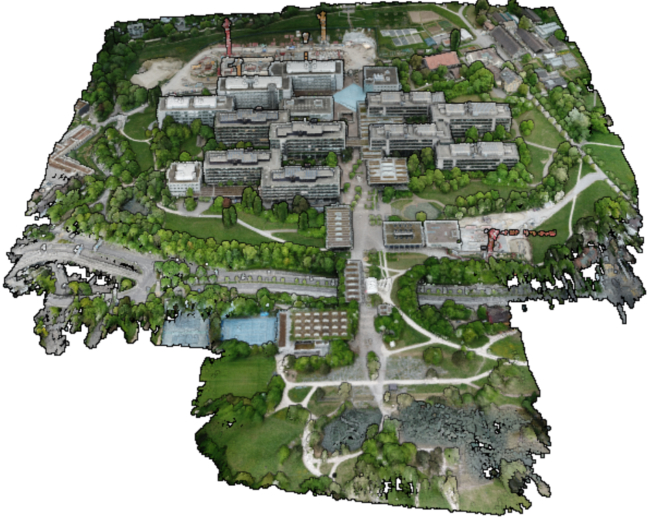
UZH tapped into the collective wisdom of its community to find out how to make everyday university operations more sustainable. One of the supported projects comes from GIUZ. Green4Clim investigates how the vegetation on campus should be managed – on the one hand to extract as much climate-damaging carbon dioxide from the atmosphere as possible, and on the other to better cool the buildings and thus reduce energy consumption.
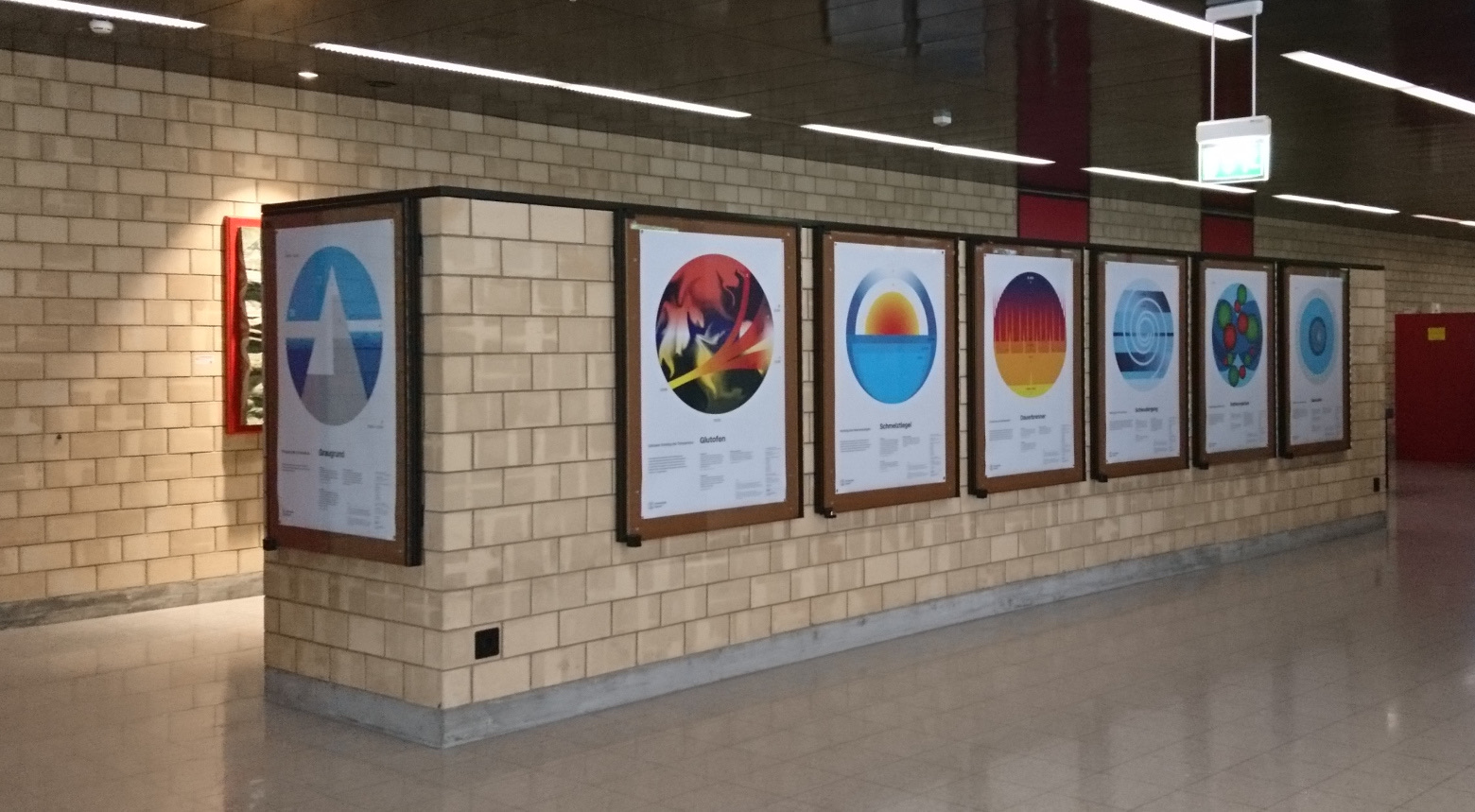
The second series of 'frighteningly beautiful pictures' presents the forecasts of the Intergovernmental Panel on Climate Change (IPCC), to which researchers from the Department of Geography have contributed significantly. They are now on display in our glass cases on the H floor. From 27 October, they will also be on show at the Kalkbreite cooperative in Zurich.
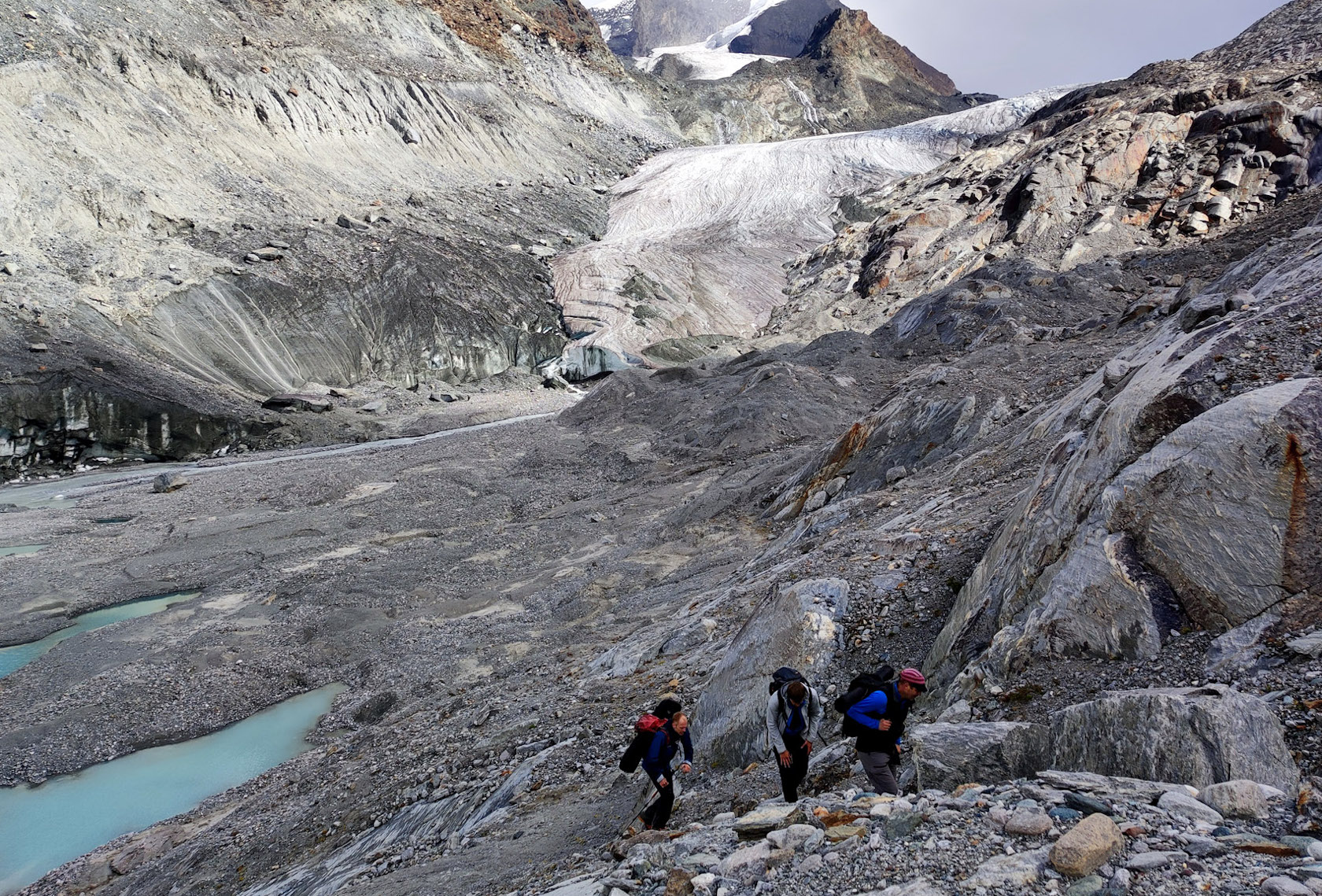
One extreme year follows another. Glaciers in Switzerland lost 6% of their volume in 2022. However, 2023 saw 4% destroyed, representing the second largest decline since measurements began. The Swiss Commission for Cryosphere Observation of the Swiss Academy of Sciences reported that a total of 10% of the ice volume disappeared in only two years.
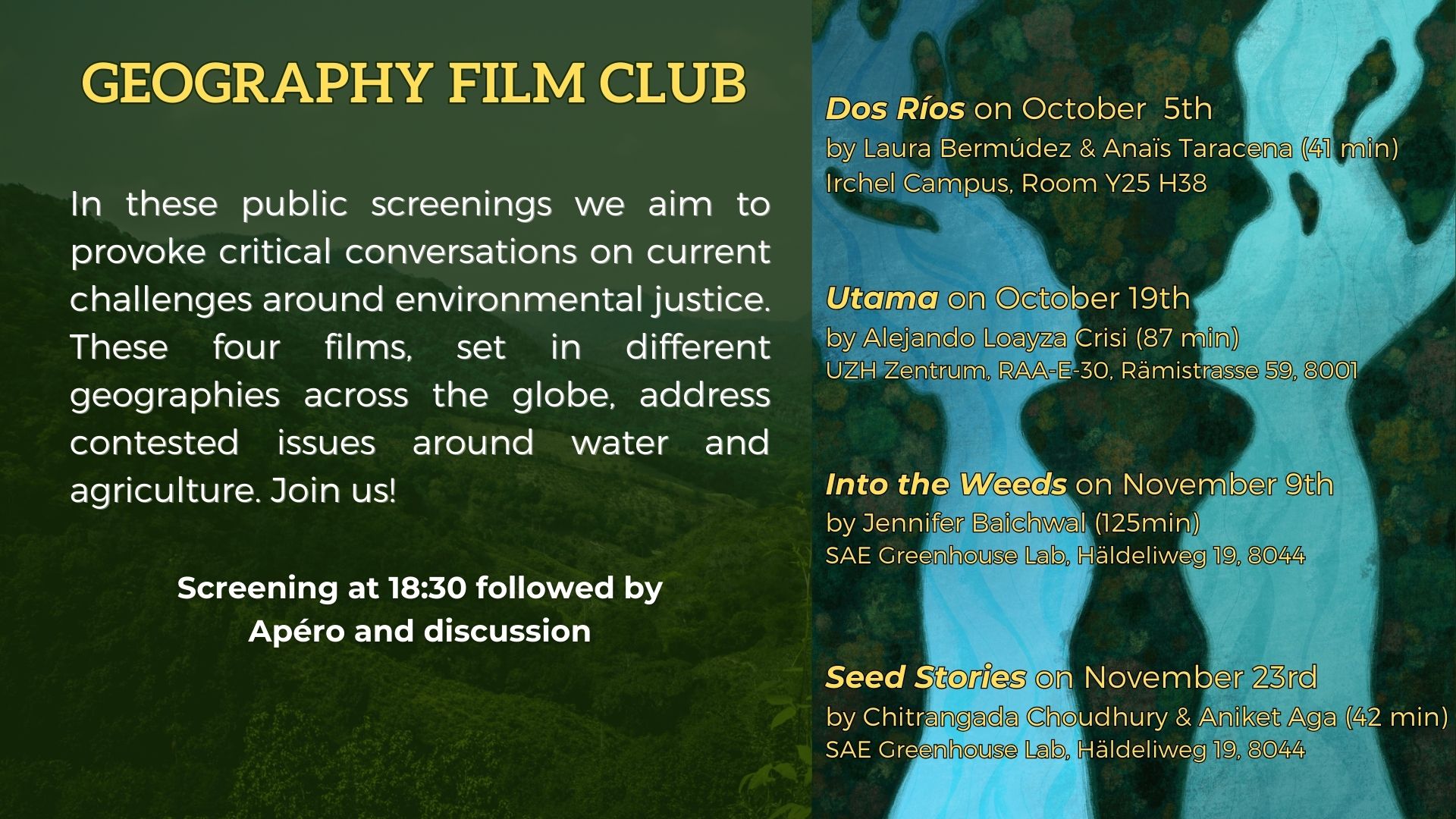
In fall semester 2023, a Geography Film Club is being organized by junior researchers of the Department of Geography. The screenings are open to anyone interested in joining!
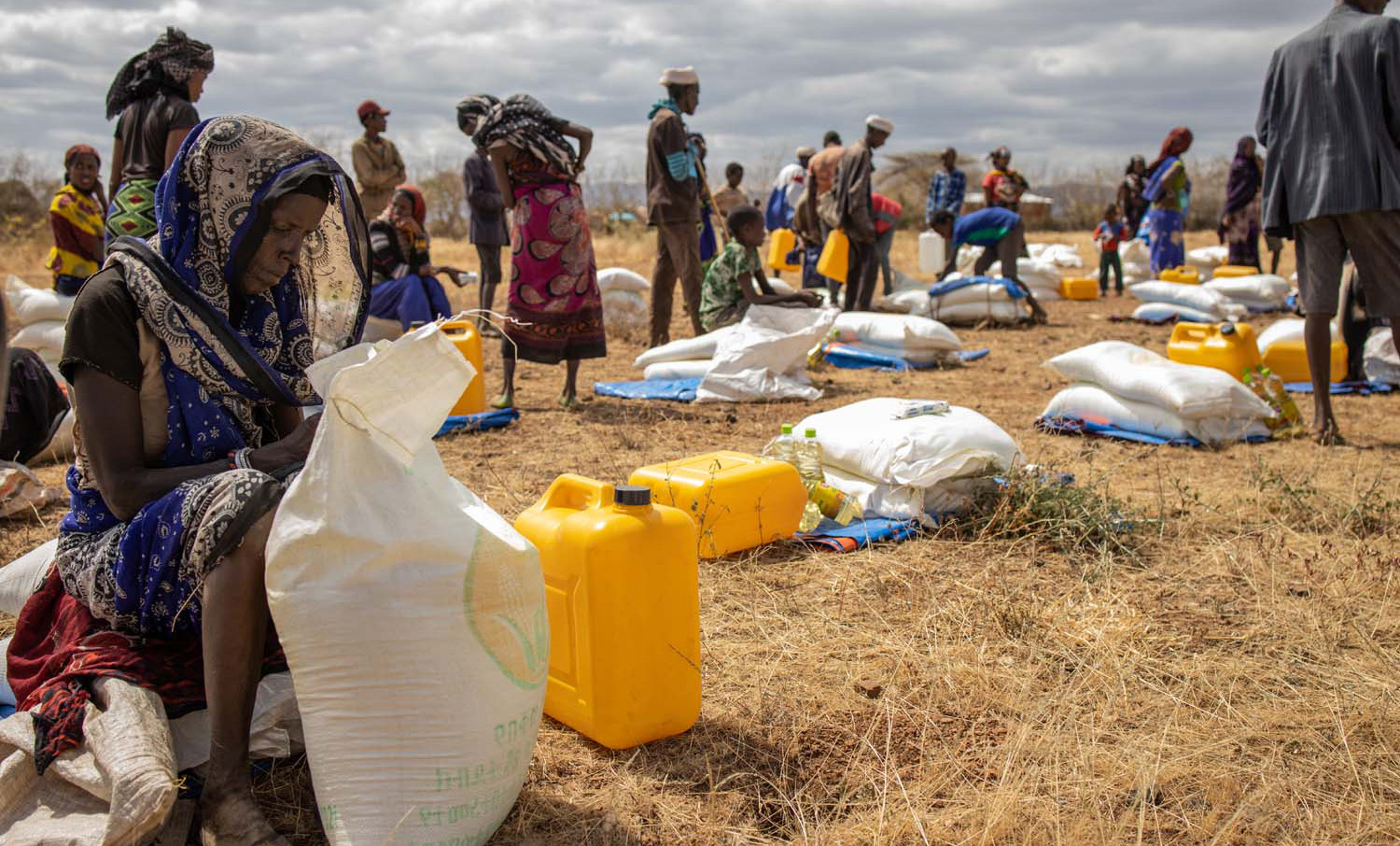
The fact that people are already having to flee because of climate change, and will have to do so much more often in the future, is still far too little understood by the general public, says Christian Huggel in the programme "Echo der Zeit". Many people are not yet fully aware of the scale of the problem: "By 2050, it is estimated that one billion people will be exposed to rising sea levels."
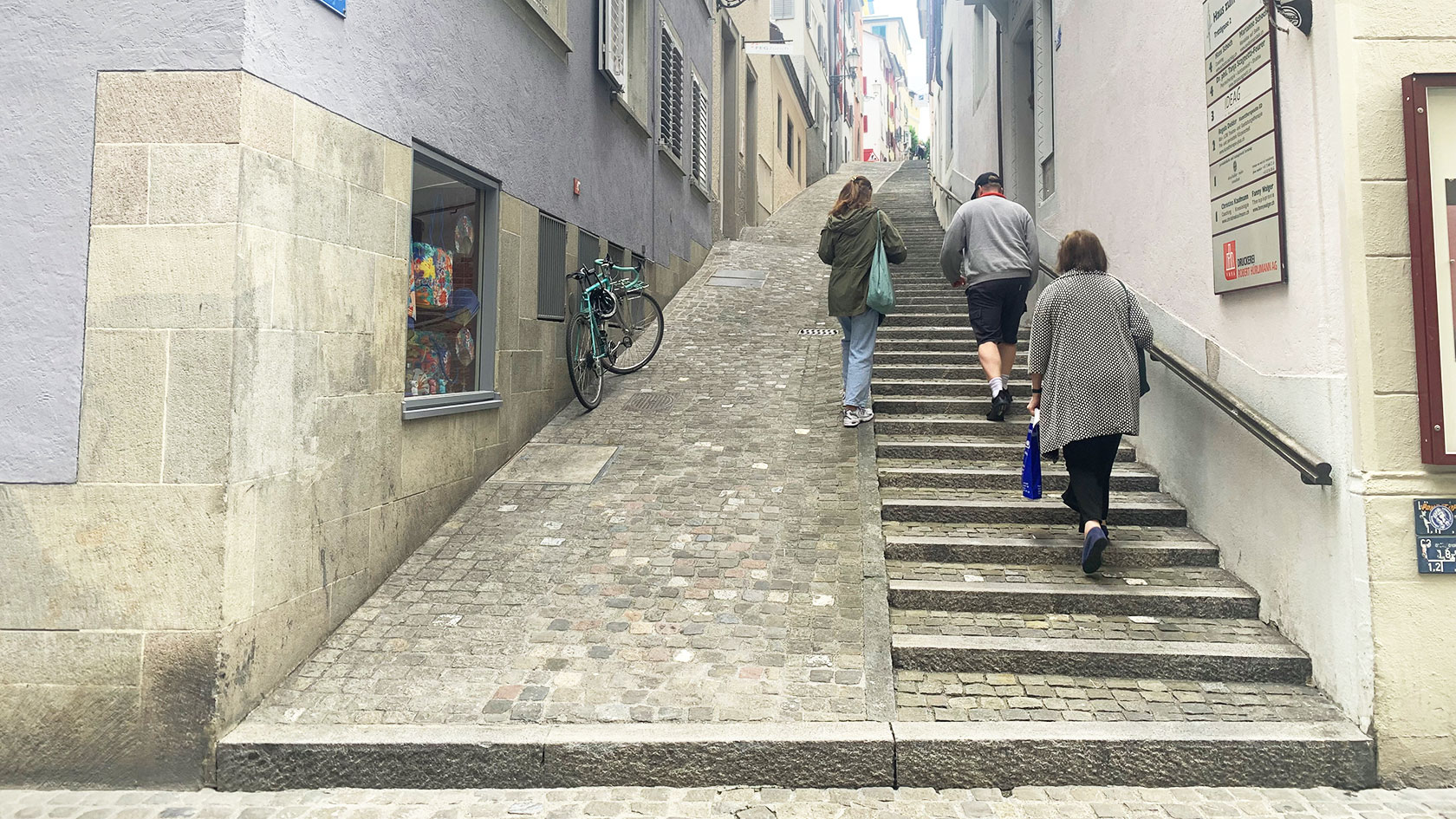
People with limited mobility have to deal with numerous obstacles in Zurich. ZüriACT, a joint project of the Department of Geography, the Digital Society Initiative and the city of Zurich, aims to tackle this issue and make the city more accessible. The project will collect accessibility data on sidewalks in Zurich and make this information available to the general public.
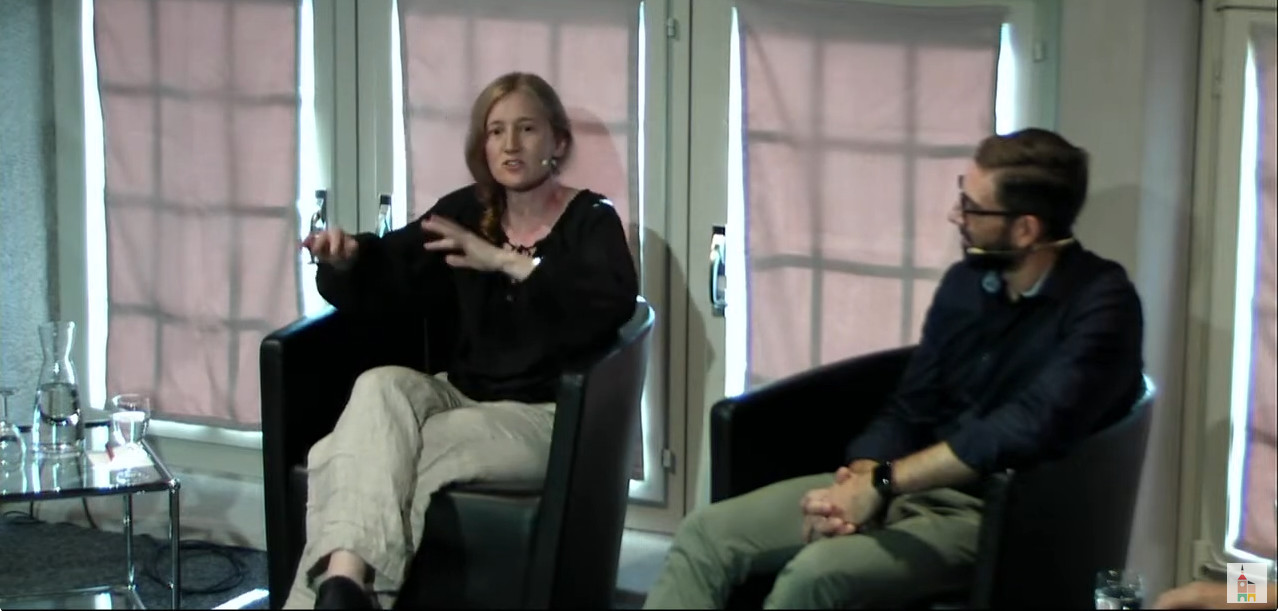
How much time can we devote to our work? How much time for unpaid work in the family and society, for oneself and the social environment? Labour geographer Karin Schwiter took part in a public panel discussion on the four-day week organised by the Polit Forum Bern: "Many people lack time for unpaid work, especially care work, in addition to gainful employment".
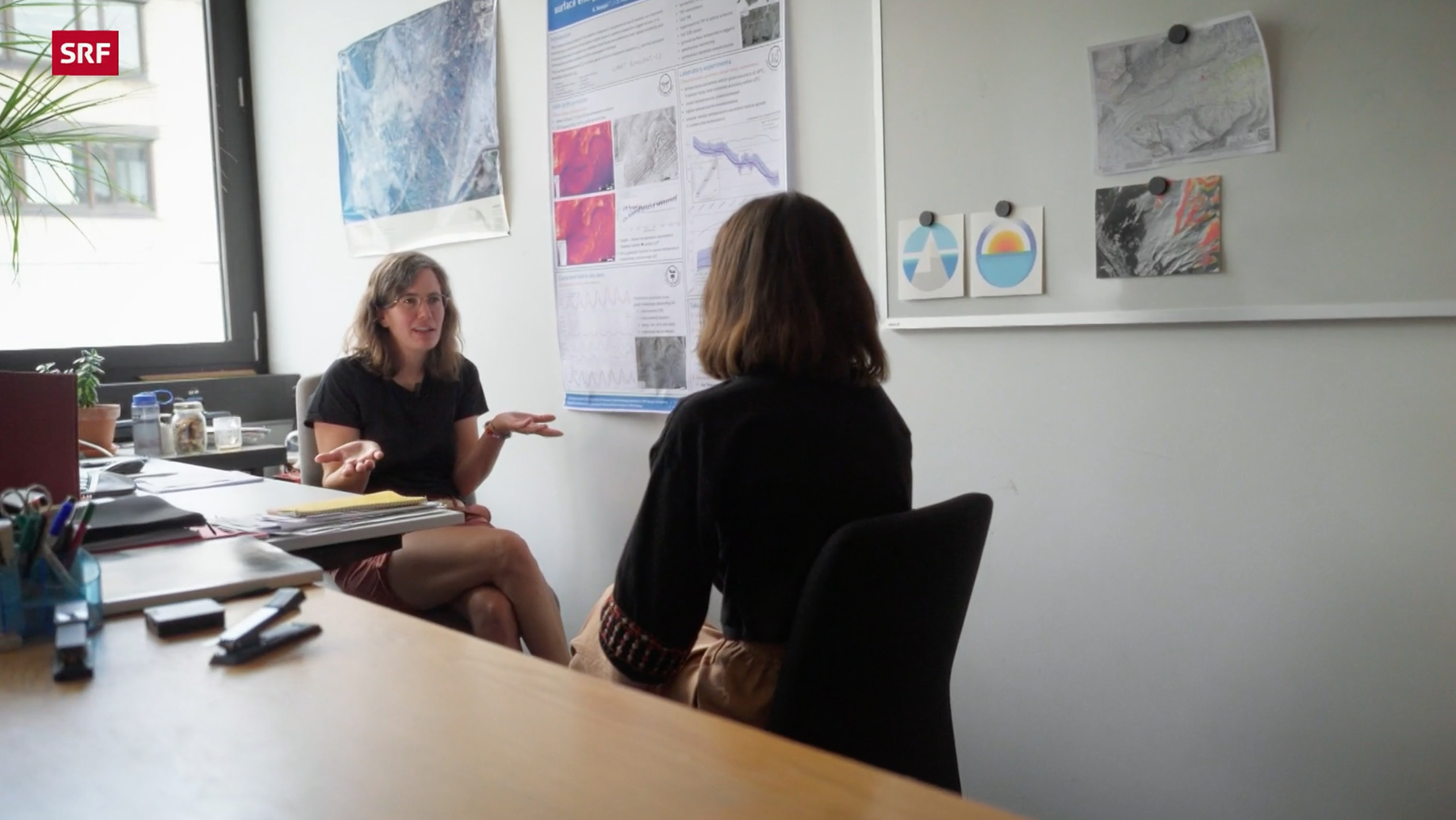
How hard are the consequences of climate change hitting the people in the Swiss mountains? "SRF Impact" report from the Aletsch Glacier with some expert statements by glaciologist Kathrin Nägeli.
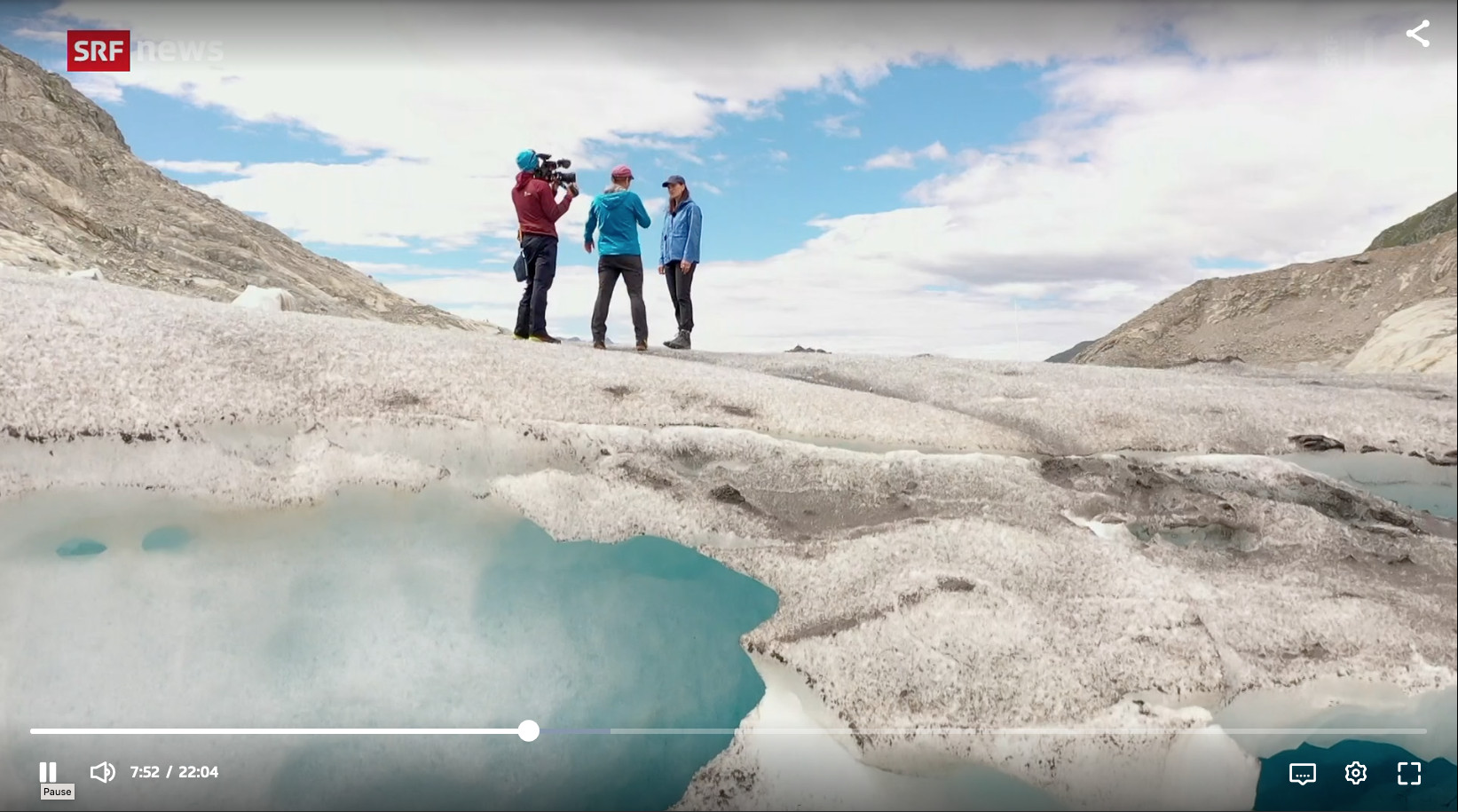
Andreas Linsbauer, a glaciologist at the GIUZ and a member of the Swiss Glacier Monitoring Network (GLAMOS), visited the collapse hole on the Rhone Glacier for a "Schweiz aktuell" report. He explains these traces of the glacier's rapid melting from above and below - and the consequences for the water balance.
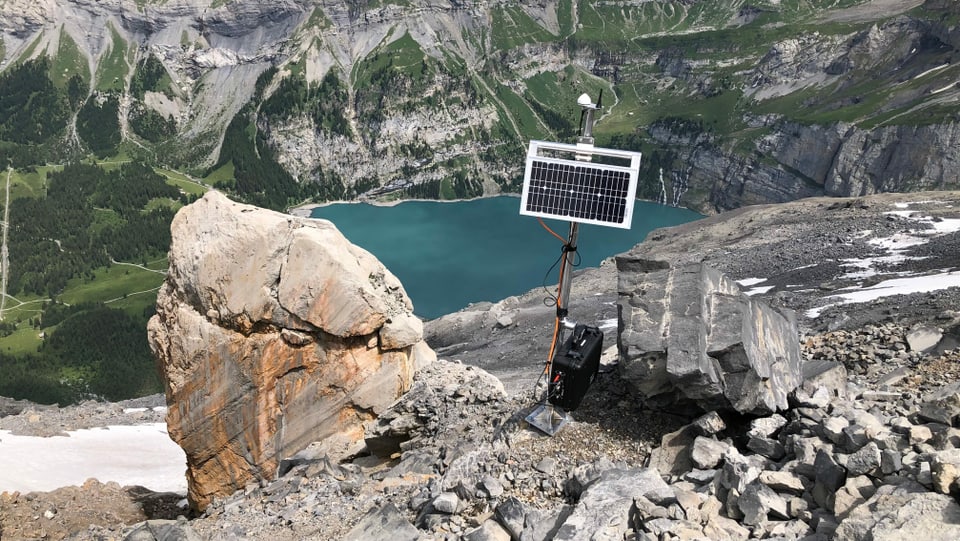
Veruska Muccione researches strategies for adapting to climate change. And she warns against relying on them alone: "Their effectiveness decreases with increasing warming." But conservative politicians are calling for less climate protection and more and better adaptation to the heat.
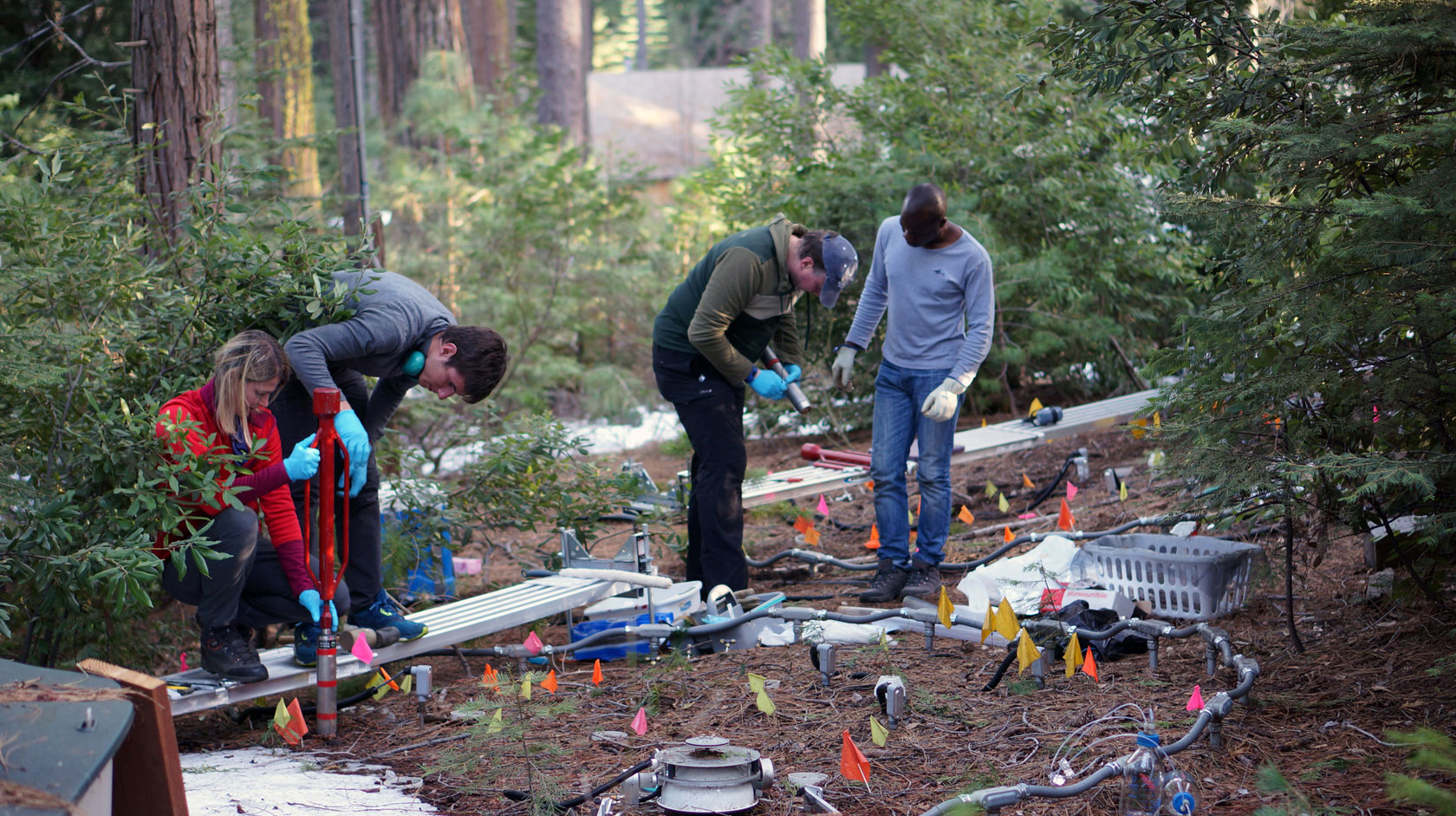
In einem gross angelegten Experiment in der Sierra Nevada hat ein Team um Michael Schmidt die Auswirkungen der Klimaerwämung auf die Böden und ihre Funktion als Speicher für Kohlendioxid untersucht. In der Sendung «alle wetter!» erläutert er, was die Resultate für die Strategien im Kampf gegen die globale Erwärmung bedeuten.
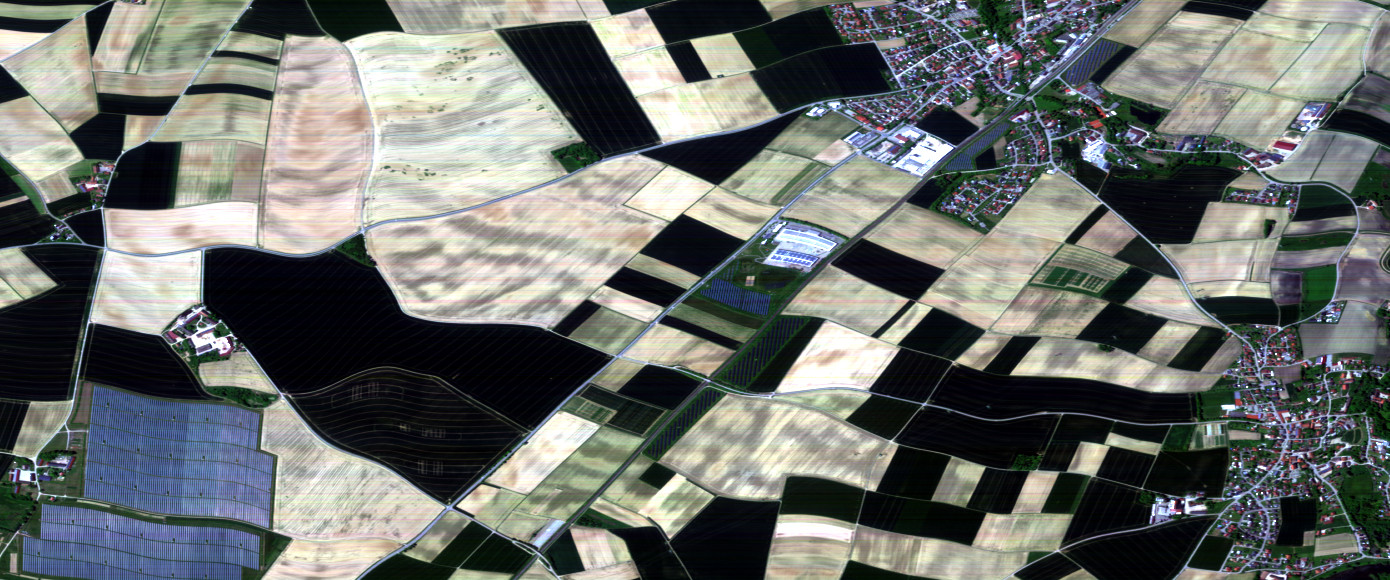
Earth observation plays a crucial role in monitoring efforts to quantify biodiversity decline. Claudia Röösli and Meredith C. Schuman have now formed an International Space Science Institute International Team to leverage earth observation technologies to monitor essential genetic diversity.
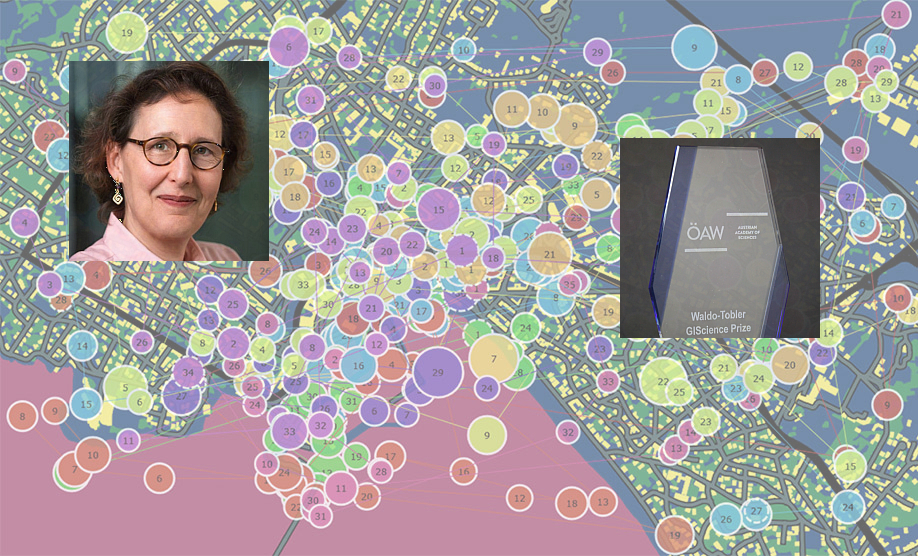
Sara I. Fabrikant receives the Waldo-Tobler GIScience Prize 2023 for her outstanding and sustained contributions to the discipline worthy of inspiring young scientists in Geoinformatics or Geographic Information Science, and for having accomplished significant advances in research and education. Congratulations!
Within the cryosphere cluster of the GreenFjord project, GIUZ researchers investigate processes of glacier calving and iceberg export, as well as the resulting hydro-dynamics and nutrient fluxes in the fjord.

Viele Menschen möchten so lange wie möglich zu Hause leben. Möglich machen das in der Schweiz oft Betreuerinnen aus Osteuropa – nicht selten unter ausbeutenden Bedingungen. Diese Arbeitsmigration sei nicht nachhaltig, sagt Arbeitsgeographin Karin Schwiter und plädiert für eine andere Lösung.
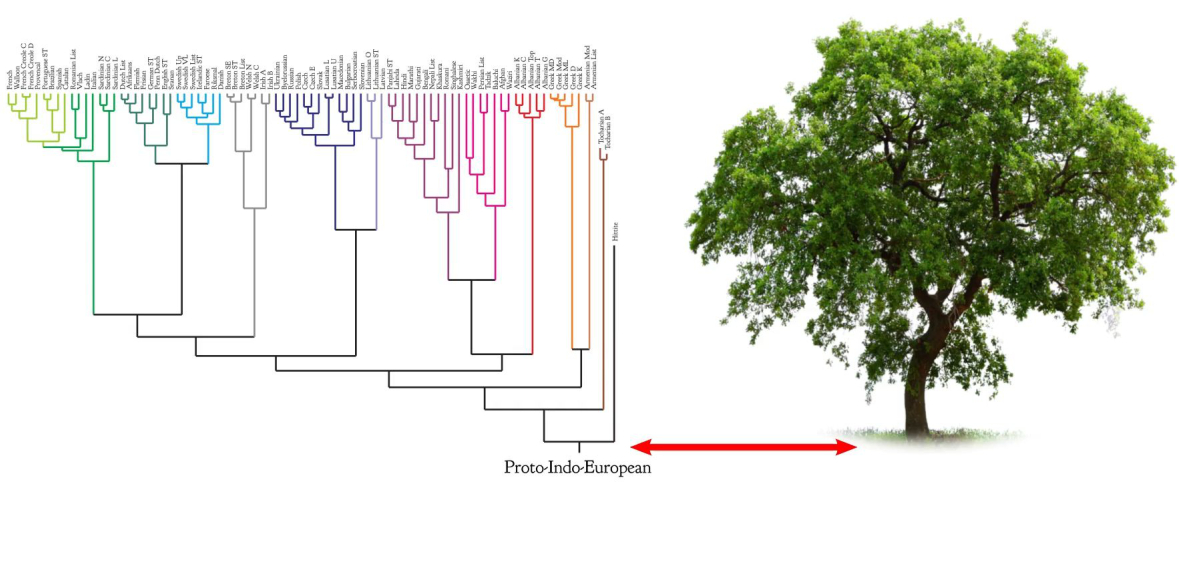
Forschende des nationalen Forschungsschwerpunkts «Evolving Language» zeigen anhand von Stammbäumen auf, wie Sprachen miteinander verwandt sind. Dabei arbeiten Linguist:innen, Genetiker:innen und Geograph:innen eng zusammen: Beitrag in SRF Einstein mit Peter Ranacher (ab Minute 15:27).
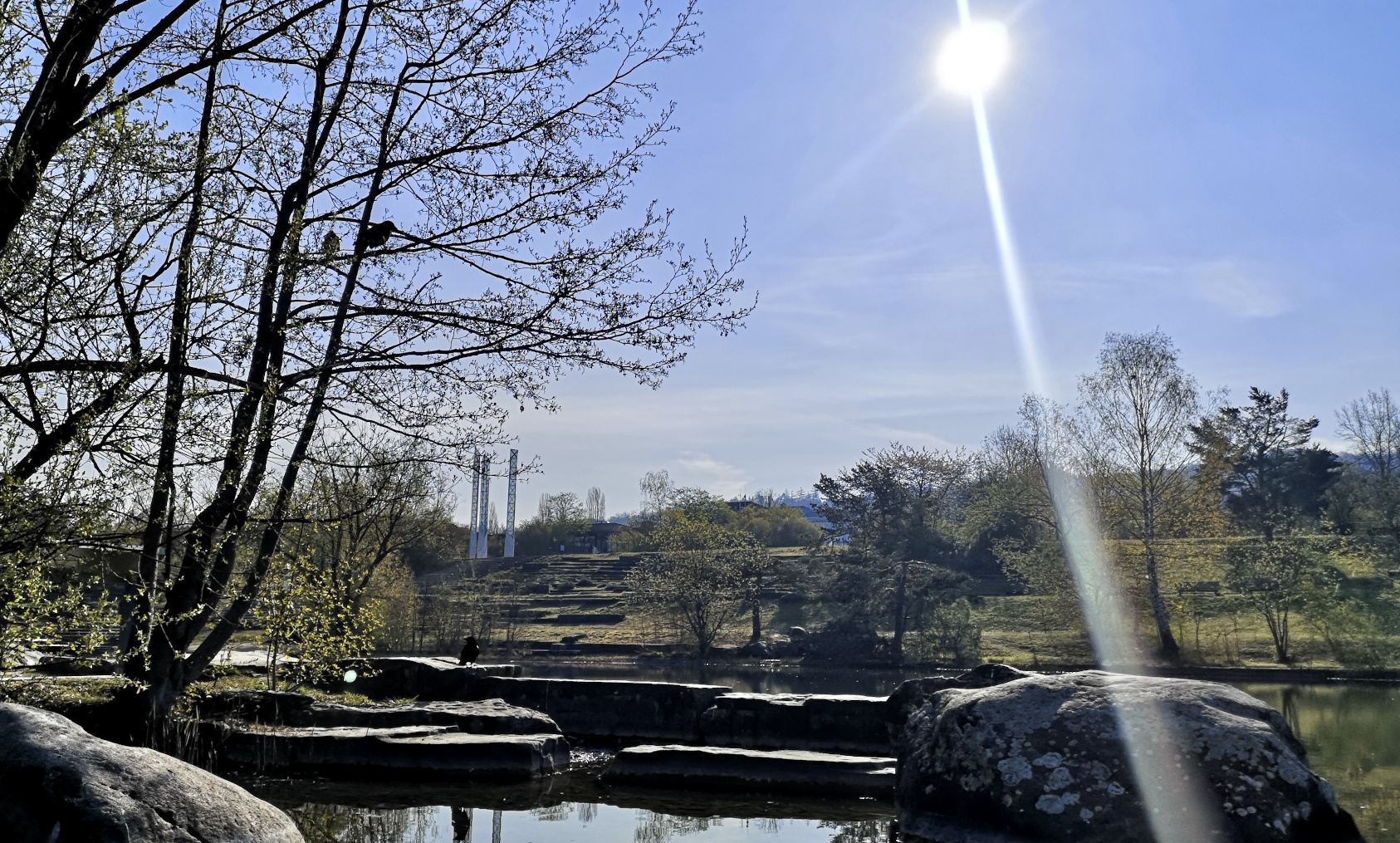
The Department of Geography is pleased to support candidates for the anticipated 2023 SNSF Professorial Fellowships call. We are particularly interested in candidates whose proposed research matches our research priorities in Health Geography and Environmental Justice. Furthermore, we strongly encourage applicants to apply who would add to the diversity of the professorial staff at the Department.

Die Medienberichterstattung über eine Umfrage an der UZH und der ETH Zürich suggerierte, dass viele Frauen, die studieren, kaum Karriereambitionen hätten. Die Arbeitsgeografin und Genderforscherin Karin Schwiter ordnet die Resultate im Gespräch mit Radio SRF ein.
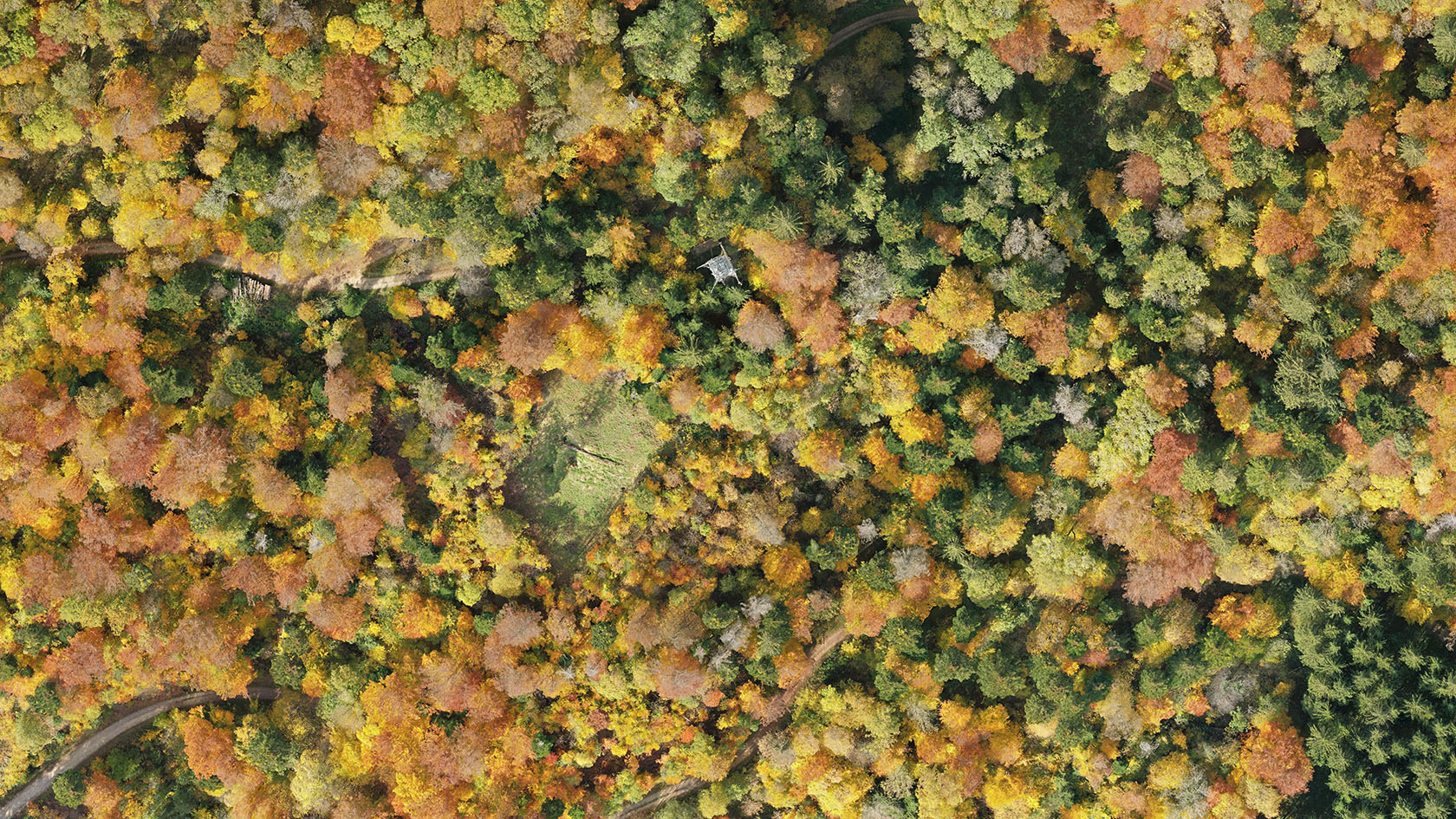
Bunte Mischwälder sind robuster und unter Umständen auch ertragreicher als Monokulturen. Dies zeigt eine neue Studie eines Forscherteams mit GIUZ-Beteiligung.
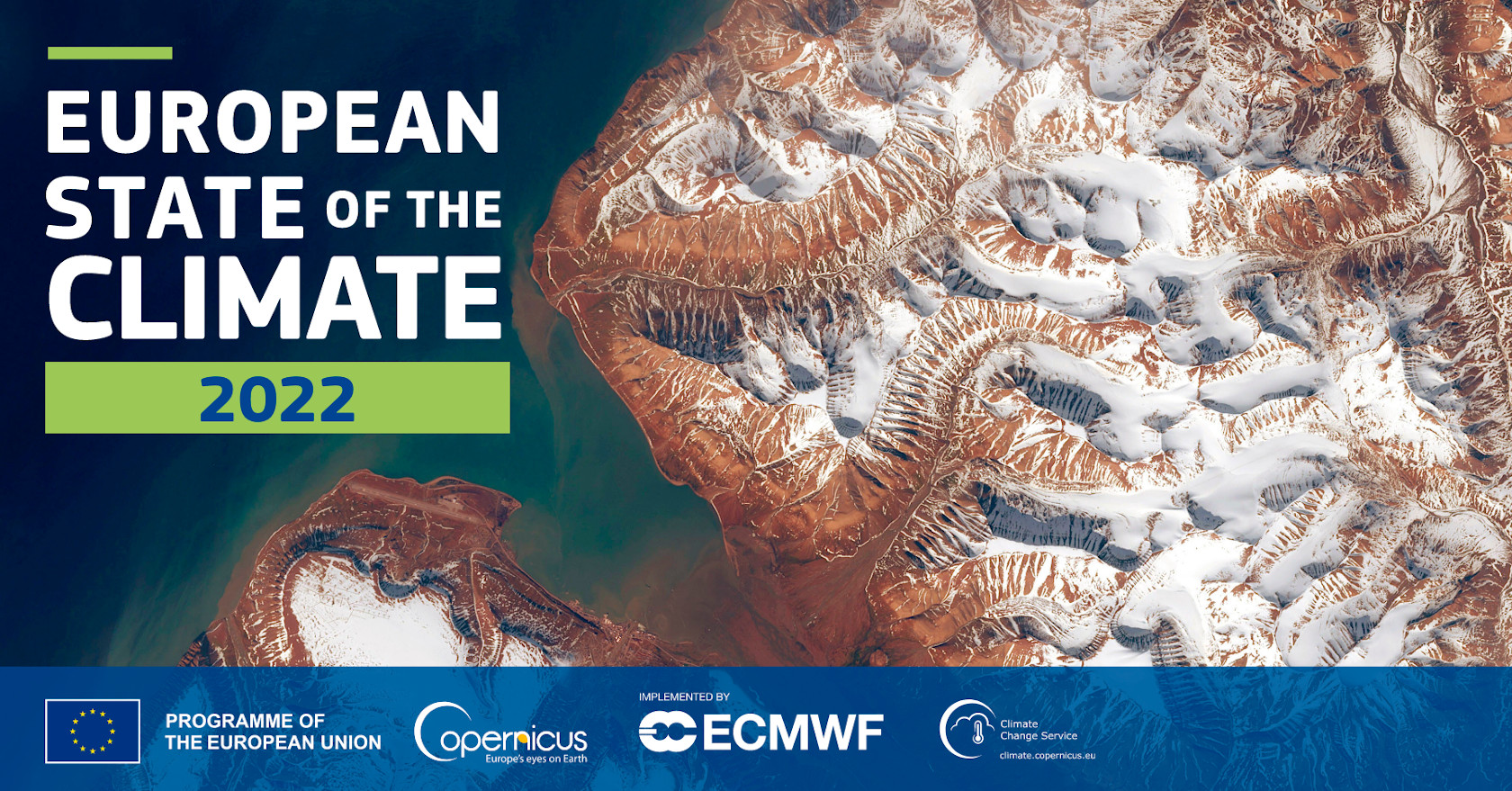
The Copernicus Climate Change Service, on behalf of the European Commission, released the European State of the Climate 2022 report. The World Glacier Monitoring Service (WGMS) - located at the Department of Geography - contributed glacier data and analyses.
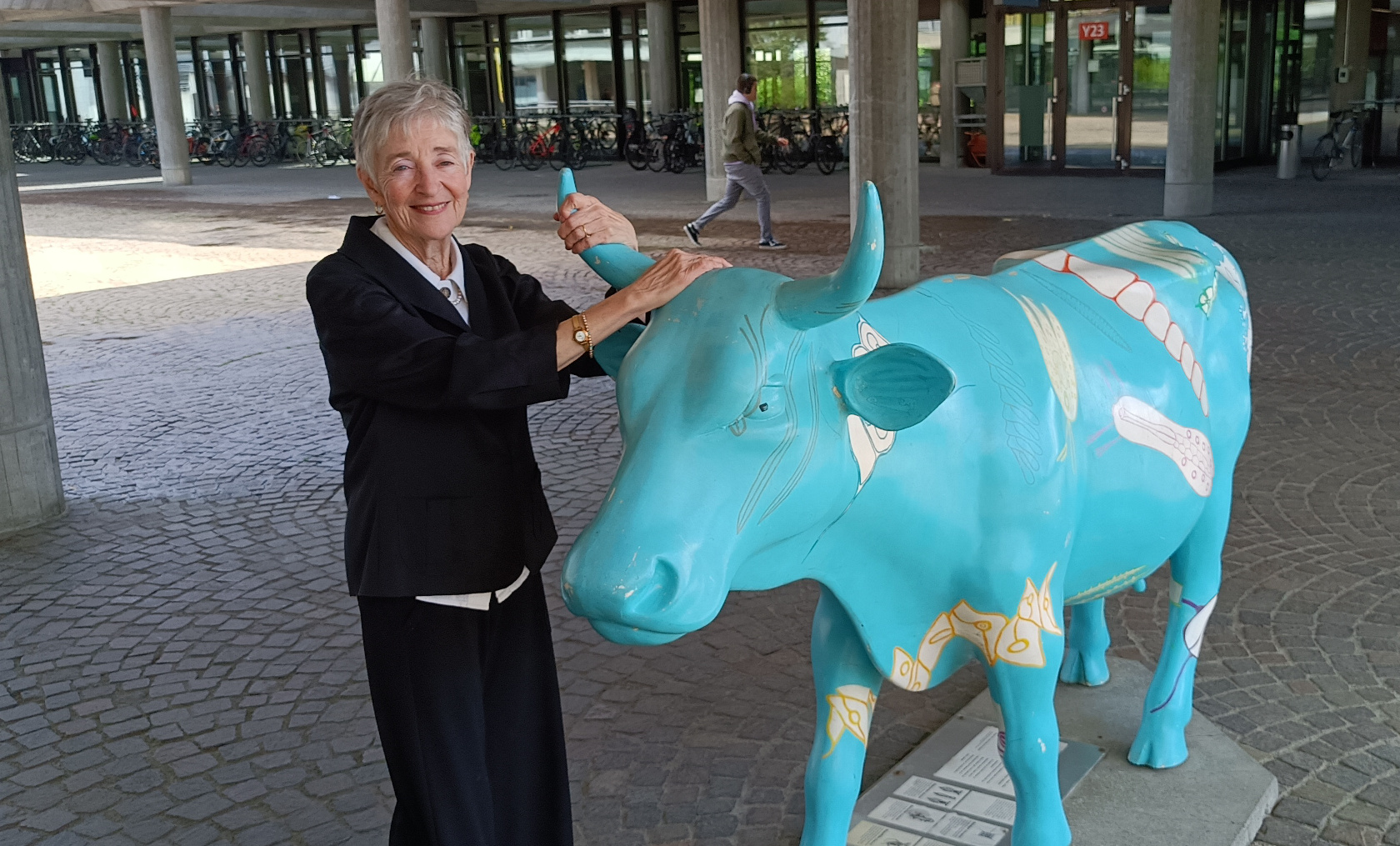
Maude Barlow, activist and co-initiator of the worldwide "Blue Community" movement gave an impressive talk at GIUZ. At the Dies Academicus she received the honorary doctorate of the Faculty of Science in recognition of her commitment to the human right to water and its sustainable use.
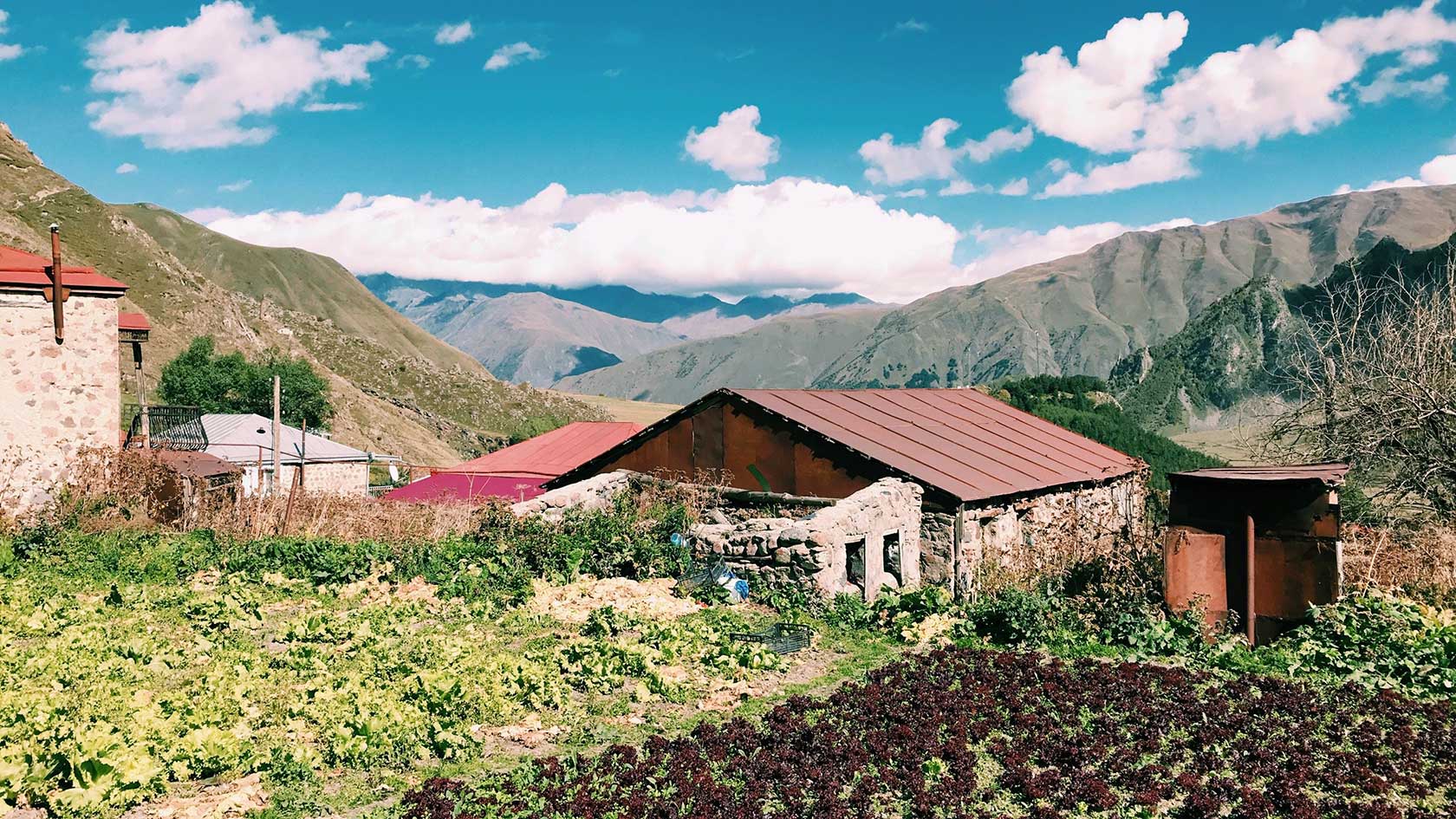
How are mountain regions dealing with migration and climate change? A collaborative seminar at GIUZ and Tbilisi State University explores the challenges faced by both the Alps and the Caucasus region – with the help of a custom-developed app.
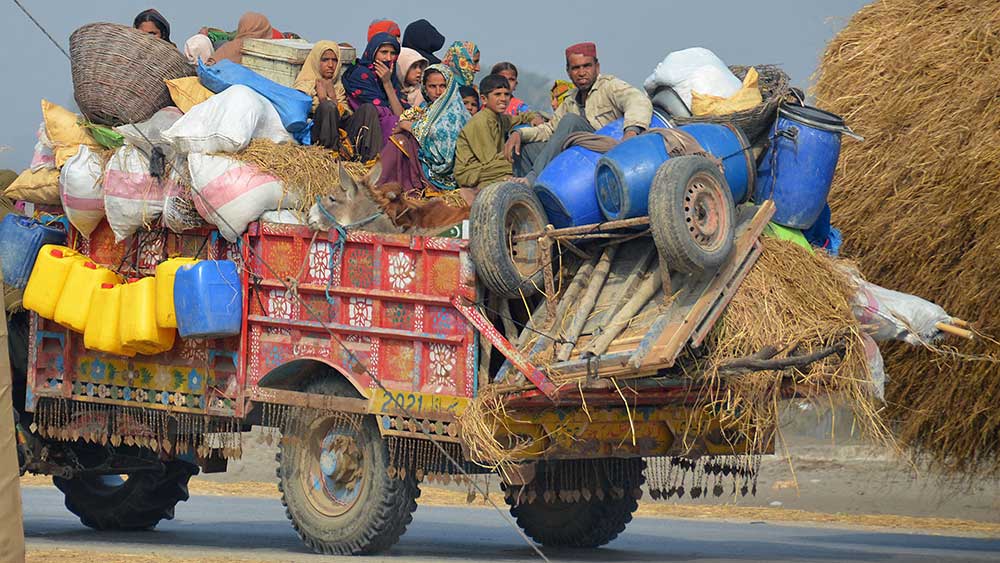
Climate change is expected to become one of the main reasons for migration in the future. And the poorest will be hit hardest. Christian Huggel and Maria J. Santos analyze which regions are particularly under threat and how to best manage mass relocations.
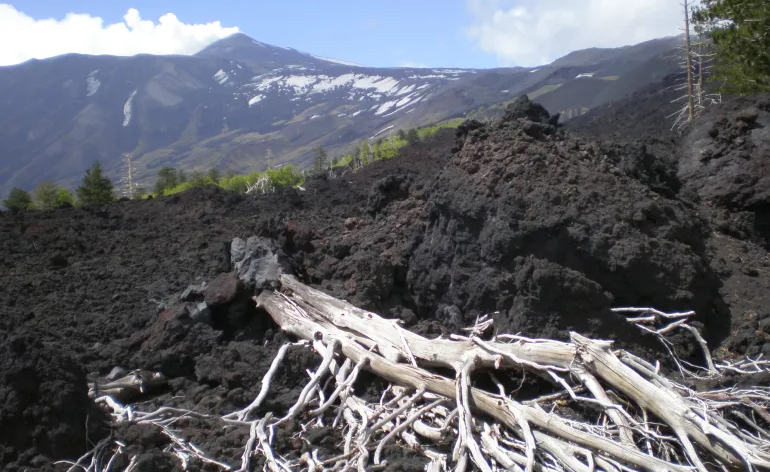
Trees near a fissure through which a magma eruption will later occur use water and carbon from the depths of the volcano. And they accelerate their growth during this phase. An international research team led by Markus Egli and Paolo Cherubini (WSL) was able to prove this by analysing the annual rings and with the help of infrared satellite images on Mount Etna in Sicily.

Zum ersten Mal verlangsamt sich das Bevölkerungswachstum auf unserem Planeten. Wie kommt es dazu? Wie kann man es beeinflussen? Was bedeutet es für die Zukunft unserer Gesellschaft? Antworten gibt u.a. Norman Backhaus im Wissenspodcast «Durchblick».

Die Wohnungskrise sei eine demokratische Krise, sagt Hanna Hilbrandt im Interview mit dem Tagesanzeiger – auch weil die Verdrängung das Zusammenleben von verschiedenen Bevölkerungsgruppen gefährde.
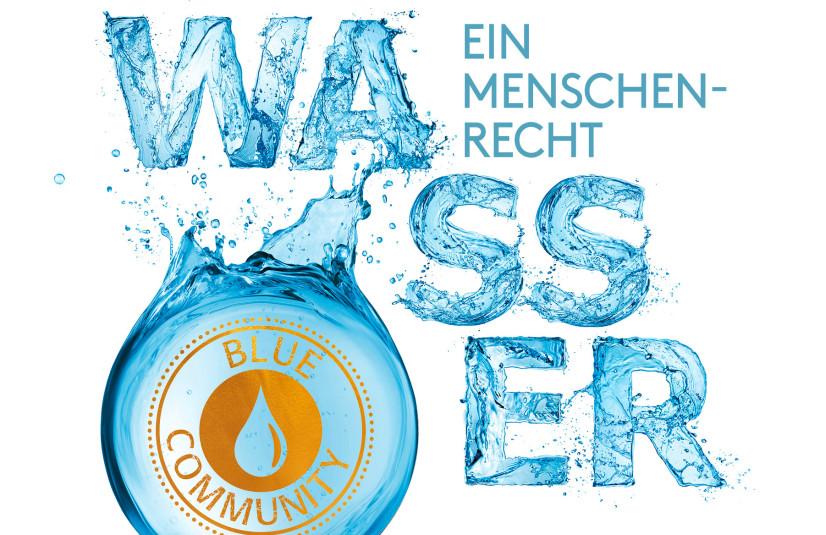
22 March is World Water Day. Every year, the World Water Week takes place around this day. As a Blue Community, the University of Zurich also offers various events.
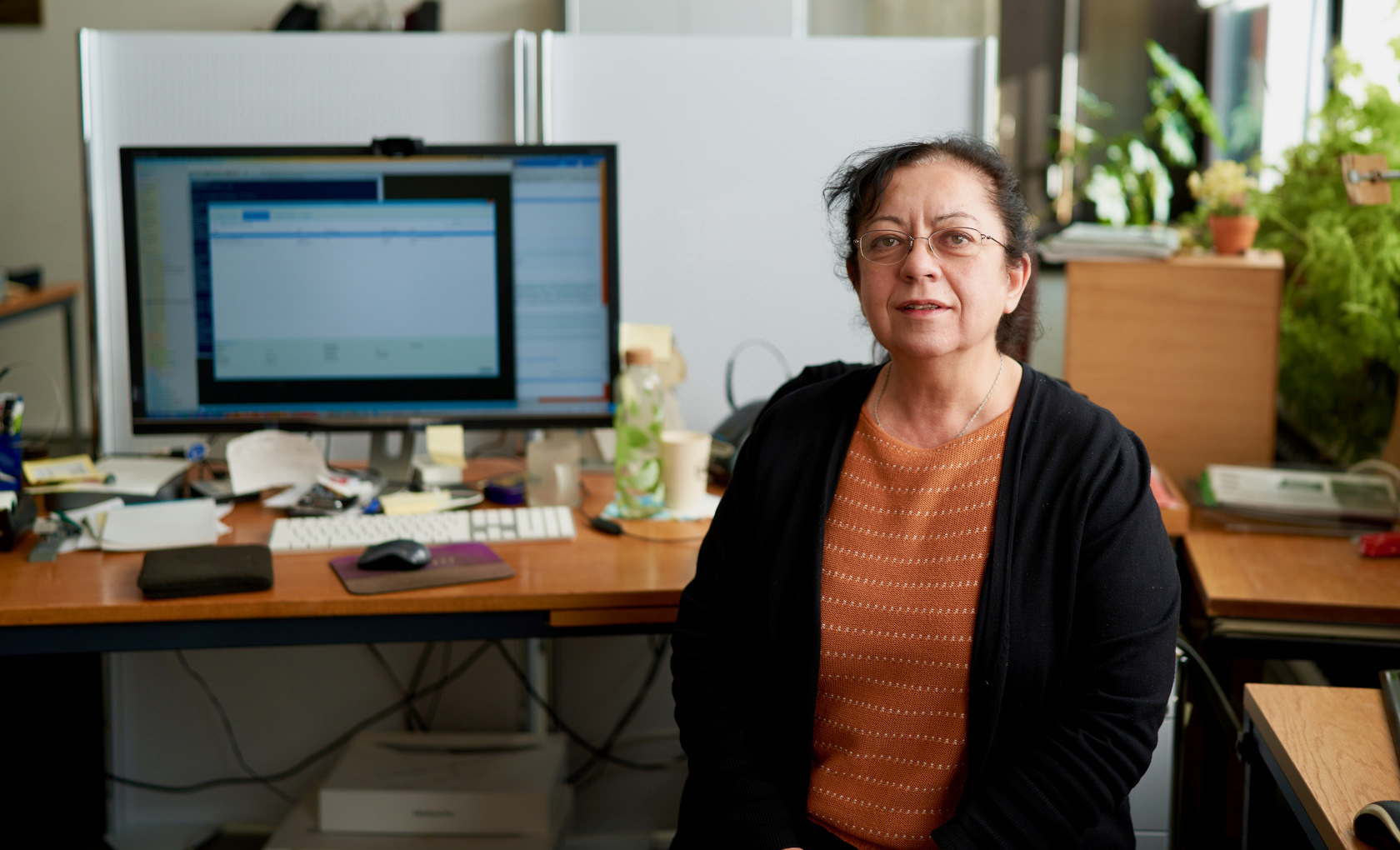
For us users, everything runs smoothly at GIUZ. We have access to our emails and data from anywhere in the world, the IT infrastructure for our courses is up and running. But who is actually behind it? Roya Soleymani Kohler talks about her work as part of the IT team at GIUZ.
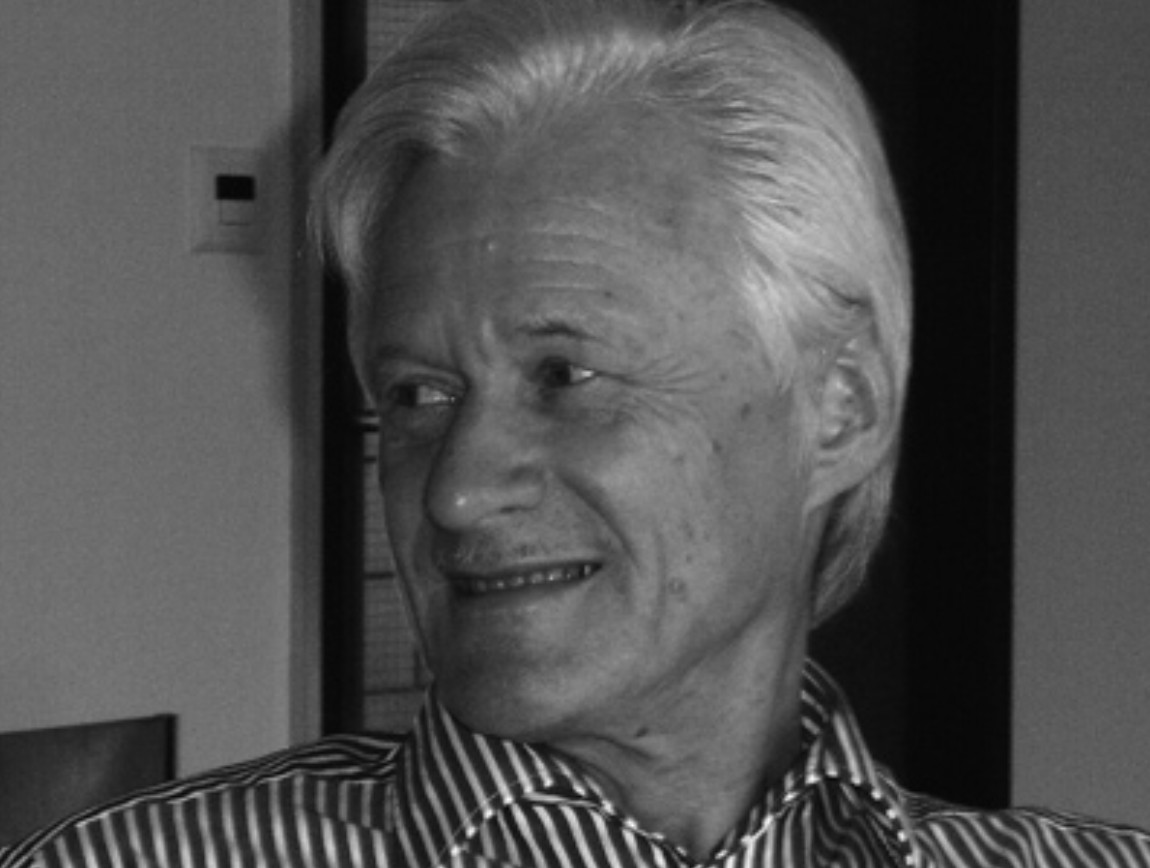
Klaus Itten, emeritus Professor of Remote Sensing, passed away on 26 February 2023 at the age of 79. Klaus studied geography and completed a PhD at GIUZ, and after the retirement of Harold Haefner, became the head of the Remote Sensing Laboratories until his retirement in 2009.
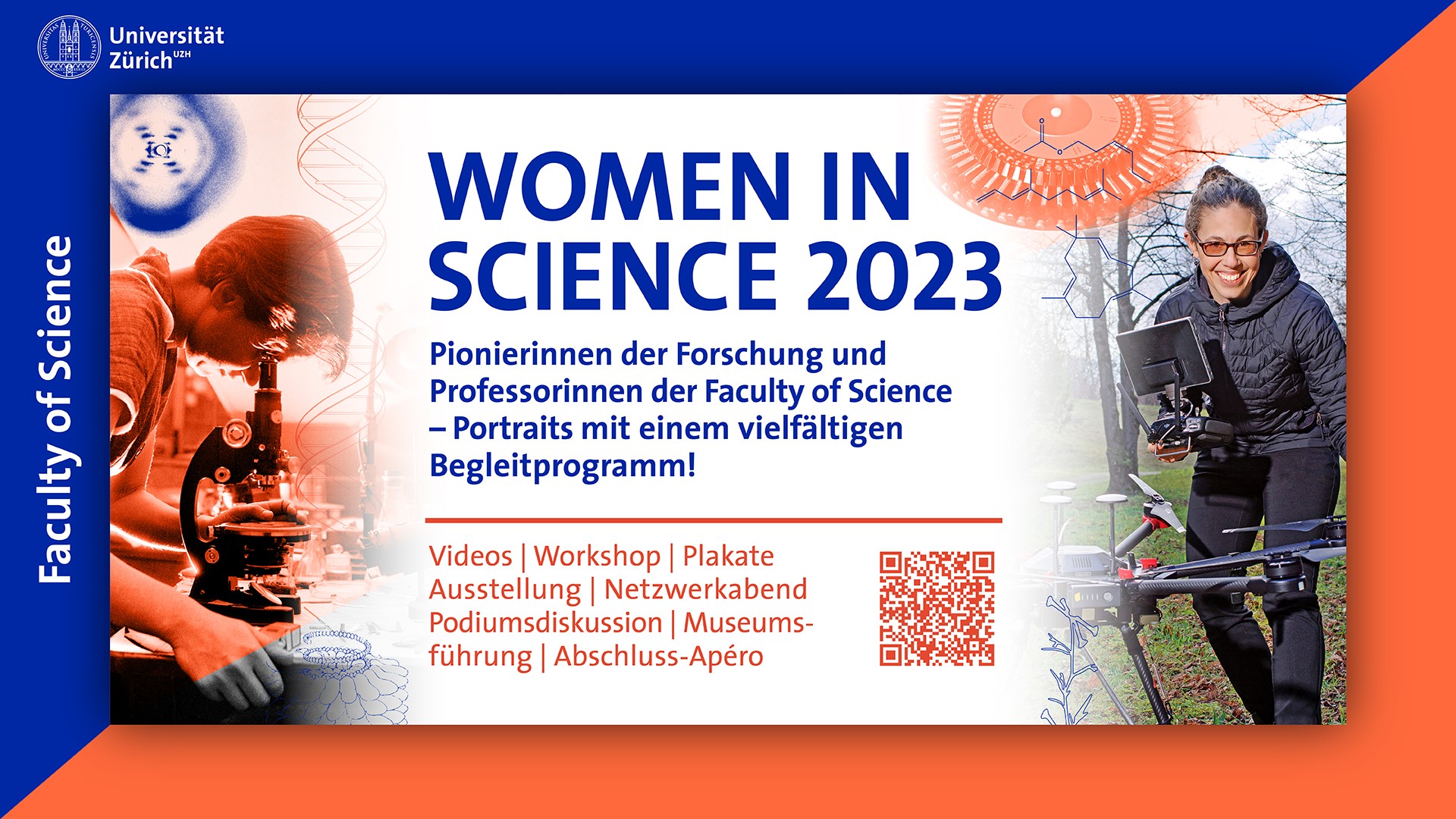
The Faculty of Science has launched a campaign to present women pioneers in research yesterday and today. One of them is Merry Schuman, professor for Spatial Genetics at GIUZ.
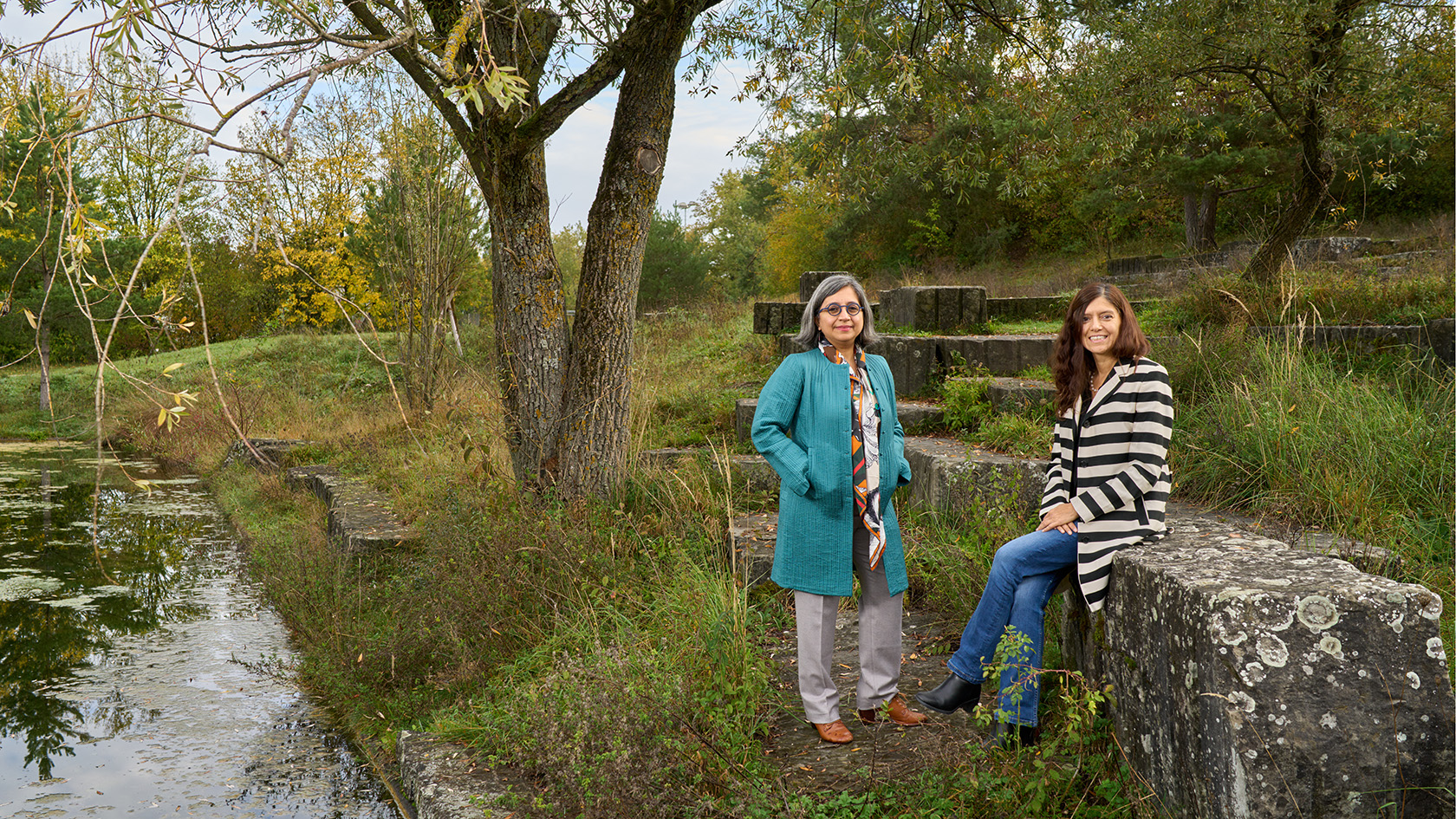
Mit dem Anthropozän, dem Zeitalter des Menschen, soll ein neuer Abschnitt der Erdgeschichte markiert werden. Doch was ist das Anthropozän? Wann beginnt es? Und wie zeichnet es sich aus? Ein Gespräch mit der Erdsystemwissenschaftlerin Maria J. Santos und der Historikerin Debjani Bhattacharyya.
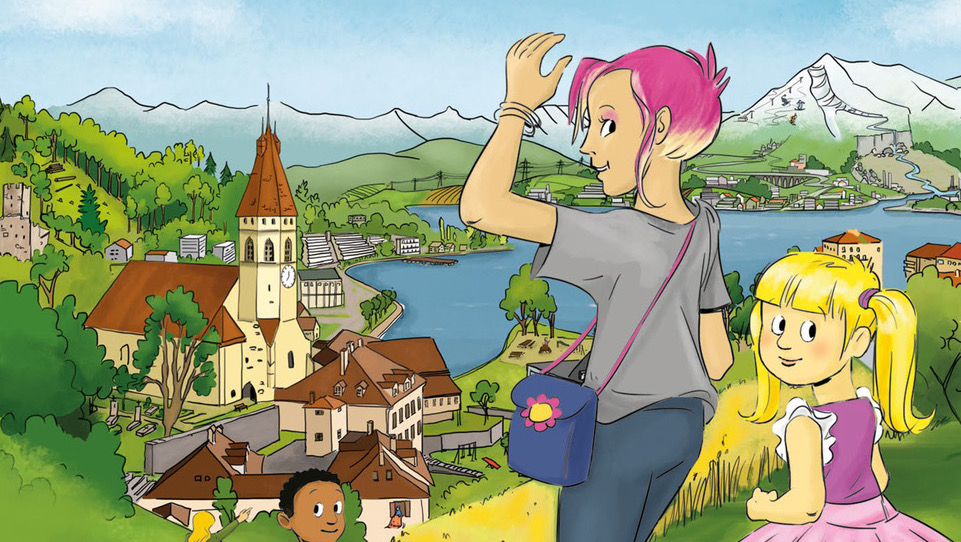
Das Bilderbuch «Ich entdecke Landschaften» sensibilisiert für das Allgemeingut «Landschaft». Erarbeitet wurde es von einer Projektgruppe bestehend aus Fachpersonen der Pädagogischen Hochschulen Zürich und Waadt, der Universitäten Zürich und Lausanne und von éducation21.
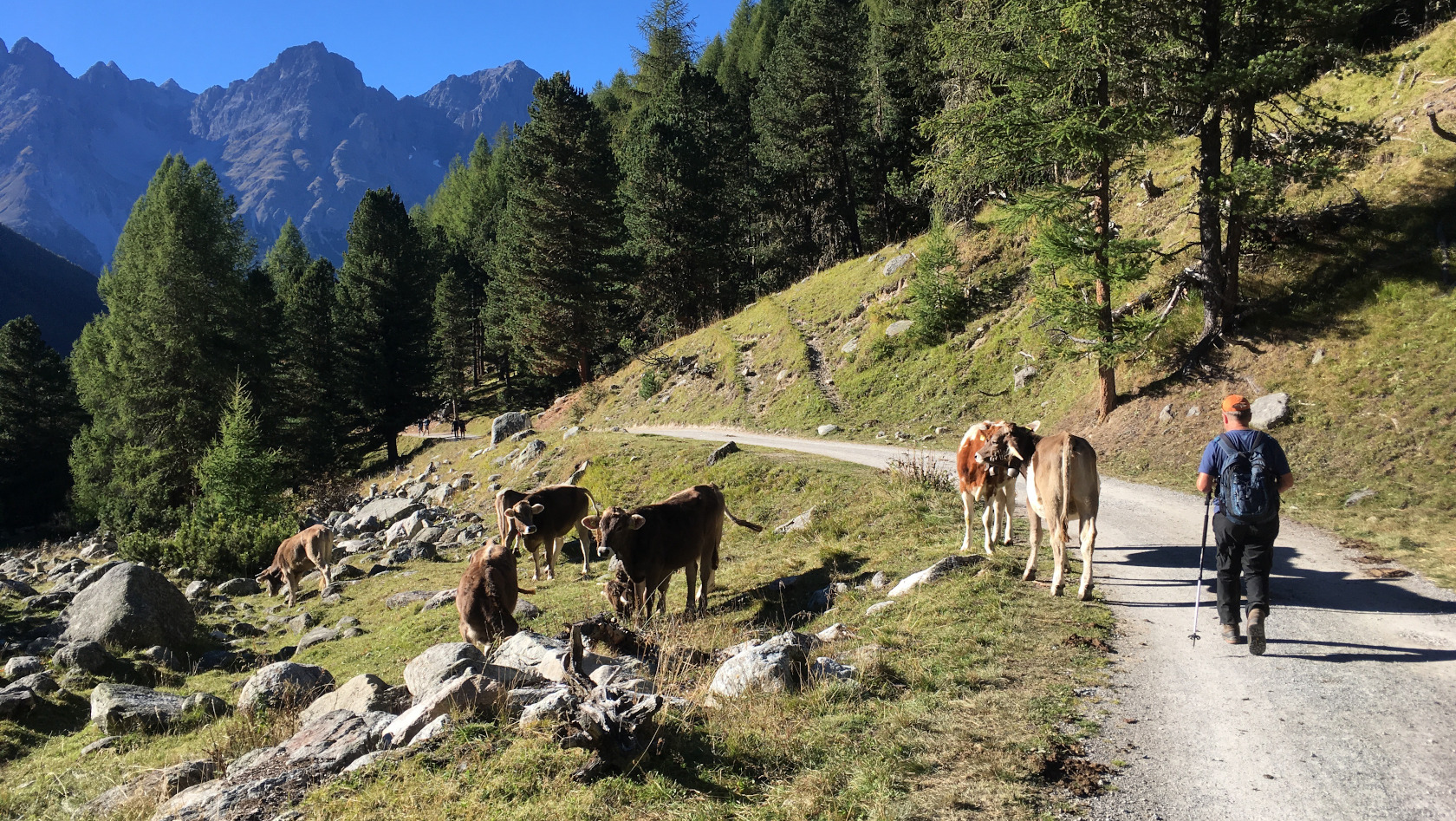
What are the values on which our relationship with nature is based? The environmental social scientist Mollie Chapman resarches together with the environmental ethicist Anna Deplazes Zemp the relationship between humans and nature.
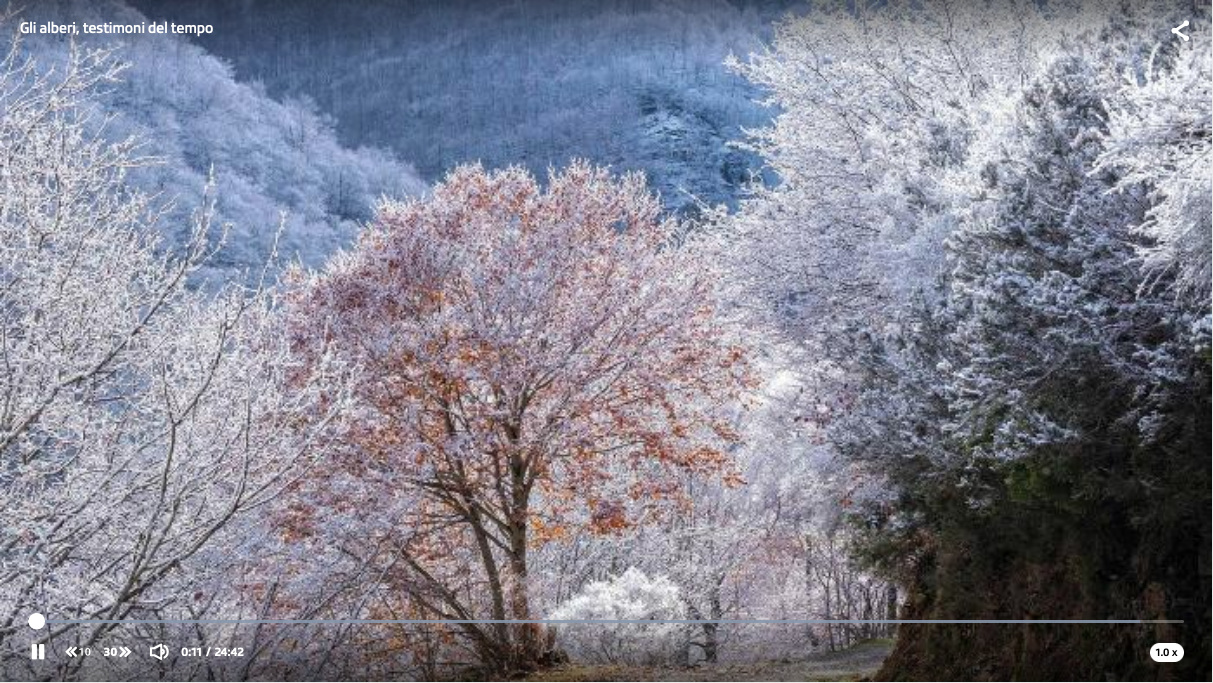
Trees can deposit pollutants in their tissues over decades and centuries, becoming witnesses to environmental pollution. In an interview with RSI, Paula Ballikaya and Paolo Cherubini explain what dendrochronology tells us about the environment and human history.

Have you ever asked yourself why the dust on your desk or the dirty spots on your office floor have disappeared? Who is responsible for the clean toilets and the shiny stairs?
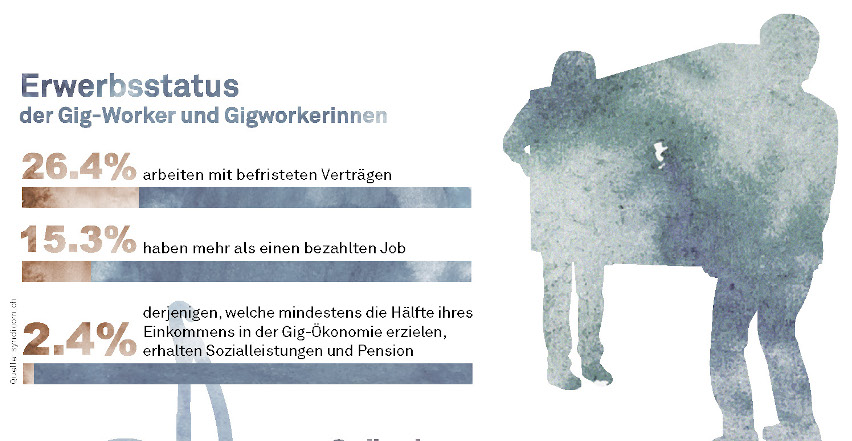
Immer mehr Menschen bieten ihre Arbeit auf digitalen Plattformen an. Viele dieser Plattformen wollen jedoch partout keine Verantwortung als Arbeitgebende übernehmen. Karin Schwiter erforscht dieses noch junge Phänomen.

What can tweets reveal about our mental health? Oliver Grübner explored this question with two colleagues from different disciplines and faculties. Together they have now won the UZH Postdoc Team Award.

Zwei Forscherinnen des GIUZ gewinnen aus der Lichtreflexion von Blättern Erkenntnisse zu Artenvielfalt und Eigenschaften von Pflanzen. Die Auswertung solcher Spektraldaten revolutioniert nicht nur die Art, wie wir Ökosysteme untersuchen, sondern ermöglicht es auch, diese besser zu schützen.
Warum die Gründung von Schutzgebieten häufig schwierig ist, erklärt Annina Michel im Gespräch mit der NZZ. Sie hat vor einigen Jahren das Projekt zu Errichtung des «Parc Adula» mit Beobachtungen, Interviews und Umfragen begleitet.
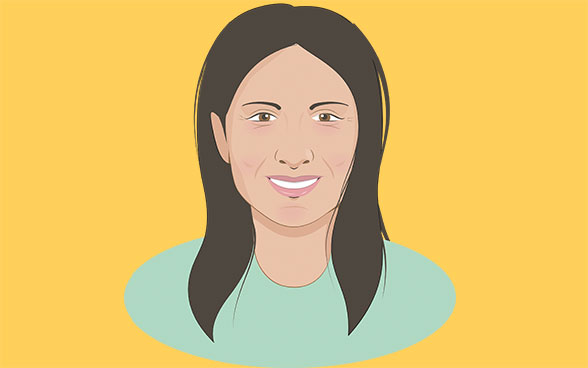
Veruska Muccione, Klimawissenschaftlerin an der UZH und Leitautorin des sechsten UNO-Klimaberichts, spricht über die Folgen des Klimawandels in der Schweiz, mangelndes Problembewusstsein und darüber, was sie trotz allem hoffnungsvoll macht.
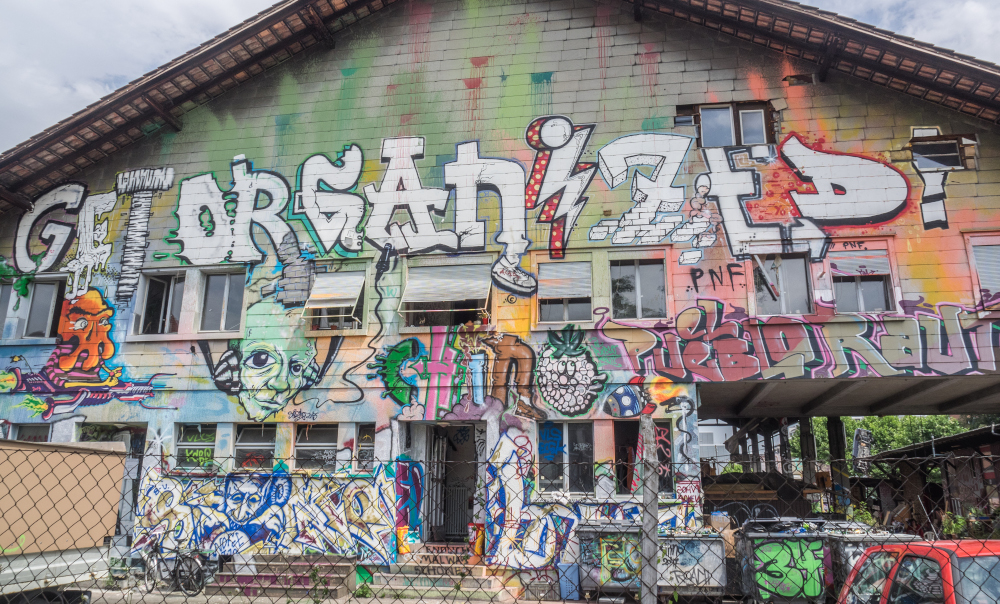
Hausbesetzungen sorgen in Zürich immer wieder für Schlagzeilen. Zwischennutzungen werden als Alternative angeboten. Doch sie würden das Problem der allmählichen Verdrängung von alternativen Kulturräumen nicht lösen, sagt Stadtforscherin Ifigeneia Dimitrakou im Interview.
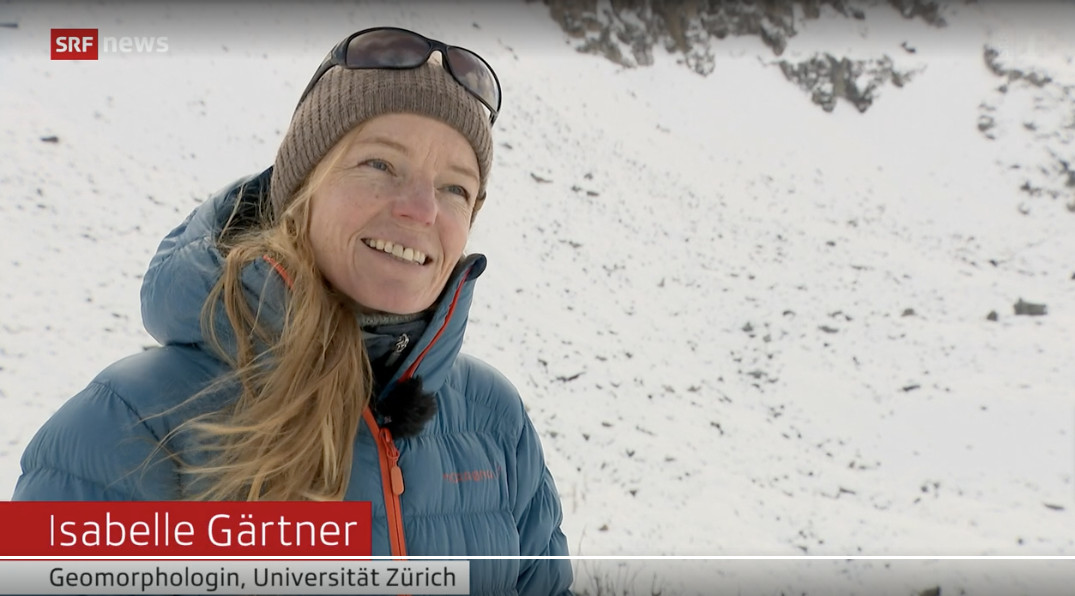
Die Engadiner Blockgletscher sind neu geologisches Welterbe und damit eine von 100 erdwissenschaftlich besonders bedeutsamen Stätten. «Das ist eine Auszeichnung für alle, die an Blockgletschern arbeiten», sagte Isabelle Gärtner-Roer in der SRF Tagesschau.
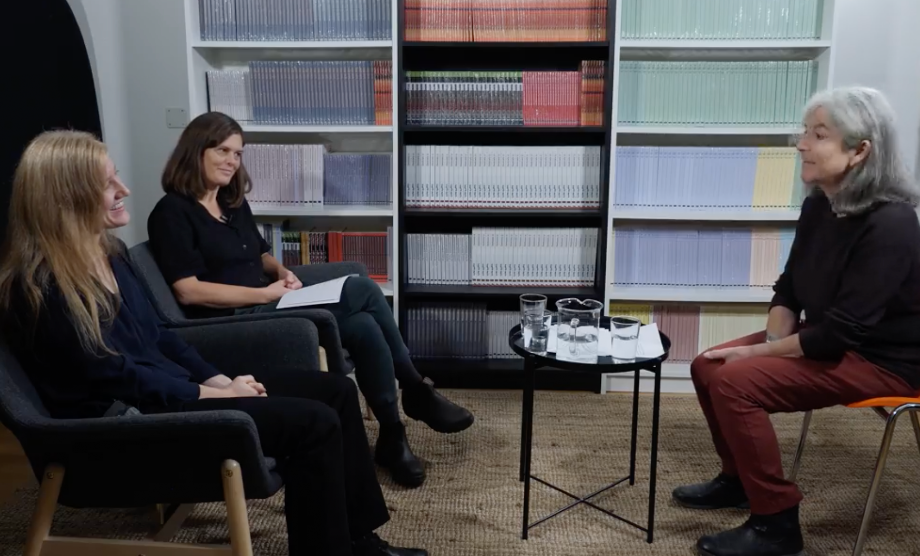
Migrantinnen aus Zentral- und Osteuropa arbeiten als Betreuerinnen älterer Menschen in Privathaushalten. Für den Think Tank «Denknetz» spricht Karin Schwiter zusammen mit Sarah Schilliger in einem Videopodcast über ihre Forschung.
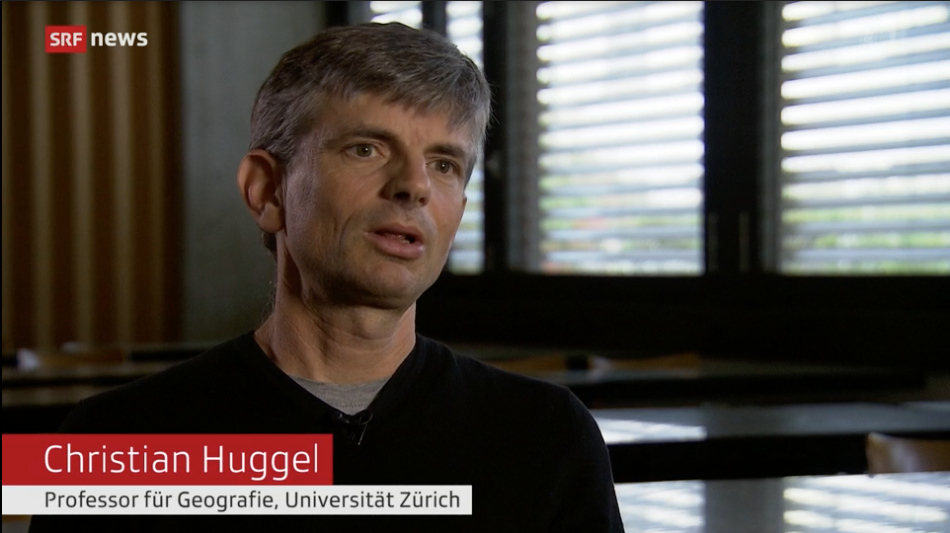
«Loss and damage», also Verluste und Schäden stehen im Zentrum der 27. UNO-Klimakonferenz. Werden sich die Industrienationen grosszügig zeigen? Die Mutter aller Probleme der COP sei die Gerechtigkeit, sagt Christian Huggel im Gespräch mit SRF News.
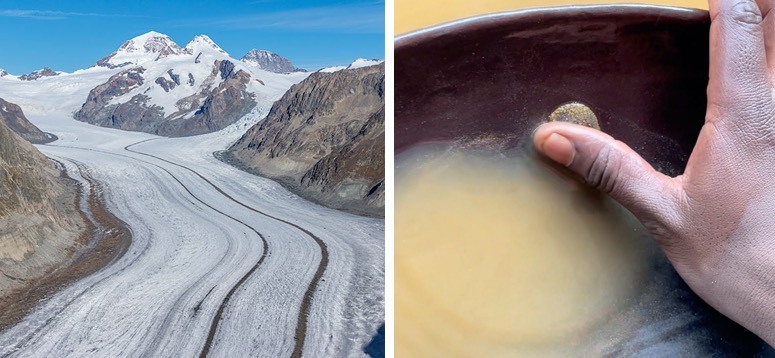
GIUZ is represented with several events and exhibitions at this week-long festival showcasing Zurich in science, technology, art and lifestyle across Berlin.

Höhenflug, Alpenblühn und Hitzeglocke: Lernende der Fachklasse Grafik Luzern haben in einem Kooperationsprojekt mit dem Geographischen Institut Fakten und Prognosen zum Klimawandel als populär verständliche Bilder inszeniert. Am 2. November wurden sie auf dem Campus Irchel präsentiert.
100 geological sites from around the world are recognized as a reference for their impact in understanding the Earth and its history. One of these are the Engadine rockglaciers. The Department of Geography has a long tradition of research there.

We mourn the loss of our esteemed former colleague Prof. Harold Haefner. He passed away on 10 October 2022 at the age of 89.
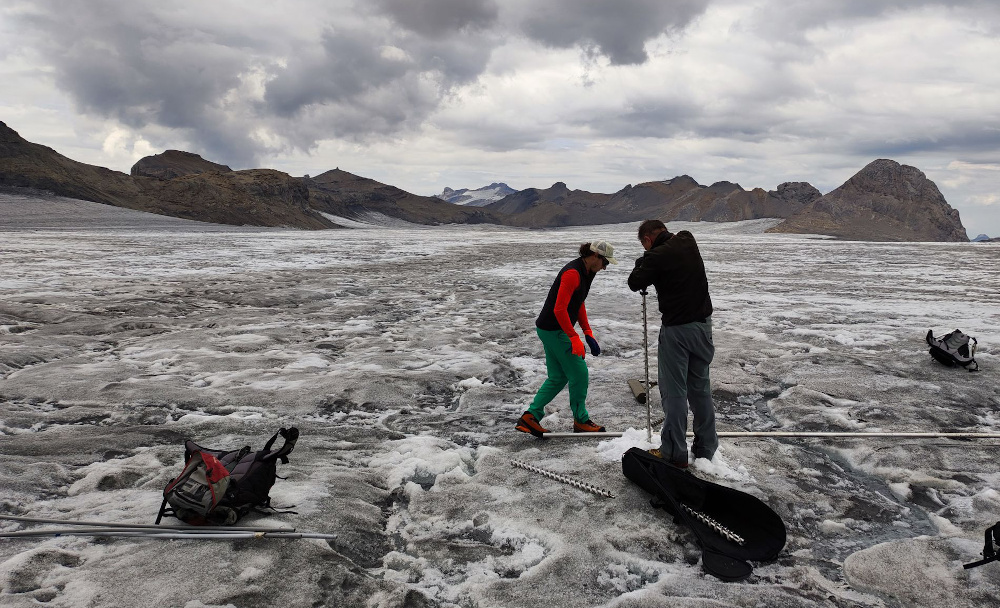
2022 was a disastrous year for Swiss glaciers: all ice melt records were smashed by the great dearth of snow in winter and continuous heatwaves in summer. More than 6 percent of the ice volume was lost, reports the Swiss Glacier Monitoring Network (GLAMOS), in which UZH is also involved.
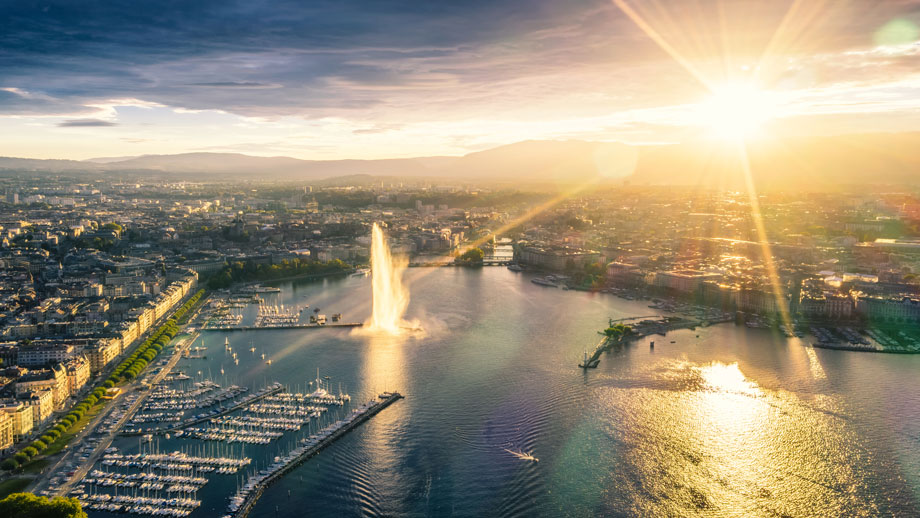
Hot days followed by sweltering nights without any temperature relief in between might become a new norm towards the end of the 21st century. Researchers from the Department of Geography have analyzed the frequency, intensity and length of such extreme events for five Swiss cities.
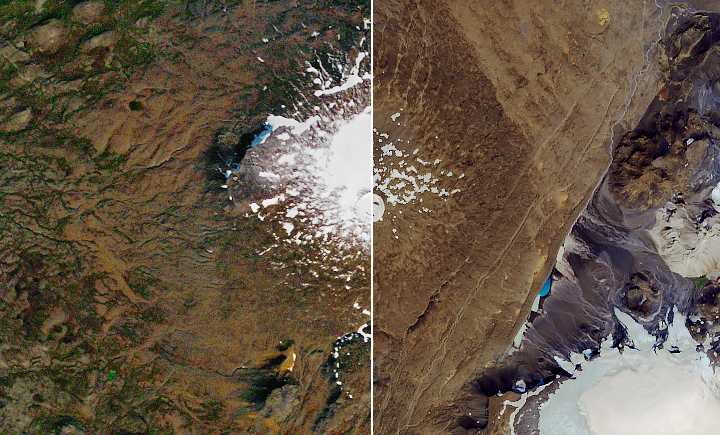
Ok-Jökull ist der erste isländische Gletscher, der seinen Status als Gletscher verloren hat. Ähnlich sieht es an vielen anderen Orten aus. «Wir verlieren zur Zeit massiv an Eis, im Moment rund dreimal die Alpenvergletscherung - und das jedes Jahr», sagt Michael Zemp, Leiter des WGMS.
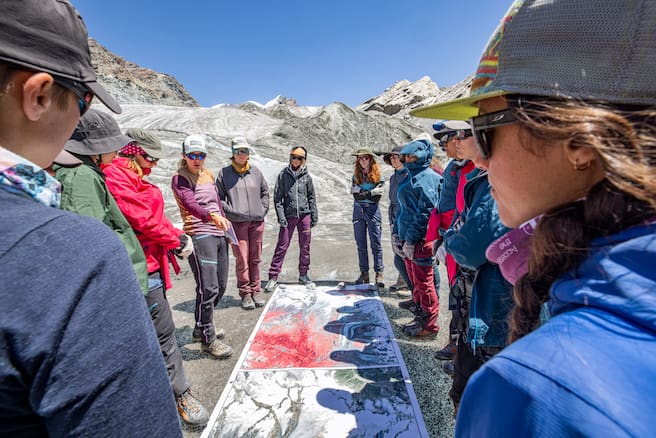
Girls on Ice Switzerland bringt junge Frauen eine Woche ins ewige Eis – und ermöglicht ihnen einen Einblick in die Welt der Glaziologie. Mehrere GIUZ-Forscherinnen sind an diesem einzigartigen Programm beteiligt.
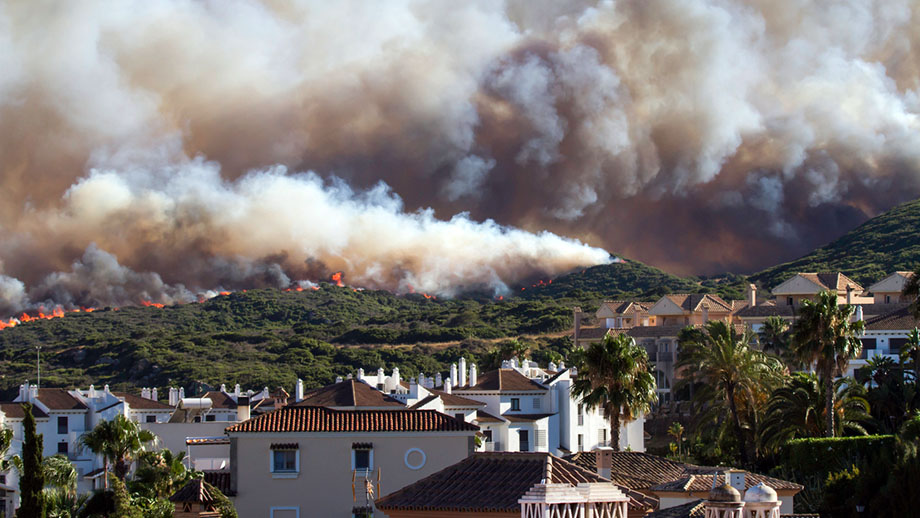
Simultaneous extreme heat and drought events have consequences in a variety of areas – for example the economy, health and food production. In addition, due to complex socio-economic connections, such extreme events can cause knock-on effects, researchers at the Departement of Geography have shown. More systematic risk assessments are needed to make affected regions more resilient.

Der Krieg in der Ukraine lässt viele andere Krisen in der Welt in den Hintergrund rücken. Zum Beispiel die Proteste in Sri Lanka. Benedikt Korf, Politische Geographie, nimmt dazu in Medienbeiträgen Stellung.
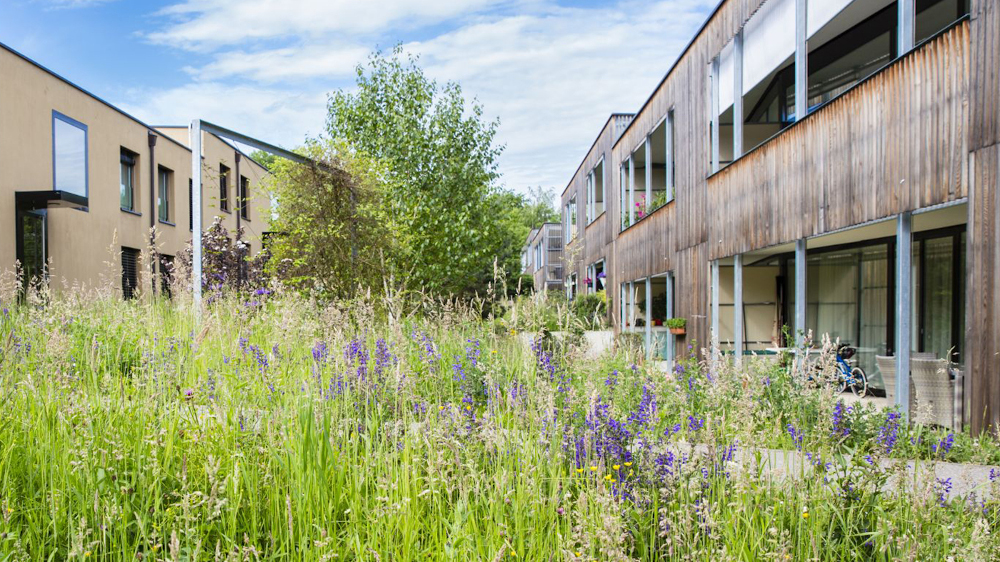
Am World Biodiversity Forum in Davos geht es darum, wie der Artenverlust gebremst und Ökosysteme geschützt werden können. Die von der UZH organisierte internationale Konferenz will zum Handeln anregen und bringt Forschung und Praxis zusammen.
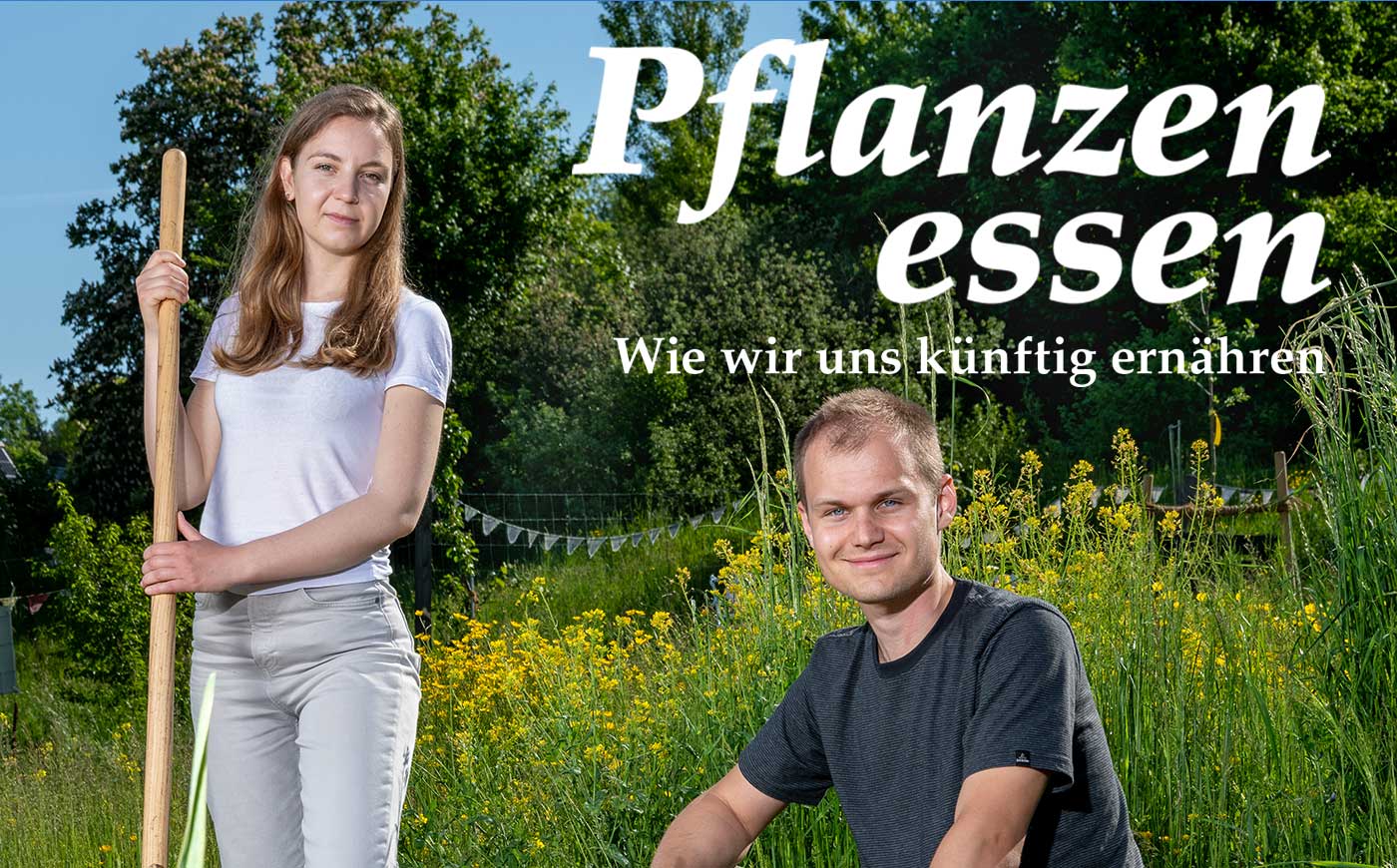
Students and researchers at UZH are exploring sustainable agriculture and the future of food, from growing our own greens to farming with biodiversity in mind.

Order fresh and local produce from Birchhof and pick it up right here on Irchel Campus!
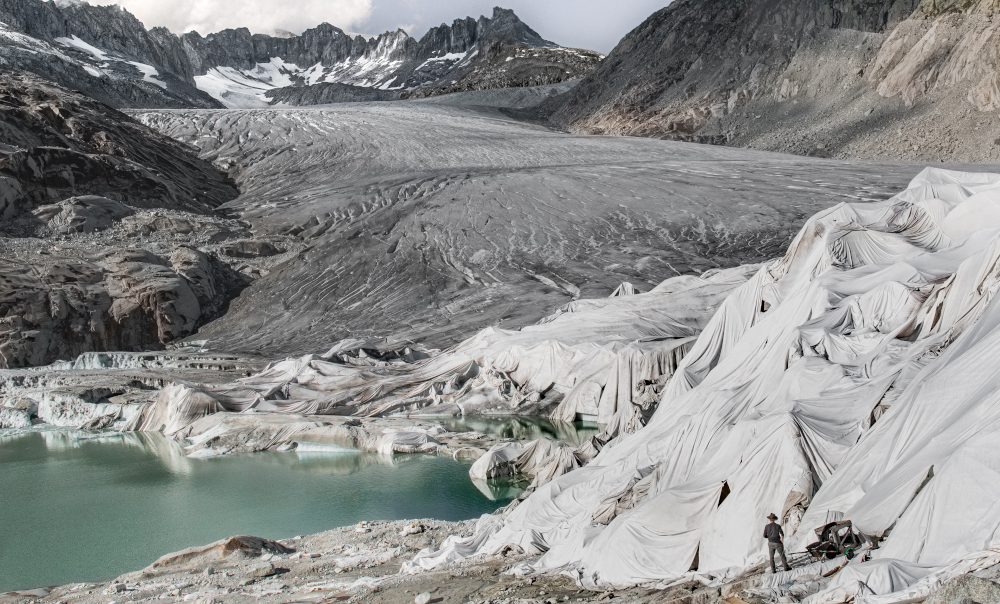
The SNSF Scientific Image Competition 2022 casts an unconventional light on research conducted in Switzerland. One of the winning images is by Stephan Hochleitner, a postdoc in Political Geography.
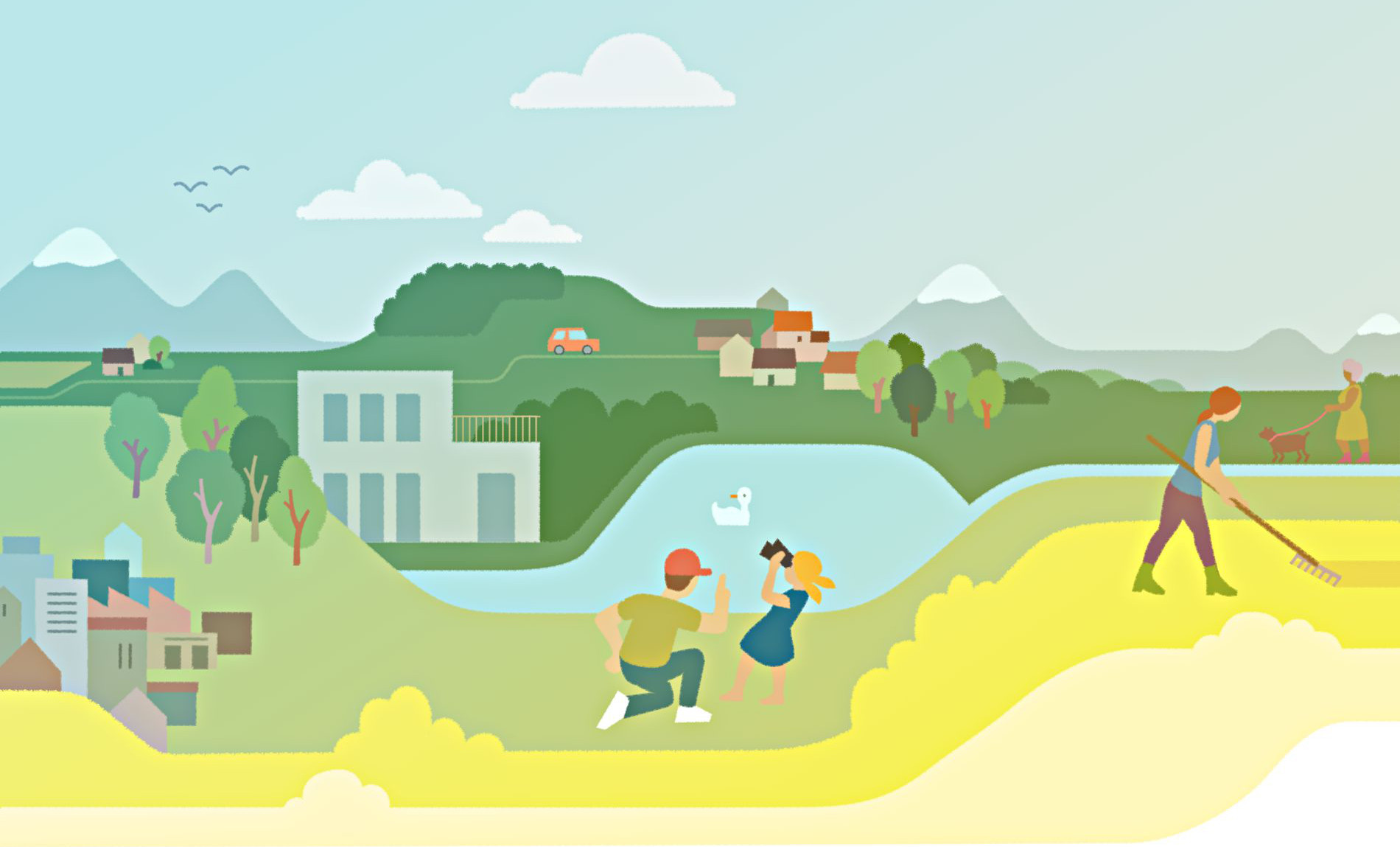
Differing landscape perceptions often make it difficult to facilitate constructive dialogue about the future development of our spaces for living. The concept of landscape services can offer support.
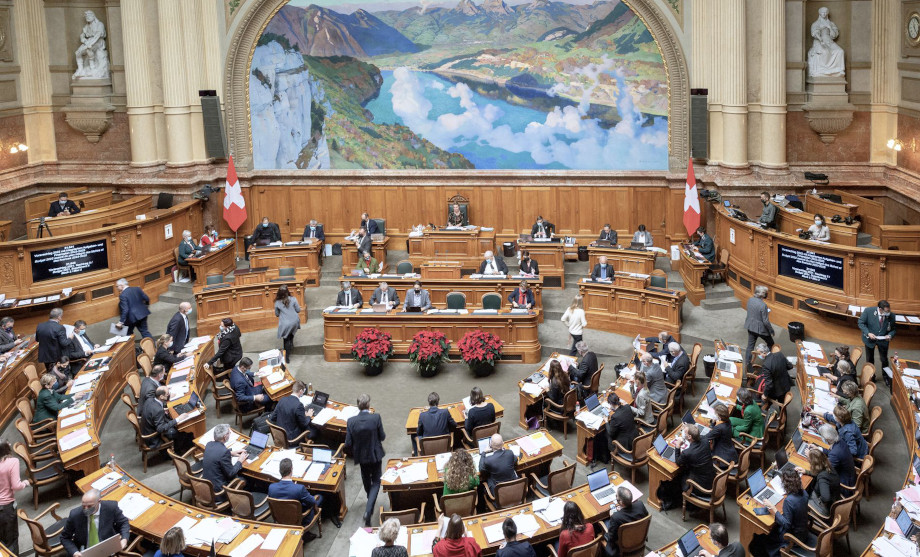
The Swiss Parliament discussed the challenges of the climate and biodiversity crisis with researchers on May 2. GIUZ researchers Veruska Muccione, Cornelia Krug and Christian Huggel were participating.
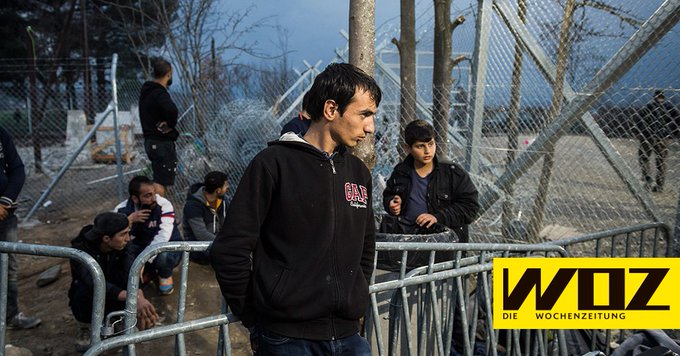
Die europäische Aussengrenze existiert nicht von sich aus. Sie wird seit zwanzig Jahren praktisch in die Tat umgesetzt. Simon Noori zeichnet die Geschichte der umstrittenen Grenzschutzagentur Frontex in einem Beitrag für die WOZ nach.

Zehn Jahre nach ihrem Aufkommen steht die Vermittlung von Kürzestarbeitseinsätzen über digitale Plattformen an einem Scheidepunkt. In der Veranstaltungsreihe «The Future of Work» wurde die Entwicklung der Gig-Economy analysiert. Karin Schwiter fasste die Argumente zusammen.
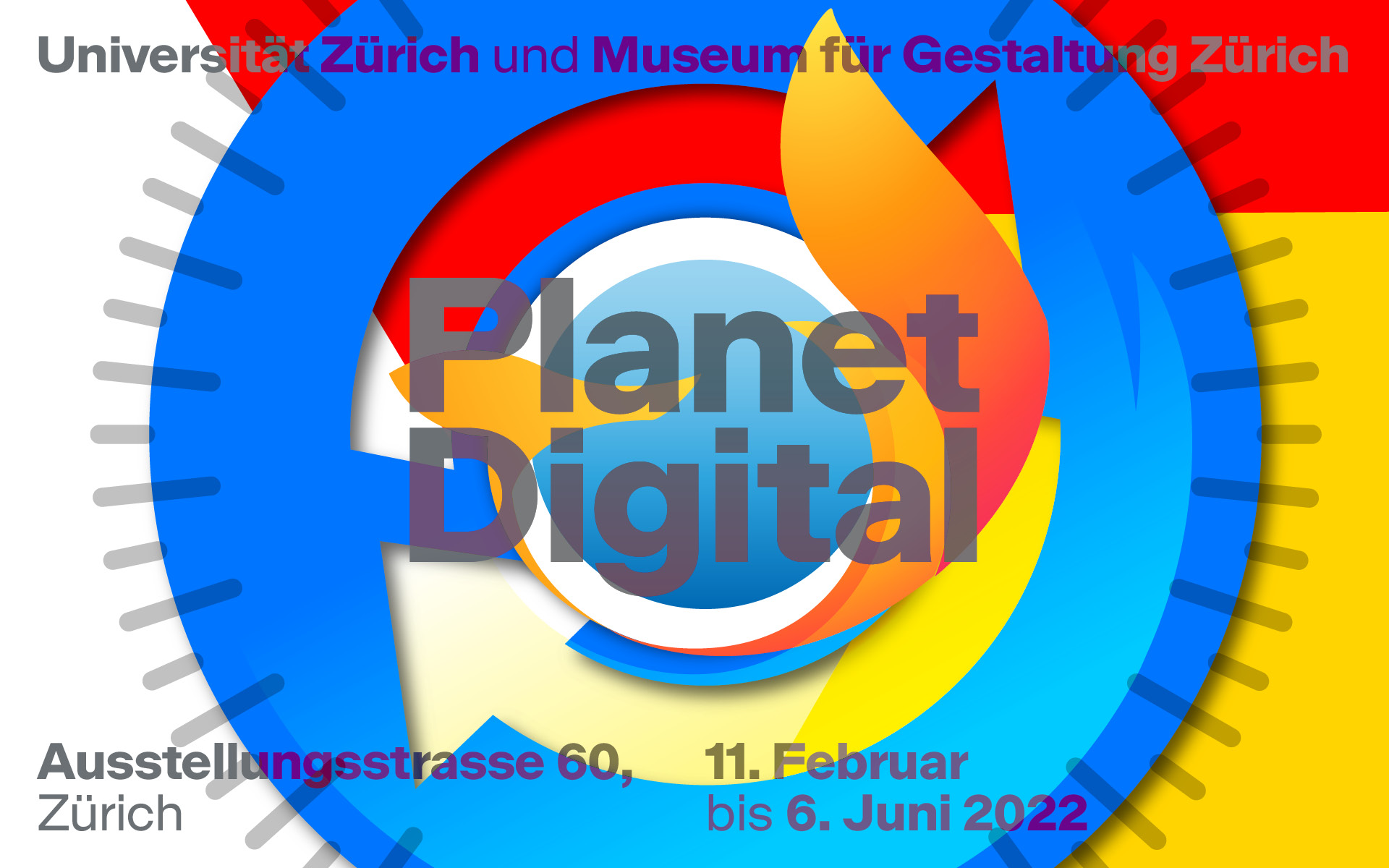
Die Ausstellung «Planet Digital» macht den digitalen Wandel für eine breite Öffentlichkeit greifbar, mit Beiträgen des National Point of Contact for Satellite Images und der Politischen Geographie.
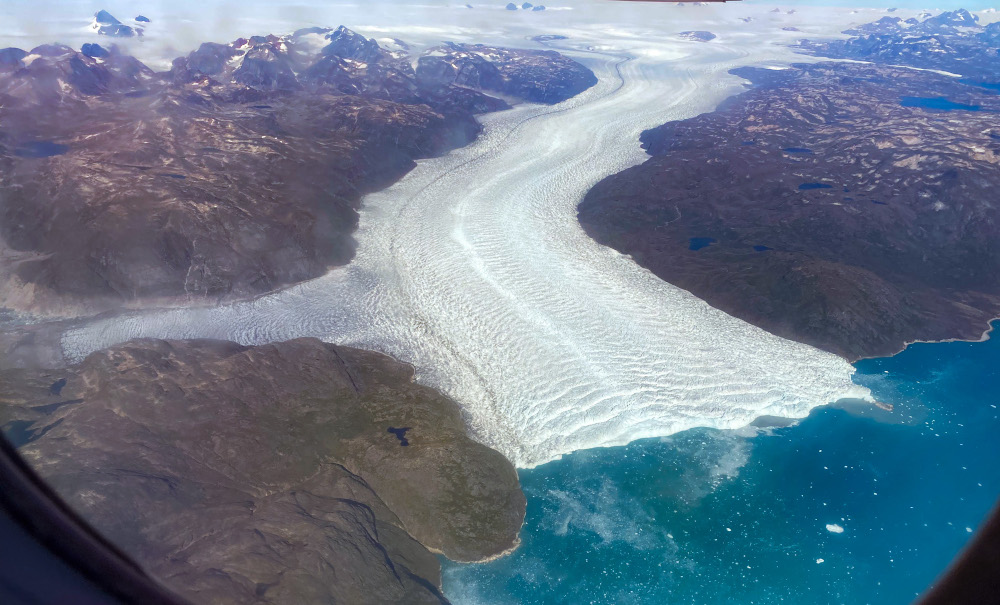
A project with GIUZ participation will investigate the impact of climate change on fjord ecosystems in Greenland and their consequences for the local human population.

Führen Frauen anders? Anlässlich des heutigen Internationalen Frauentags berichten Professorinnen über ihre Erfahrung in einer Führungsrolle an der UZH. Eine davon ist Sara I. Fabrikant.
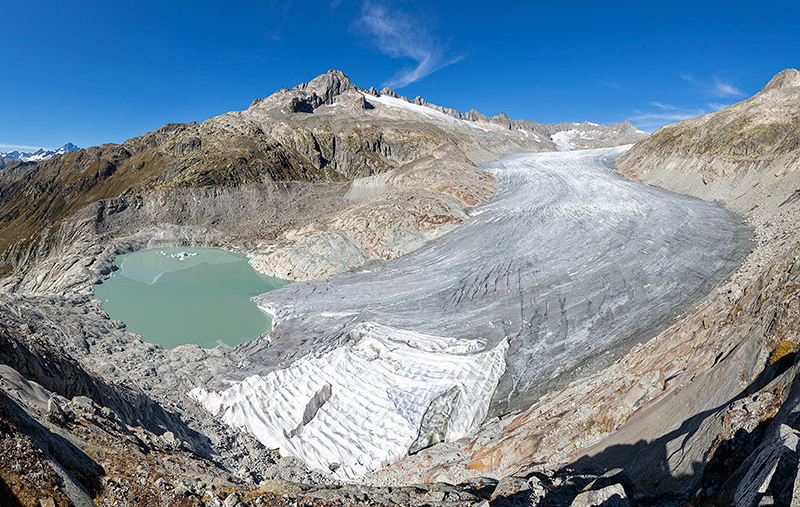
Today, the new report of the Intergovernmental Panel on Climate Change (IPCC) on impacts, adaptation and vulnerability was presented. Christian Huggel and Veruska Muccione from GIUZ contributed as lead authors.
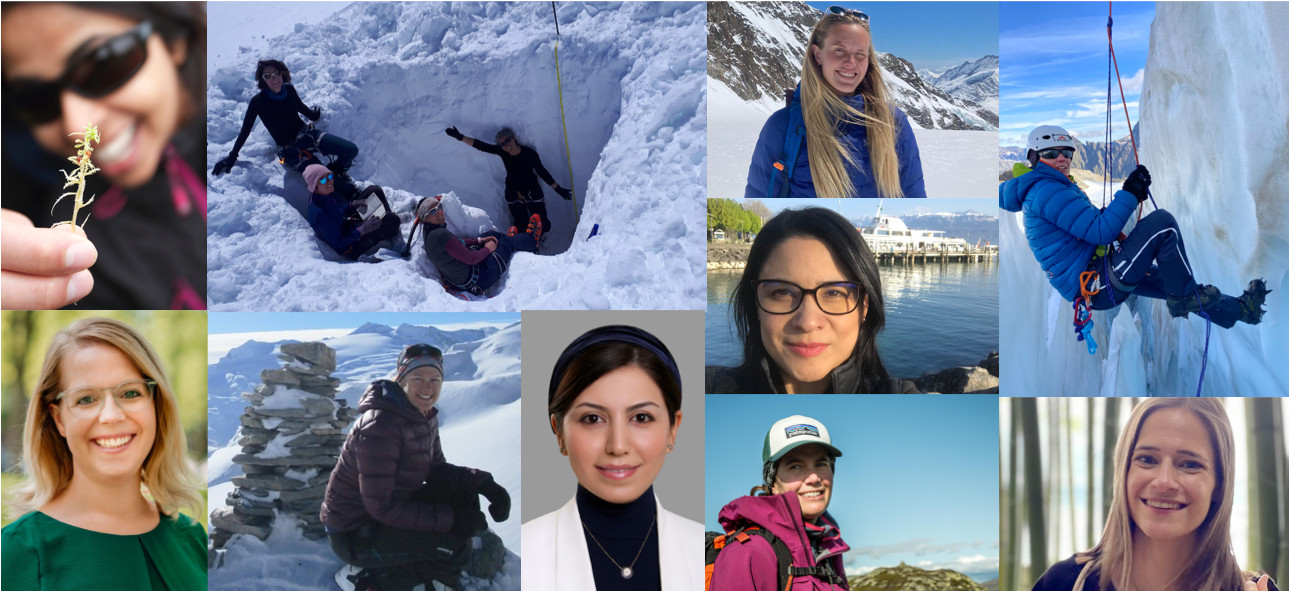
February 11 is the International Day of Women and Girls in Science. On this occasion: some portraits and quotes from female researchers at GIUZ!

Zürcher Reinigungsarbeiterinnen gründeten Autonomía, die erste selbstverwaltete Plattformkooperative für Reinigungskräfte in der Schweiz. Die Arbeitsgeographinnen Marisol Keller und Karin Schwiter nahmen in Medienbeiträgen dazu Stellung.
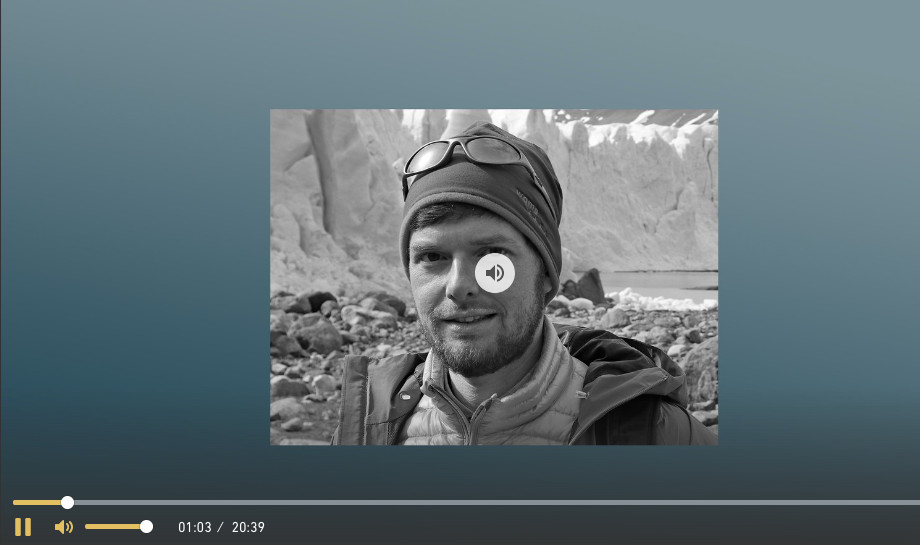
Im Rahmen der Ausstellung «Earth Beats» am Kunsthaus Zürich sind Podcasts mit Expert:innen aus vielen Wissensgebieten entstanden. Einer davon ist der Gletscherforscher Samuel Nussbaumer.
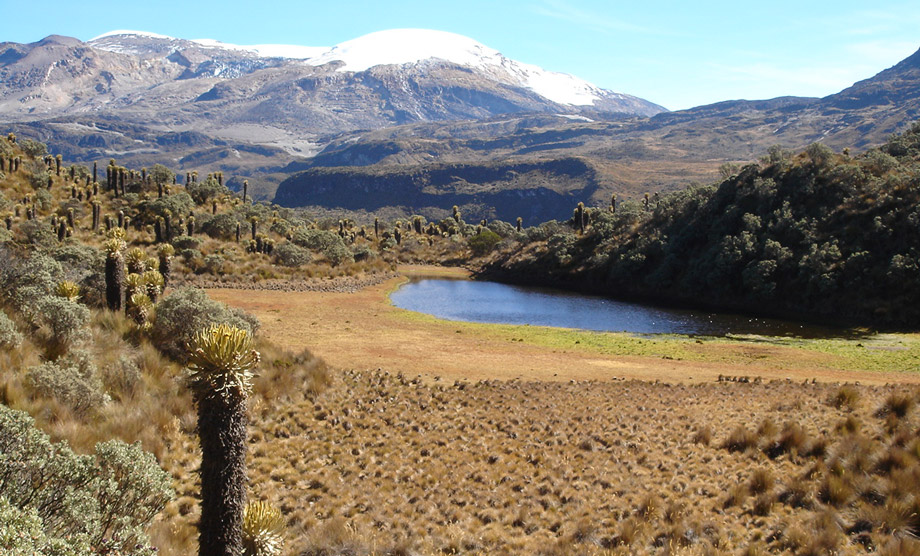
GIUZ scientists won an international bid for a new project at the intersection of climate change, ecosystems and biodiversity in the Tropical Andes, opening important opportunities for a dialogue and action with policy makers and other stakeholders.
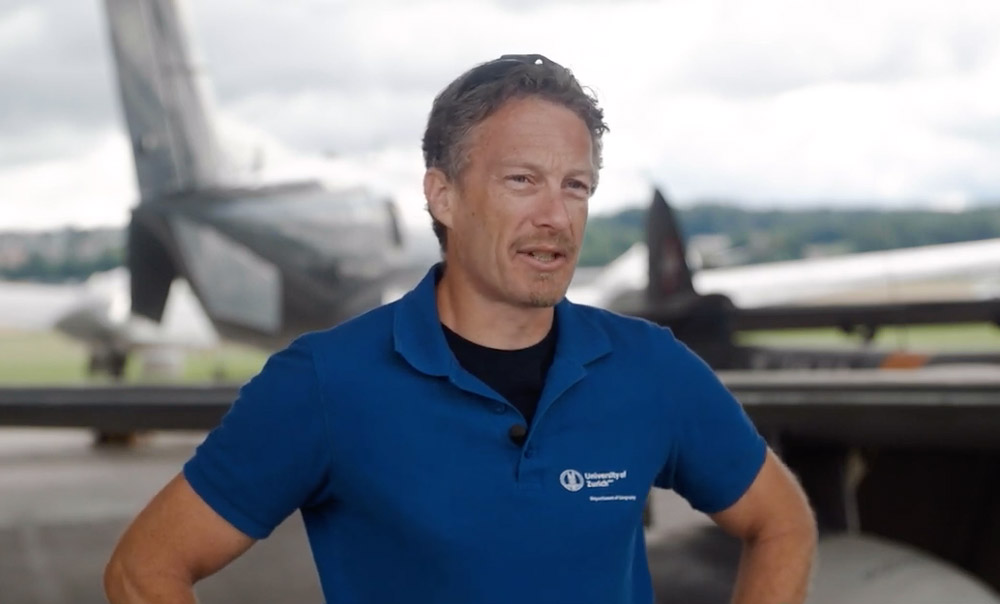
Andreas Hueni, member of GIUZ and UZH Space Hub, talks about his daily routine when he headed a remote sensing flight campaign for NASA and ESA this summer.
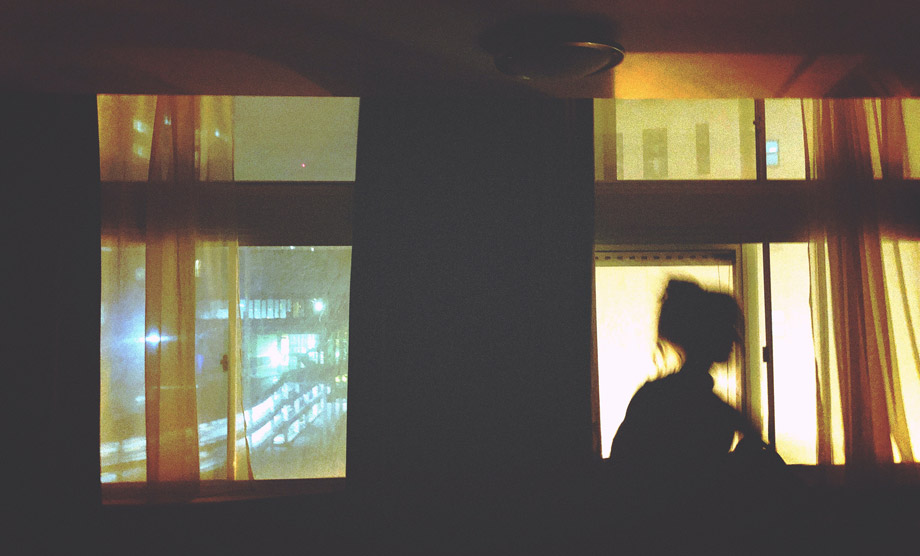
Die 24-Stunden-Betreuung ist ein elementarer Bestandteil des Schweizer Pflegesystems. Doch die Care-Migrant:innen seien völlig unzureichend geschützt, sagt Karin Schwiter in einem Artikel in der WOZ.

Im Ringen um eine gemeinsame Stossrichtung hat die internationale Staatengemeinschaft an der Klimakonferenz in Glasgow einige Erfolge erzielt. Dazu haben auch UZH-Forschende beigetragen, wie Christian Huggel und Axel Michaelowa in einem Gastbeitrag zeigen.

Two professors and a „Privatdozent" of the GIUZ gave exciting insights into their research and teaching at their inaugural lectures in recent weeks. For those who could not be there: Recordings are now available.
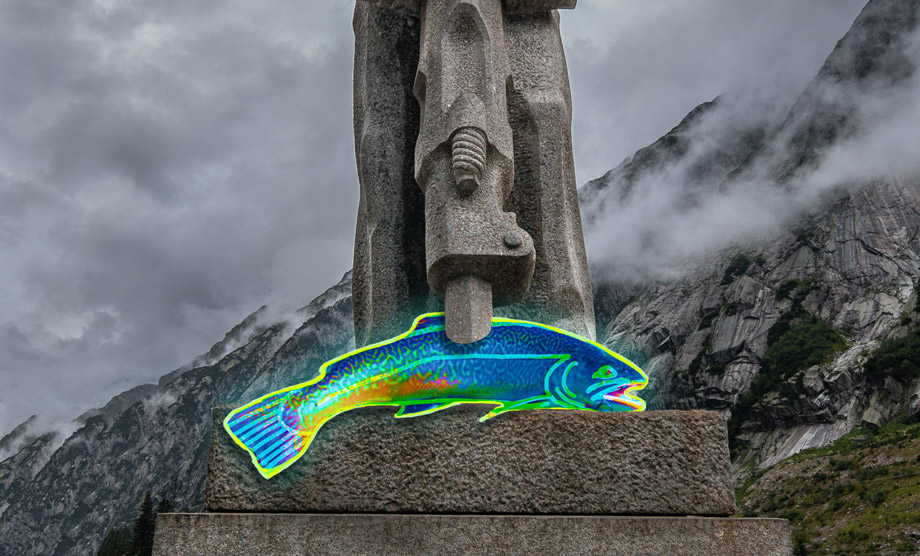
Their proposal for the redesign of a monument in the Swiss Alps received an award by the Swiss Academy of Social Sciences. Congrats to Stephan Hochleithner and Rony Emmenegger!
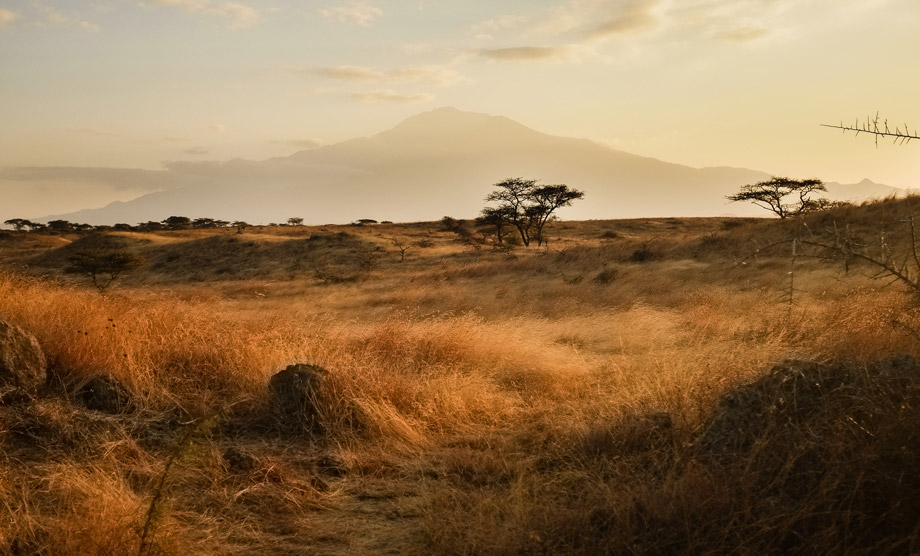
World leaders were in Glasgow for COP26, but few expected revolutionary progress from the summit. What if the solutions are among us, our friends, and social connections?

From 1-12 November 2021, the Glasgow Climate Change Conference takes place: A few GIUZ researchers will be there, others are involved in side events in Geneva or online.
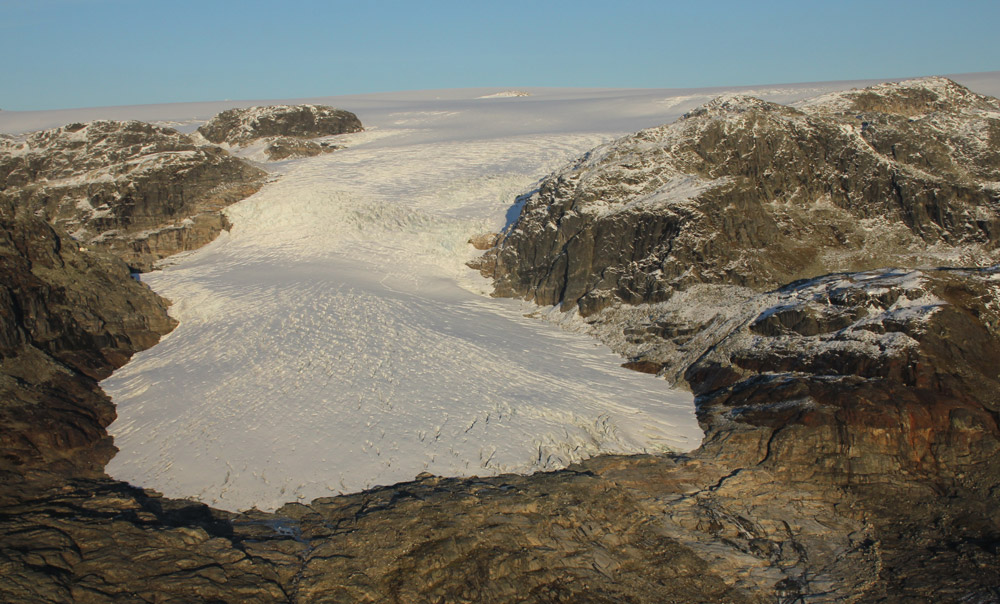
Glaciers are key indicators of ongoing climate change. The World Glacier Monitoring Service compiles and disseminates standardized data on glacier fluctuations. Recently, the Global Glacier Change Bulletin No. 4 was published.
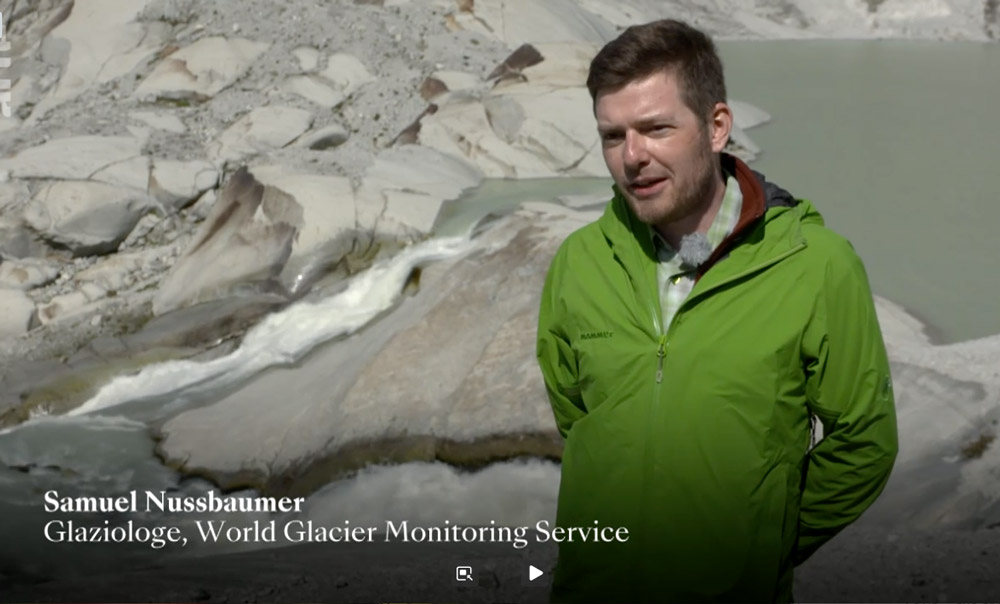
Gletscher reagieren mit Verzögerung auf den Klimawandel. Doch bei manchen ist der maximale Wasserabfluss bereits erreicht, sagt Samuel Nussbauer in einer ARTE-Reportage vom Rhonegletscher.
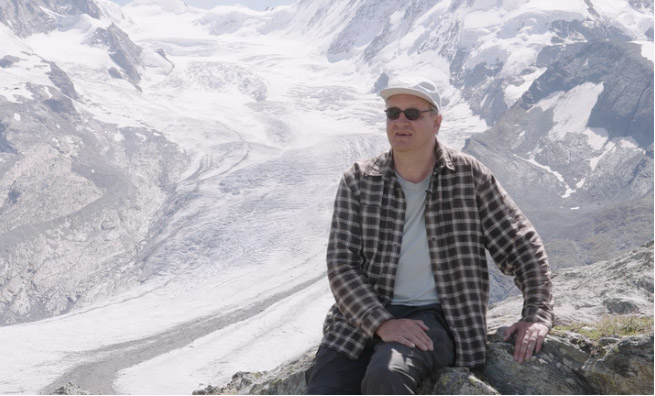
Satellite data make it possible to observe the shrinking of glaciers worldwide in a comprehensive way. In an interview with the European Space Agency at Gorner Gletscher, Frank Paul talks about the effects in the Alps and worldwide - and about his personal connection to glaciers.
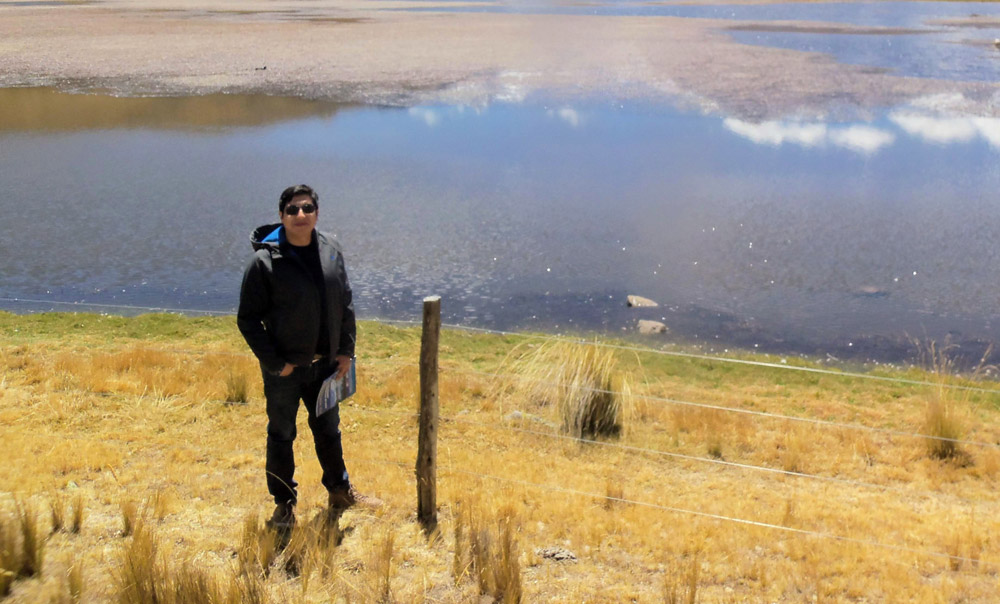
Glacier retreat in the Andes has serious impacts on water availability for downstream populations. Water management policies must take social factors into account. PhD candidate Randy Muñoz Asmat combines hydrologic modelling with local community consultation.

On August 1, 2021, Karin Schwiter started her new position as Assistant Professor for Labour Geography. The new professorship is co-funded by the UZH Digital Society Initiative and allows us to position GIUZ in a promising research field at the intersection of labour geography and digitalization.
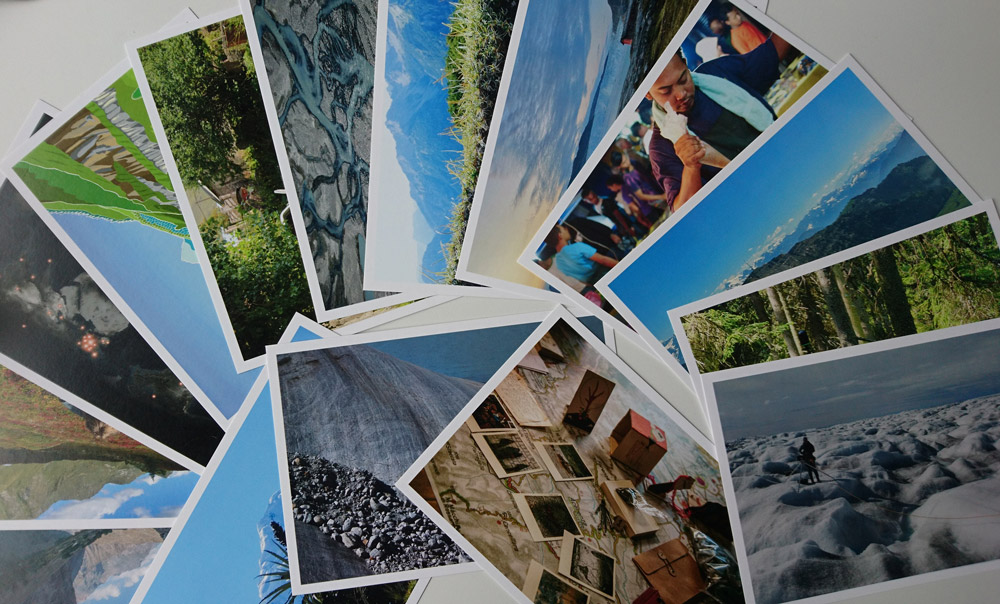
As a practical souvenir from the anniversary year, we have printed postcards with 15 different pictures from GIUZ research and teaching.
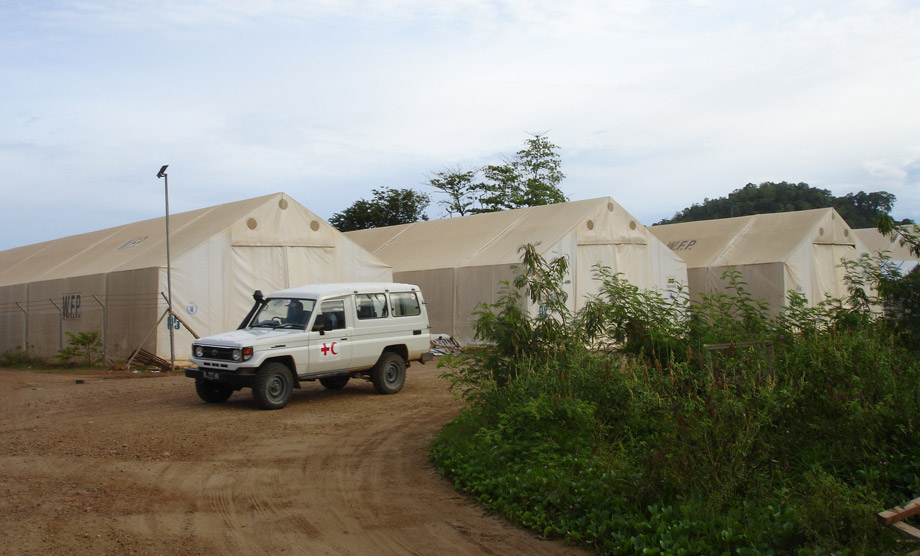
Die State-Building-Missionen des Westens sind gut gemeint, aber sie scheitern regelmässig an ihrem moralisch überhöhten Anspruch, schreiben Benedikt Korf und Christine Schenk in einem Feuilleton-Artikel in der NZZ.

Originating in Africa, homo sapiens spread across the globe, and with it the human language. A project is now underway to trace the genealogy of the world's languages with the help of highly advanced methods borrowed from big data, genetics and geostatistics.
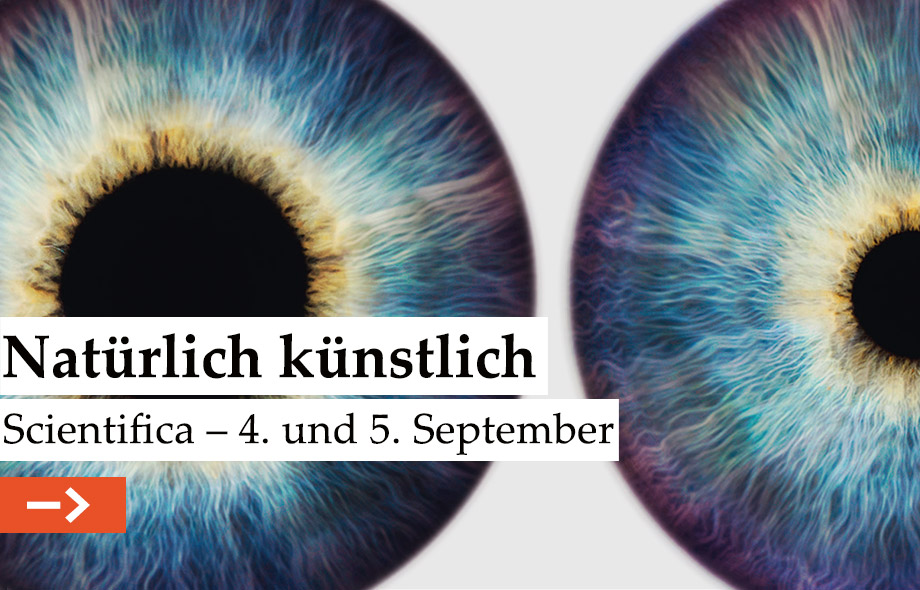
Scientifica will be held over the weekend of 4 and 5 September on the theme of “Synthetic naturally”. This year’s science festival offers a more comprehensive program than ever before - with several contributions by GIUZ researchers, and will now also include the Irchel campus.
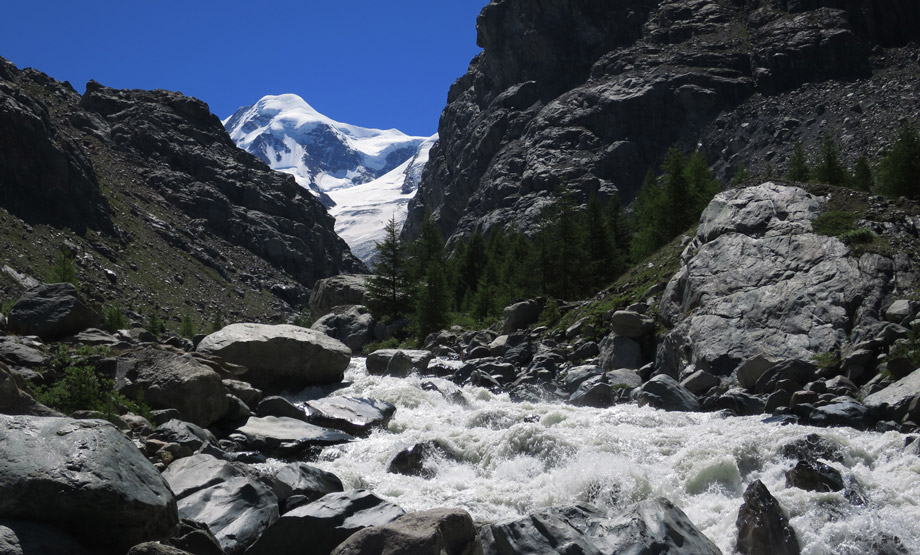
Gleich vier Schweizer Flüsse führen ans Meer: der Rhein, die Rhone, der Ticino und der Inn. Die Alpen bilden einen Wasserturm im Zentrum Europas, sagt Daniel Viviroli, Hydrologe am GIUZ, und wirken damit wie ein Puffer. Doch das Gleichgewicht ist fragil geworden.
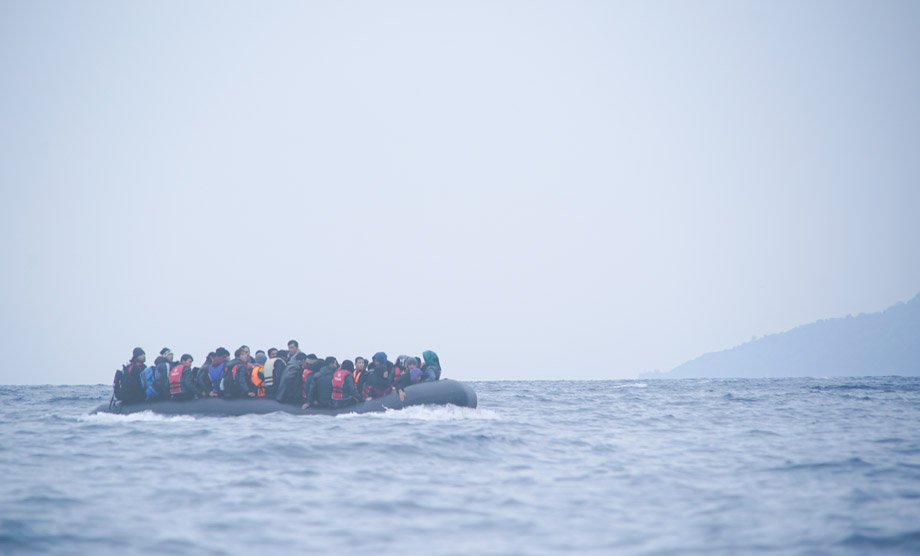
Die Schweiz beruft sich immer wieder auf ihre humanitäre Tradition. Auch, wenn es um Geflüchtete geht. Was bedeutet das in Bezug auf die Situation der Geflüchteten im Mittelmeer? Eine Diskussion mit Simon Noori, Migrationsforscher am GIUZ und an der Universität Neuchâtel.
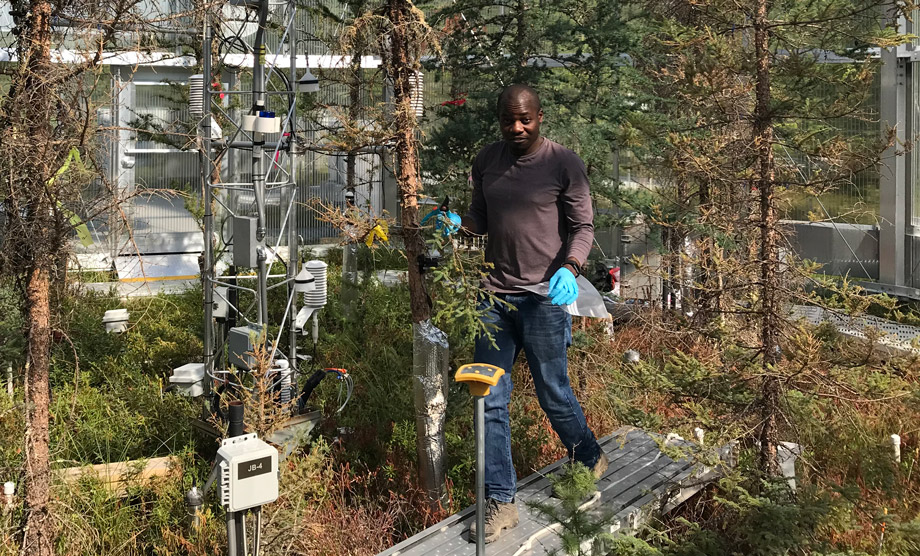
Soil is one of the largest carbon storages on earth - but can be a massive producer of greenhouse gases. Nicholas Ofiti examines this precarious balance in the face of climate change in his PhD thesis.
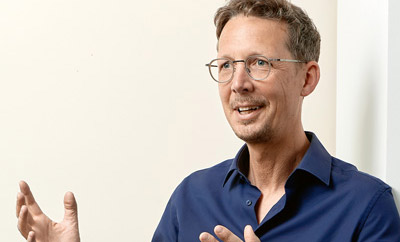
What has the pandemic taught us about the relationship between the science community and policymakers? Political geographer Michael Hermann discussed with medical historian Flurin Condrau.
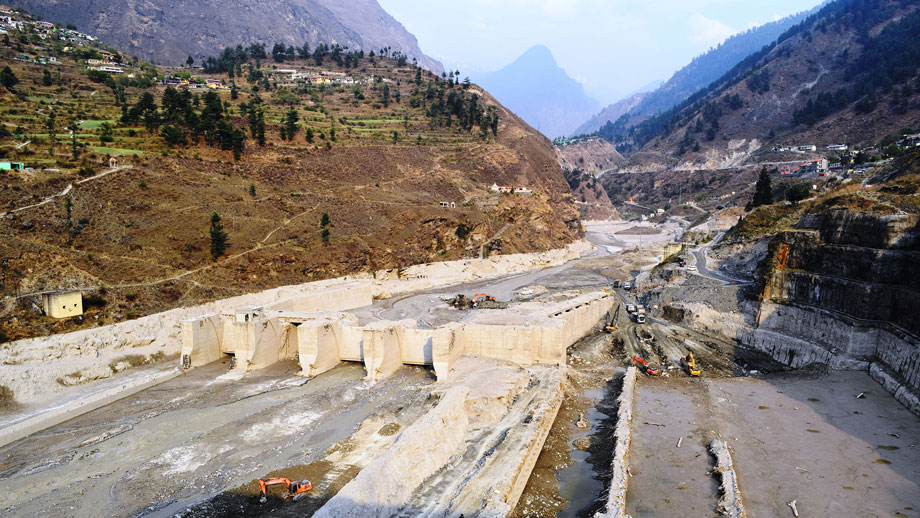
Some four months ago, a devastating flood ravaged the Chamoli district in the Indian Himalayas, killing over 200 people. The flood was caused by a massive landslide, which also involved a glacier. Researchers at GIUZ, the WSL and ETH Zurich have now analyzed the causes, scope and impact of the disaster as part of an international collaboration.

Die Universität Zürich führt im Auftrag der amerikanischen und europäischen Weltraumbehörden Testflüge in ganz Europa durch. Ziel: Entwicklung eines neuen Sensorgeräts zur Fernerkundung.
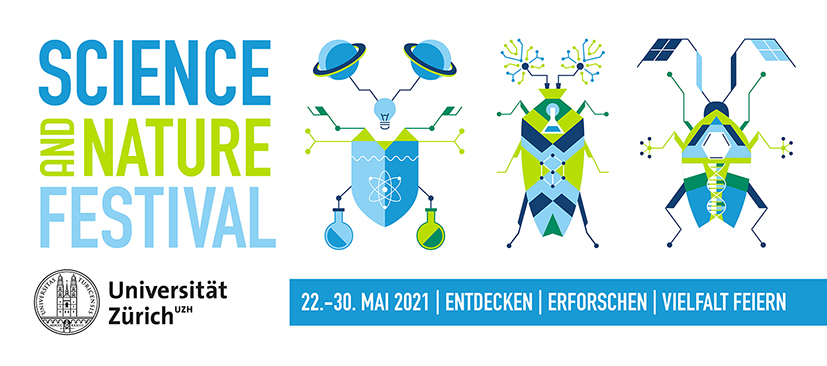
Eine Entdeckungsreise am UZH Campus Irchel und in der Wildnis des Irchelparks: Mit verschiedenen Angeboten rund um die Naturwissenschaften und spannenden Beiträgen von Forschenden des GIUZ!
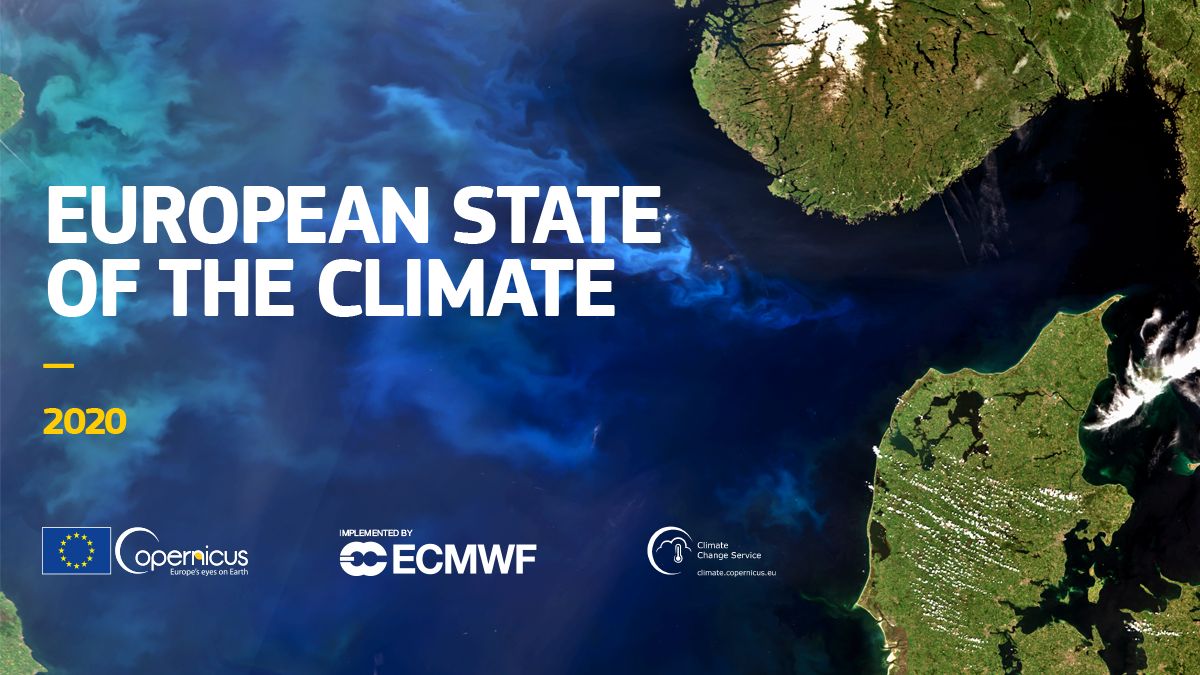
This week, the Copernicus Climate Change Service, on behalf of the European Commission, released the European State of the Climate 2020 report. The World Glacier Monitoring Service (WGMS) - located at the Department of Geography - contributed glacier data and analyses.
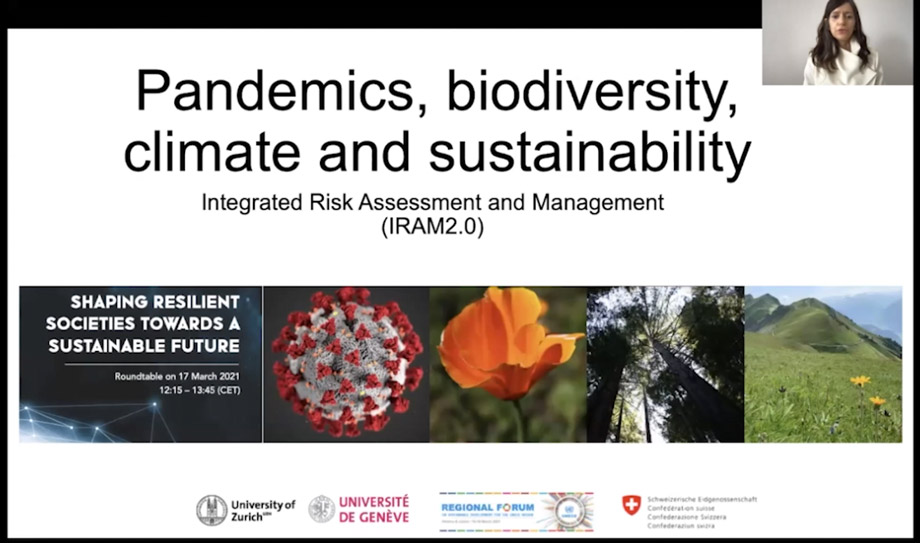
Why does it make sense to combine these topics to think about sustainability? Maria J. Santos, Professor of Earth System Science, at the expert discussion on "Shaping Resilient Societies Towards a Sustainable Future".
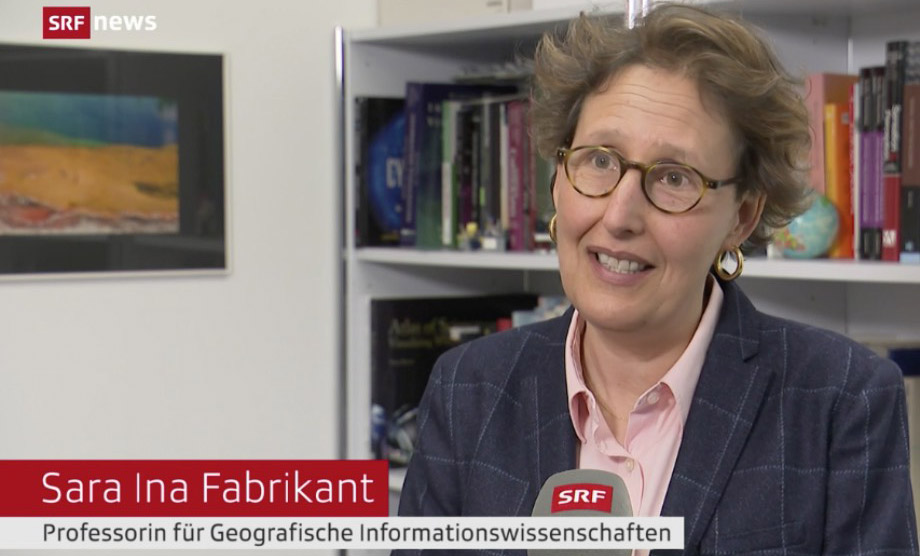
Das Bundesamt für Landestopographie stellt seit 1. März alle amtlichen und digitalen Daten gratis zur Verfügung. Das sei ein Paukenschlag für die Wissenschaft und werde eine Welle der Innovationen auslösen, sagt Sara I. Fabrikant.
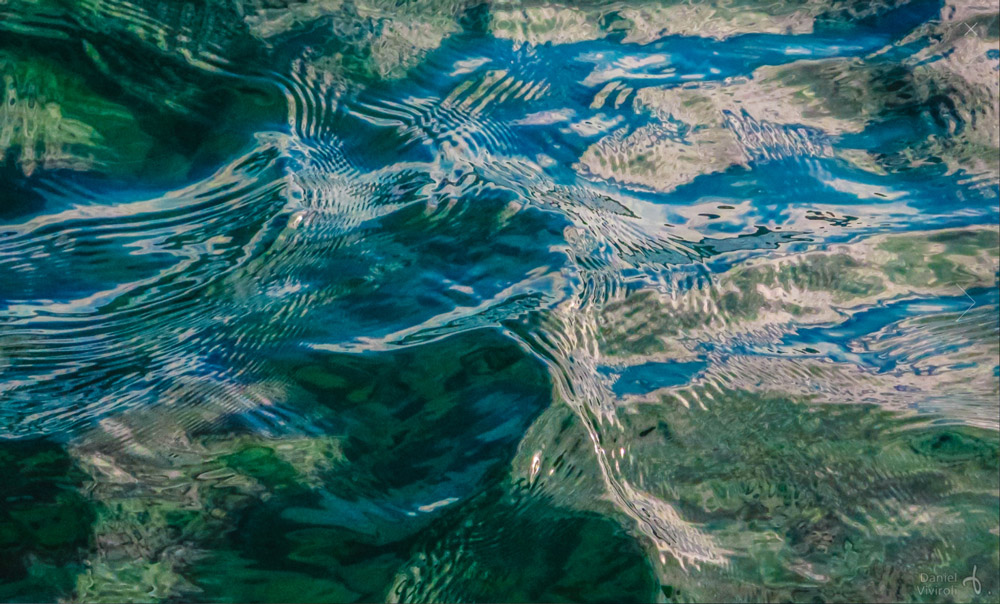
The United Nations World Water Day takes place on 22 March 2021 under the motto "Valuing water". In Zurich, a self-guided tour provides amazing water knowledge.
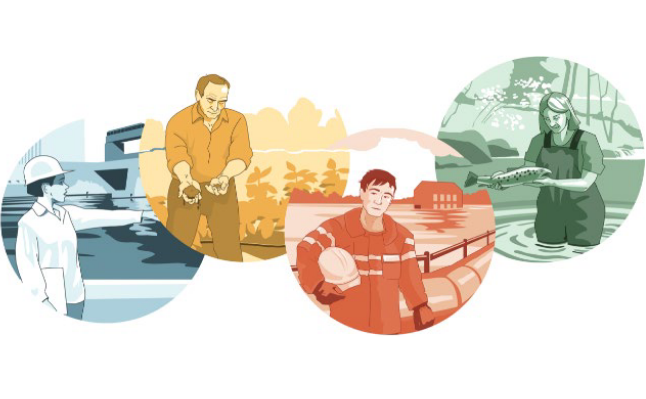
There will be no general shortage, but water may be scarce depending on the region and time of year – conversely, heavier rainfall will lead to more local flooding. These and many more are the findings of the Hydro-CH2018.

Karin Schwiter untersucht die Migration von Betreuerinnen für ältere Menschen aus Ost- nach Westeuropa. Sie hofft, dass die Pandemie zu mehr Bewusstsein für deren prekäre Arbeitsbedingungen führt.

A new website explains the understanding of „landscape services“ and lists recommendations and good practice examples – an outcome of a research project by the Space, Nature & Society unit with the University of Lausanne.
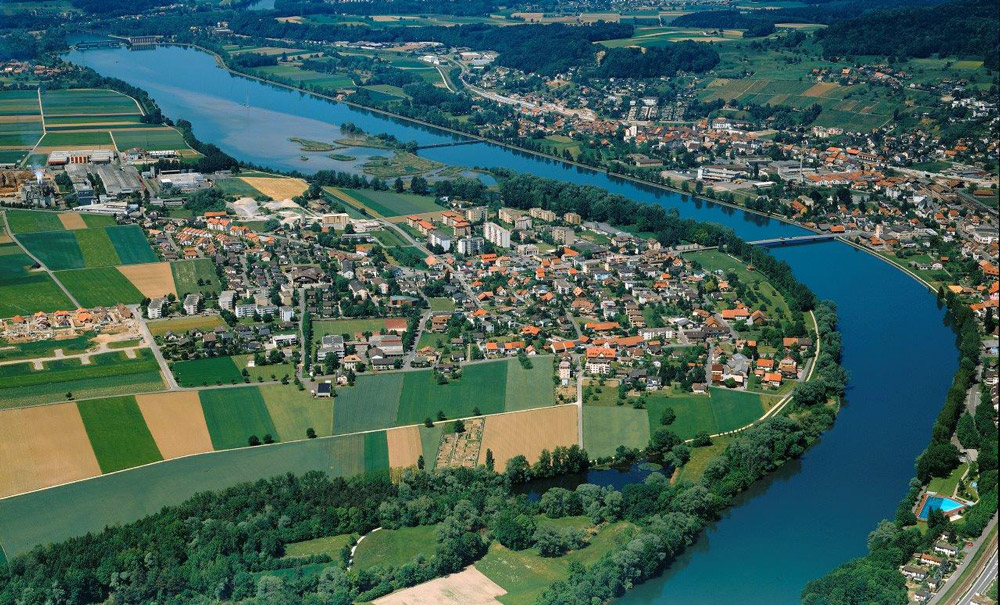
Das Bundesamt für Umwelt (BAFU) hat neue Grundlagen für die Beurteilung der Gefährdung durch Hochwasser bei sehr seltenen Ereignissen veröffentlicht. Die Abteilung Hydrologie und Klima (H2K) hat das Arbeitspaket «Hydrometeorologische Szenarien» geleitet.
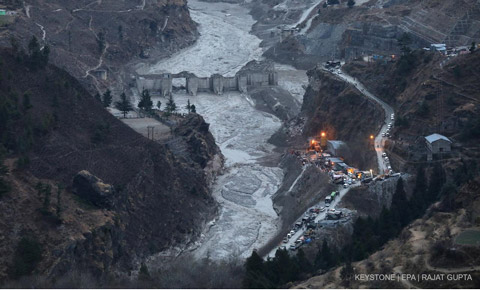
GIUZ researchers are involved in the efforts of the scientific community to collect data and information on the enormous rock-ice avalanche in Uttarakhand, Northern India, which unleashed a massive flood of water, ice, debris and rocks, destroying everything in its path.
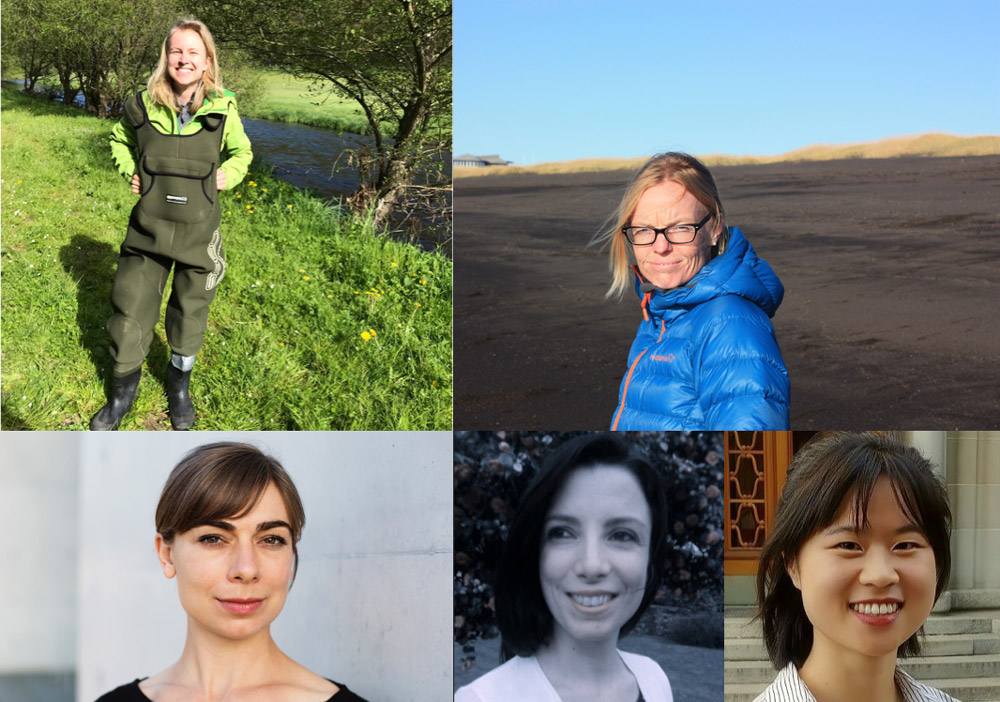
Today is the International Day of Women and Girls in Science. Exemplary for all female researchers at GIUZ and at the Faculty of Science, we posted some portraits and quotes on Twitter.
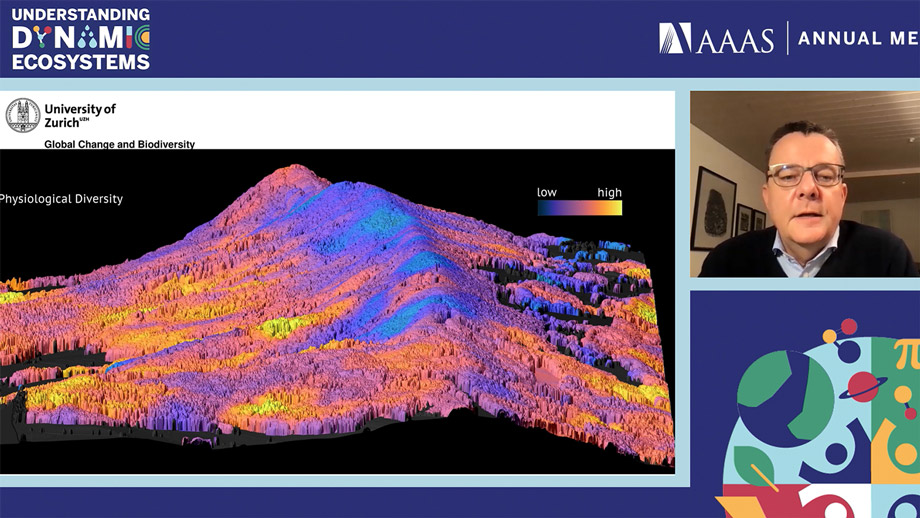
Next week, leading researchers from a variety of fields will come together at the annual meeting of the American Association for the Advancement of Science (AAAS). The virtual conference will also feature a talk by Michael Schaepman on how remote sensing can help protect biodiversity.
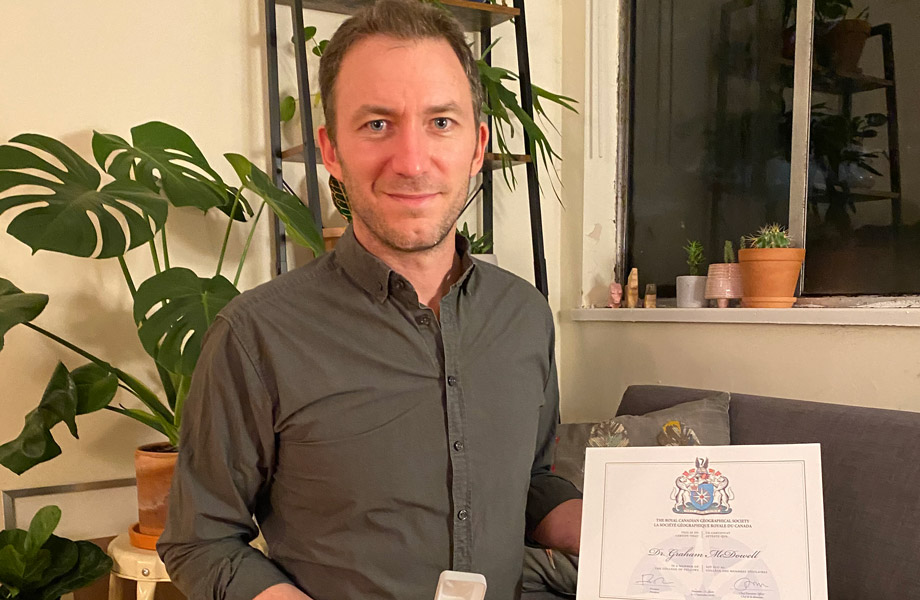
GIUZ member Graham McDowell was elected as a Fellow of the Royal Canadian Geographical Society. Congratulations!
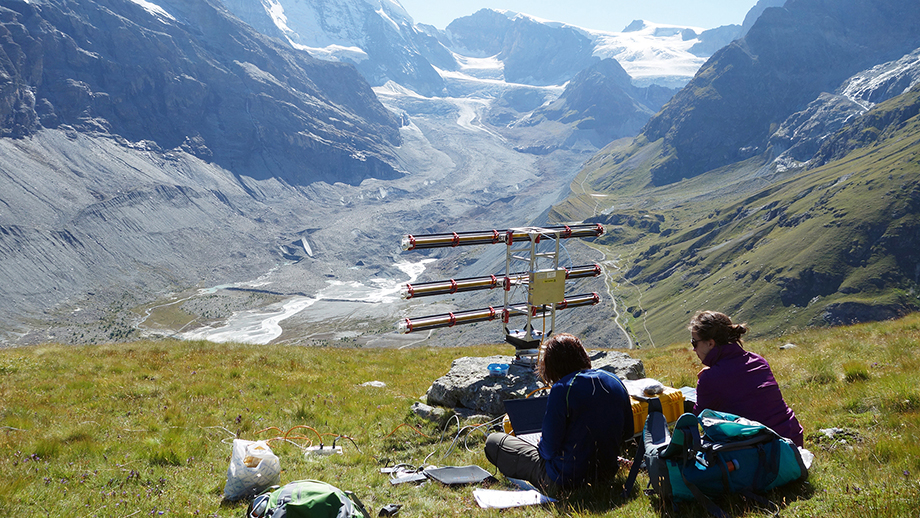
Domiciled at UZH, Switzerland’s largest department of geography is celebrating its 125th anniversary. As Director Jan Seibert explains, no other discipline offers greater variety.
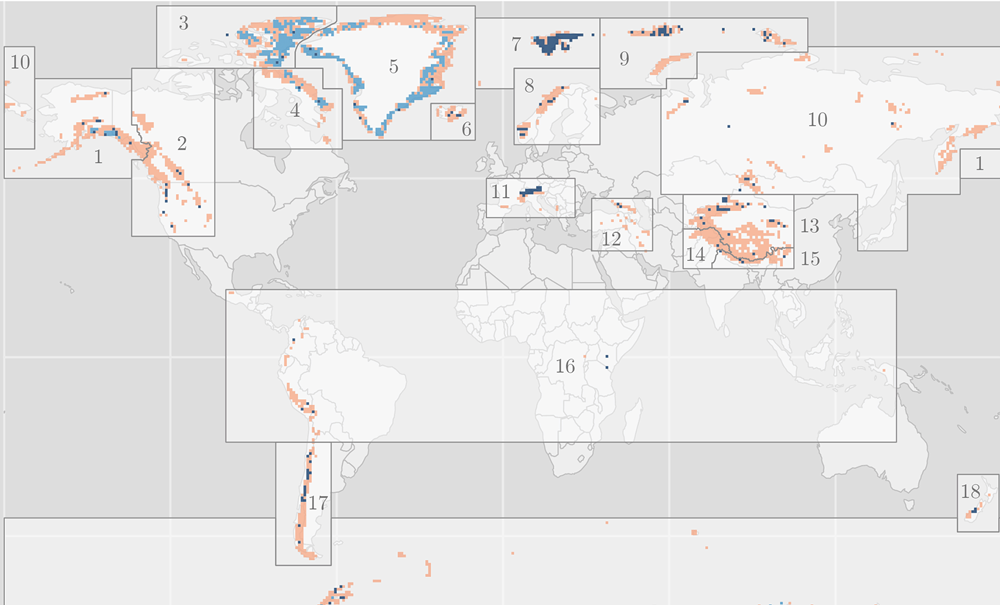
The award by the World Data System is related to a collaboration of Ethan Welty with the WGMS. Ethan's sound knowledge in glaciology and information technology and his personal commitment allowed the release of a new version of the Glacier Thickness Database.
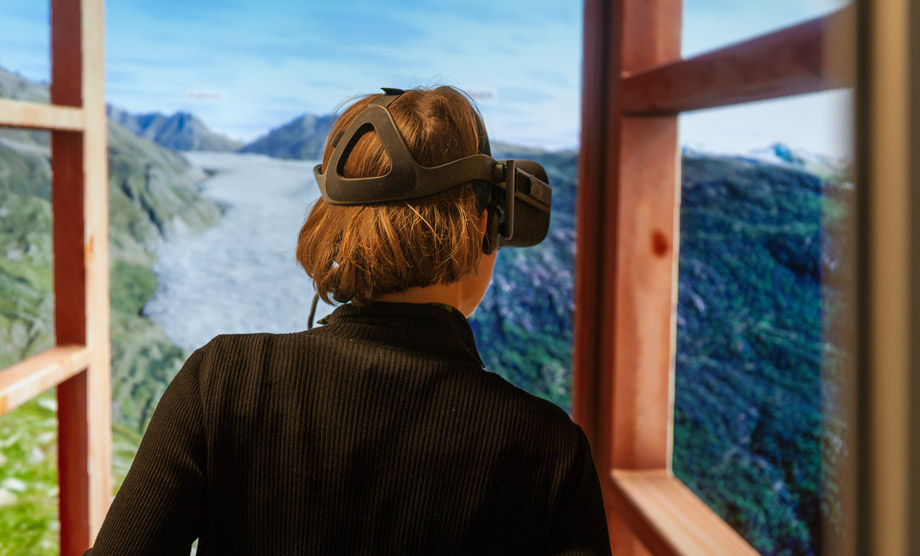
«Expedition 2 Grad» wird mit dem diesjährigen Bundespreis Ecodesign ausgezeichnet, die höchste staatliche Auszeichnung für ökologisches Design in Deutschland.
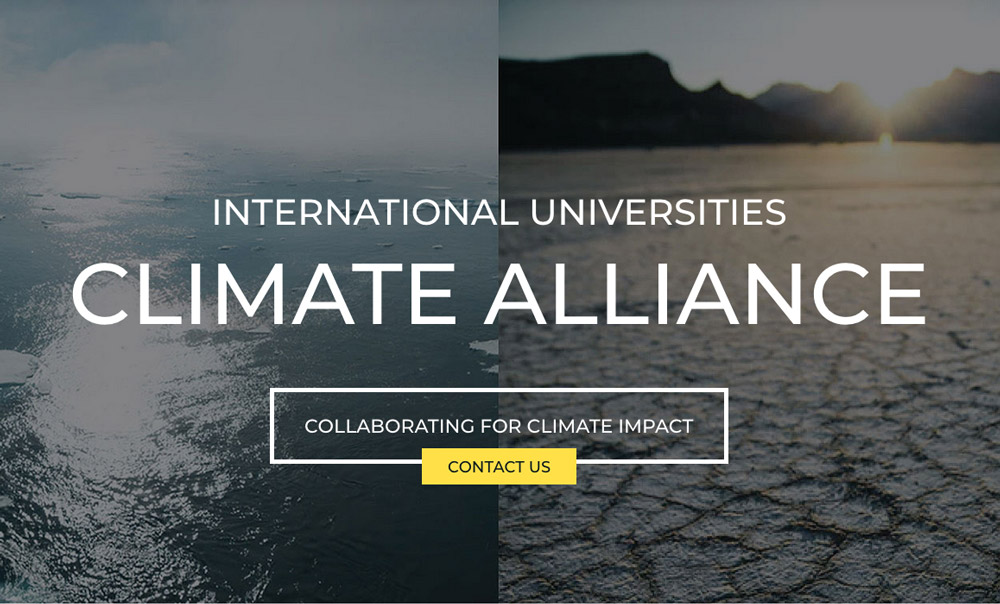
The 37 signatories „strongly encourage world leaders to ensure that all COVID stimulus measures maintain their countries’ commitments under the Paris Agreement and work toward a net-zero emission plan.”
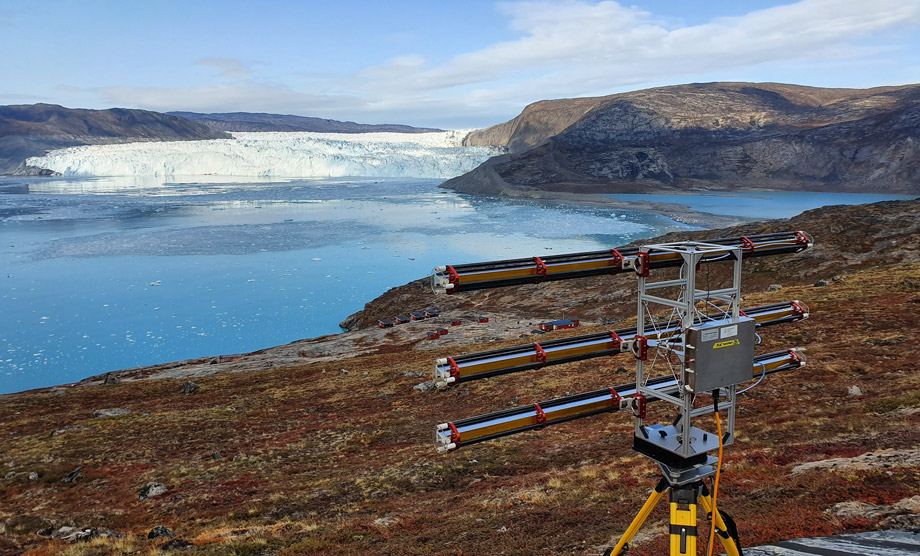
The University of Zurich will become a new member and funder of the Swiss Polar Institute from 1 January 2021. The collaboration further boosts polar and remote high-altitude research.
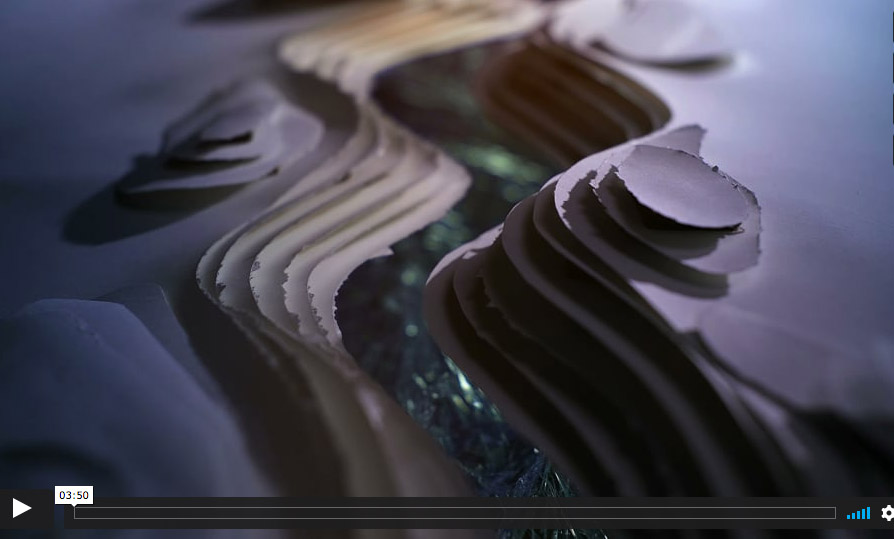
A poetic-experimental film about a river in honor of the Mercator Prize winners Barbara Strobl and Simon Etter. The film was presented at the 3rd Global Science Film Festival on November 6-8, 2020.
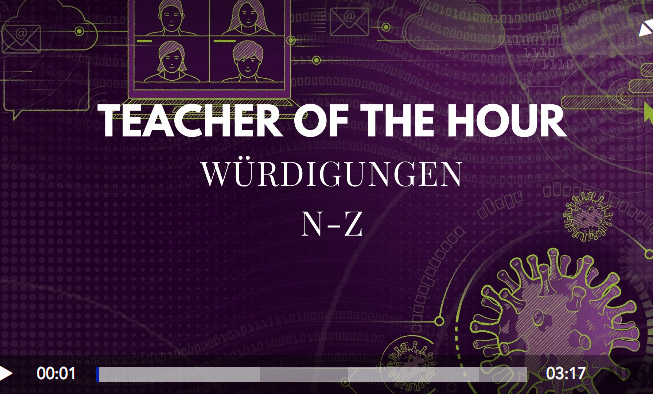
Am Tag der Lehre am 4. November 2020 wurden die «Teachers of the Hour» durch Prof. Dr. Gabriele Siegert, Prorektorin Lehre und Studium, in einer digitalen Ansprache gewürdigt, darunter auch vier Dozierende des Geographischen Instituts.
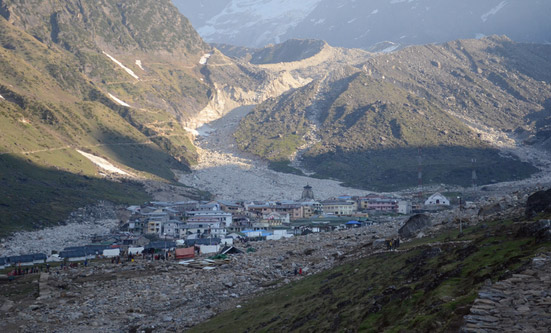
Due to the warming climate, the potential for glacial lake outbursts in the Indian Himalayan regions is rising. GIUZ researchers supported the Indian government to develop guidelines for the management of glacial hazards and risks.
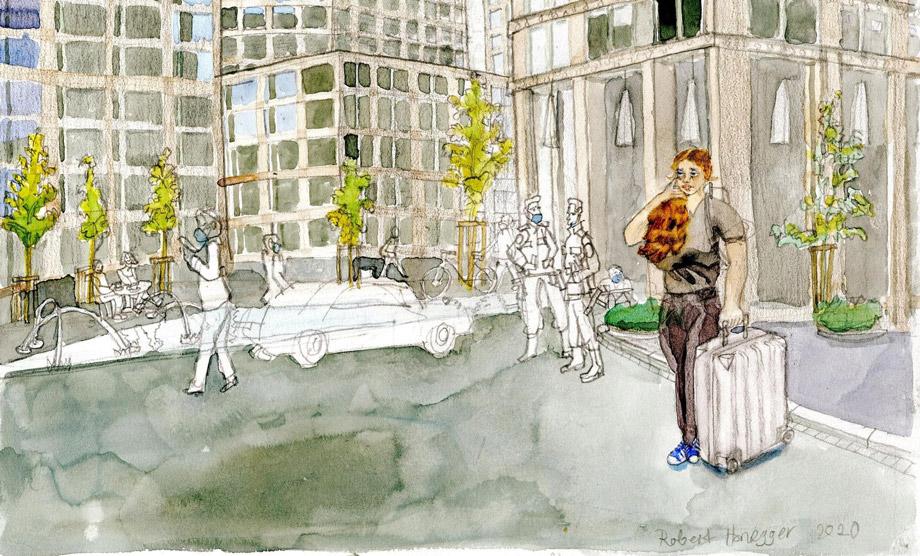
Die Situation von osteuropäischen Altenbetreuer*innen in Schweizer Privathaushalten ist prekär, besonders während der Corona-Pandemie. Karin Schwiter beantwortete Fragen für Radio SRF4 und den Tagesanzeiger.
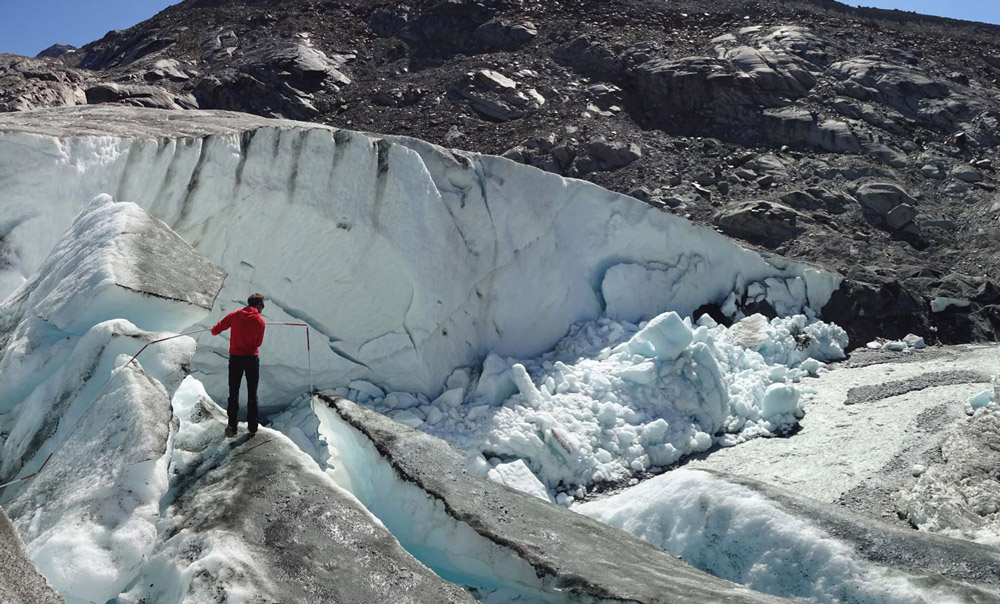
The volume of Swiss glaciers continues to decline in summer 2020. Although it is not an extreme year, the decline remains significant and is drastically changing the image of the Alps.
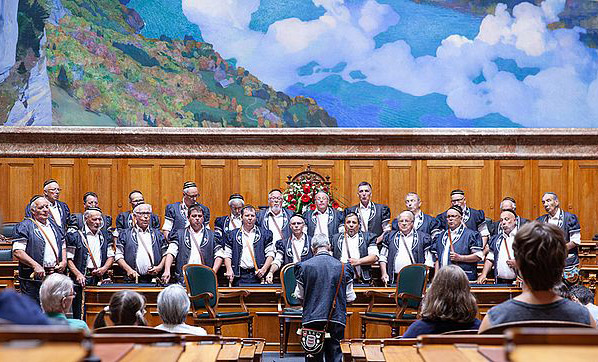
How can scientific concepts and theories, developed in the Global South, help us understand phenomena in the Global North? This is the main question that guides the four-year research project co-led by Benedikt Korf.
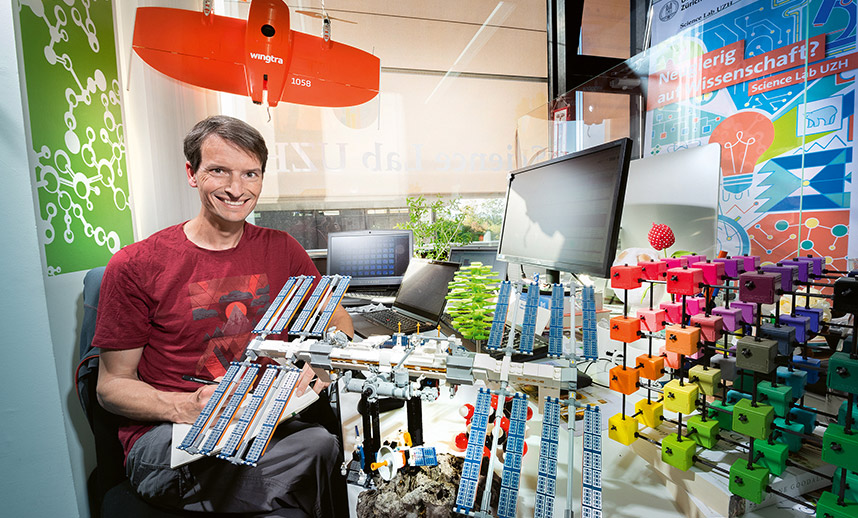
Geoinformatics expert Reik Leiterer specializes in remote sensing, and drew on his expertise to develop a business idea that culminated in the foundation of the spinoff company Exolabs in 2017: A portrait in the UZH Journal.
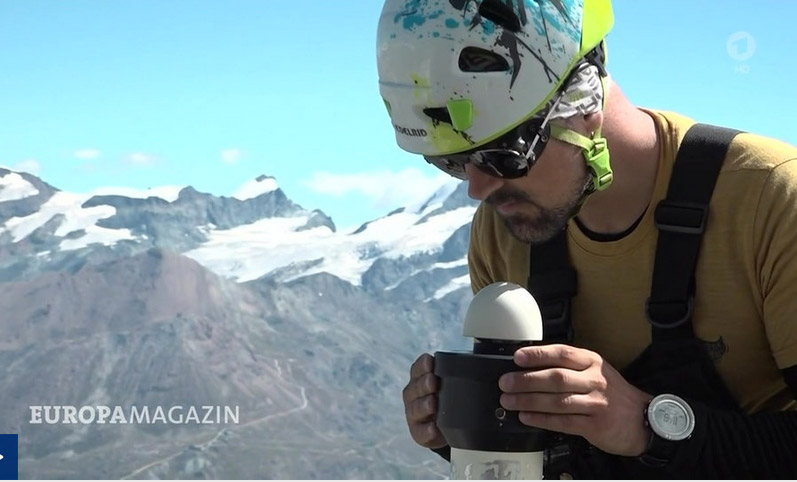
Permafrost - das ist der Kitt, der Berge im Innersten zusammenhält. Doch er taut langsam auf, die Berge werden instabiler. Daher suchen Forscher nach einer Methode, wie sich Felsstürze besser vorhersagen lassen.
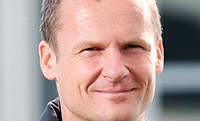
Christian Berndt was appointed as Honorary Professor of Economic Geography at University of Nottingham. Congratulations!

The British Ecological Society announced that Bernhard Schmid is the Eminent Ecologist award winner for 2020. Congratulations!
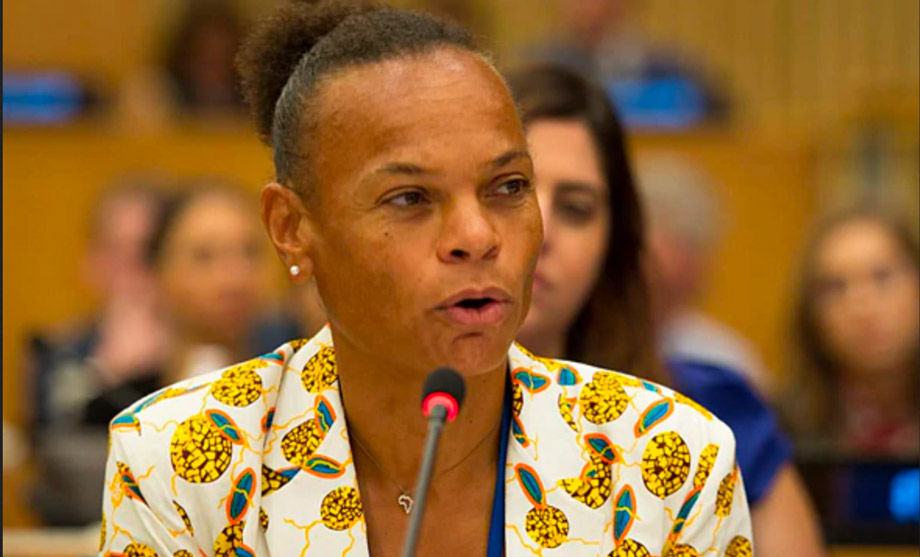
The Federal Council appointed GIUZ alumna Patricia Danzi as the new director general of the Swiss Agency for Development and Cooperation (SDC). She took up her post on 1 May 2020.
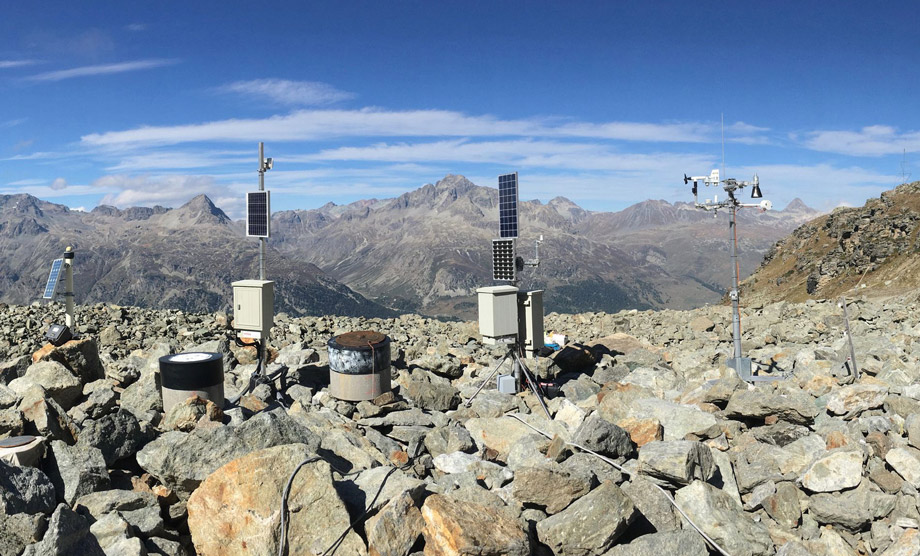
In den letzten Jahrzehnten hat sich der Permafrost in der Schweiz erwärmt. Die meisten Blockgletscher bewegen sich deutlich schneller. Das zeigen Langzeitmessungen des Schweizer Permafrostmessnetzes PERMOS.
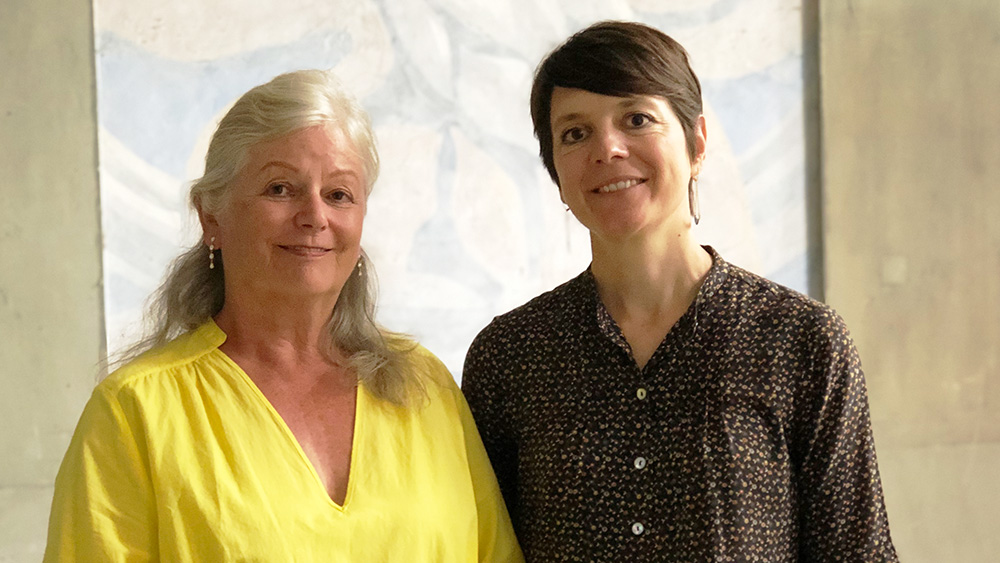
The goal of the Graduate Campus is to create the best possible framework for junior researchers. Ulrike Müller-Böker, Professor Emerita of Human Geography, was Director of the Graduate Campus until July 2020.
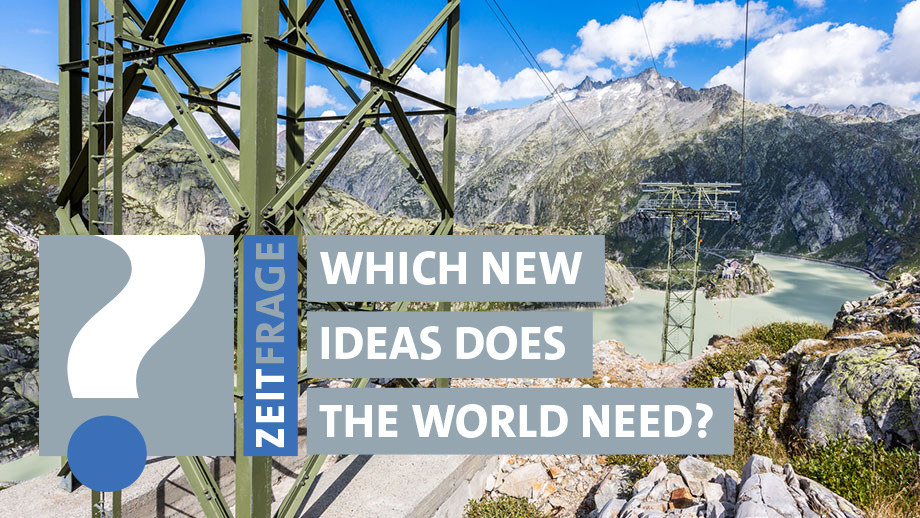
The UZH spin-off ExoLabs has developed a model that can predict snowmelt and help hydropower operators generate energy more efficiently.

Our glaciers are melting. Glaciologist Michael Zemp believes that a reduction in air travel among the scientific community is inevitable.

Encouraging interdisciplinary collaboration, streamlining regulations, and giving people the freedom to research: These are some of the goals Michael Schaepman hopes to achieve as new UZH President.
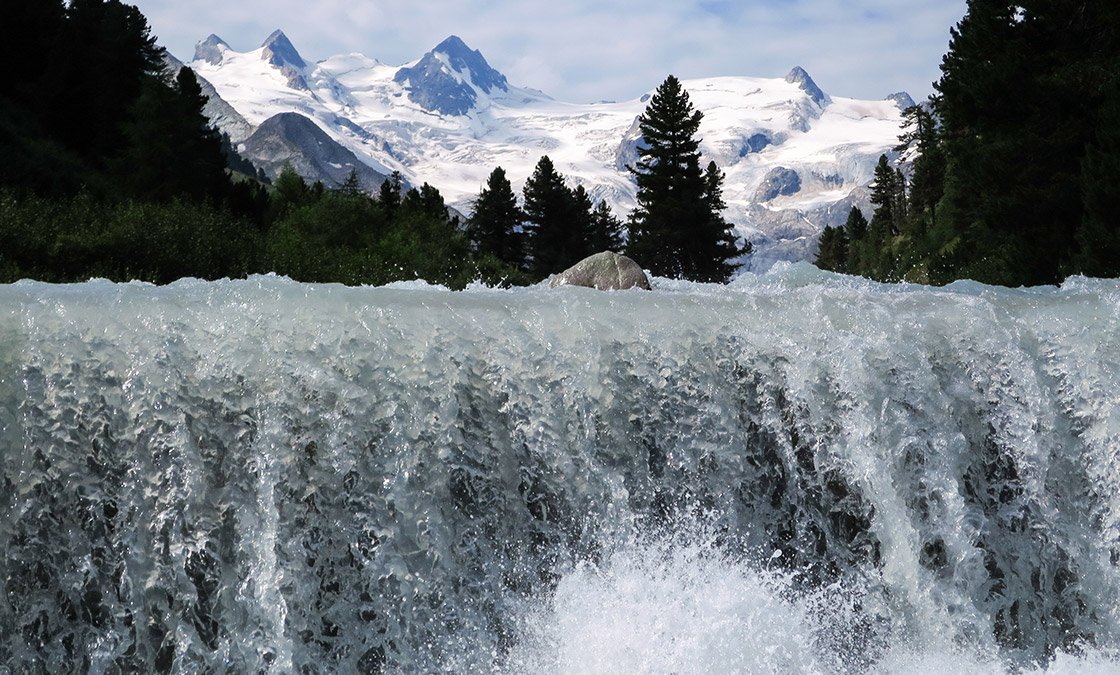
In 30 years, almost a quarter of the world’s lowland population will strongly depend on runoff from the mountains. Only sustainable development can ensure the important function of mountain areas as Earth’s “water towers”.
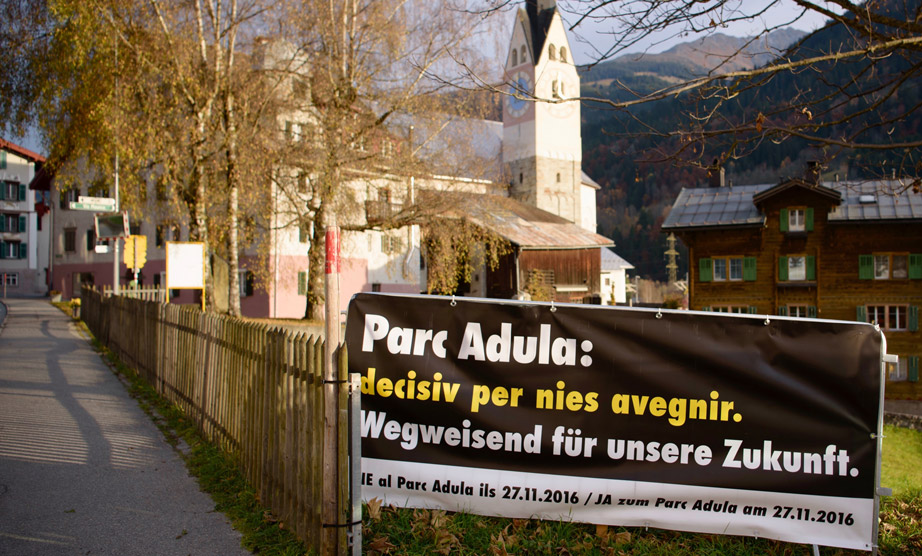
A new SCNAT fact sheet - co-authored by Annina Michel from the Department of Geography - summarises the existing scientific findings on the acceptance of parks and protected areas, provides recommendations for practice and identifies research needs.
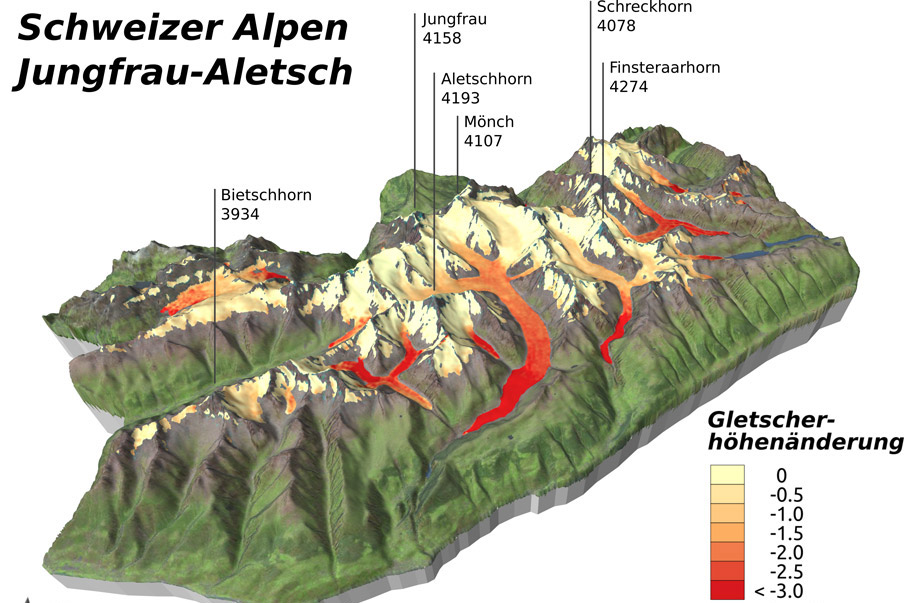
Glaciers in the European Alps lost between half and one meter of ice thickness between 2000 and 2014. With this, 17% of the remaining ice volume were lost.
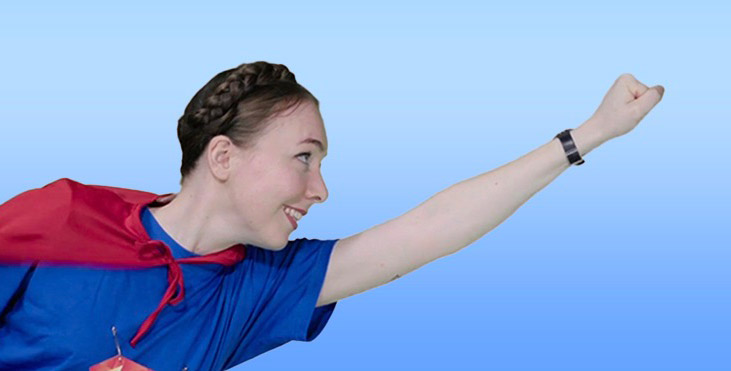
Four lecturers from the Department of Geography were nominated by the students as "Teachers of the Hour" for their particularly successful digitisation of teaching during the Corona crisis.
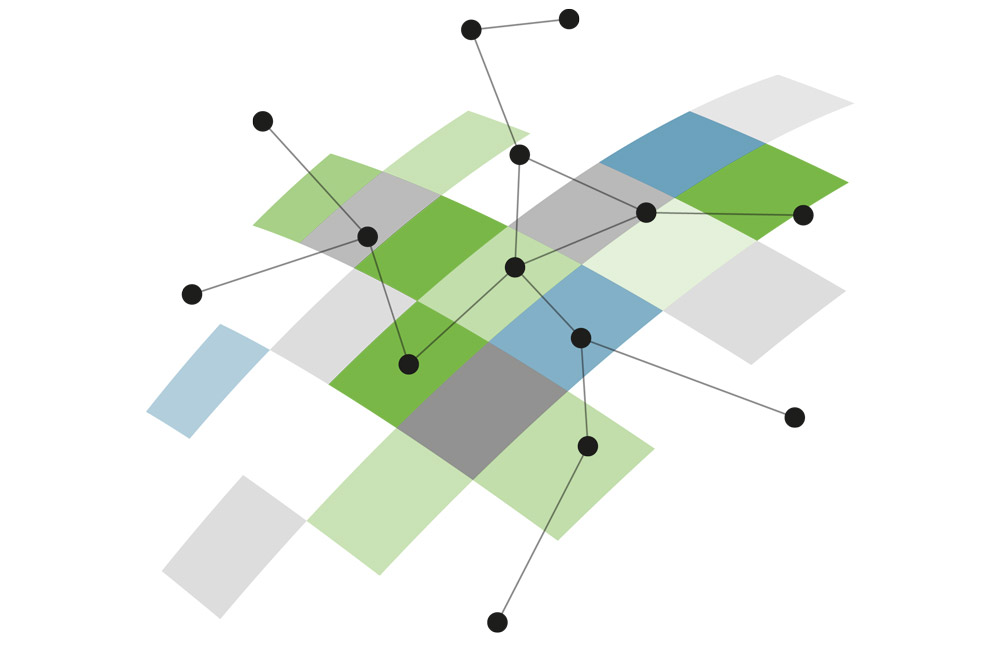
A new interdisciplinary research project examines the benefits and added values of the ecological infrastructure in parks of national importance. The GIUZ is involved with several research units and in charge of the overall coordination.
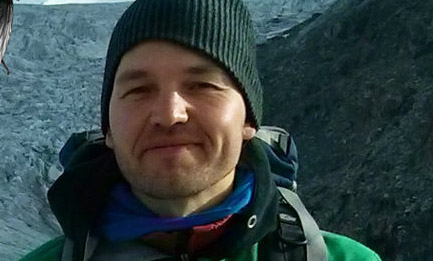
Hendrik Wulf from the Remote Sensing unit was nominated by the students for the final round of the UZH Teaching Award 2020. Congratulations!
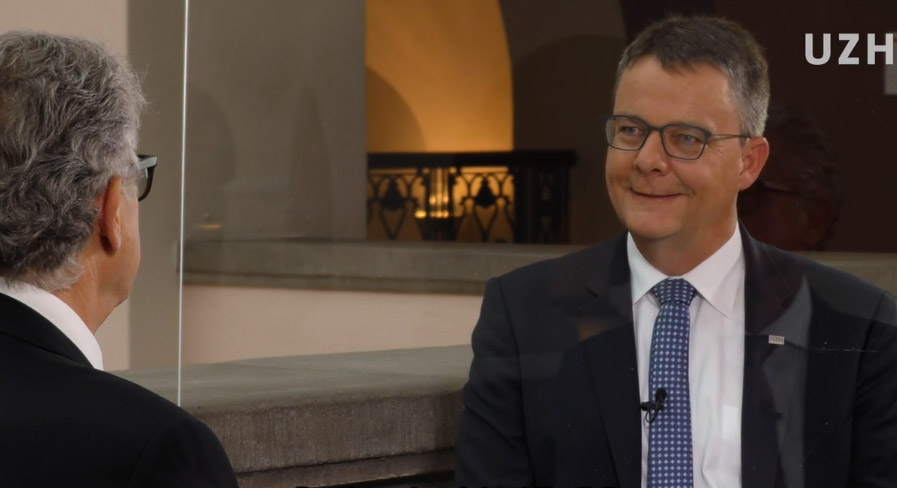
This year's meeting of the university network U21 focused on the topic of sustainability and was hosted by UZH. Michael Schaepman met with Thomas Stocker.
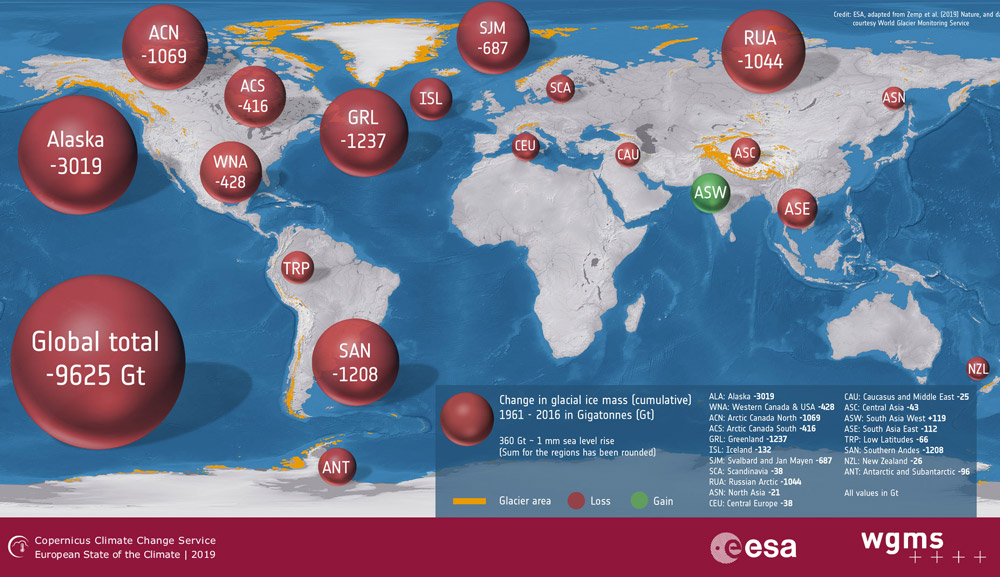
One of the headline climate indicators of the European State of the Climate Report are glaciers and sea level rise. The WGMS is the responsible data and information provider for glacier distribution and changes.
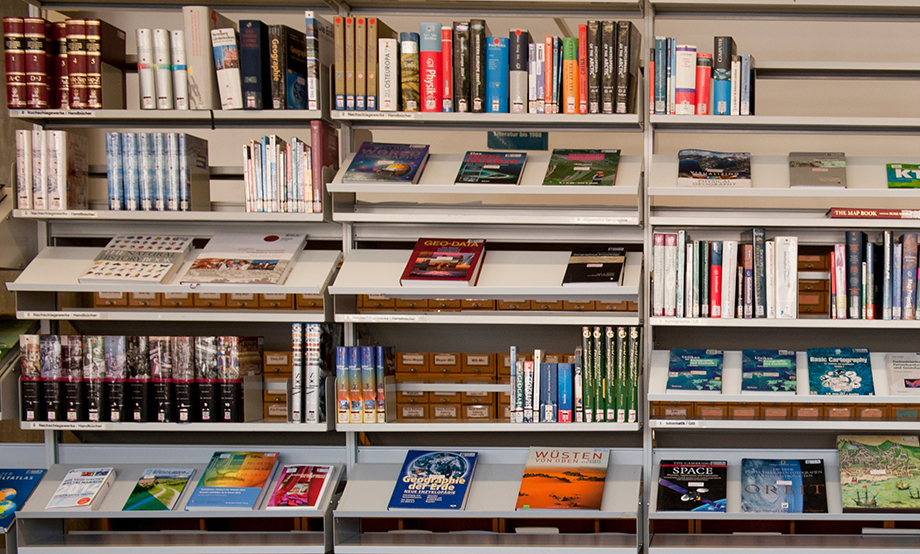
Some publishers provide simplified or even completely open access to their content during the corona crisis. Several providers could be interesting for geography.

Möchten Sie wissen, wie Sie mit Beiträgen bei CrowdWater zur Forschung beitragen können? Oder sind Sie bereits bei CrowdWater dabei und möchten erfahren was man dank Ihren Beiträgen erreichen kann?

Cancellation period, student assessments, presentations, military service: All relevant information for our students is available on the website.

Public events of the Department of Geography have been cancelled until 31 May 2020. Digital alternatives are being sought for some events.
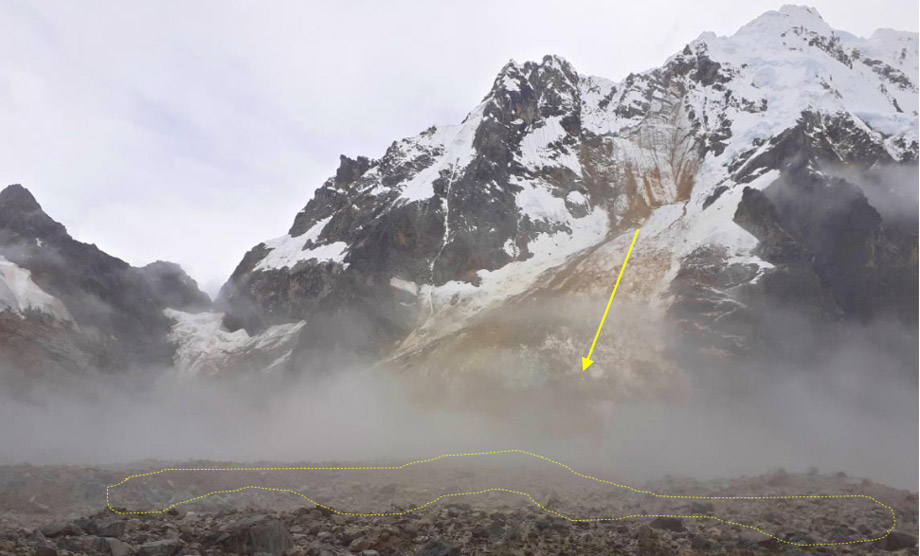
The tropical Andes are one of the regions most affected by climate change. Holger Frey worked as a researcher for the Proyecto Glaciares in the Santa Teresa region of Peru and reports in an interview on the scientific background of the natural hazards that the population faces every day.
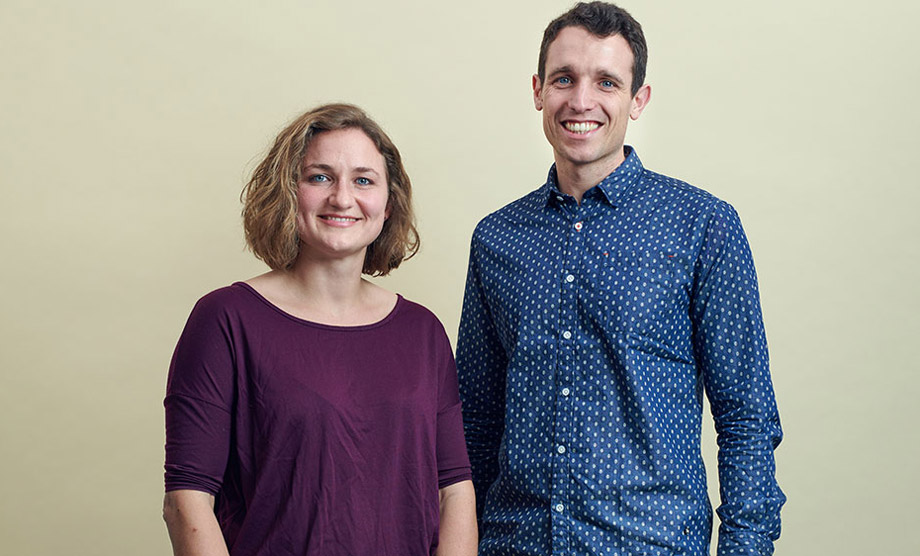
They convinced the jury with their innovative and original research: Simon Etter and Barbara Strobl from the Department of Geography and their Citizen Science project "CrowdWater".
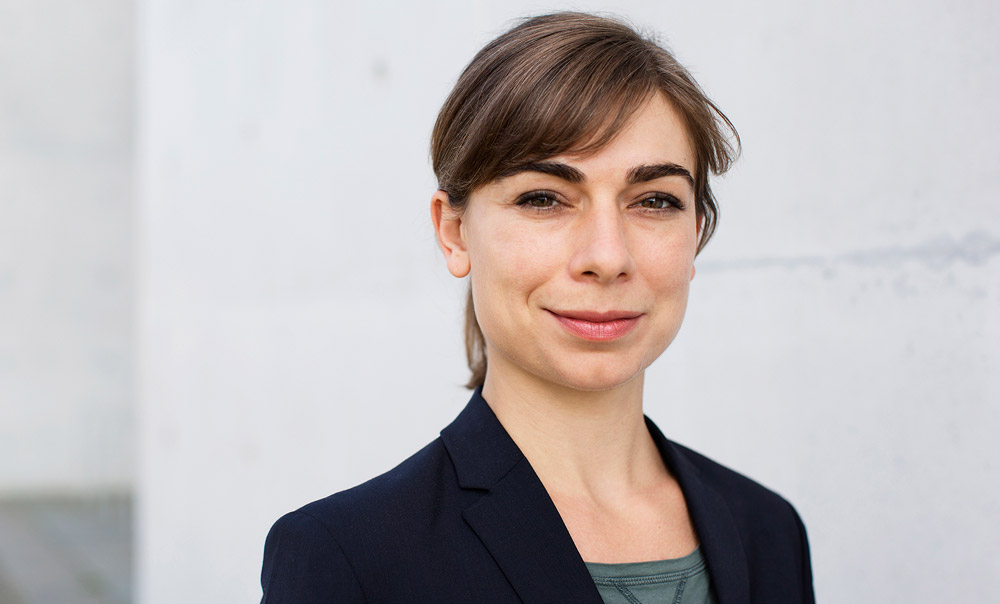
Hanna Hilbrandt started her position as an Assistant Professor for Social and Cultural Geography on 1 March 2020. Her research focuses on urban development and planning, informality and housing marginalization as well as on socio-spatial inequalities in the context of globalizing financial markets.
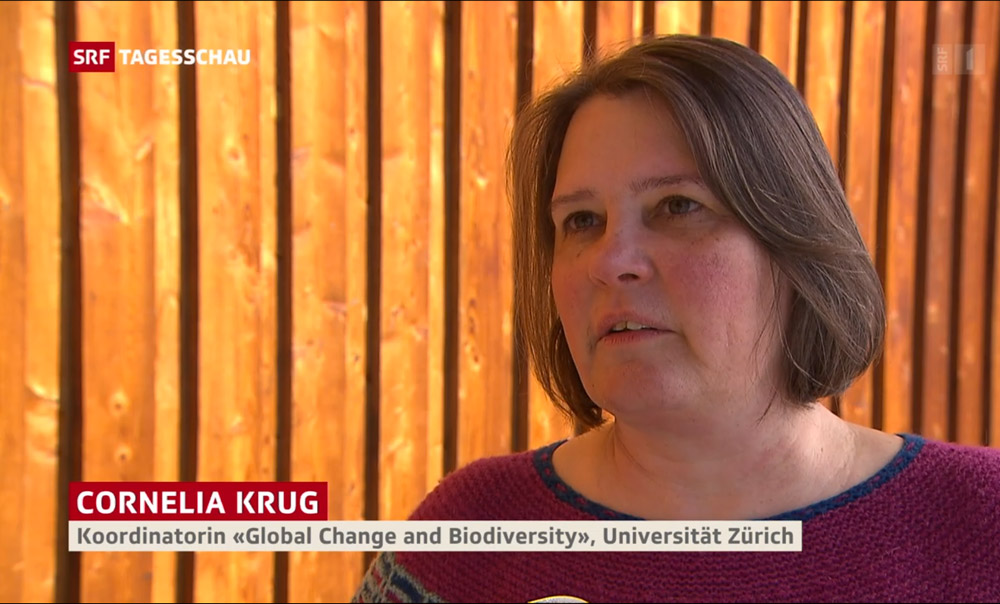
Der Artenverlust sei mindestens genauso bedeutsam für den Menschen wie der Klimawandel, sagt Cornelia Krug, eine der Organisator*innen des Welt-Biodiversitätsforum in Davos. Über 500 Forschende diskutierten Strategien zur Bewältigung des Artenverlusts.
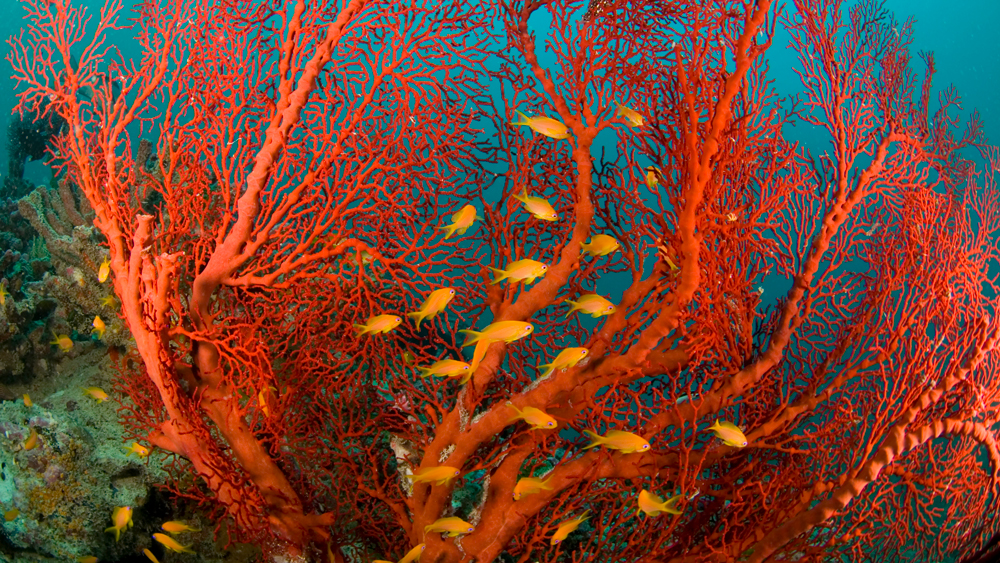
While the threat posed by climate change is well recognized, the loss of species diversity is less so. The neglected issue takes center stage, however, at the World Biodiversity Forum in Davos.
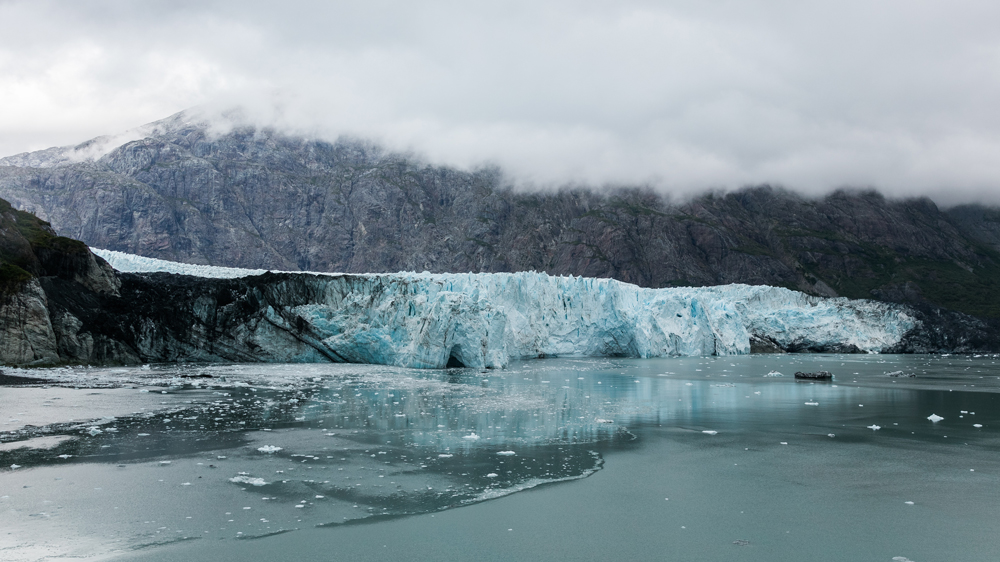
UZH researchers’ answers to the burning questions of the day made international headlines in 2019. The list of the top ten is led by a release from the Department of Geography.
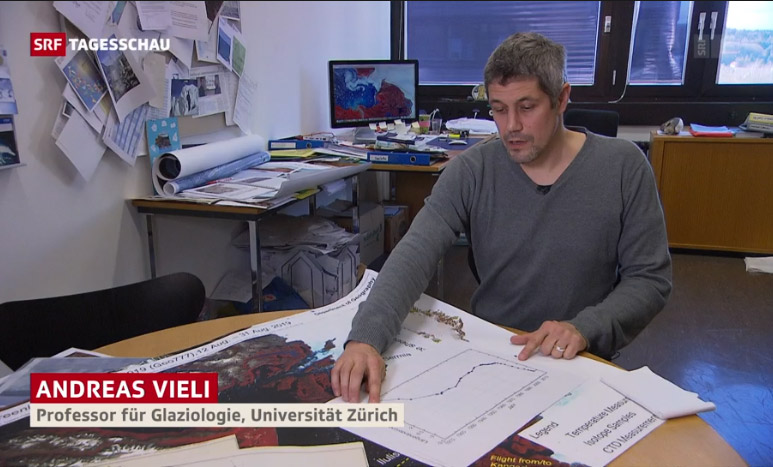
The first took place in 1912 and crossed Greenland. The collected data are still of great importance for glacier research today.
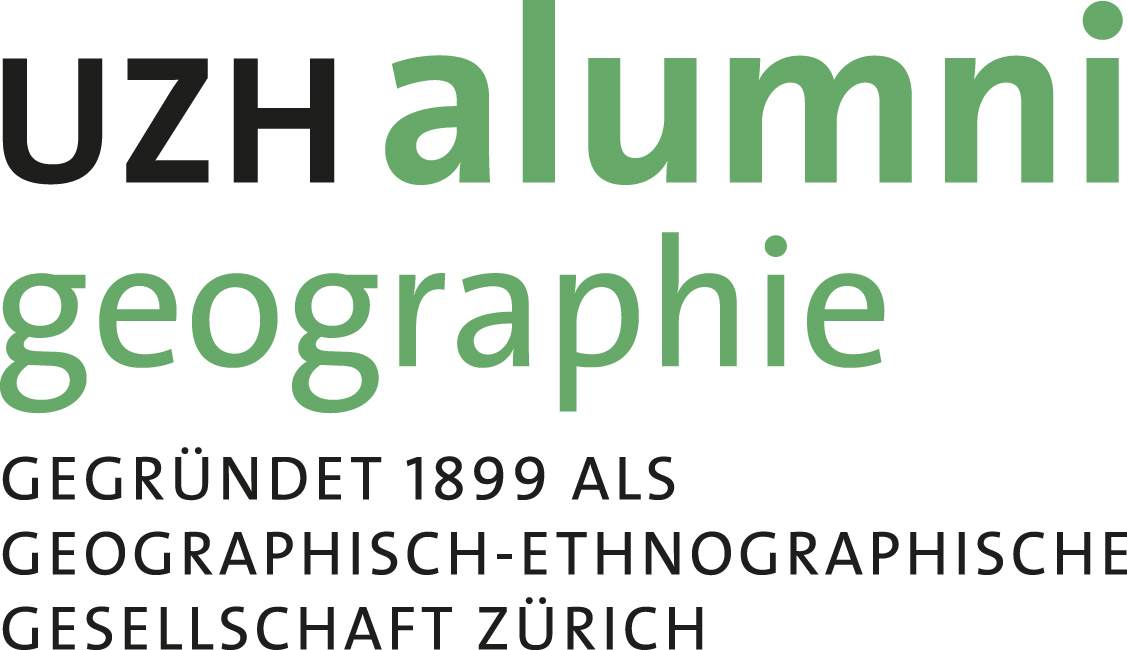
Since January 2020 the newly established society Geographie Alumni UZH (previously Geographisch-Ethnographische Gesellschaft Zürich GEGZ) has been a member of UZH Alumni.
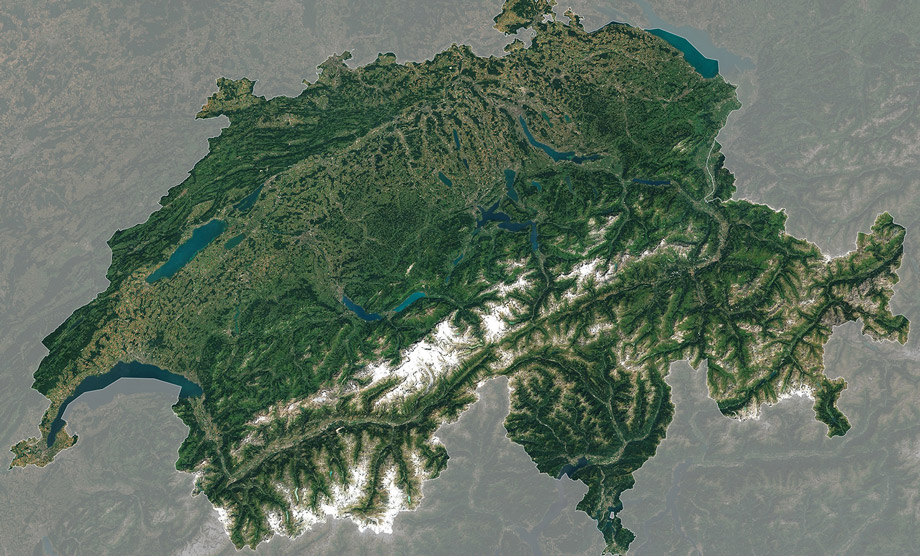
The Swiss Data Cube delivers a unique and near real-time capability to track various environmental changes: climate, vegetation, water quality, urbanization, cropland, natural habitats. The GIUZ Remote Sensing Laboratories are part of this cooperation.
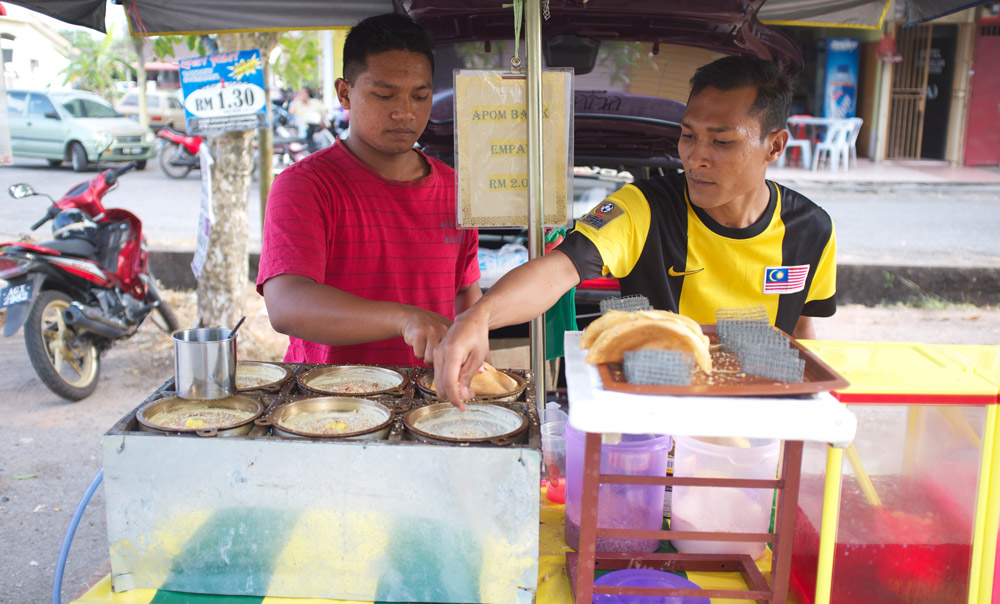
Research and teaching of this unit focuses on spatial and social aspects of nature and landscapes.

The Swiss Federal Council elected several GIUZ members to extra-parliamentary committees for the period 2020-2023. These committees support the federal administration in areas that require specific knowledge.
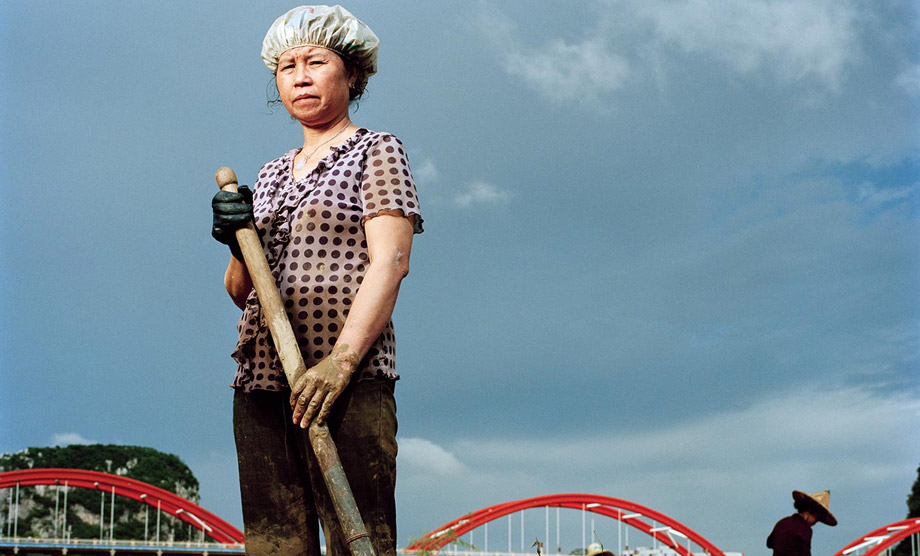
The focus of the new UZH Magazin is on saving the world – ideas from UZH researchers for a bright and sustainable future.
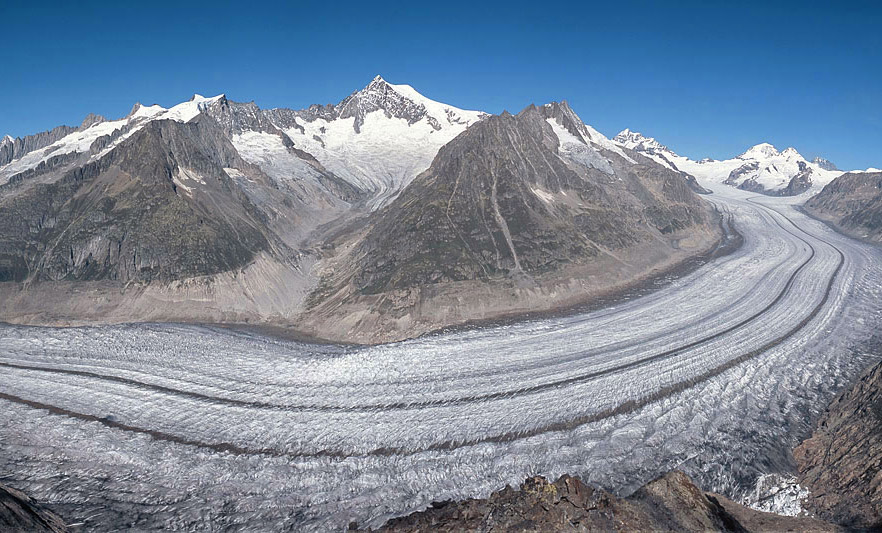
Glacier-mass changes are a reliable indicator of climate change. The worldwide network of glacier observers urges parties to the United Nations Framework Convention on Climate Change to boost international cooperation in monitoring these changes, and to include the results in the Paris agreement’s global stocktake.
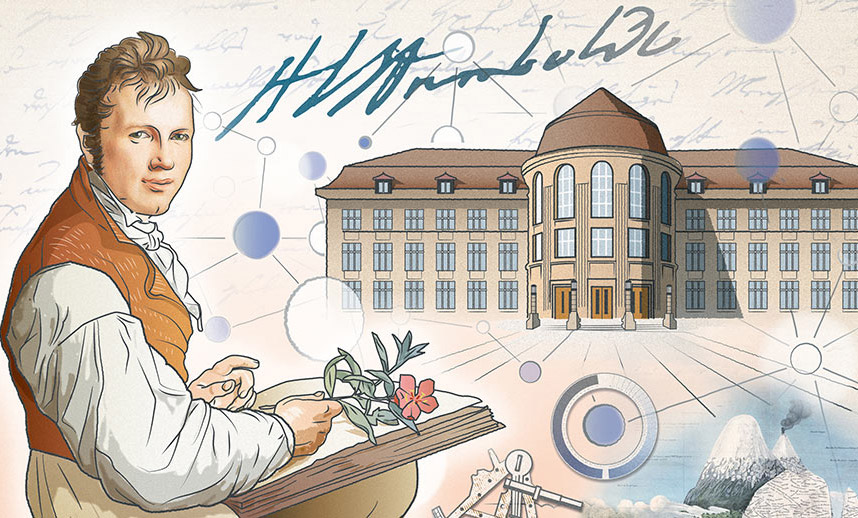
Historical role model, ideal-typical scientist, courageous expedition leader: five UZH researchers tell why they value Alexander von Humboldt as a person and researcher and how relevant his findings are to this day.
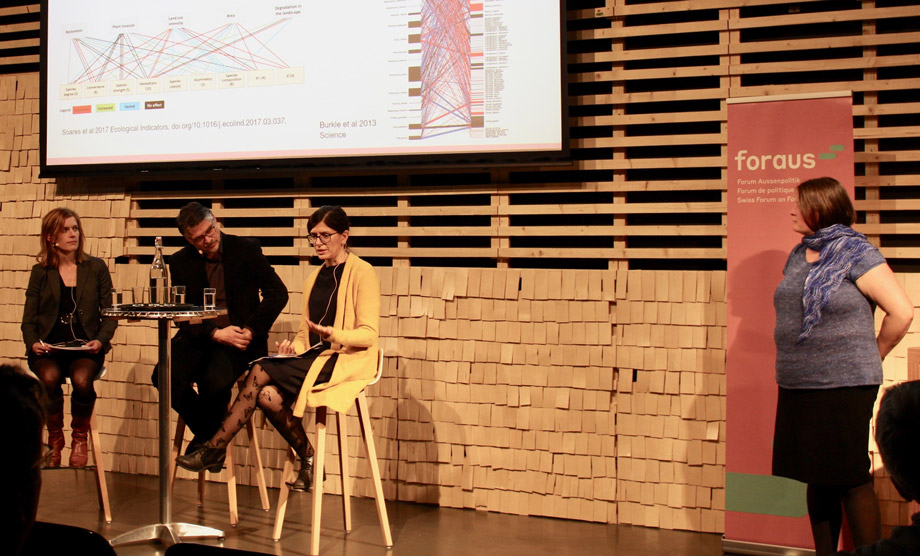
The platform «Policy Kitchen» crowdsources innovative ideas on how to tackle the biodiversity crisis – and other pressing policy challenges. Selected proposals were recently discussed with experts and professionals from science, government and NPOs, among them Maria Santos, Professor of Earth System Science at the GIUZ.
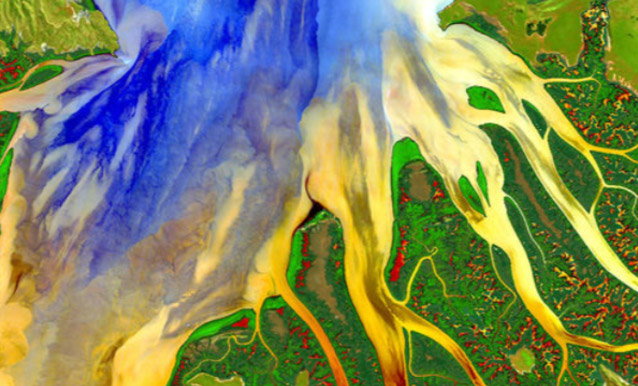
A collaboration between NASA in California and the Remote Sensing unit at the GIUZ will help scientists better understand how the Earth and its climate are changing.
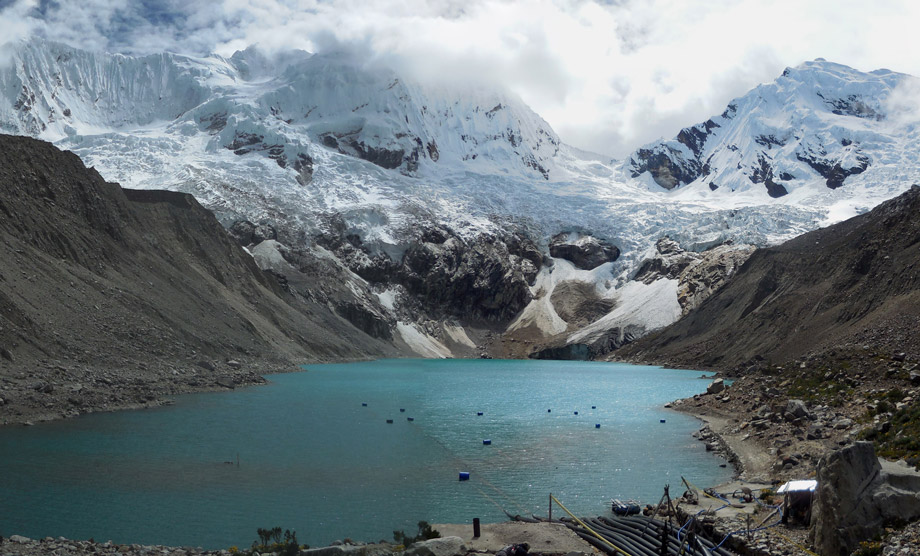
Glaciologist Christian Huggel talks to swissinfo.ch about the effects of the climate crisis on high mountain regions, lessons learned between affected countries and the physical and existential impacts of melting glaciers on locals.
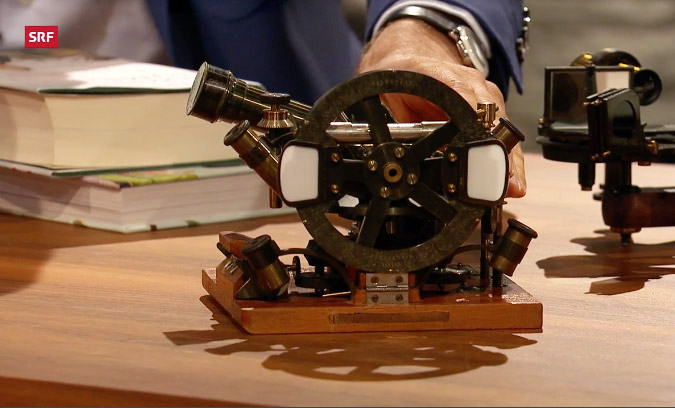
Measuring instruments of the Swiss Arctic researcher Alfred de Quervain are among the historical treasures of GIUZ. They were featured in the "Sternstunde Philosophie" on Swiss television.

Home care arrangements for elderly people are becoming increasingly important, in particular 24-hour services by migrant workers from Central and Eastern Europe. Blog post and radio interview about Karin Schwiter's research on live-in care.
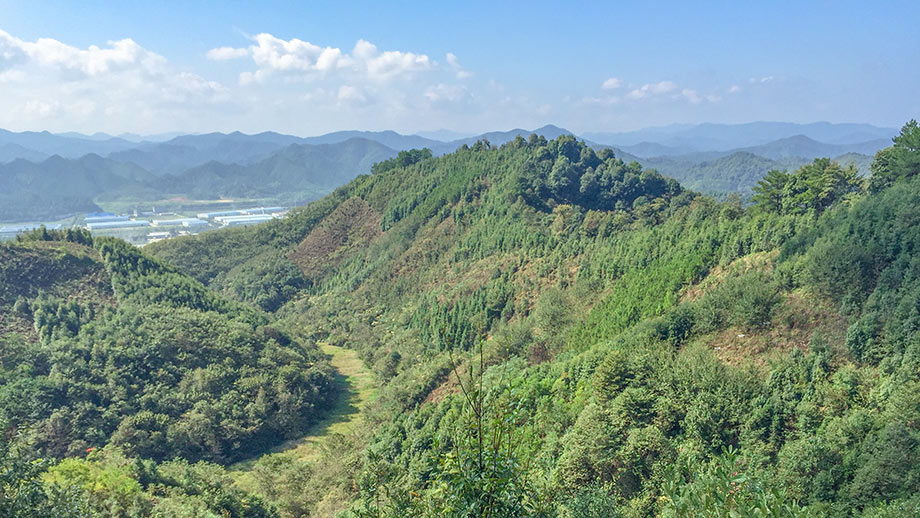
We have to make use of the abundance of nature, says Bernhard Schmid from GIUZ. He is calling for more biodiversity in agriculture, as crop mixtures produce better yields and are more sustainable than monoculture farming practices.
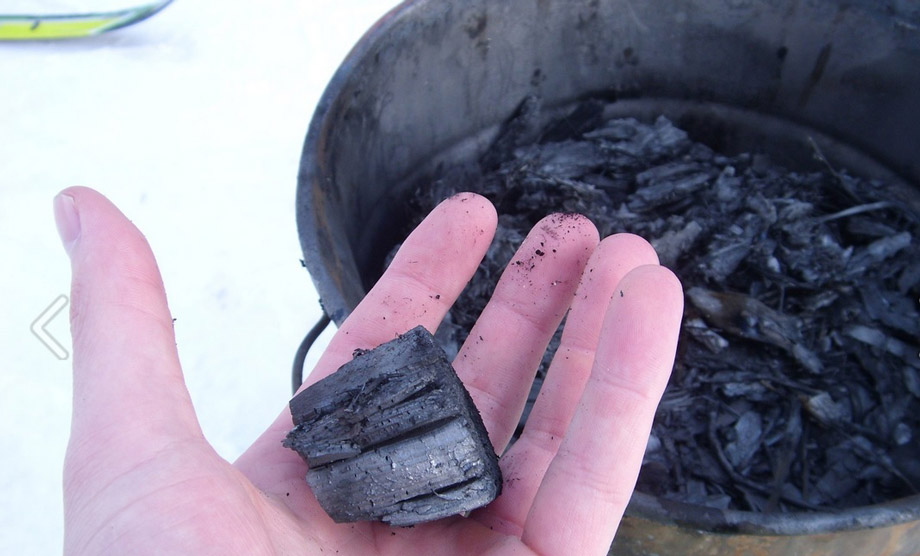
Reducing crop burning by producing biochar instead means cleaner air and more productive soils - and it contributes to carbon sequestration. Researchers from our Soil Science and Biogeochemistry unit have conducted field trials in India for over a decade.
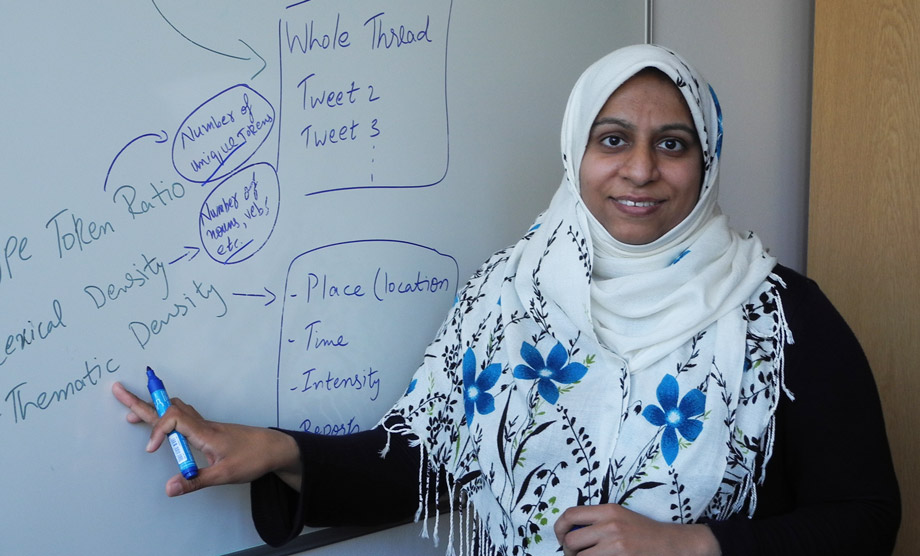
Retrieving information from tweets during natural disasters can save lives. PhD student Kiran Zahra collaborates with linguists and international organizations to develop the appropriate methods.
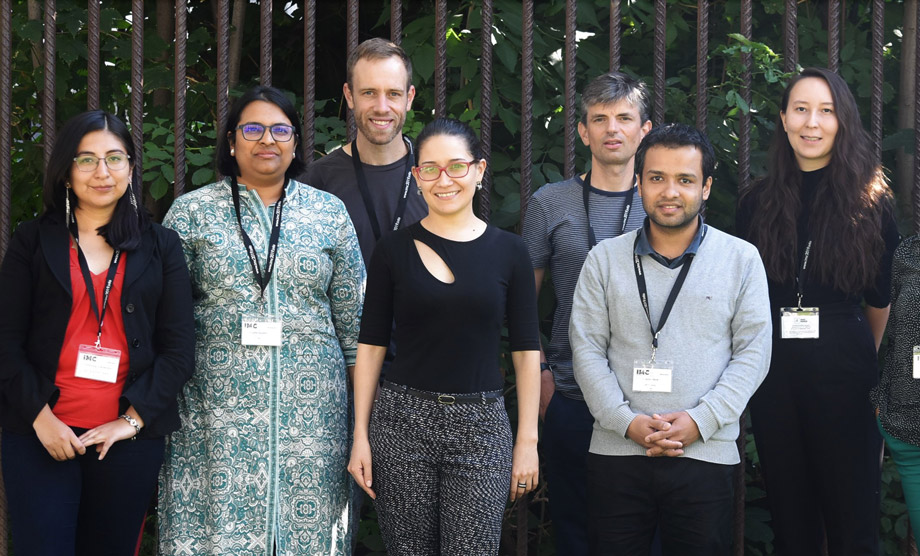
Climate change and its consequences pose even greater challenges to developing countries than industrialized countries. But these countries are severely underrepresented in bodies assessing the relevant science. A training program for early career researchers at GIUZ takes counteraction.
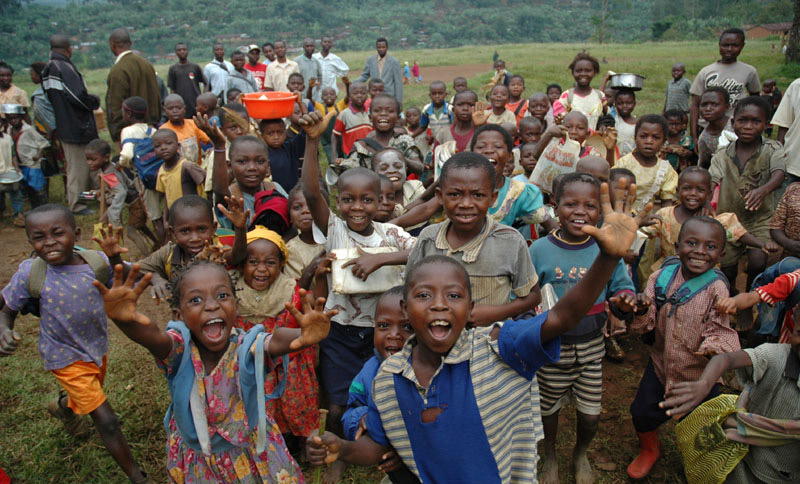
This blog makes space for insights that happen within a researcher‘s job, but might fall through the cracks of more conventional academic writing. Issues are politics of resource extraction, power and identity, and much more.
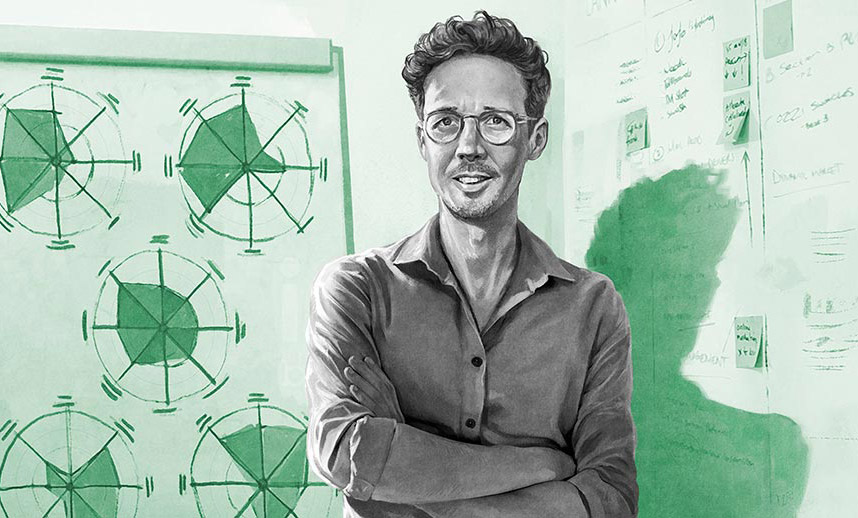
Celebrated alumni look back at their time at UZH. Social geographer Michael Hermann has made a name for himself as a political analyst.

In the talk show «Zoom Persönlich», full-time moms and working moms discussed the compatibility of work and family life. One of the scientific guests was economic geographer Karin Schwiter.
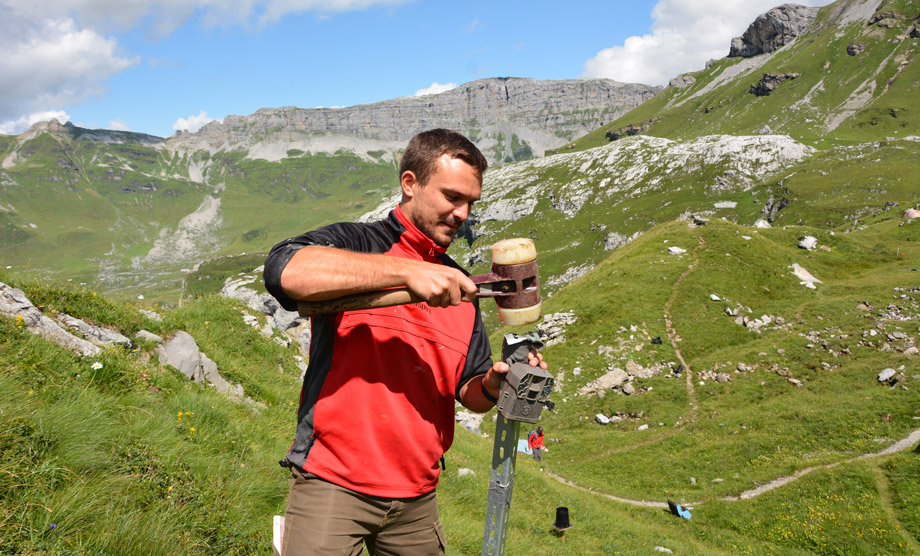
Am Klausenpass untersuchen Wissenschaftler in einem multidisziplinären Projekt den Wasserabfluss nach Starkniederschlägen und die Verdunstung der Pflanzen. Im Zuge des Klimawandels soll dies nützlich werden.

Die Scientifica findet vom 30. August bis 1. September 2019 statt - mit zahlreichen Beiträgen des GIUZ!
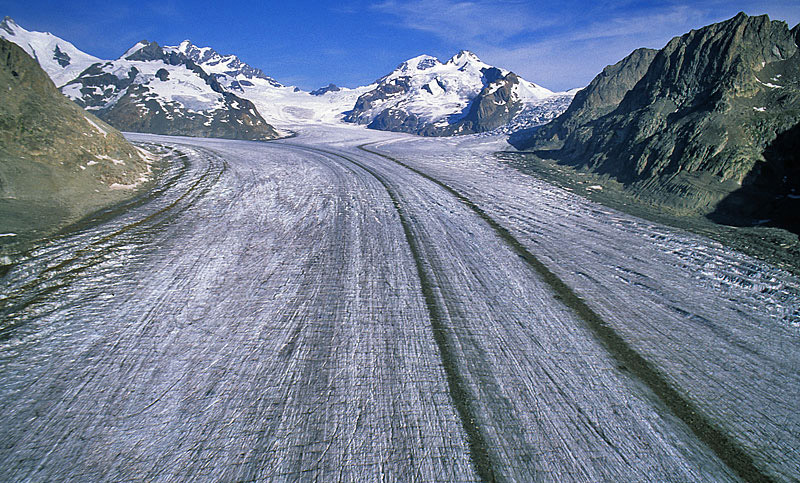
The 125 year jubilee of the World Glacier Monitoring Service (WGMS), located at the Department of Geography, attracted considerable media attention. The General Assembly was split into three regional meetings which were held in Zurich, Switzerland, Almaty, Kazakhstan and El Calafate, Argentina, respectively.
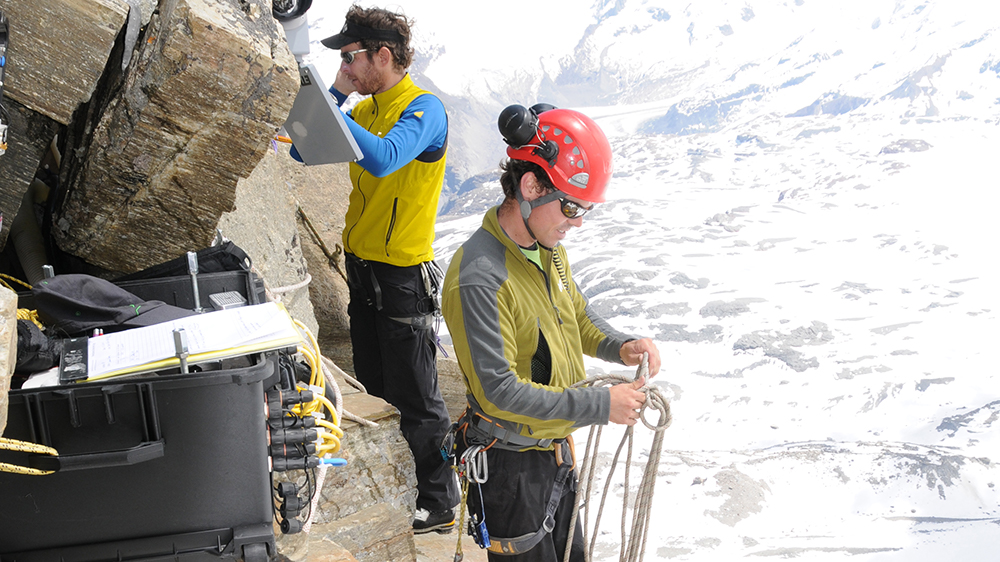
A unique project is linking in-situ measurements with natural hazards research. For the past ten years, a network of wireless sensors on the Matterhorn’s Hörnli ridge has been constantly streaming measurement data on the condition of steep rock faces, permafrost and prevailing climate.
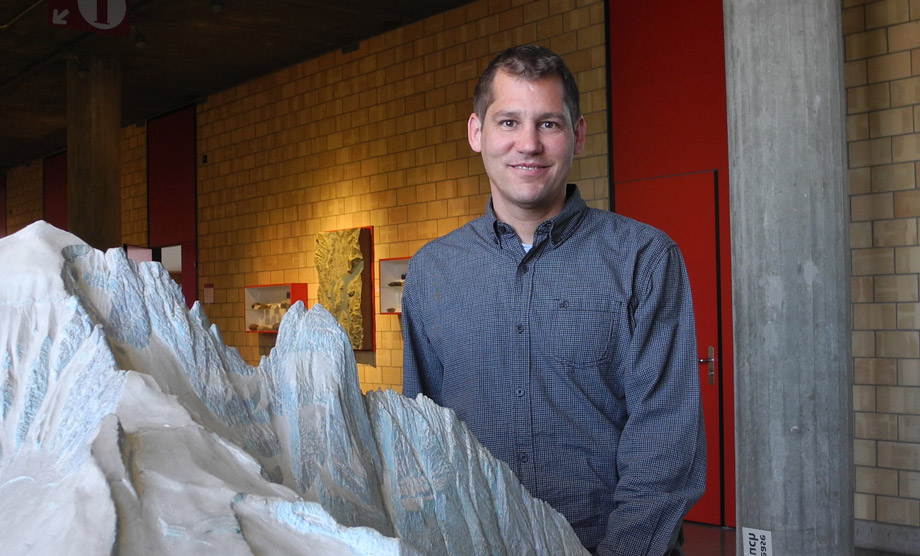
Andreas Linsbauer untersucht, wie schnell die Schweizer Gletscher schmelzen. Mit einem 3-D-Erlebnis will er die Menschen aufrütteln.
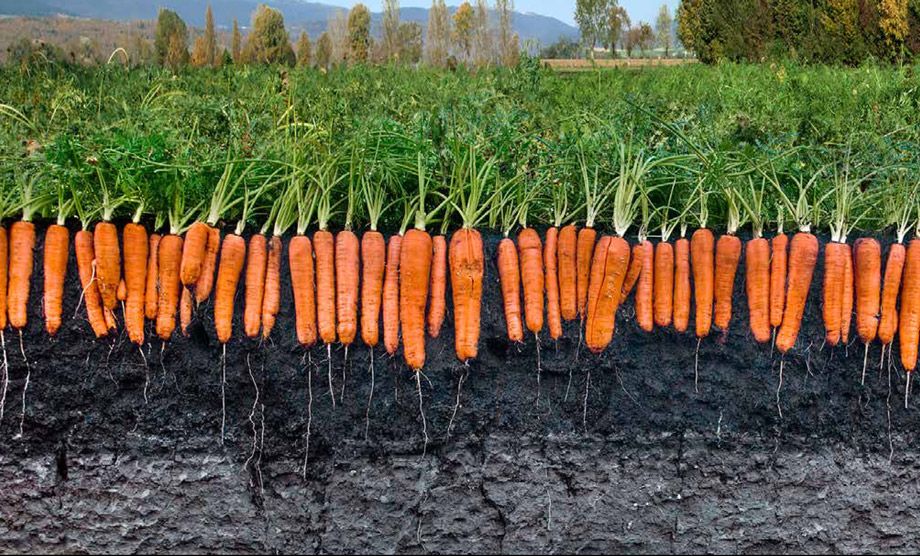
Over the past 160 years, water corrections transformed the swampy and peaty landscape of the "Berner Seeland" into the main vegetable producer in Switzerland - and resulted in a drastically shrunk of soils. With this integrative project, students have now the unique opportunity to collaborate in planning the future of this region.
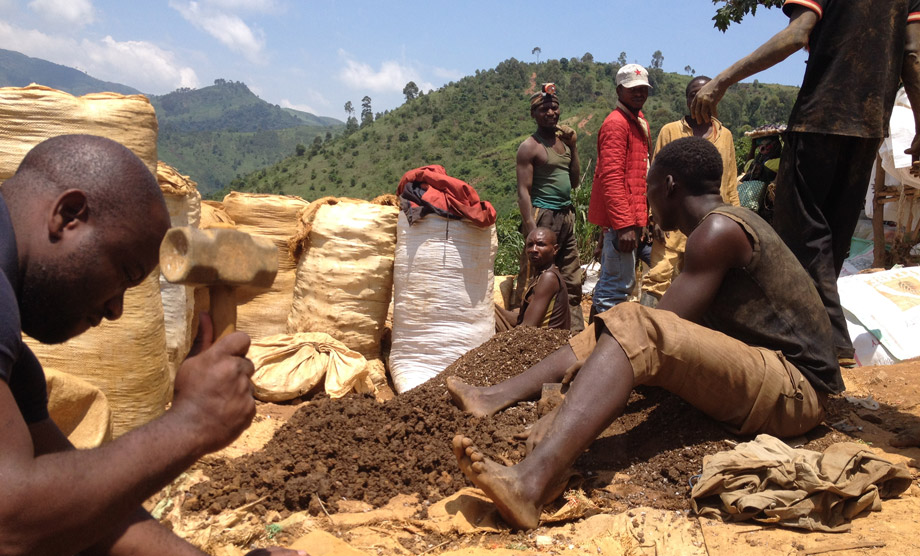
The highly prestigious Swiss Network for International Studies (SNIS) Award for the best thesis in international relations was attributed to Christoph Vogel’s PhD Thesis on conflict minerals.
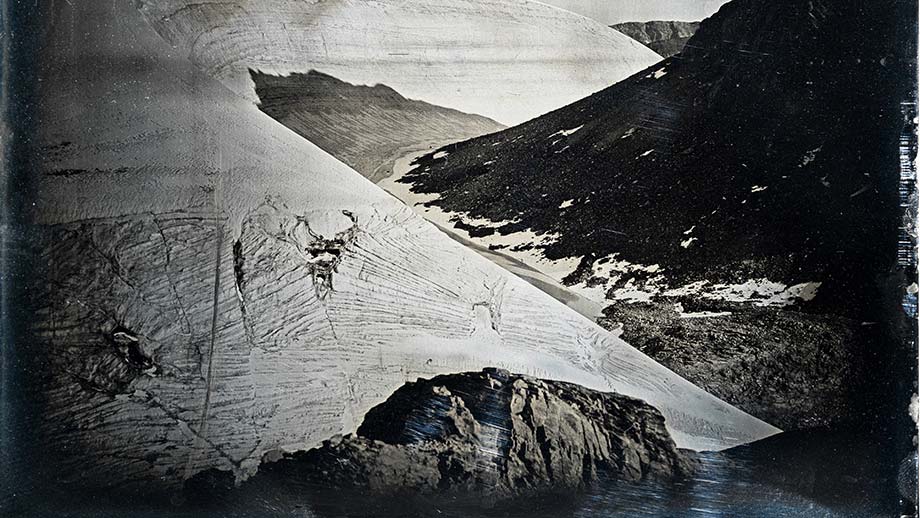
Even though glaciers react relatively slowly to rising temperatures, Switzerland will have to adjust to a future without these magnificent ice masses. We will manage – but the challenges facing Asian countries are far greater, says Andreas Linsbauer.
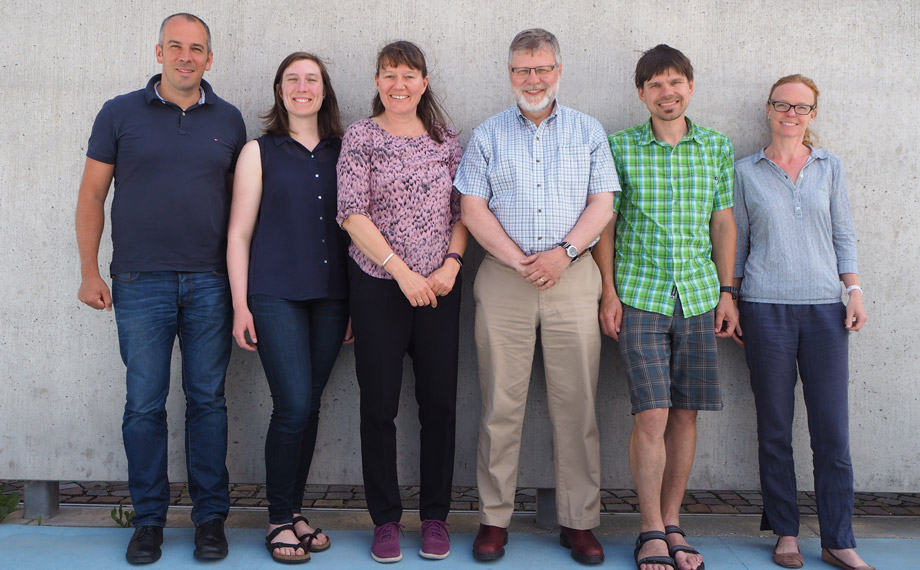
The Executive Committee of the International Permafrost Association (IPA) met on June 17 at GIUZ for a one-day strategy meeting. Dr. Isabelle Gärtner-Roer serves as Vice-President of IPA.
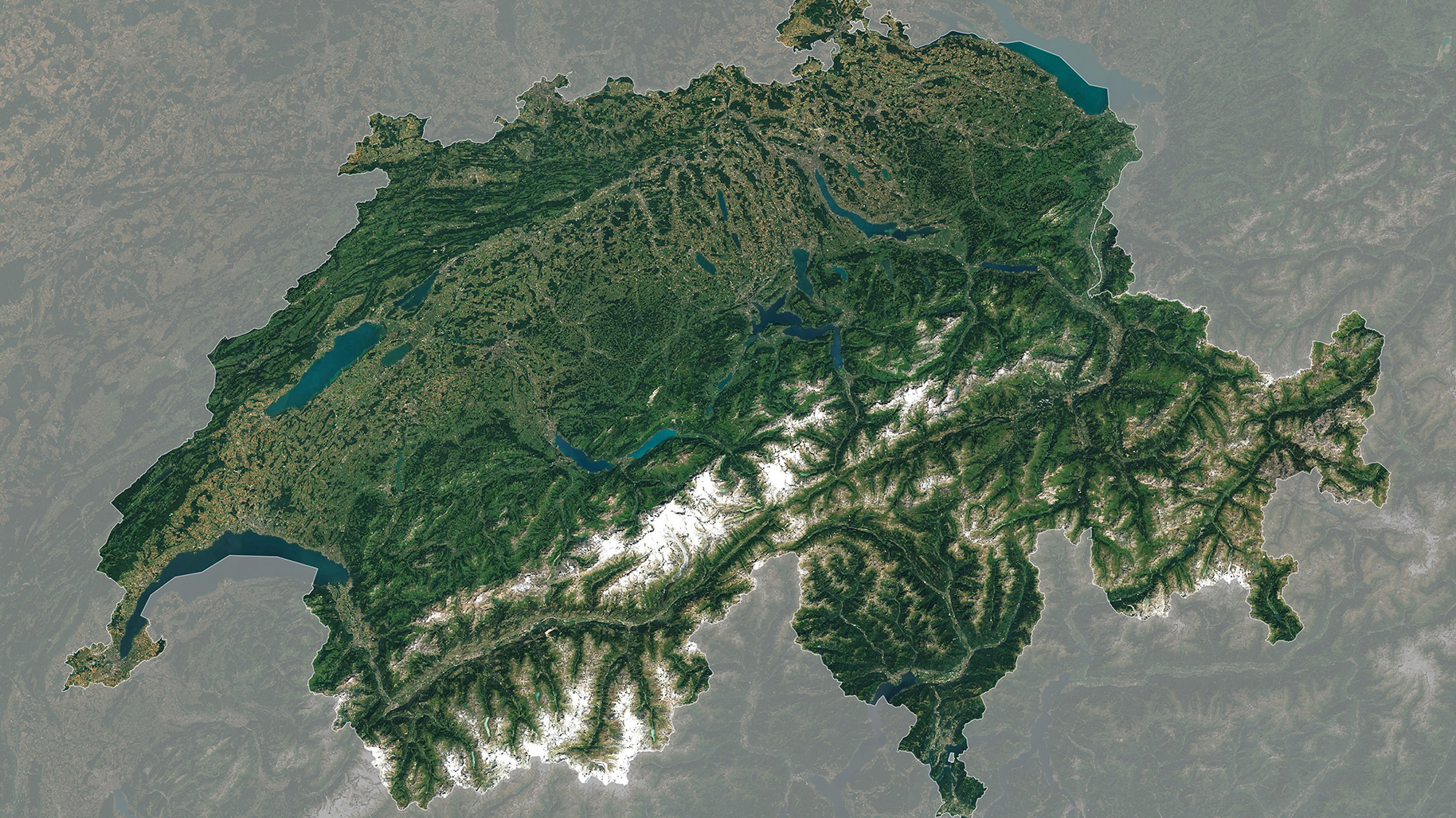
The Swiss Data Cube (SDC) is an innovative technology that gathers all available satellite images from the American Landsat program and the European Sentinel 1 and 2. UNEP/GRID-Geneva, the University of Geneva (UNIGE), the University of Zurich (UZH) and the Swiss Federal Institute for Forest, Snow and Landscape Research (WSL) have entered a new cooperation agreement to foster the use of Earth Observation data for environmental monitoring at national scale.
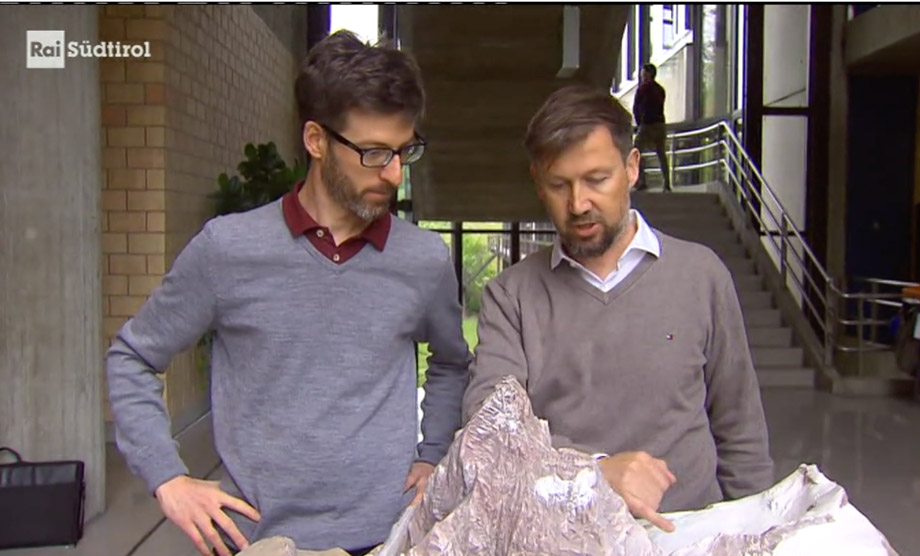
Rai Südtirol hat das World Glacier Monitoring Service (WGMS) besucht, eine Hochburg der internationalen Gletscherforschung, und die Arbeit von Philipp Rastner und Holger Frey dokumentiert.
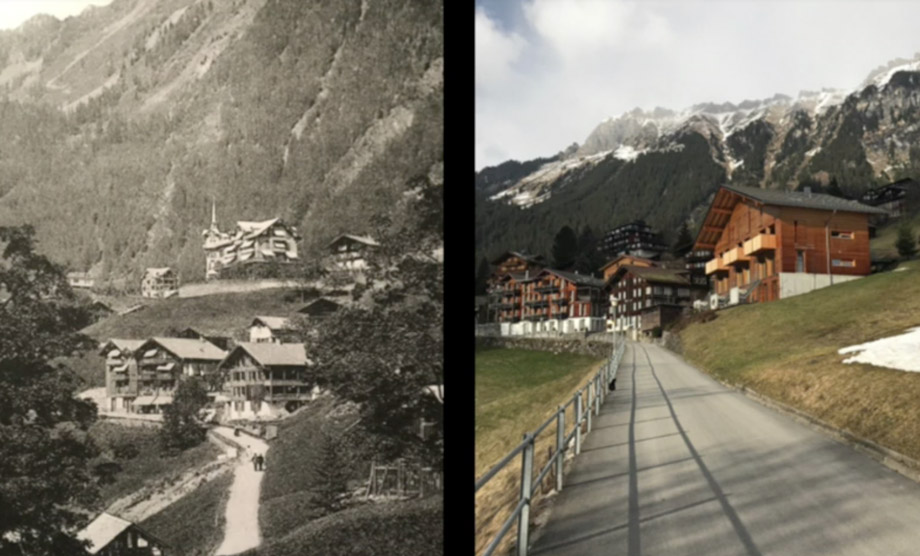
As part of the Land Change Science course, students interviewed a person they know about observed land changes at different locations in Switzerland and produced a video.
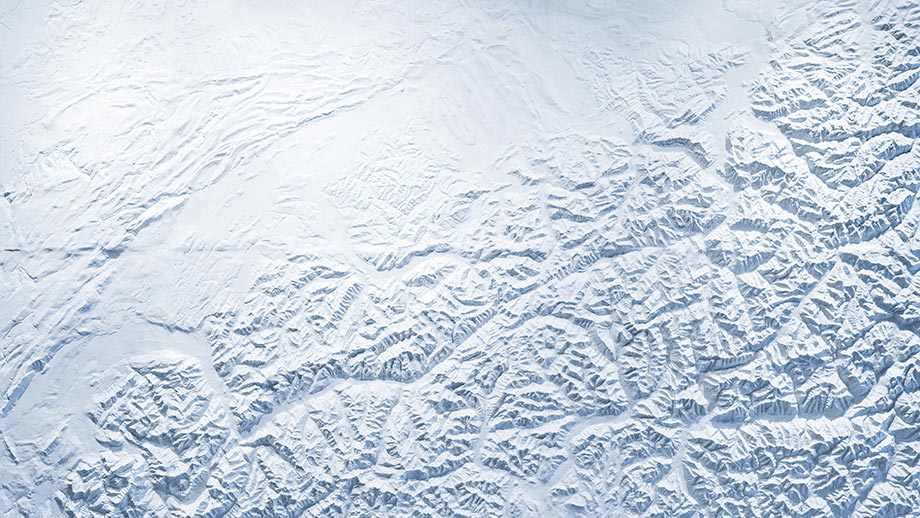
At the entrance to the Department of Geography, set against a burgundy wall, a white plaster relief sculpture of Switzerland commemorates the history of the discipline. In the past, a lesson without this kind of relief construction was unthinkable.
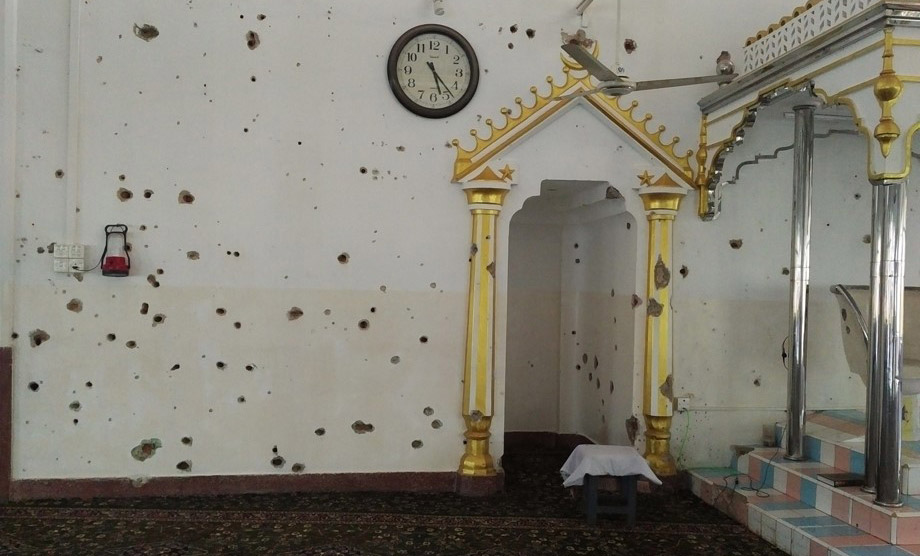
Die Anschläge auf Kirchen und Hotels am Ostersonntag haben Sri Lanka erschüttert. Die Radikalisierung der islamistischen Attentäter hat weniger mit dem globalen Dschihad zu tun als vielmehr mit der Identitätspolitik des Landes, schreiben Benedikt Korf und Christine Schenk in der FAZ.
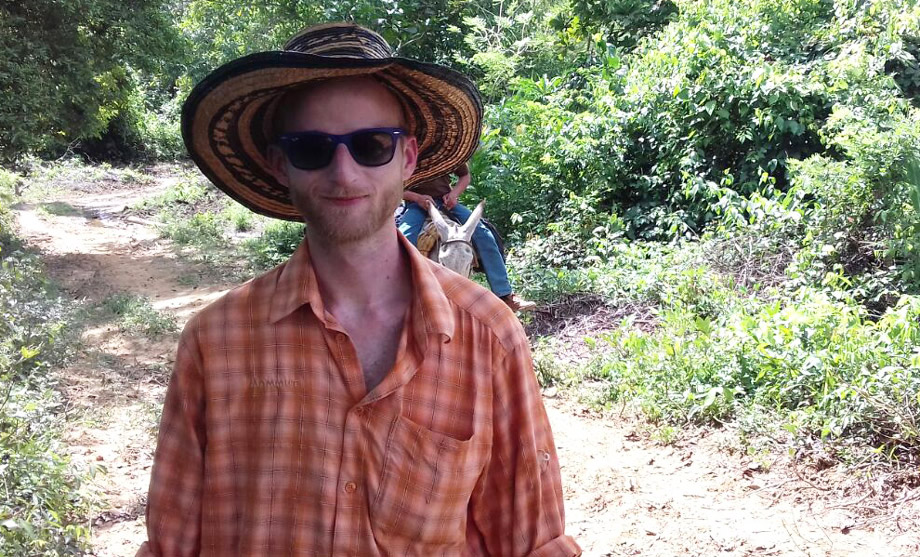
Gold mining in Colombia is deeply entangled with decades of internal armed conflict. Various interests clash. PhD student Christoph Kaufmann is researching sustainable solutions.
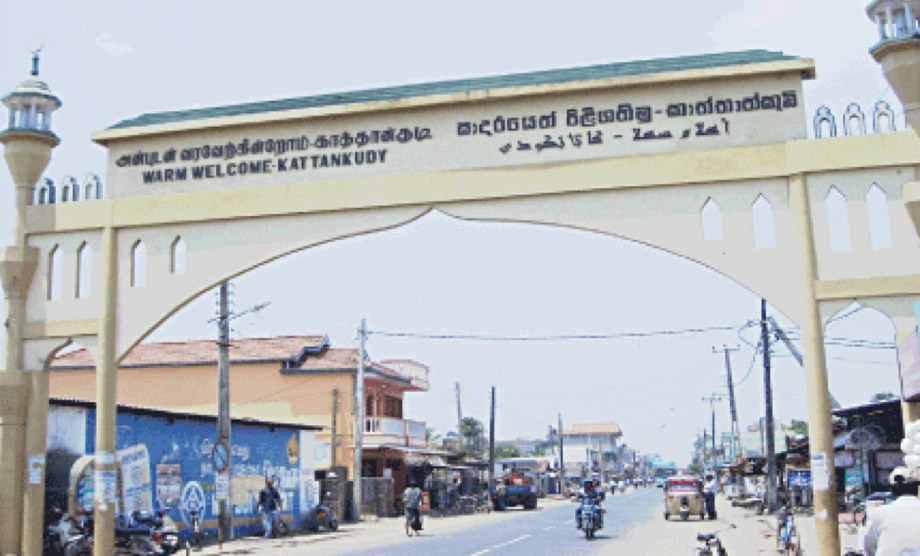
On the occasion of the devastating bomb attacks in Sri Lanka on Easter Sunday 2019, Wiley Publisher has made the paper available free access that S.H. Hasbullah and Benedikt Korf wrote on Muslim politics, inter-Muslim violence and Islamization in Kattankudy.
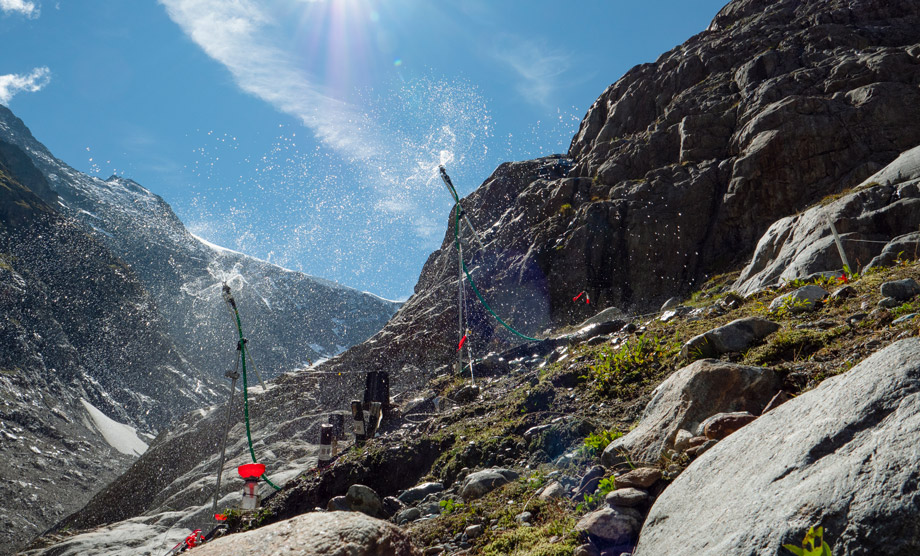
The picture taken by Florian Lustenberger, MSc student and teaching assistant at the Department of Geography, won a distinction in the Scientific Image Competition of the Swiss National Science Foundation. It shows the artificial rainfall simulation on the 1990s moraine of the Stein-Glacier near the Susten pass in the Bernese Alps.
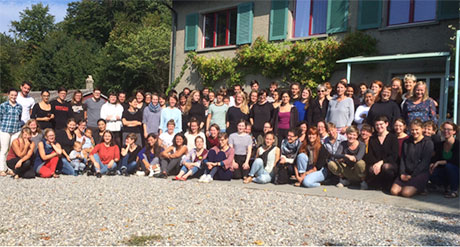
The summer school "Gender and Space" - co-organised by several GIUZ members - gathered 100 students and lecturers around a number of activities and themes for taking stock of the trajectories and directions of feminist geographies. One of the activities inspired a blogpost on gender and space in the neoliberal academy.
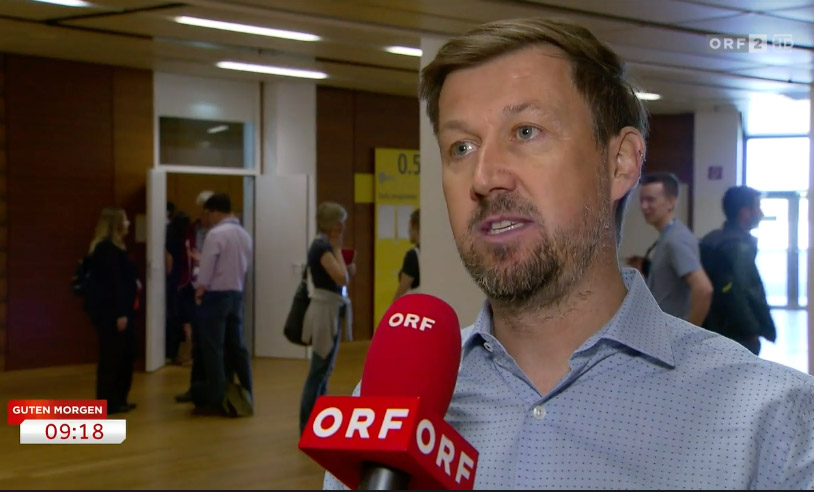
The study recently published in "Nature" by an international research team led by Michael Zemp, director of the World Glacier Monitoring Service at the Department of Geography, generated a large media response worldwide.
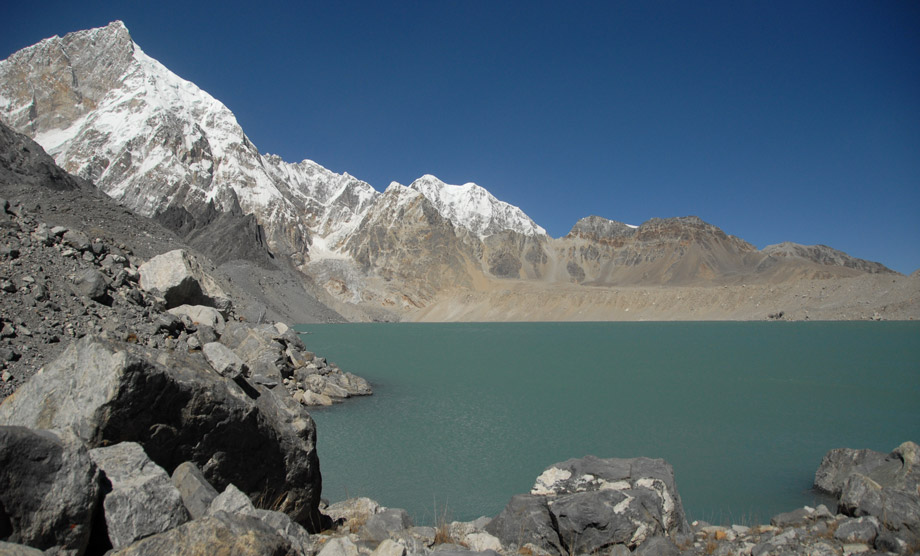
The flood danger posed by glacial lakes across the Tibetan Plateau has been assessed in the most comprehensive study of its kind so far. Simon Allen, member of the international research team, was interviewed by BBC.
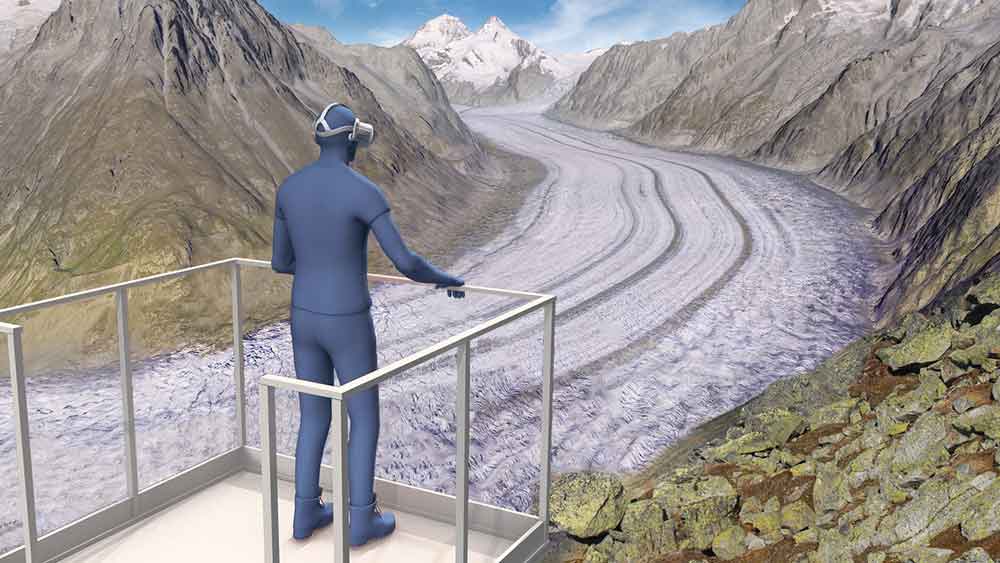
Umweltthemen zielgruppengerecht vermitteln, das macht Andreas Linsbauer als Ausbildner zukünftiger Lehrpersonen und als Wissenschaftler am Geographischen Institut. Heute wird die von ihm geleitete Ausstellung «Expedition 2 Grad» im Nationalparkzentrum Zernez eröffnet.
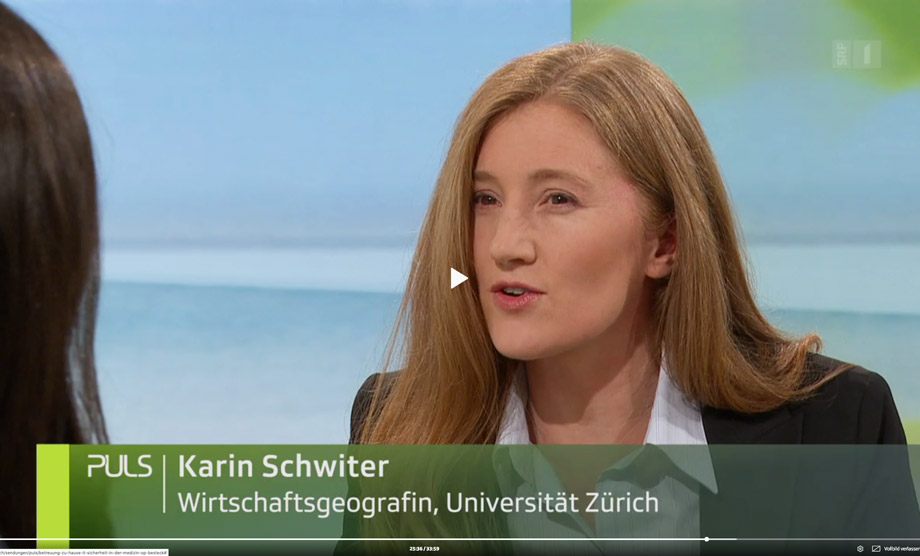
Frauen aus osteuropäischen Ländern kümmern sich in Schweizer Haushalten um Betagte. Ihre Tätigkeit ist gesetzlich kaum geregelt. Wie fair die Bedingungen sind, hängt von den Betreuungsagenturen und den Angehörigen ab, die sie beschäftigen. Wirtschaftsgeographin Karin Schwiter erklärt, was beachtet werden muss.
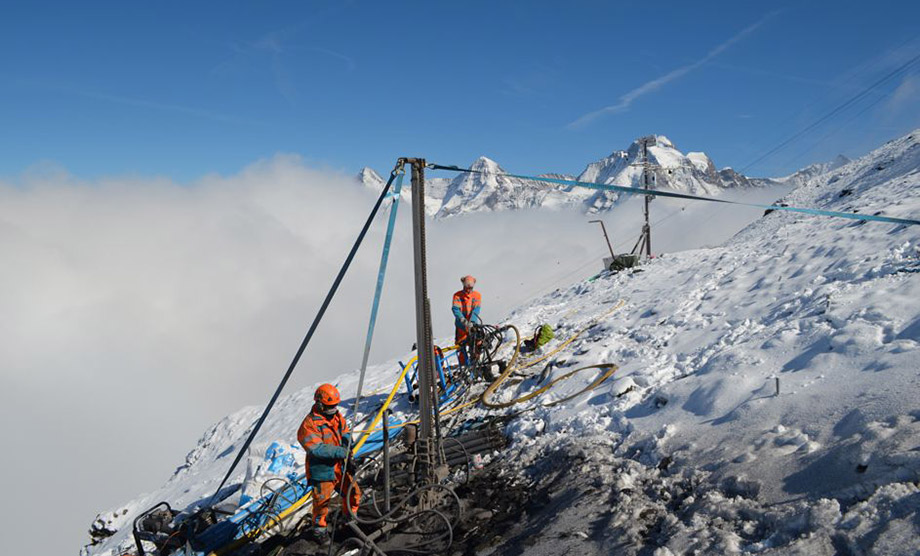
Nach einer kurzen Pause von ein bis zwei Jahren setzte sich die Erwärmung des alpinen Permafrostes im hydrologischen Jahr 2017/18 wieder fort. Das zeigen die neusten Messungen des Schweizer Permafrostmessnetzes PERMOS. Das Geographische Institut ist einer der sechs Partner des Messnetzes.
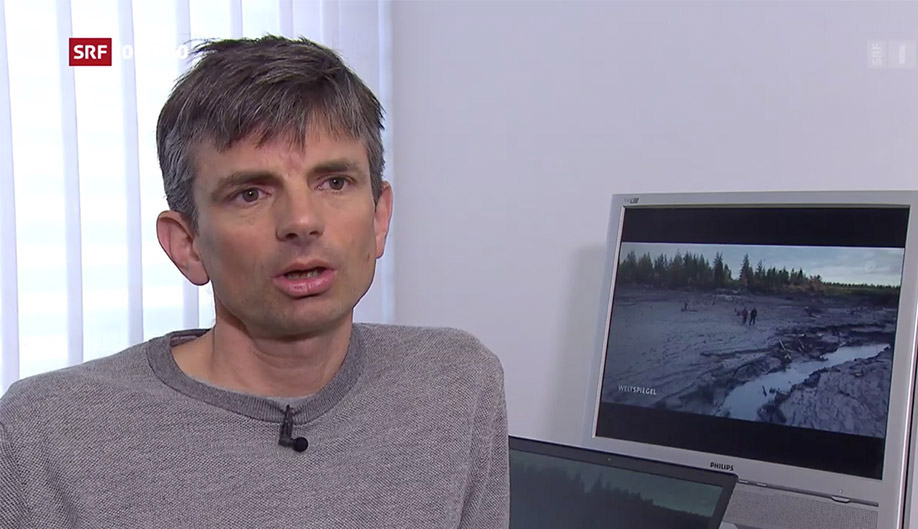
Über Jahrtausende hinweg war die Erde in der russischen Taiga gefroren. Doch jetzt taut der Untergrund aufgrund der Klimaerwärmung. Die Auswirkungen sind massiv, auch auf die Menschen und ihre Lebensgrundlage, erklärt Christian Huggel vom Geographischen Institut.
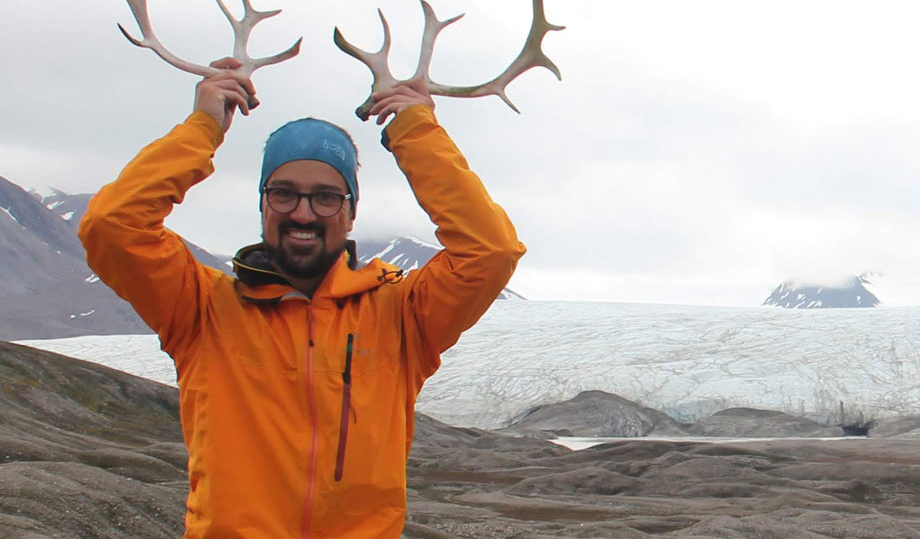
In high alpine regions, ice keeps loose debris masses together. Alessandro Cicoira computes the influence of climate on rock glaciers as part of his PhD thesis.
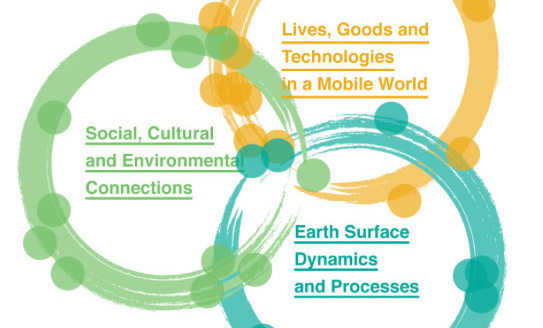
The multi-faceted and interdisciplinary research done at our department is now bundled into three thematic clusters.
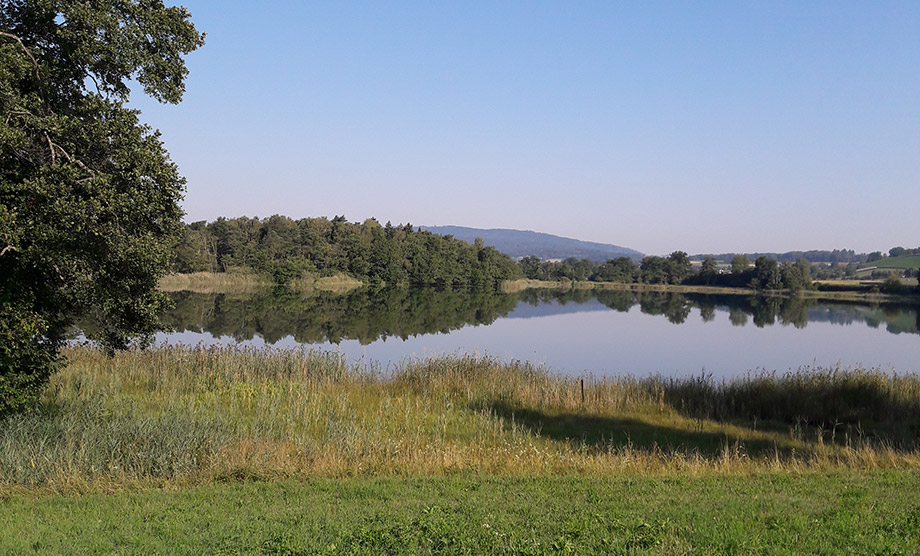
Forschende der Universitäten Zürich und Lausanne haben untersucht, welche Bedeutung Landschaften für das Wohlbefinden haben. Unter den fünf Studienobjekten sind auch die Katzenseen, Naherholungsgebiet am Stadtrand von Zürich.
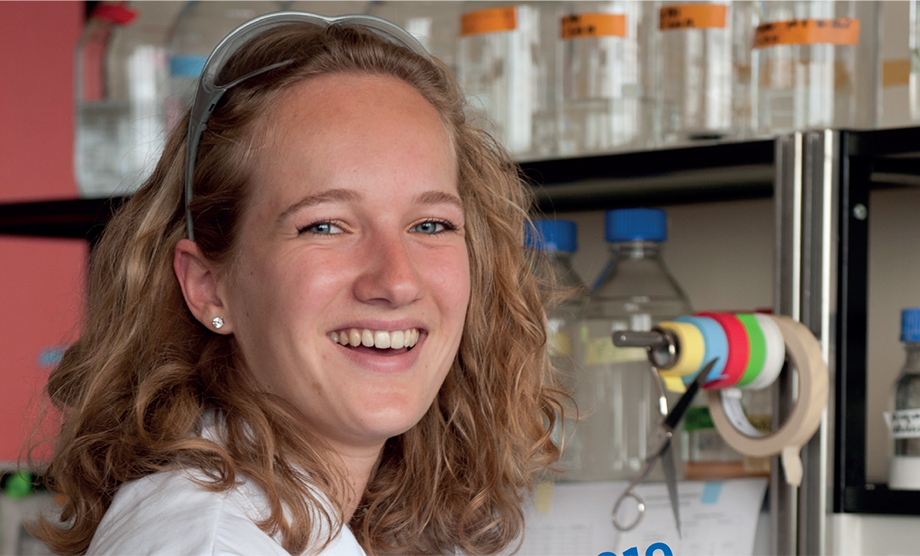
Interested in studying Geography or Earth System Science? Visit the Science Info Day on March 9, 2019 at Irchel Campus.
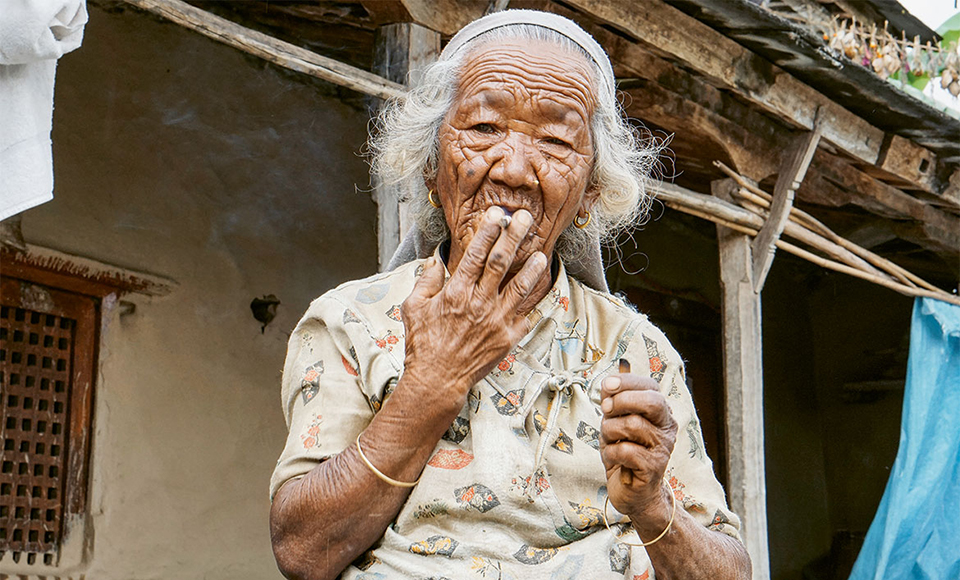
Field research in dying villages: One of Sarah Speck's pictures was published in "horizons", the Swiss research magazine.
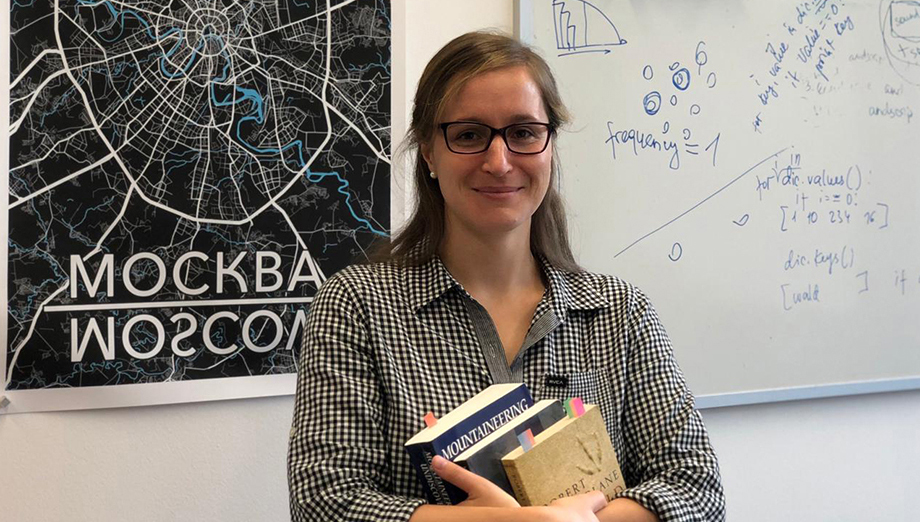
What is the contribution of sounds to the way people perceive landscapes? Using automatic text analysis methods, Olga Koblet tries to answer this question in her PhD thesis.
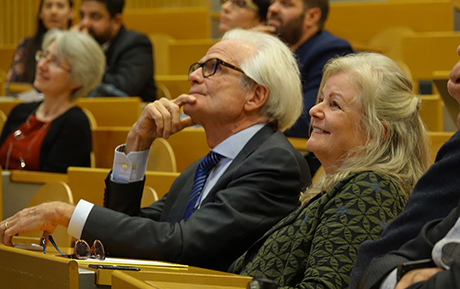
A great many colleagues, collaborators and friends shared the moment of farewell with Prof. Ulrike Müller-Böker. Through their speeches and greetings they made this an impressive and memorable event.
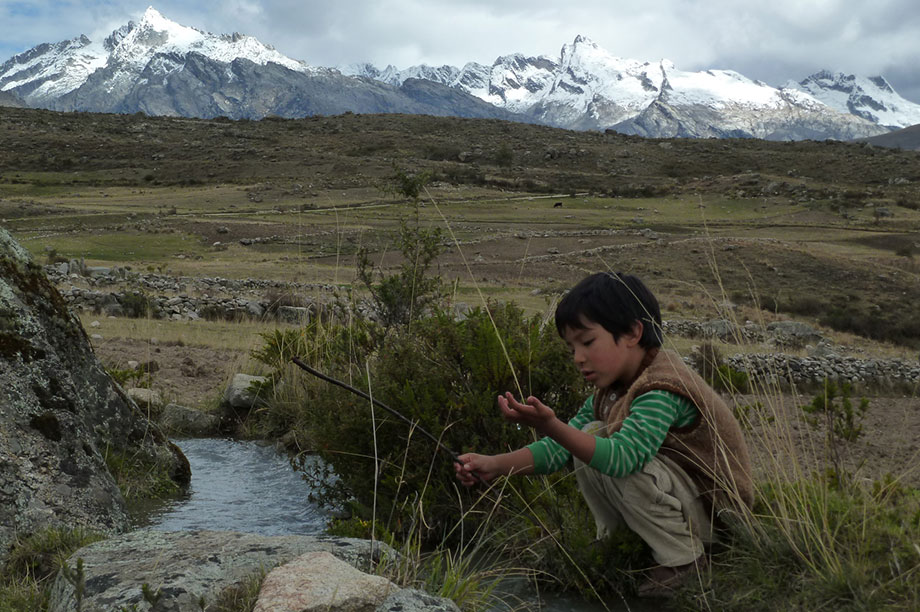
For the purpose of the UN Climate Conference (COP24) this week in Katowice, Poland, a team of scientists from various institutions - including GIUZ resarchers Christian Huggel and Samuel Nussbaumer - developed a communication campaign on the effects of shrinking glaciers on ecosystems, people and economy.
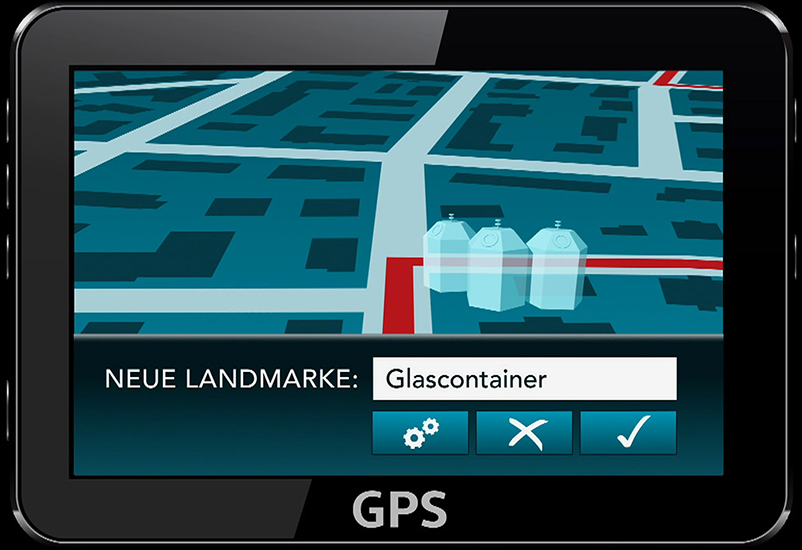
Schluss mit blindem Vertrauen in elektronische Pfadfinder: Forscherinnen und Forscher des Geographischen Instituts tüfteln an einem Navi, das zugleich den Weg weist und den Orientierungssinn trainiert.
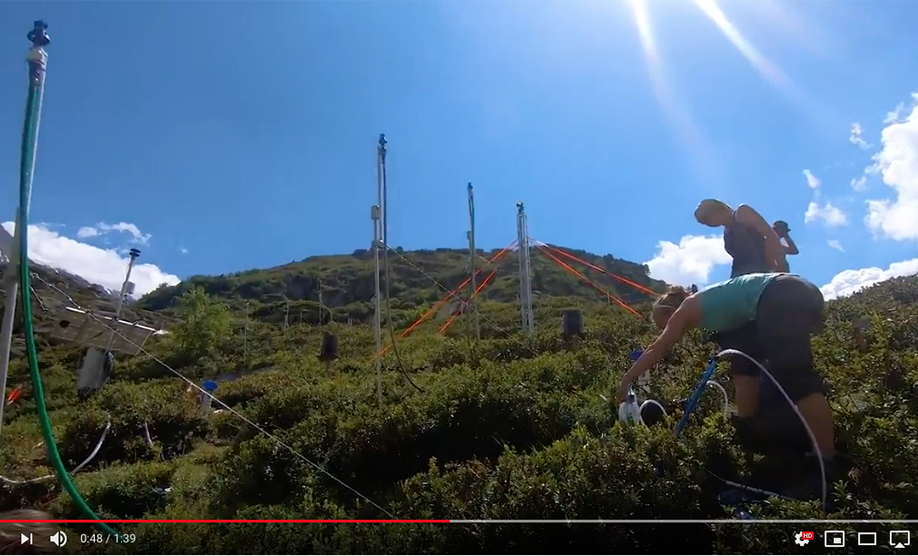
The multidisciplinary HILLSCAPE project had its first field season at the Sustenpass. A movie about their work is out now.
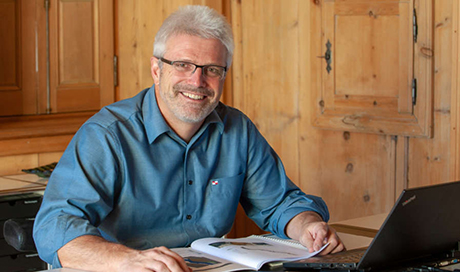
Die Eidgenössische Nationalparkkommission hat Dr. Ruedi Haller als neuen Direktor des Schweizerischen Nationalparks gewählt. Ruedi Haller promovierte am Geographischen Institut der Universität Zürich. Er ist der erste Geograph seit über hundert Jahren, der diese Stelle mit grosser Sichtbarkeit übernimmt.
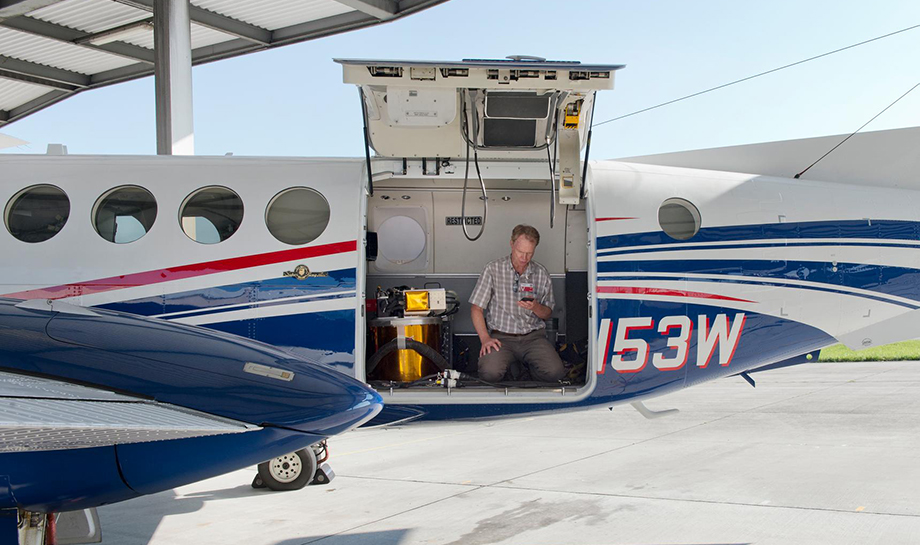
Am Anfang stand eine grosse, fast verwegene Idee: Könnte man auf einem Satelliten ein Messgerät installieren, das die Biodiversität auf dem gesamten Planeten Erde fortlaufend kartiert und überwacht? Forscher der Universität Zürich arbeiten zusammen mit der Nasa an der Umsetzung dieser Vision.
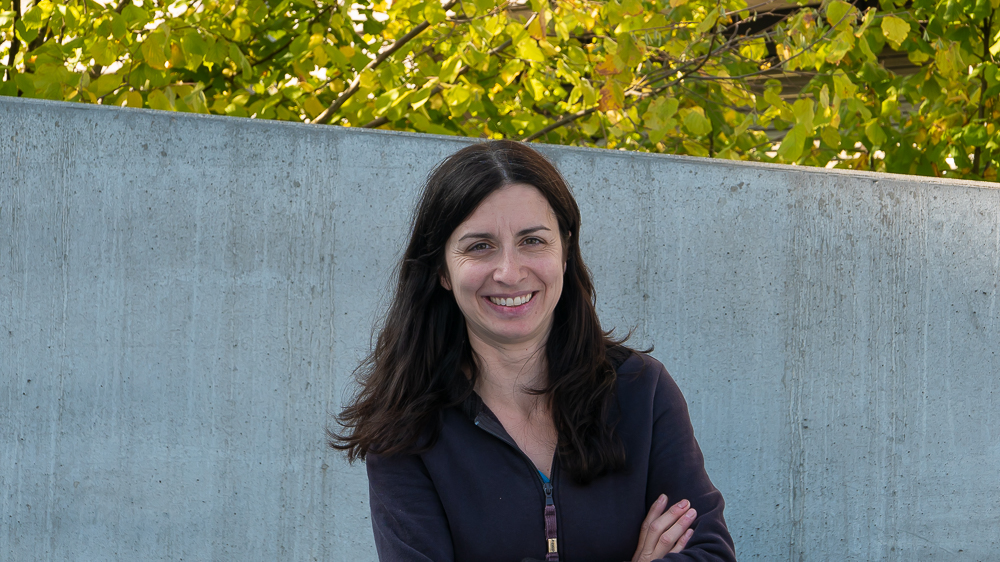
Thanks to its far-reaching and interdisciplinary research and teaching in the area of climate change, UZH has been chosen as a climate action hub. This distinction is awarded by the United Nations Academic Impact on the occasion of United Nations Day.
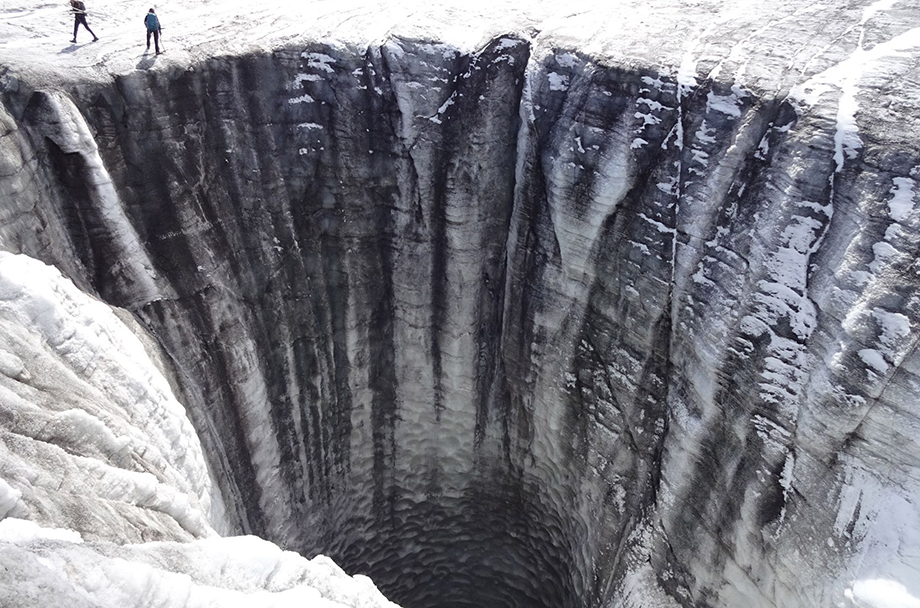
Im Hitzesommer 2018 verzeichneten die Gletscher massive Verluste. Ohne die riesigen Winter-Schneemengen wäre die Schmelze noch viel dramatischer ausgefallen.
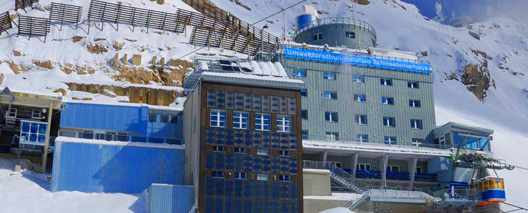
Anfang Oktober haben sich Mitglieder des europäischen Copernicus Erdbeobachtungsprogramms im Höhenforschungsobservatorium „Schneefernerhaus" auf der Zugspitze getroffen. Ihre Daten liefern wichtige Grundlagen für den Bericht des Weltklimarats IPCC. Mit dabei war Philipp Rastner vom Geographischen Institut und World Glacier Monitoring Service (WGMS).

Die Kantone Graubünden und Tessin gaben bei der Universität Zürich eine Studie über die Ablehnung des Nationalparks Adula im Jahr 2016 in Auftrag. Norman Backhaus, Professor für Humangeographie und Studienleiter, spricht im Radiointerview über die wichtigsten Erkenntnisse.
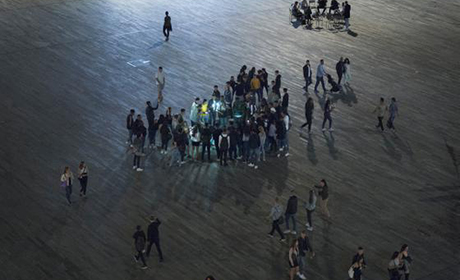
Die Humangeografin Sara Landolt forscht seit vielen Jahren zu Jugendlichen im öffentlichen Raum. Im Interview spricht die Forscherin der Universität Zürich darüber, was Jugendliche an solchen Orten reizt und wie die sozialen Medien ihr Nachtleben verändert hat.
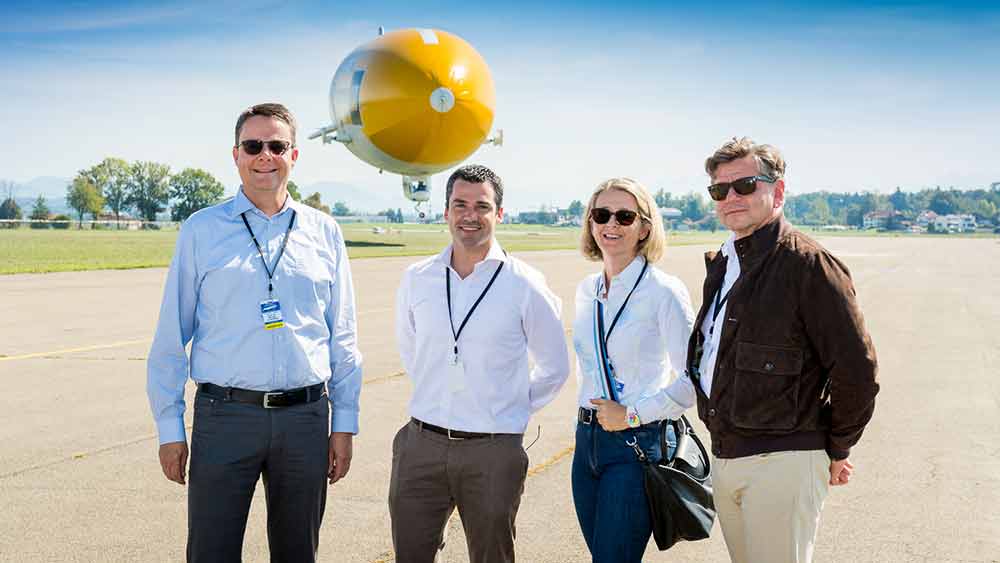
Using a new airborne method, remote sensing expert Michael Schaepman will investigate the diverse interactions of ecosystems, species and genes over large areas. This method could help to understand global biodiversity. His research project is supported by the NOMIS Foundation.
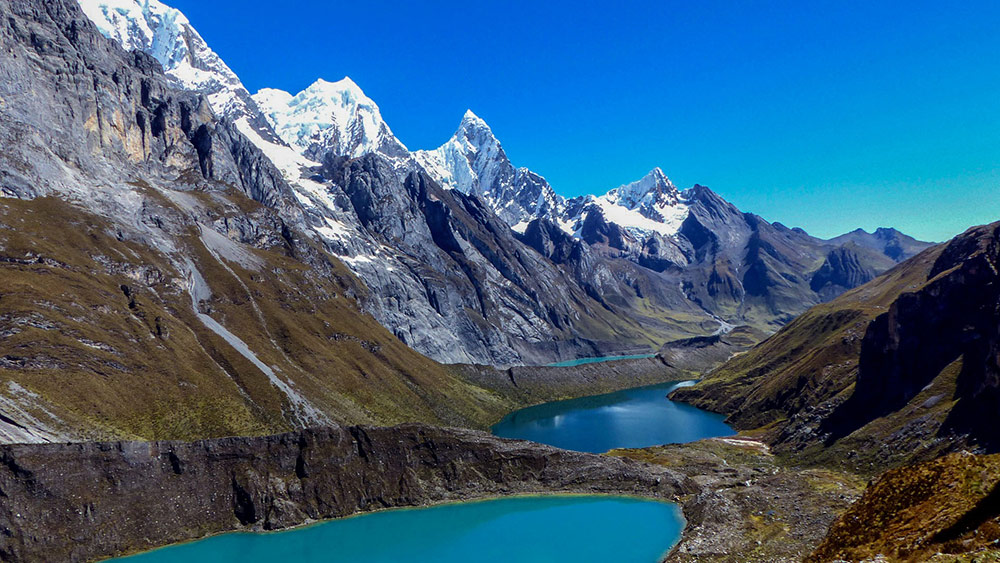
The environment is changing and glaciers, for instance, are melting faster. This forces people to adapt. But how? Answers to these and other questions are provided by a SUDAC project sponsored by swissuniversities and led by Christian Huggel from the Institute of Geography.
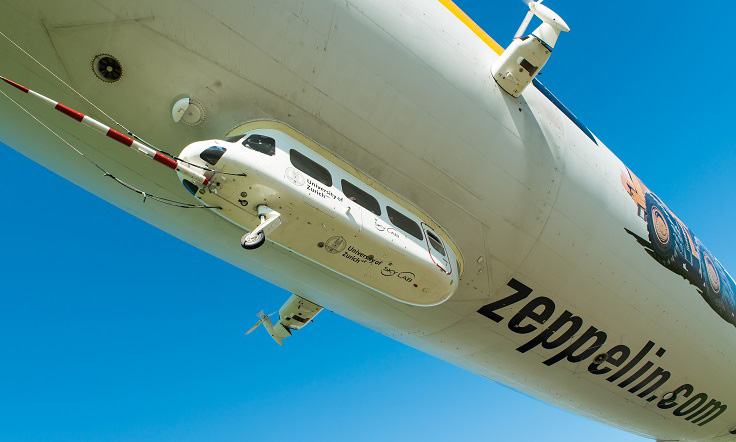
Ganze Abfallberge von Plastiksäcken und -flaschen treiben auf der Meeresoberfläche. Doch wieviel Plastik tatsächlich unsere Meere verschmutzt, ist unklar. Ein Schweizer Forschungsteam mit Philip Jörg und Rogier de Jong vom Geographischen Institut will nun darüber Klarheit schaffen und testet Messgeräte mit ungewöhnlichen Methoden.
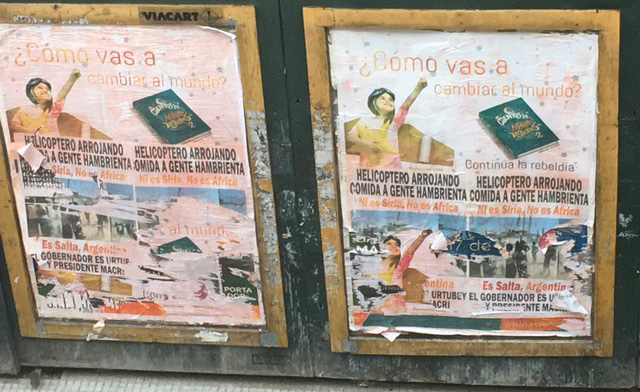
No investors, cancelled subsidies, massively rising prices: Argentina is threatened by a major crash. Christian Berndt, economic geographer at the University of Zurich, answers the most important questions.
_small.jpg)
We have to announce the sad news that Shahul Hasbullah, Professor emeritus, Department of Geography, University of Peradeniya, Sri Lanka, has passed away on 25 August 2018.
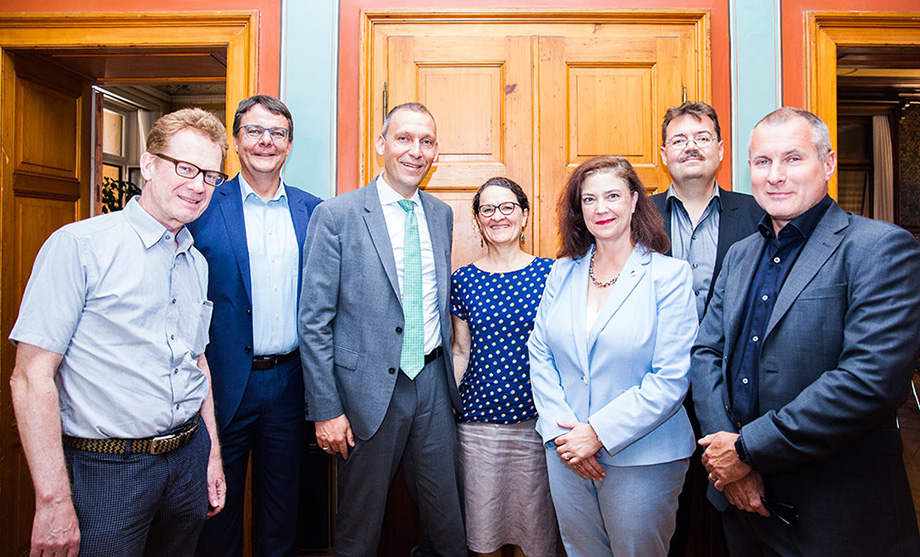
UZH had the honor of welcoming Thomas Zurbuchen, Associate Administrator for the Science Mission Directorate at NASA. He was able to gain an impression of current aviation and spaceflight projects that are being carried out at the UZH Space Hub. These include a variety of earth observation projects led by Michael Schaepman, professor of Remote Sensing at the Department of Geography.
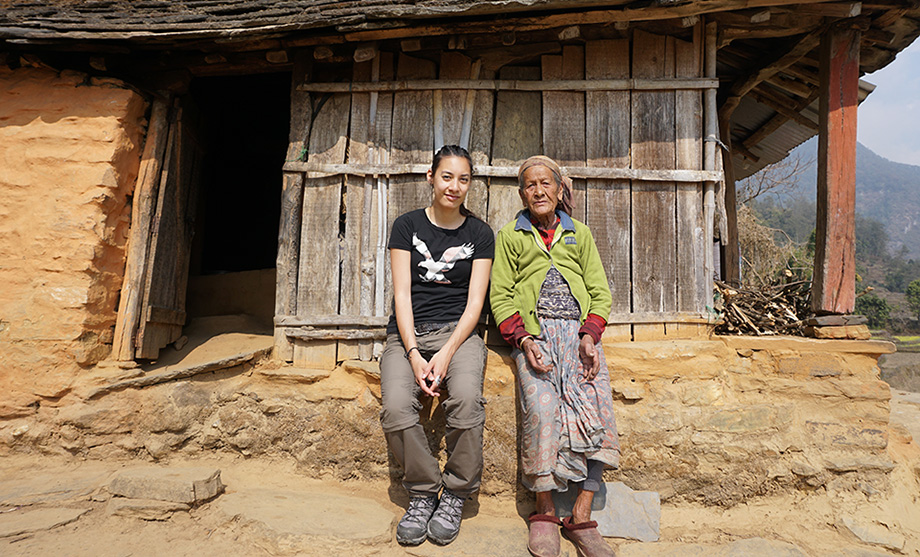
Sarah Speck, a PhD candidate at the Human Geography Unit, Department of Geography, received the 2018 BioOne Ambassador award. This award honors early-career researchers who have best communicated their specialized research beyond their immediate discipline and to the public at large. Sarah's award-winning research project explores older people’s lives and livelihoods in contemporary Nepal.
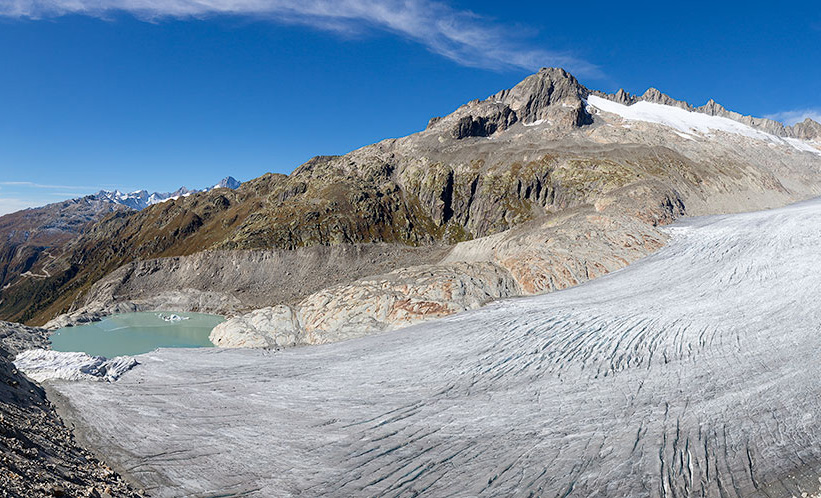
A team of scientists will spend at least the next four years studying some of the world’s biggest glacier-fed streams. By collecting microorganisms from the streams and extracting their DNA, they hope to better understand how these creatures have adapted to their extreme environments. Michael Zemp, a research associate at the Department of Geography, will provide his expertise in glaciology.
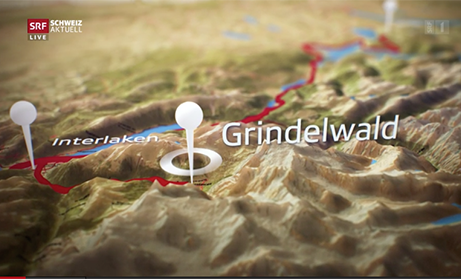
The Grindelwald Glacier used to be impressive, but to this day it has retreated considerably. Hike and report by Samuel Nussbaumer, a glaciologist at the Department of Geography.
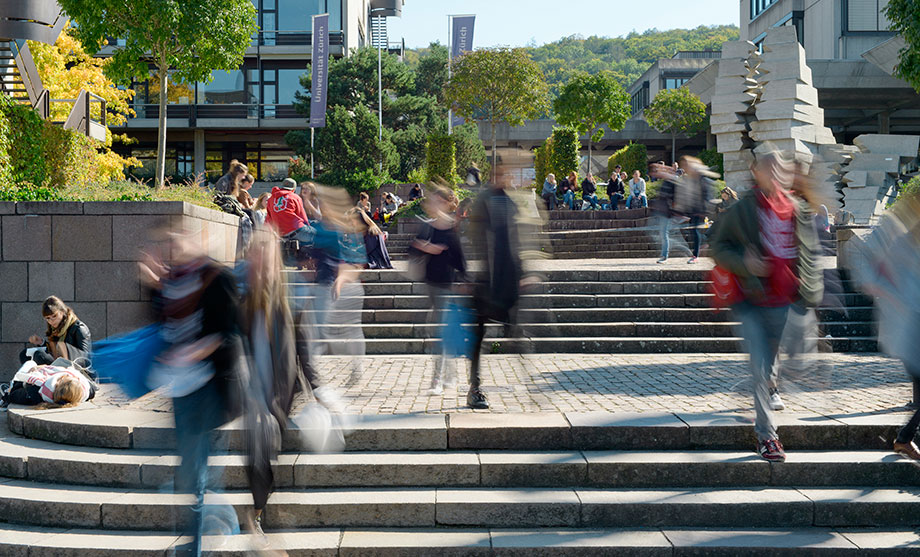
Für unser Open Doors Event am 13. September 2018 haben wir ein attraktives und vielfältiges Programm zusammengestellt. Wir stellen Ihnen Forschungsprojekte aus unseren drei thematischen Clustern vor.
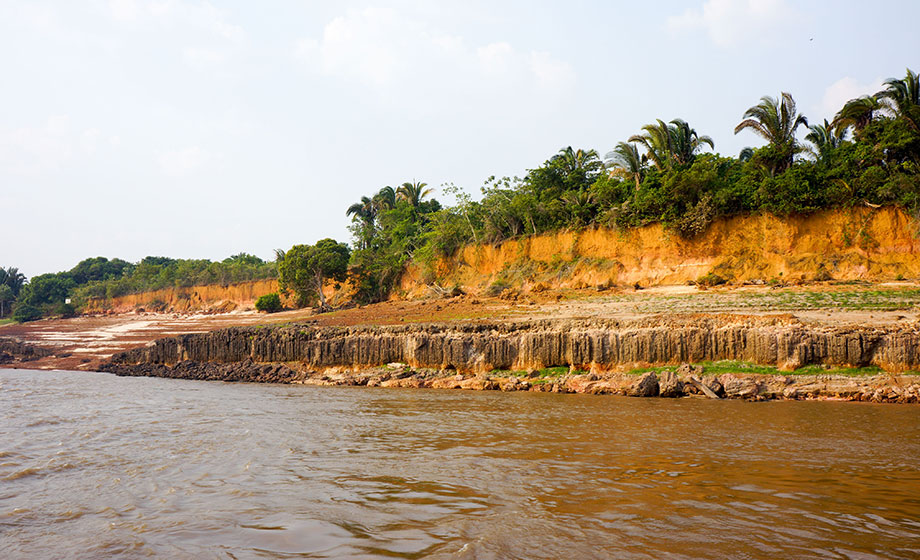
Most of the carbon resulting from wildfires and fossil fuel combustion is rapidly released into the atmosphere as carbon dioxide. Researchers of the Department of Geography at the University of Zurich have now shown that the leftover residue, so-called black carbon, can age for millennia on land and in rivers en route to the ocean, and thus constitutes a major long-term reservoir of organic carbon. The study adds a major missing piece to the puzzle of understanding the global carbon cycle.
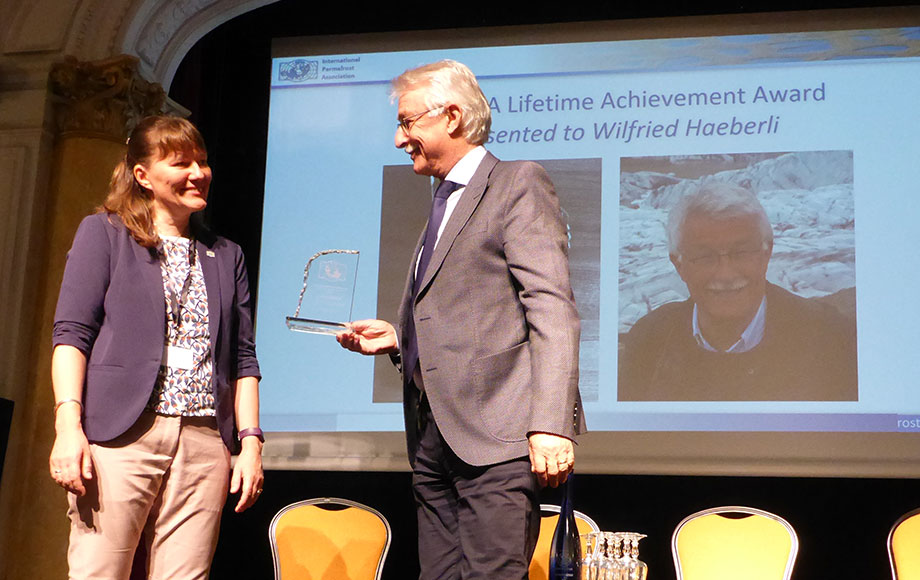
Last week Wilfried Haeberli received the Lifetime Achievement Award of the International Permafrost Association (IPA). The award was presented at the 5th European Permafrost Conference in Chamonix.
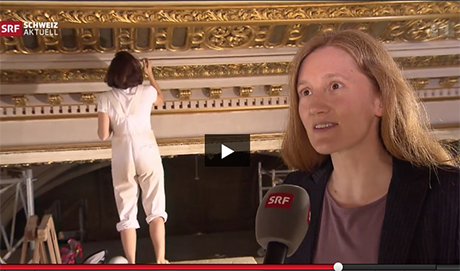
War der Malerberuf früher traditionell in Männerhand, schliessen heute in gewissen Kantonen sogar mehrheitlich Frauen die Lehre als Malerin ab: In der Innerschweiz sind es 62 Prozent der Lehrabsolventen. Die Schwyzer Wirtschaftsgeografin Karin Schwiter nimmt im Interview dazu Stellung. Sie untersucht die geschlechtertypische Berufswahl bei Jugendlichen.
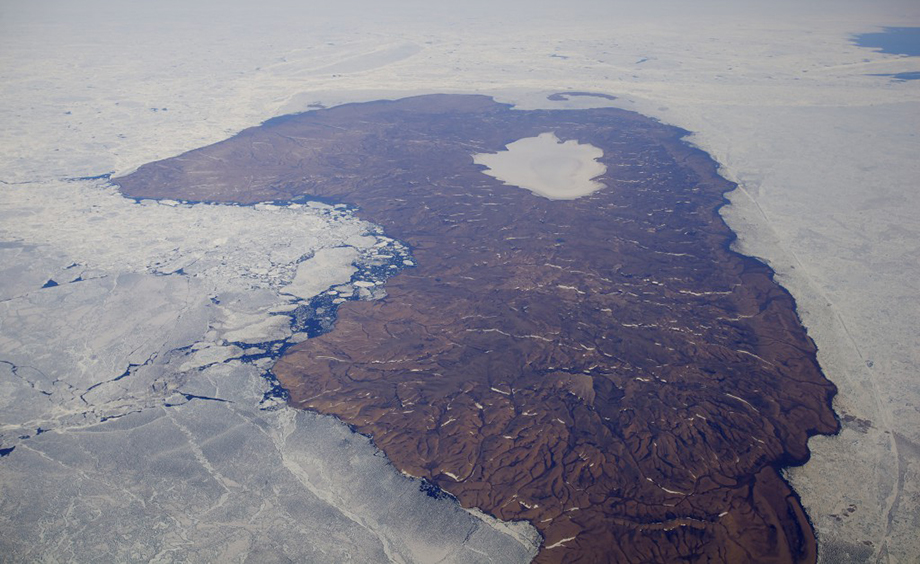
At first glance, Switzerland might seem like an odd location for a summit on polar studies. But as a nation with high mountains, it is part of what researchers refer to as the “third pole” after North and South. This week the mountain resort of Davos welcomed 2,200 international scientists and decision makers for the POLAR2018 conference.
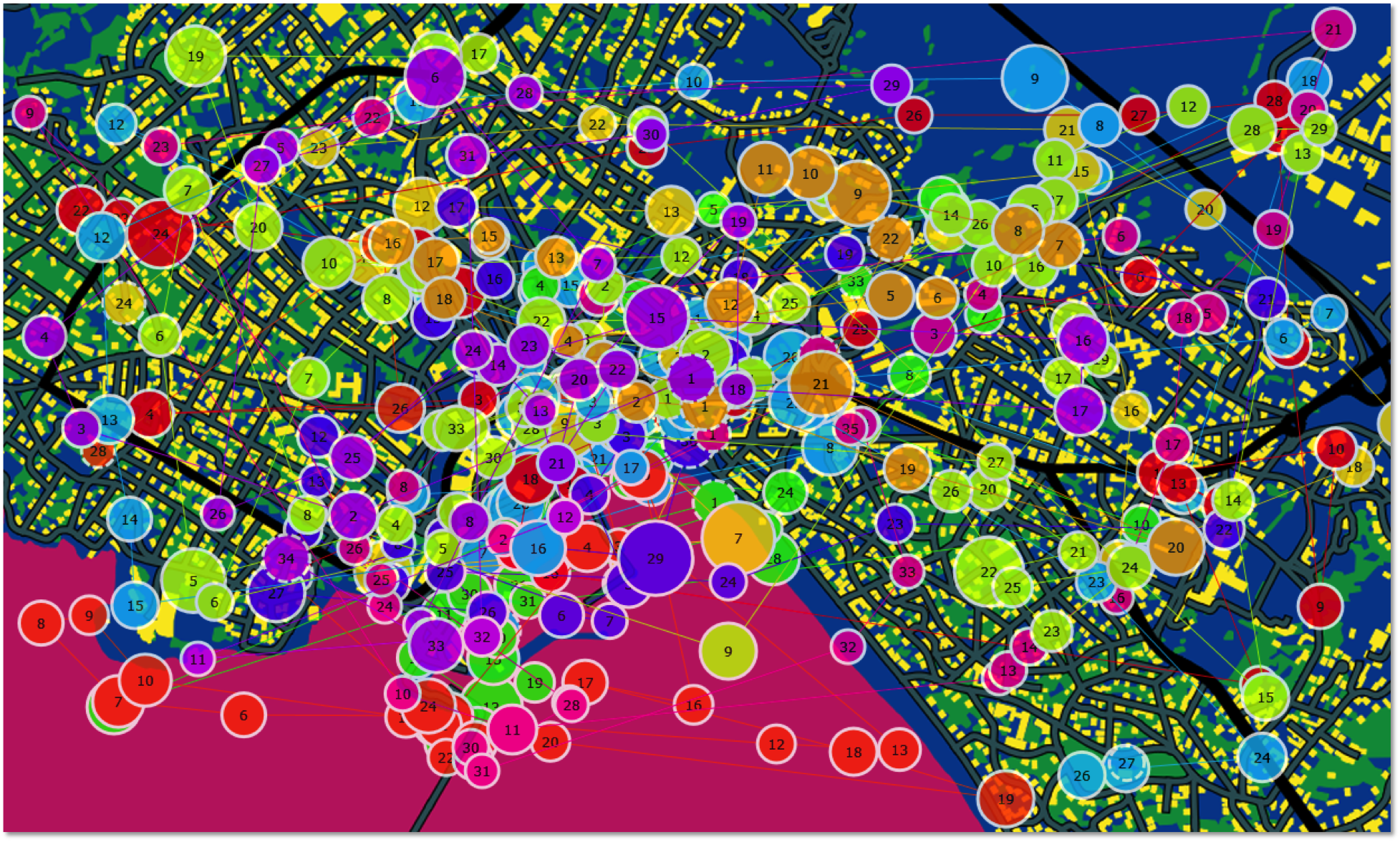
When seeking directions towards a new restaurant or the quickest connection to the office, people will retrieve their smartphones and navigate towards the destination almost effortlessly. However, does the ease with which we can now find our way come with a price? Will the use of such technologies lead to a decrement in the spatial abilities of the users? Read more in Tyler Trash's contribution for the "Greater Zurich Area Blog".
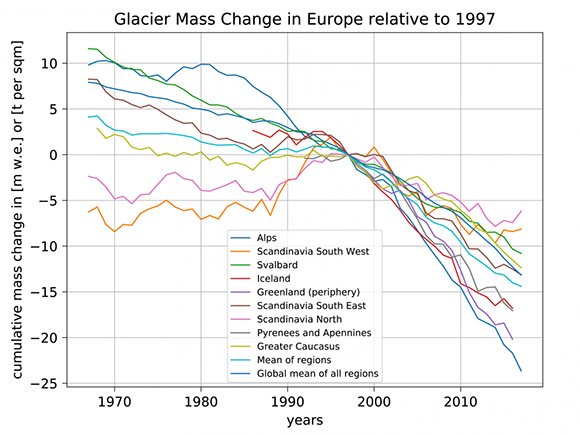
A Blog post by Isabelle Gärtner-Roer on the contribution of the World Glacier Monitoring Service (WGMS) - located at the Department of Geography - to Europe’s Copernicus Climate Change Service.

Can poverty be tackled by systematically influencing the behavior of those affected? Or does that just perpetuate it? Christian Berndt and Guilherme Lichand discuss the effects of social intervention.
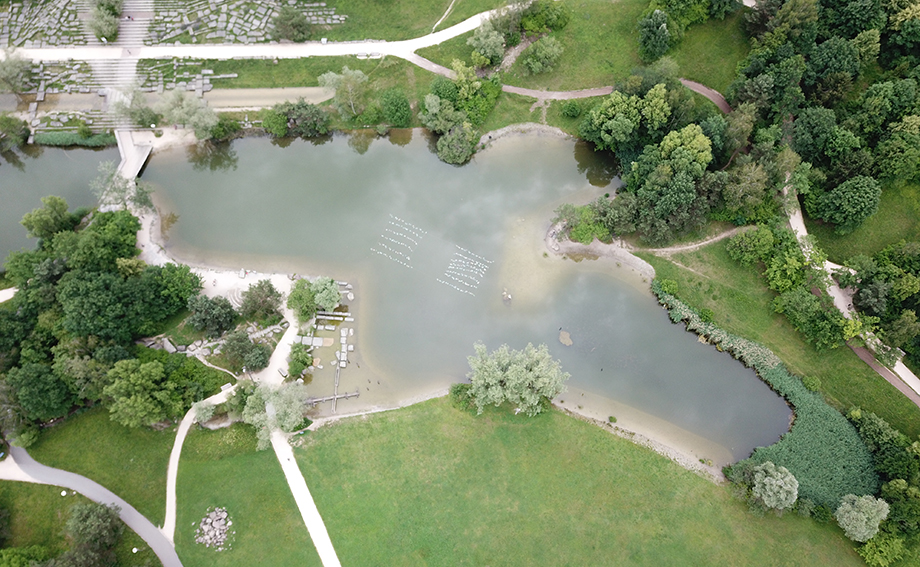
Research goes airborne: The UZH Space Hub is holding its first research flight campaign from 11 to 13 June, 2018. Researchers of the Departement of Geography use a blimp to investigate how to discover plastic in water from above using special image sensors. This could help to detect plastic pollution in the world’s seas.

Celebrated alumni look back at their time at the University of Zurich. This time, we hear from Andrej Vckovski, CEO of Netcetera and former PhD student at the Department of Geography.
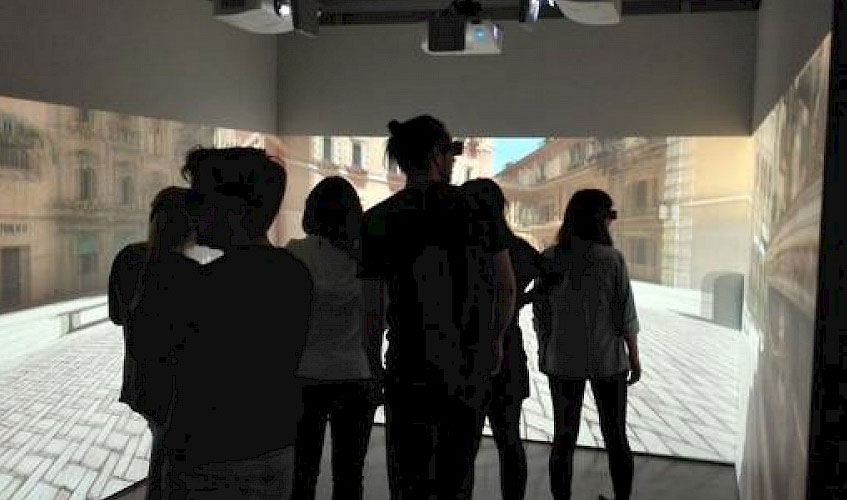
As part of the IT Days 2018, you are invited to visit the Virtual Reality Lab of the Geographic Information Visualization and Analysis unit at GIUZ on 1 June 2018.
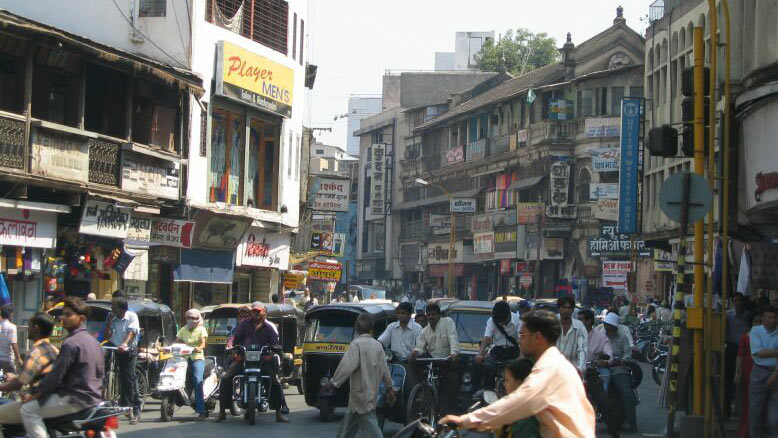
Die Citizen-Science-Ausstellung des Graduate Campus der UZH wurde erstmals im Ausland gezeigt – an zwei Hochschulen in Indien. Barbara Strobl, Doktorandin am Geographischen Institut, reiste mit und berichtete in Indien über Citizen-Science-Projekte an der UZH.

UZH researchers and citizen scientists are collecting data on water levels of rivers and streams, as well as on soil moisture. An app makes it possible to capture hydrological data for any river or location in the world. The aim of the CrowdWater project, developed by doctoral candidates from the Department of Geography of the University of Zurich, is to improve water management and forecasts in regions with a sparse or inexistent network of conventional measurement stations.

The Political Geography unit co-organises the 5th summerschool on Governance at the Edge of the State around the theme of "Resources - Materiality - Governance" this year.
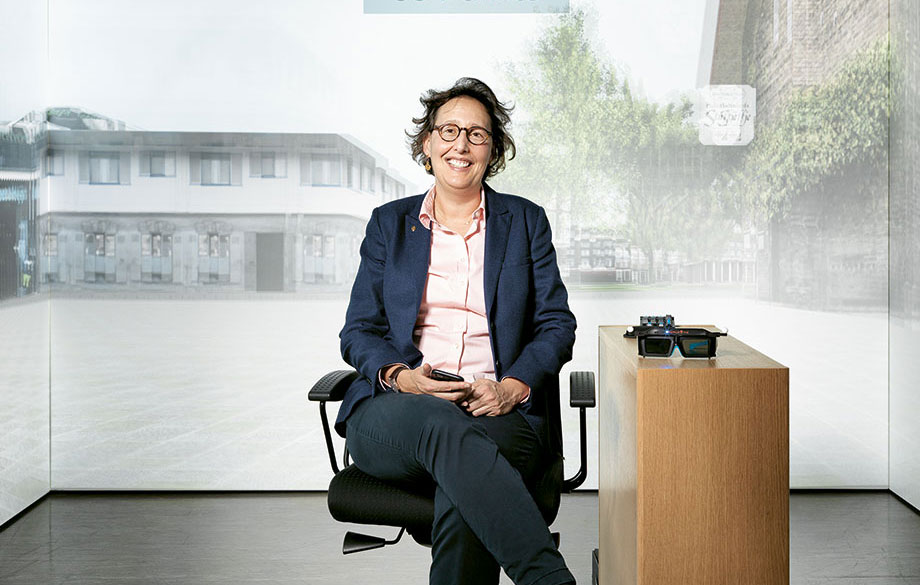
This year's annual report portrays 16 top researchers at UZH who have been granted coveted European Research Council grants in the past 10 years. One of these is Sara Irina Fabrikant, Professor at the Departement of Geography.
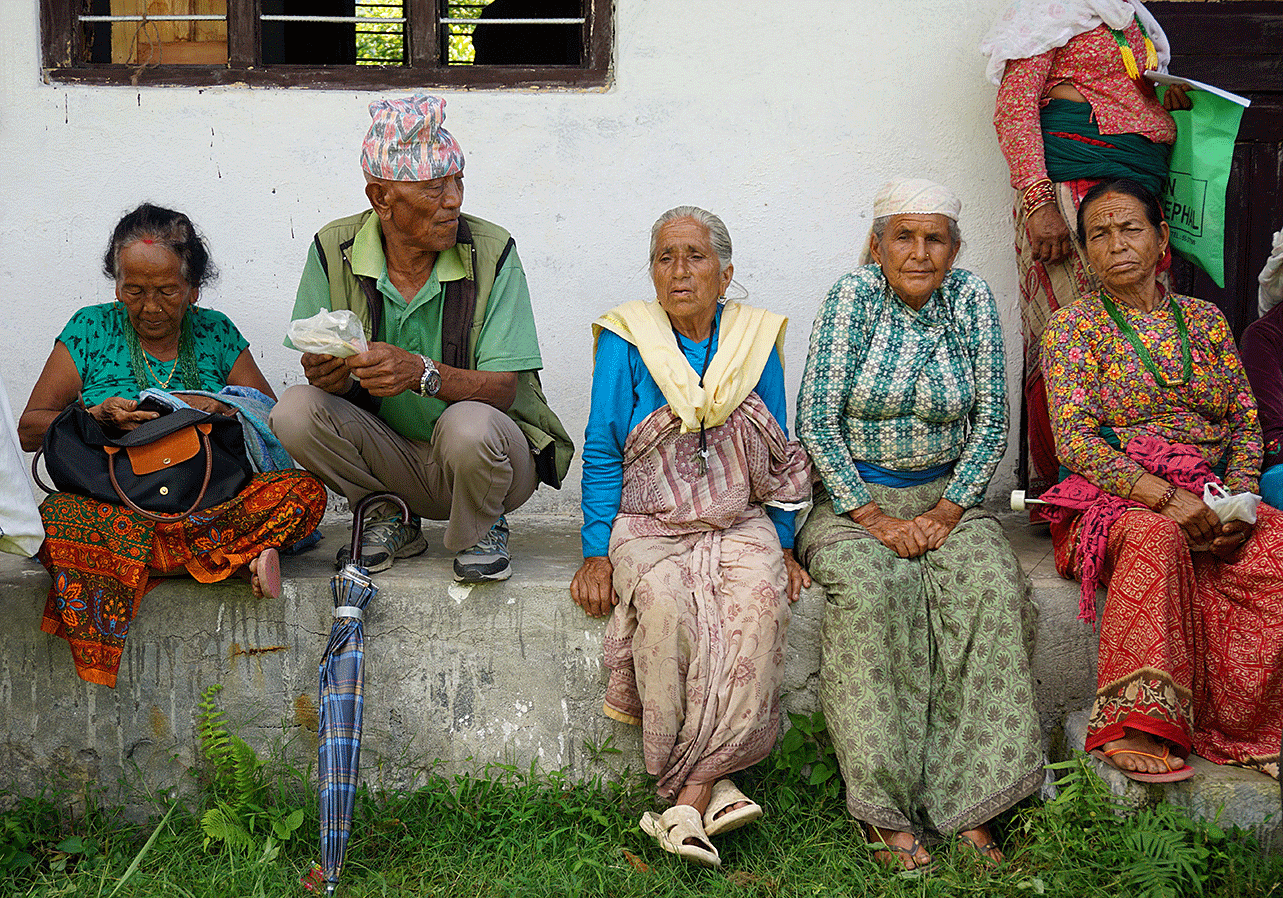
In the Scientific Image Competition of the Swiss National Science Foundation, researchers present science in a surprising light. Sarah Speck, PhD student at the Department of Geography, has photographed a group of elderly people in Nepal. They are waiting to register with a bank that will pay out their pensions in the future.
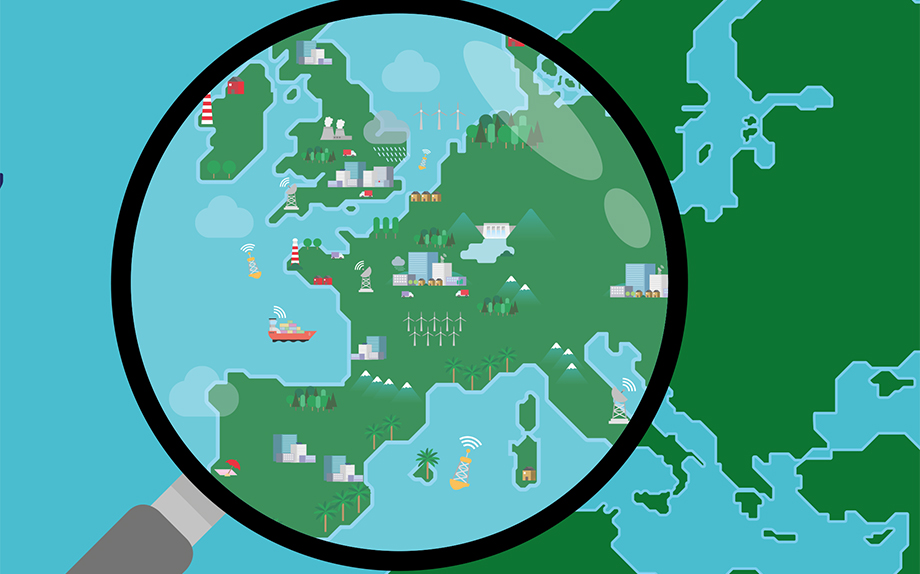
The first edition of the European State of the Climate report has been published and presented to the European Parliament in Brussels. The World Glacier Monitoring Service (WGMS) - located at the Department of Geography - contributed glacier data and analyses.
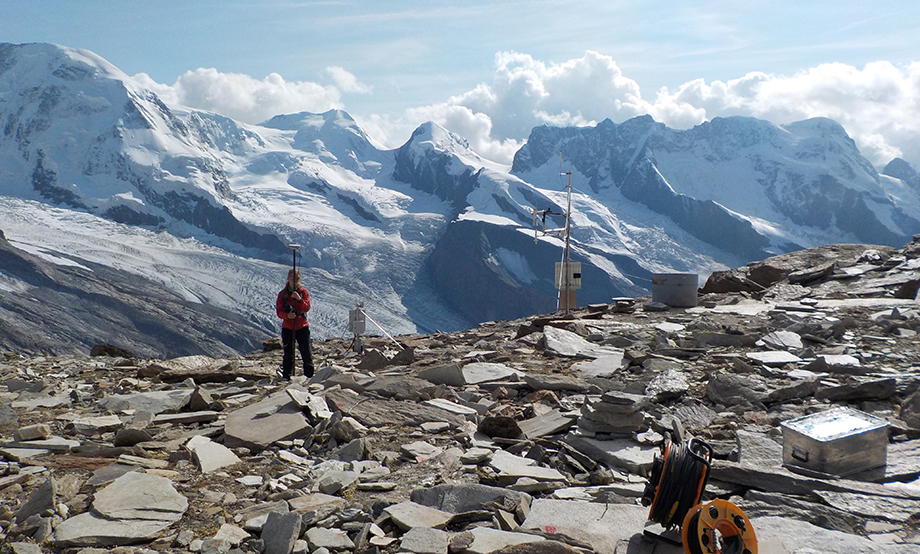
For the first time since 2009, the warming trend of alpine permafrost was temporarily interrupted in debris slopes and rock glaciers. This is shown by the latest results of the Swiss permafrost measurement network (PERMOS), in which the Department of Geography is an active partner.
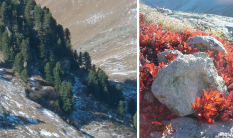
The next Geochronology Summer School will take place from September 2-7, 2018 in Klosters, Switzerland. Registration is possible till April 30, 2018.
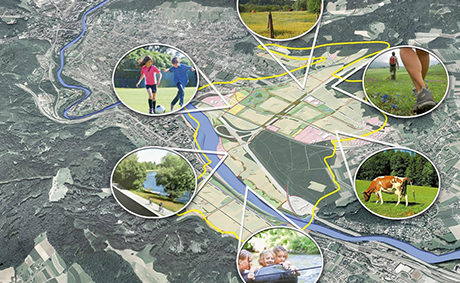
Landschaften leisten einen wesentlichen Beitrag zum Wohlbefinden der Menschen, aber auch zur Standortattraktivität. Eine Studie des Geographischen Instituts der Universität Zürich beschreibt die Wirkung von Landschaften unter verschiedenen Aspekten.
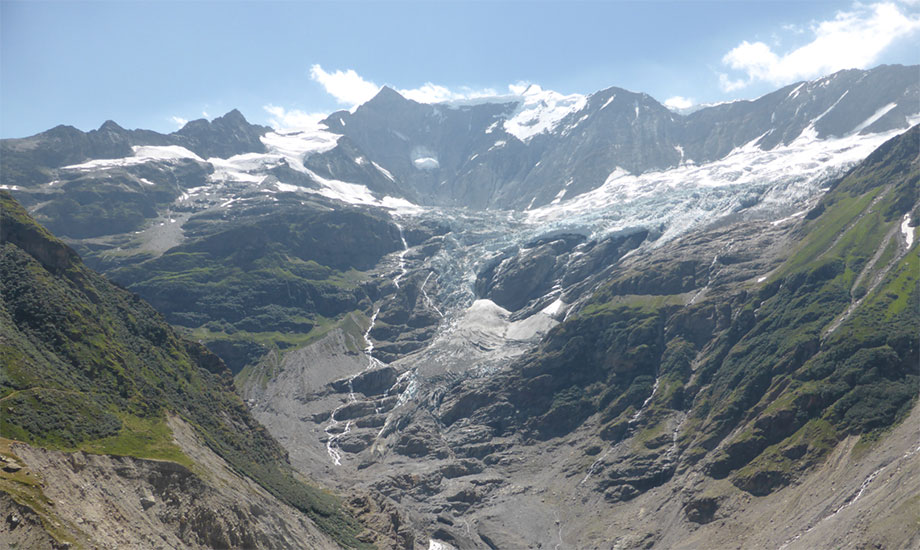
In response to a study published in Nature Climate Change on glacier mass loss, GIUZ researcher Tobias Bolch was asked to comment on these results as an expert. His comments were taken up in numerous media articles, amongst others in the NZZ.

Interested in doing an interdisciplinary Master's thesis at the Department of Geography?
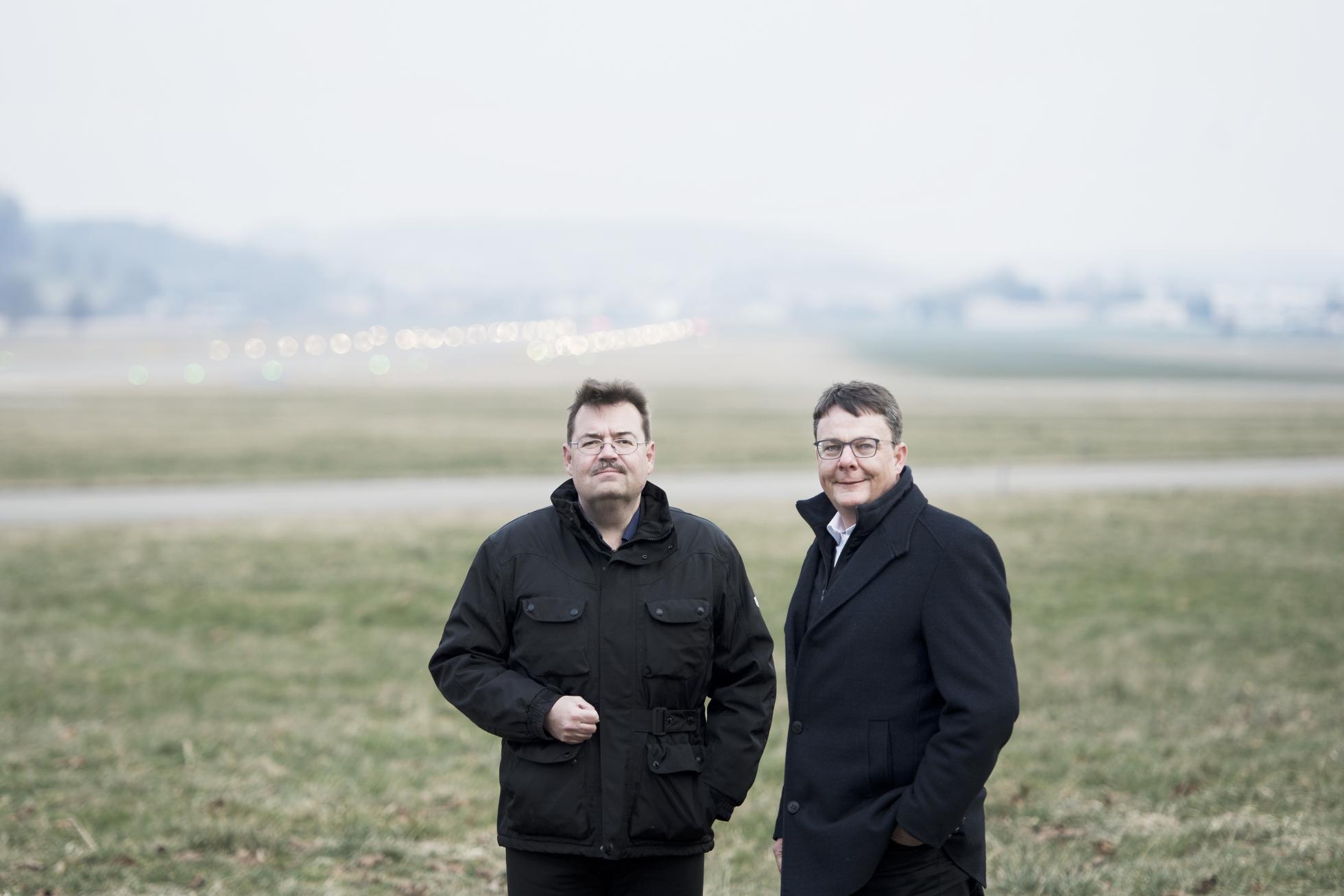
Der Flugplatz Dübendorf soll zu einer europaweit einmaligen Basis für die Luft- und Raumfahrtforschung werden. Nun wird der Info-Pavillon des Innovationsparks eröffnet, doch Wissenschaft wird hier schon seit einiger Zeit betrieben.
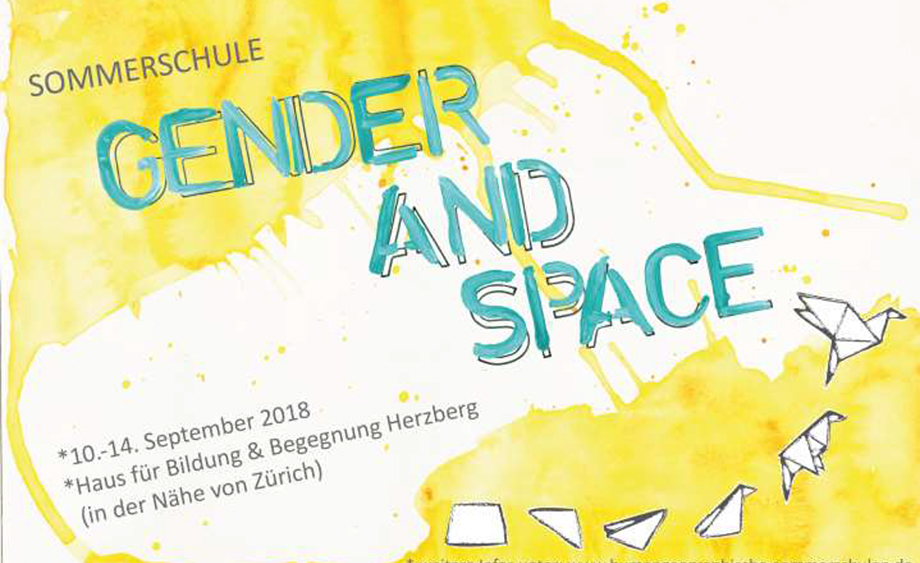
This year’s Human Geography Summer School will be held on the topic «Gender and Space» from 10 to 14 September 2018 near Zurich in Switzerland.
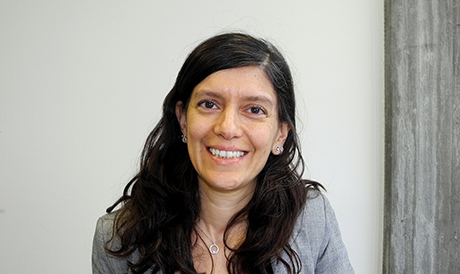
Maria J. Santos has been appointed as Assistant Professor with tenure track for Earth System Science, effective per 1 February 2018. This professorship allows the University of Zurich to boost its research into human-induced global change.
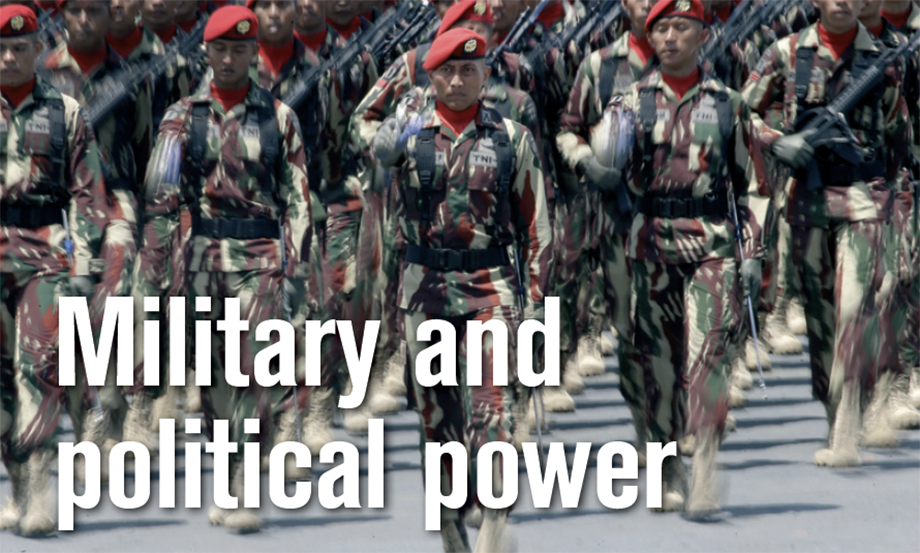
In the special issue on military and politics, the D+C magazine interviewed Christoph Vogel on the conflict dynamics in the Democratic Republic of the Congo. D+C
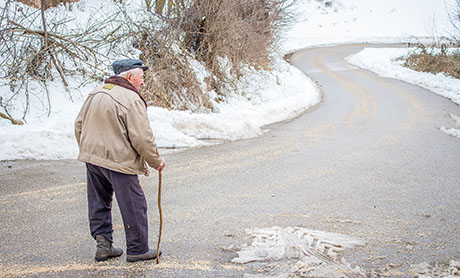
Their names are Olga or Maria and they come from Poland, Slovakia or Romania. They appear as angels in a difficult situation, when grandpa suffers from slight dementia and can no longer take care of himself. They are called 24-h-carers, because they move in with grandpa and care for him 24 hours a day. In a guest commentary for the newspaper Bote der Urschweiz Karin Schwiter explains her research on this new form of labour in private households (in German). Bote der Urschweiz
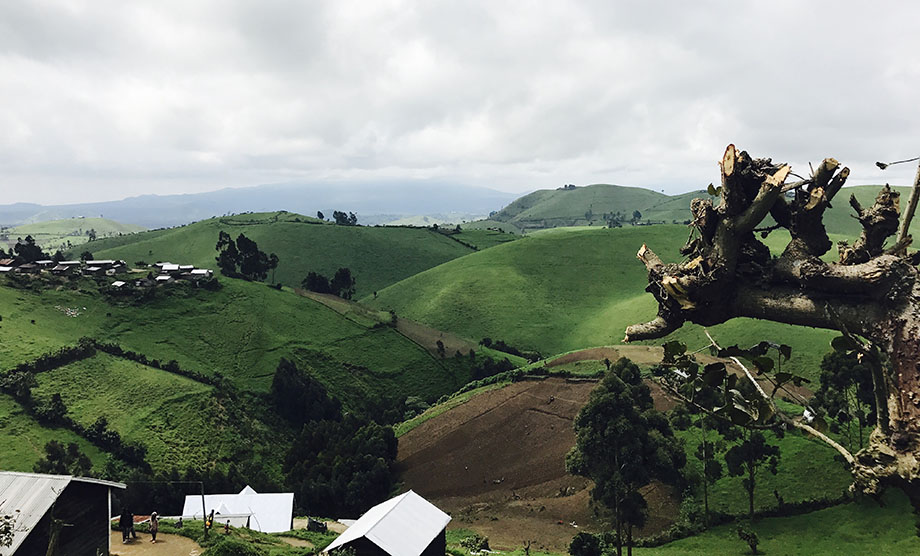
More than 120 rebel groups cause instability in eastern Congo. A recent attack killing 15 UN Blue Helmets was blamed to Islamist militia. But is this true? Christoph Vogel was interviewed by the German news website Spiegel Online on this topic (in German). Spiegel Online
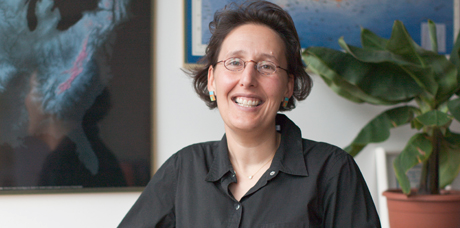
Sara Fabrikant and her former PhD student Marco Salvini were awarded the Breheny Prize for the best paper published in 2016 in Environment and Planning B: Urban Analytics and City Science for their paper "Spatialization of user-generated content to uncover the multirelational world city network". UZH news
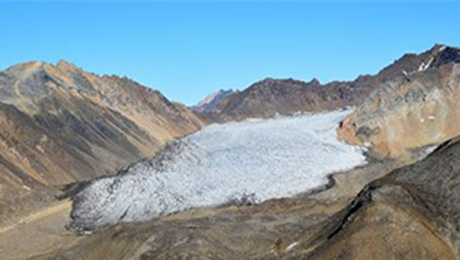
The second issue of the Global Glacier Change Bulletin series is online with a primary focus on glaciological mass balance observations, which are complemented by geodetic volume changes and front variation series. WGMS
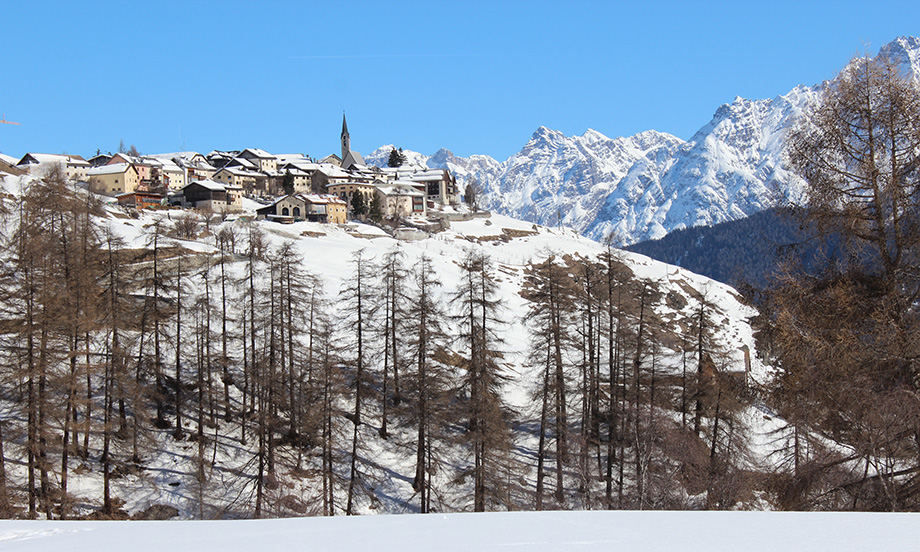
Yvonne Ehrensberger, a master student in human geography, was interviewed in the radio broadcast “Heroes of everyday life” by Radio SRF1 about her master thesis on volunteer work in Guarda (in German). Radio SRF1
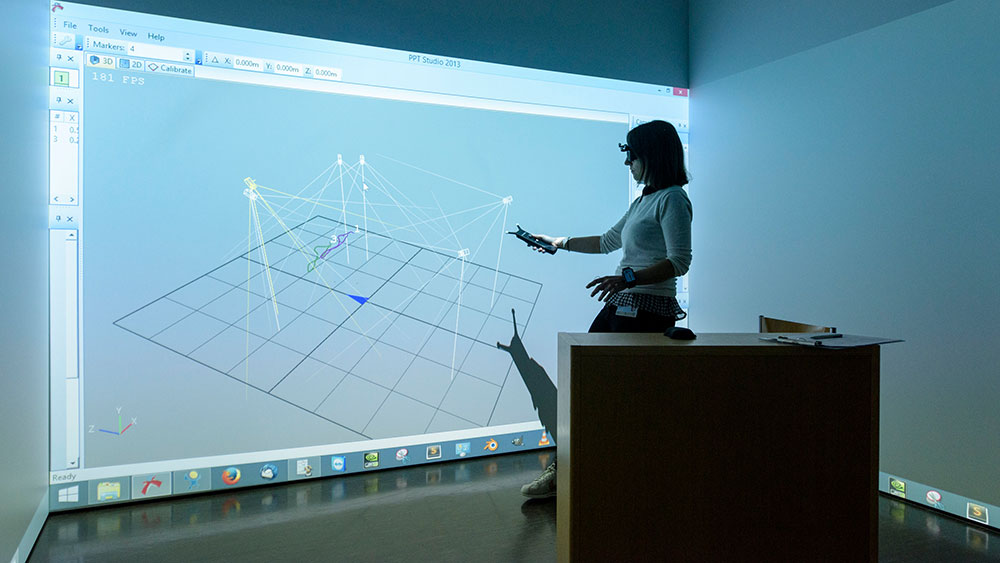
GPS and smartphones help us find our way quickly but to the detriment of our own sense of direction. UZH geographer Sara Fabrikant wants to combat this trend. UZH news
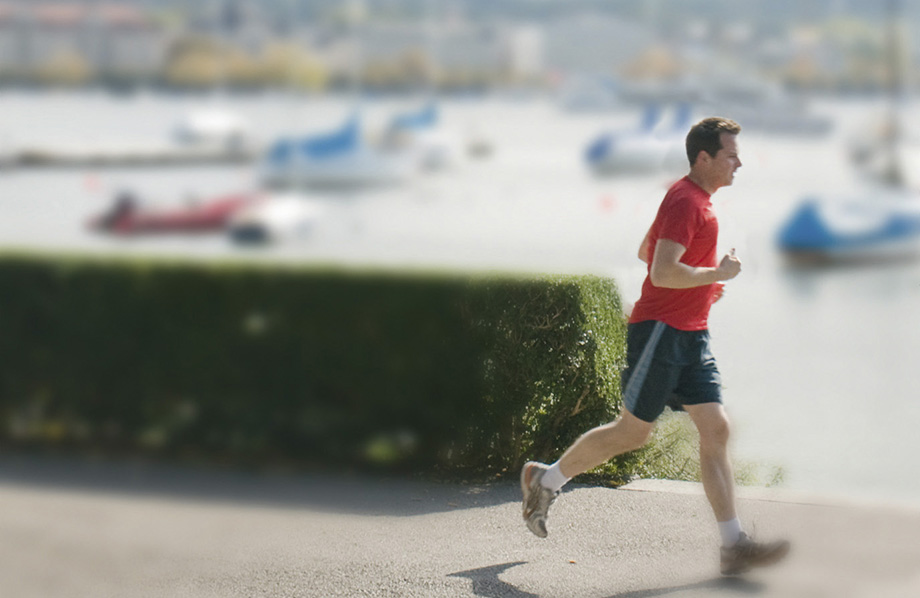
In a guest commentary for Neue Zürcher Zeitung Roger Keller and Norman Backhaus explain their research results on landscape services in Switzerland and the discrepancy between its appreciation and valuation (in German). NZZ
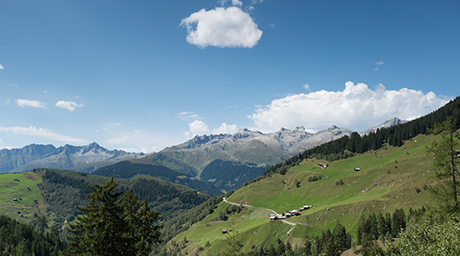
Norman Backhaus and Annina Michel gave an interview – at the 6th congress for protected areas in Salzburg – in the Austrian Radio Ö1 and Deutschlandfunk about the reasons and difficulties of nature protection.
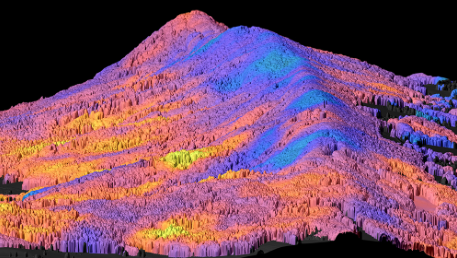
Productivity and stability of forest ecosystems strongly depend on the functional diversity of plant communities. Our researchers from the Remote Sensing Laboratories have developed a new method to measure and map functional diversity of forests at different scales – from individual trees to whole communities – using remote sensing by aircraft. Their work paves the way for future airborne and satellite missions to monitor global plant functional diversity. UZH News
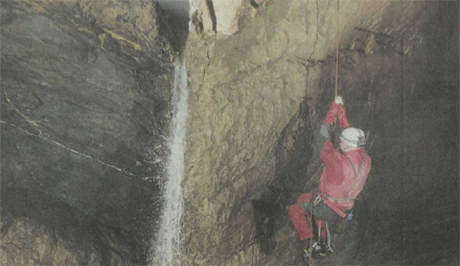
Which underground pathways do the surface streams follow that disappear in the Ybrig mountains? And where do they reappear as springs?
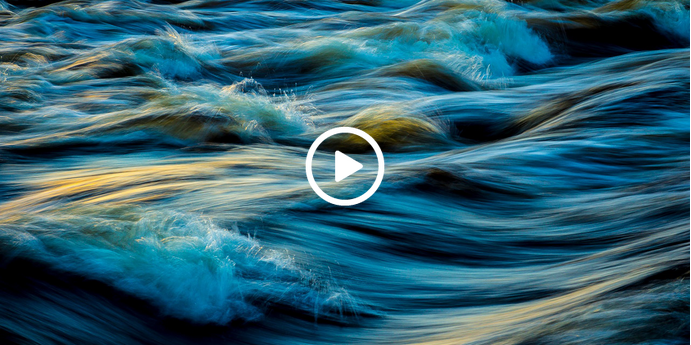
A new public online course of the Department of Geography teaches in German how the element water shapes the daily life in Switzerland. Join in! UZH News (in German)
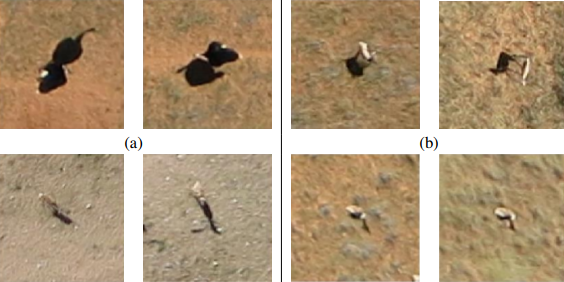
To avoid overgrazing, land managers of the Kalahari must ensure that the number of grazers is matched to the availability of food.
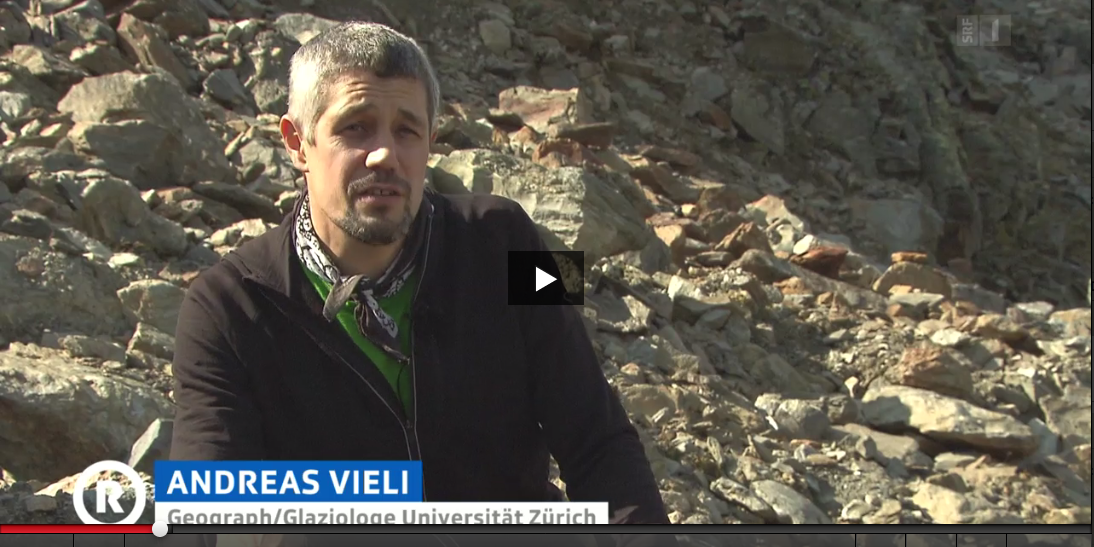
The societal relevance of high mountain research becomes evident when rocks fall in inhabited areas. Andreas Vieli and the project xsense2 in SRF Rundschau (in German)
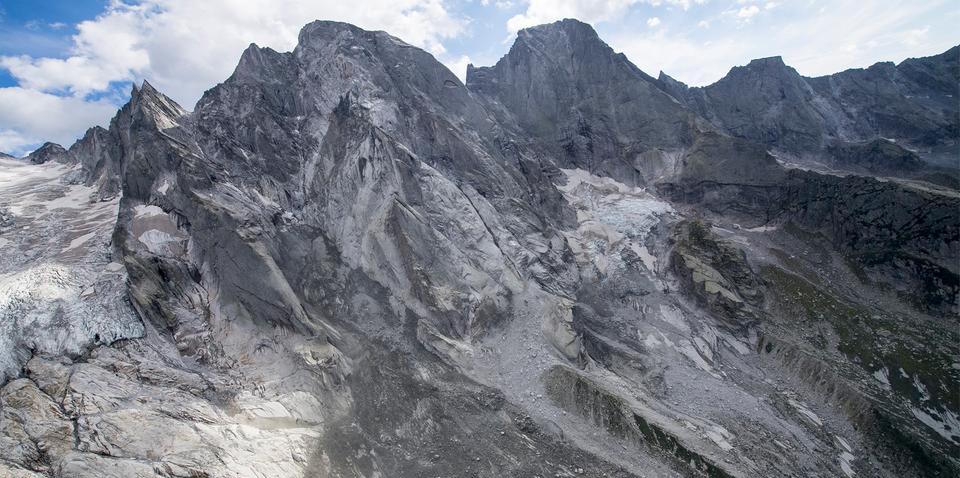
Natural hazards in high mountain areas have become more predictable through intense research. Our Geographers have been consulted in the news coverage of the rockfall of Bondo.
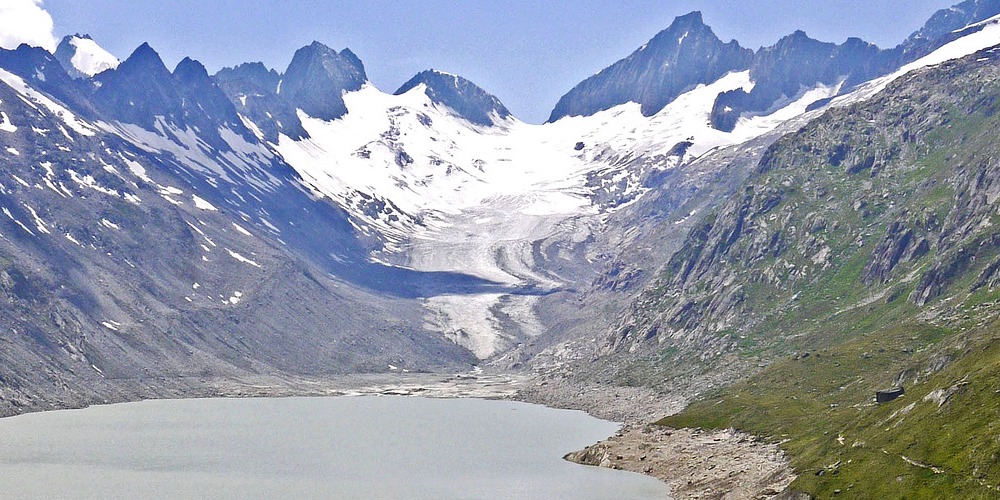
The source of the river Aare could be completely uncovered from ice within fifty years from now. The natural hazards that might result from the global warming are uncertain to prospect.
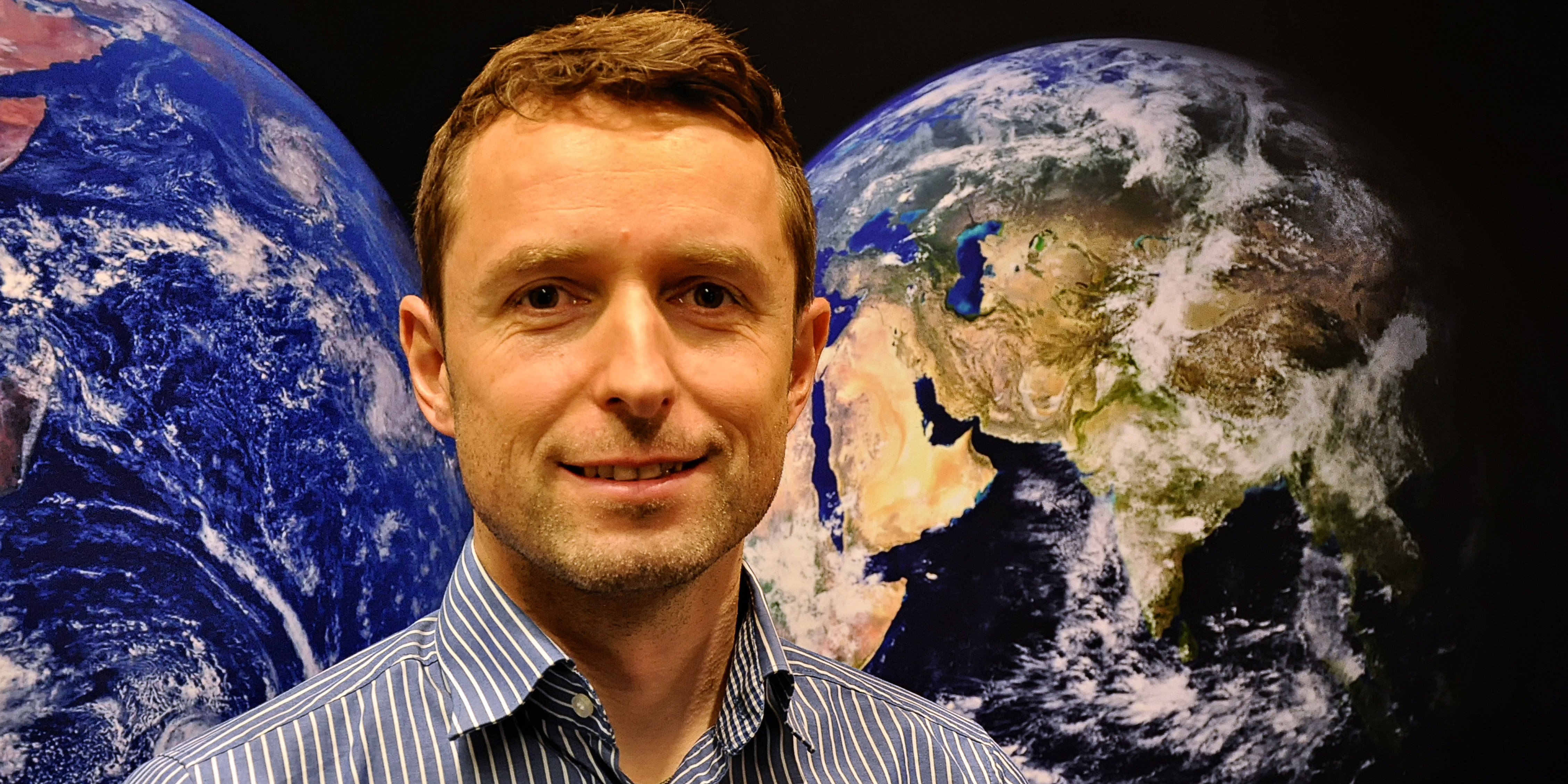
Alexander Damm has been appointed by the University of Zurich as Assistant Professor tenure track for remote sensing of water systems, effective per 1 August 2017. The joint professorship between University of Zurich and Eawag allows the University of Zurich to broaden its competence in this interdisciplinary and relevant research field.
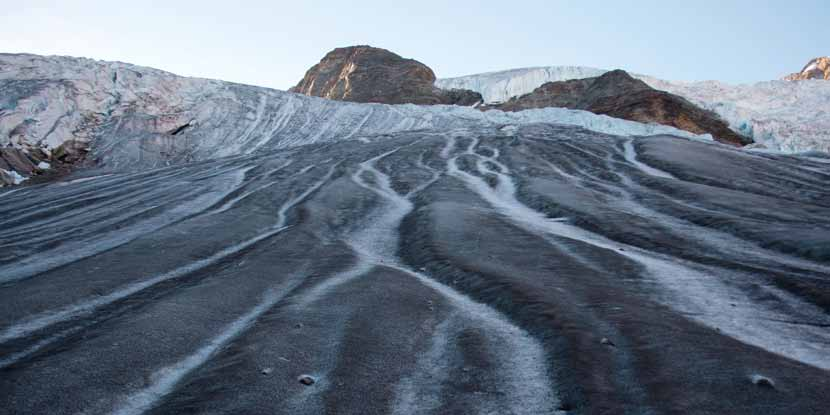
He observes the melting of glaciers worldwide and knows that the resources of ice an snow in the Alps continue to decrease rapidly. Michael Zemp was interviewed in Pro Natura Magazin (in German)
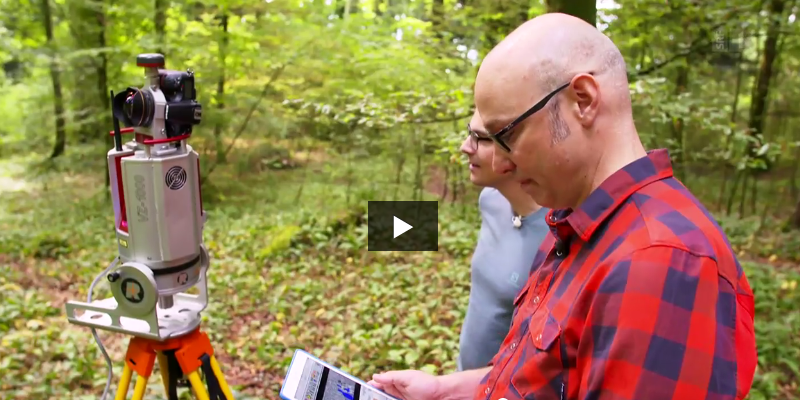
Fabian Schneider and Felix Morsdorf determine the structure of the vegetation and the reflection of light in the woods of Lägern and Borneo with airborne data from laserscanning and spectrometer.
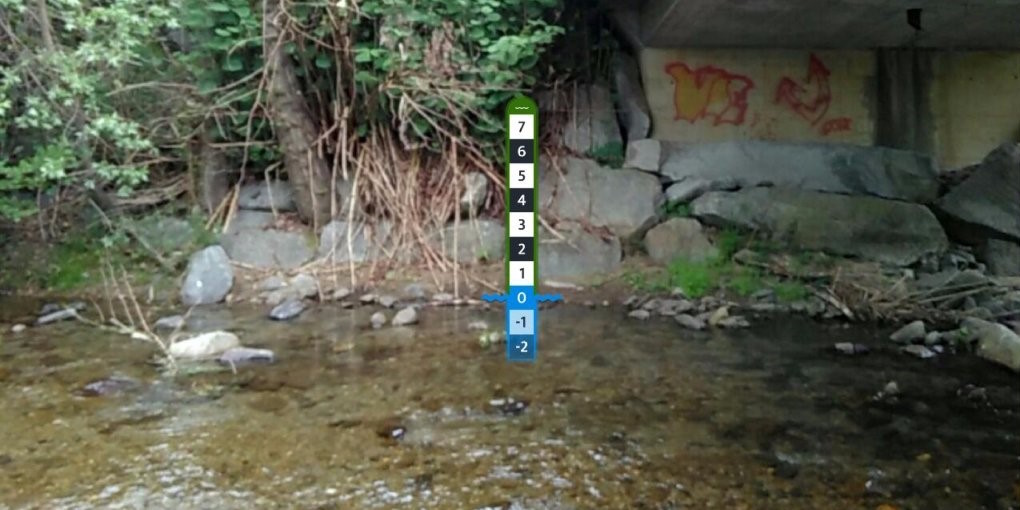
Crowdscience: when lay people collect data for researchers. The Project Crowdwater is considered as one of the most beautiful Citizen Science projects in the field of natural science. TA (in German)
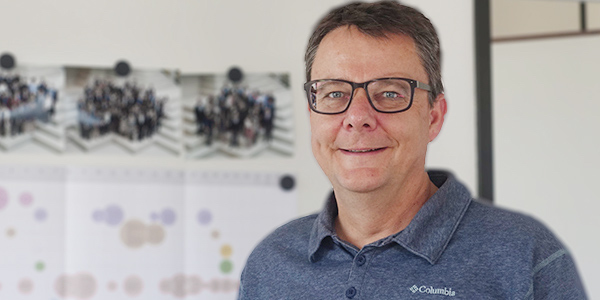
The Board of the University has named Michael Schaepman Vice President for Veterinary Medicine and Natural Sciences. After one year at the Dean's Office of the Faculty of Science, our Professor for Remote Sensing moves to the Executive Board of the University. UZH News
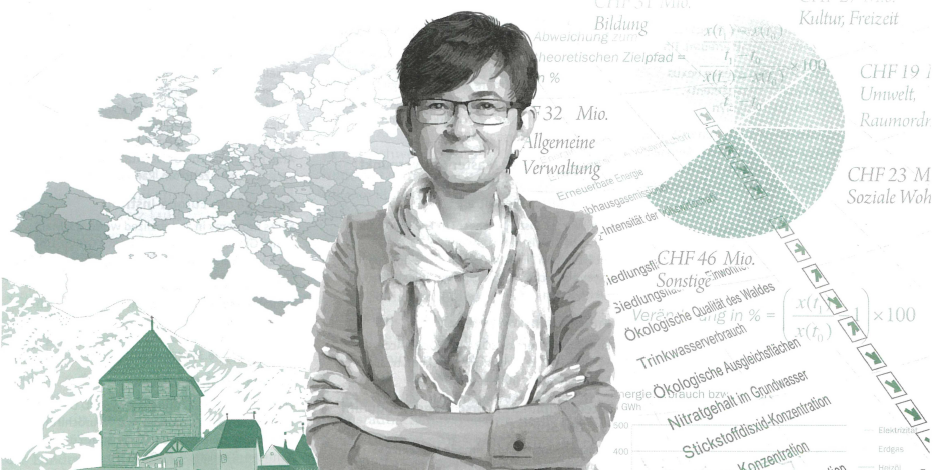
The UZH Journal profiled Andrea Scheller, Director of the Statistical Office of the Principality of Liechtenstein, former Director of the Statistical Office at the European Free Trade Association (EFTA) in Luxembourg and graduate of our Department.
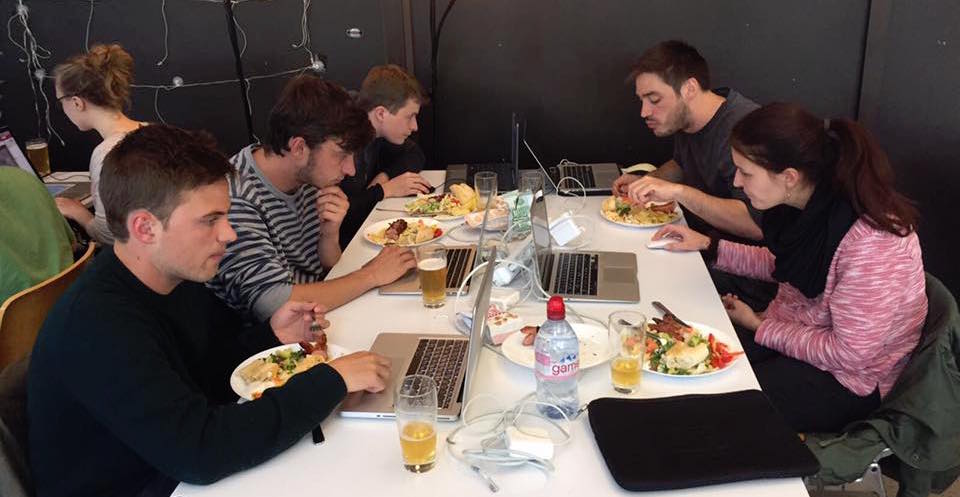
On May 8th a Mapathon took place at Irchel campus for the first time ever. Missing Maps is an open, collaborative project in which the participants can help to map areas where humanitarian organizations are trying to meet the needs of vulnerable people.
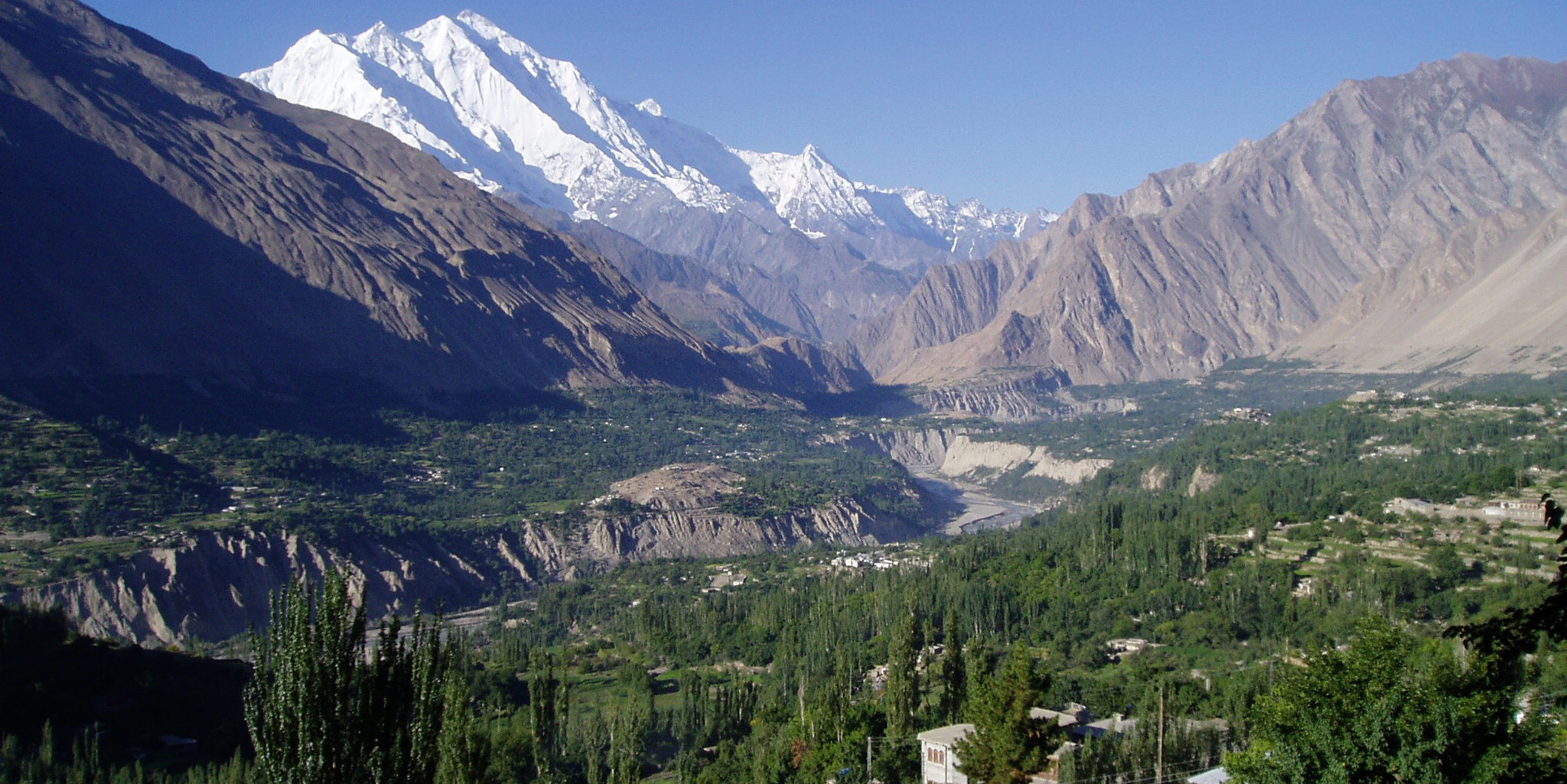
Glacier melt of the Himalayas is a key water source for agriculture during dry periods in central and south Asia. Most major rivers originating in high-mountain Asia pass through different countries.
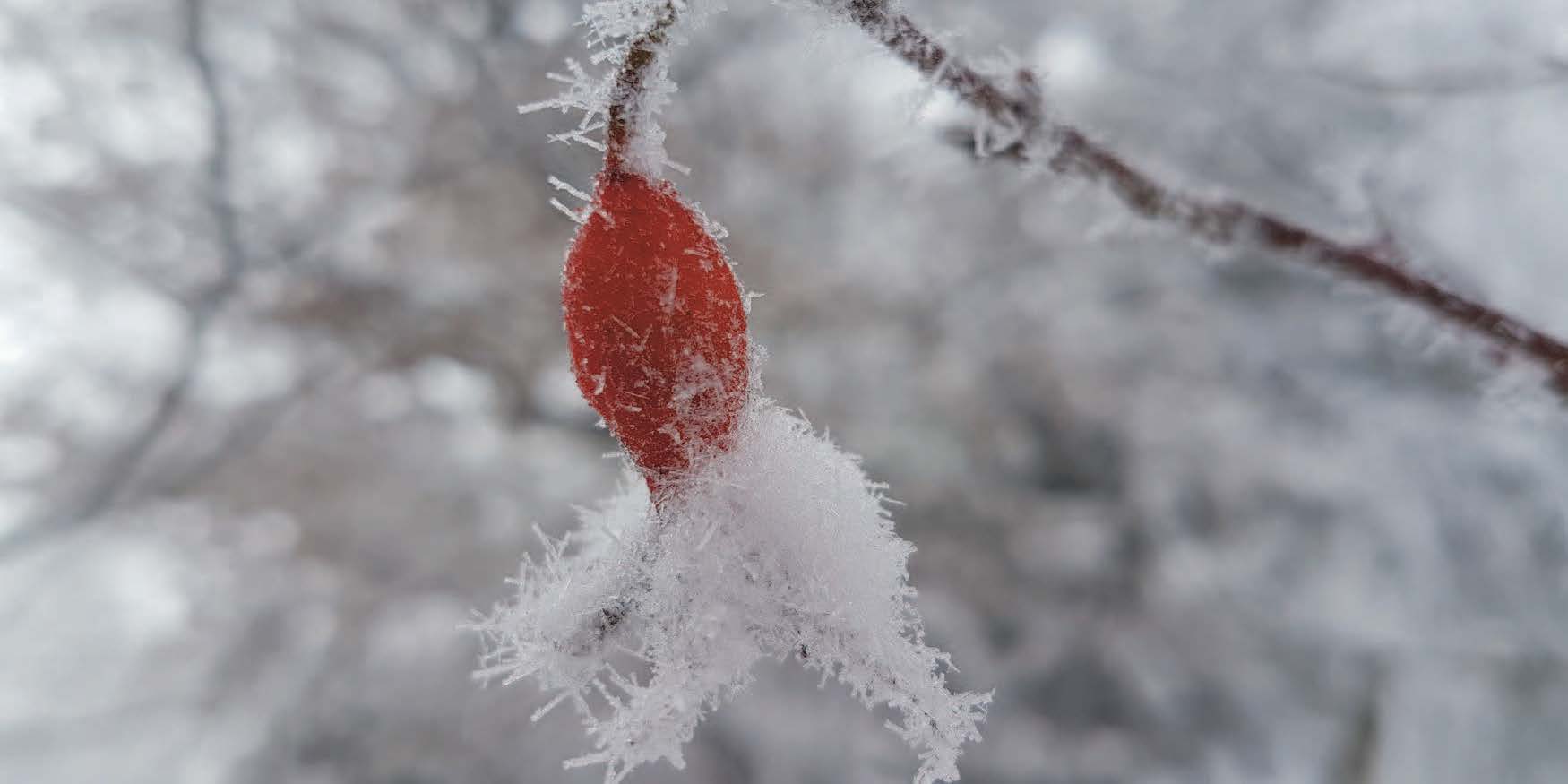
How do people describe landscapes and express their sense of place in words? Flurina Wartmann investigates the cultural values people assign to landscape through the prism of language.
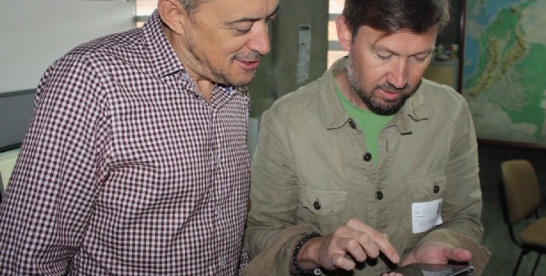
Decisions concerning strategies on global climate change must be founded on high-quality and long-term information. However, developing and emerging countries often lack the basis to systematically gather climate-relevant data.
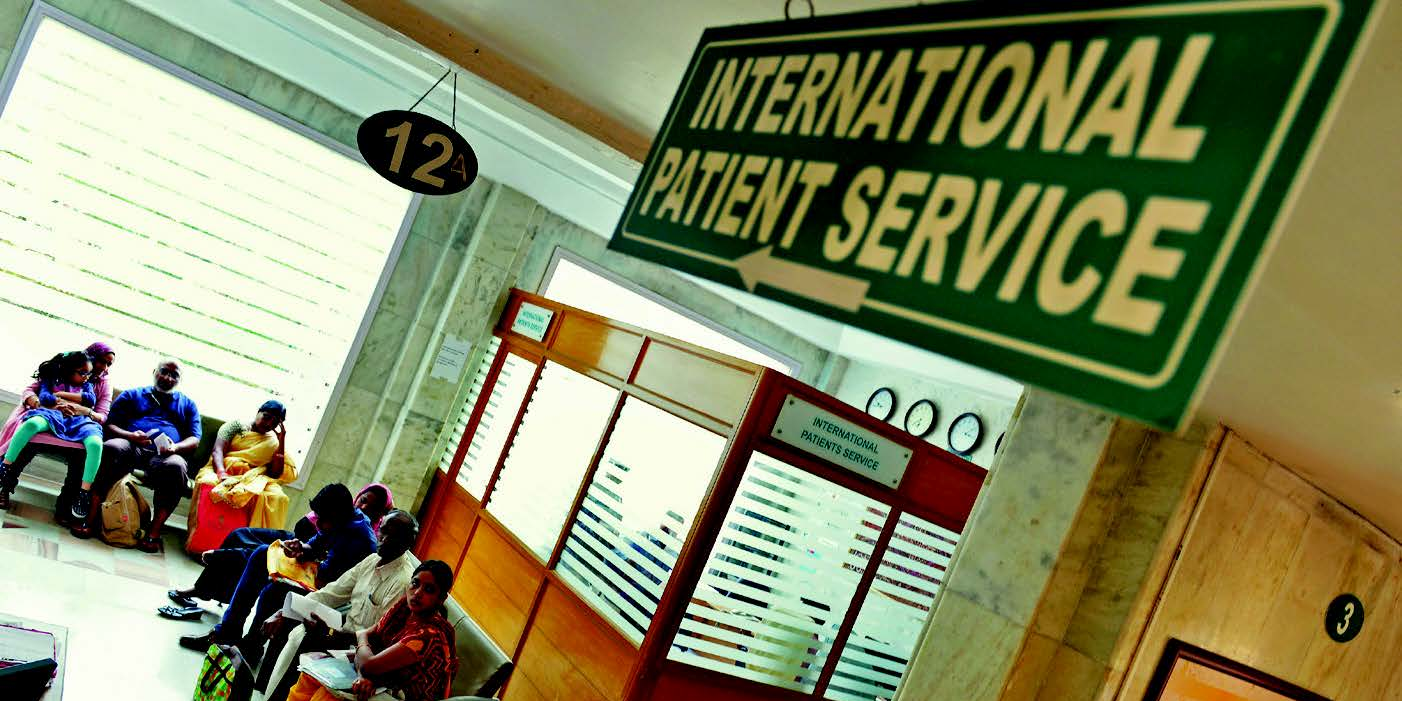
Many of the international patients that travel to India for medical treatment, come from poor countries. They often don't have a choice, says Heidi Kaspar in Jeune Afrique (in French).
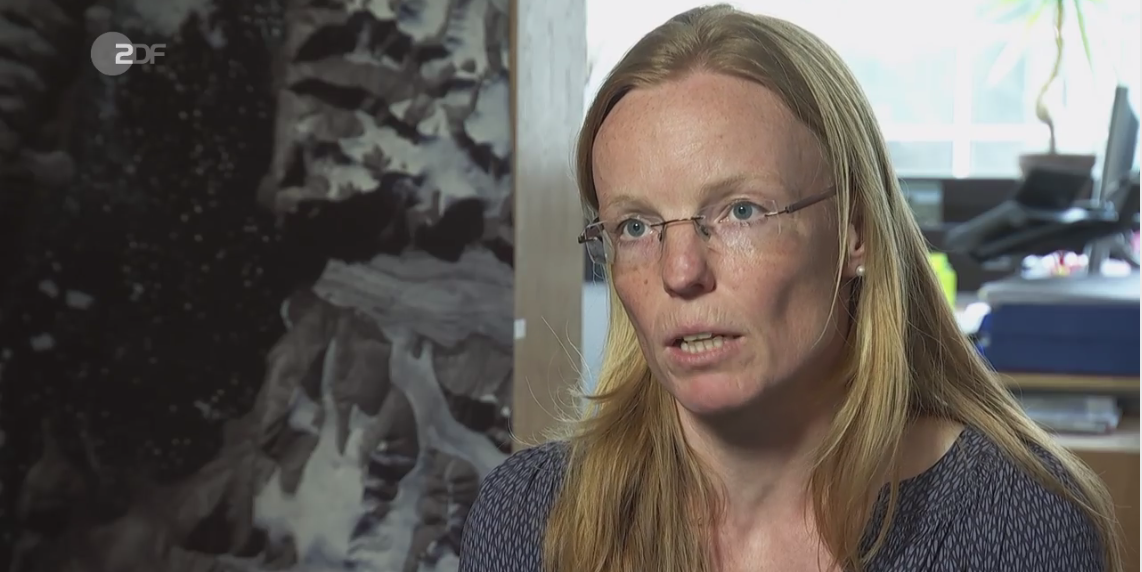
Many people use to go skiing during the spring break. This year this might be a problem. In some ski regions, the seaon has already finished due to acute lack of snow. Isabelle Gärtner-Roer in ZDF (in German)
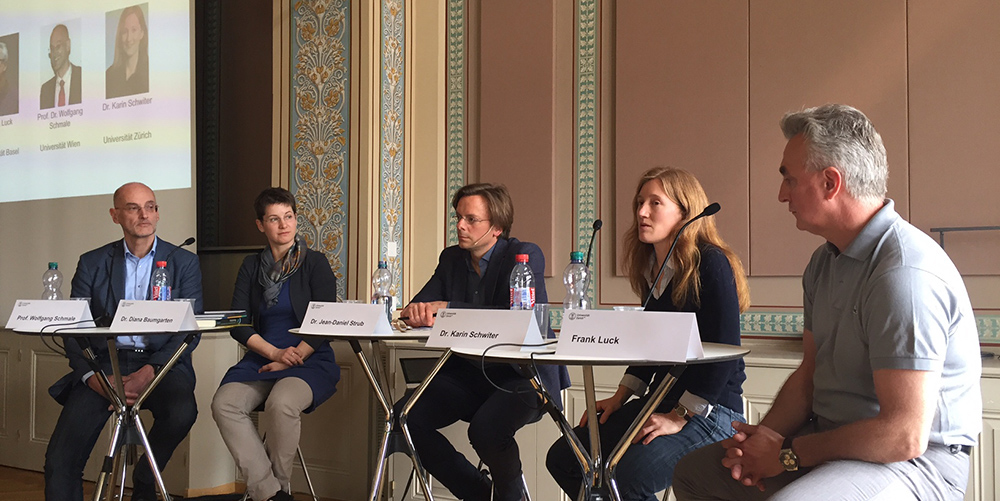
Male body awareness, men in "female" professions, and the return of traditional male rolemodels – these were the topics of a panel on men's studies with Karin Schwiter. UZH News (in German)
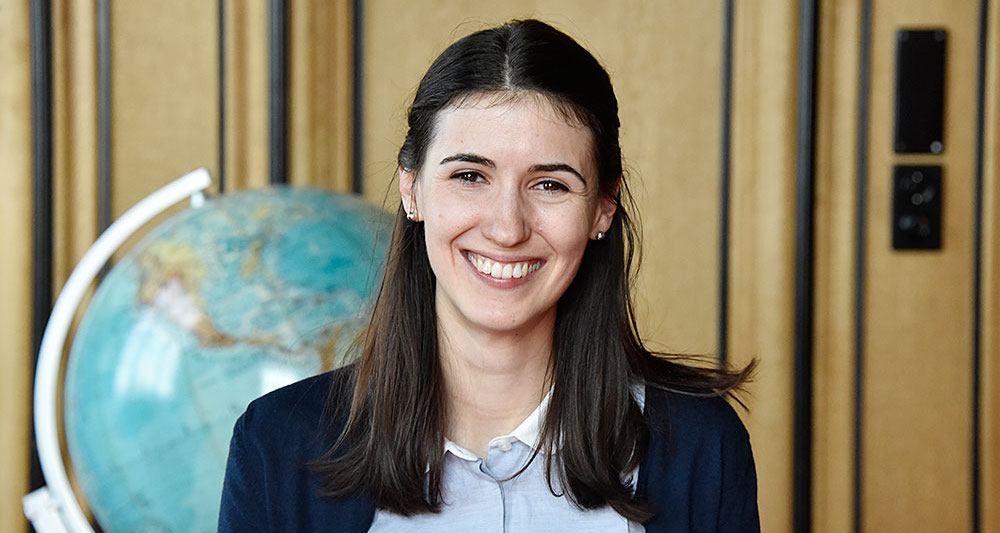
Irene Garonna won one of the three prestigious Mercator Awards for her thesis on the use of satellite records for plant phenological research.

Good education at universities highly depends on the motivation of the teaching staff. A big part of the teaching is undertaken by non-professorial academic staff.
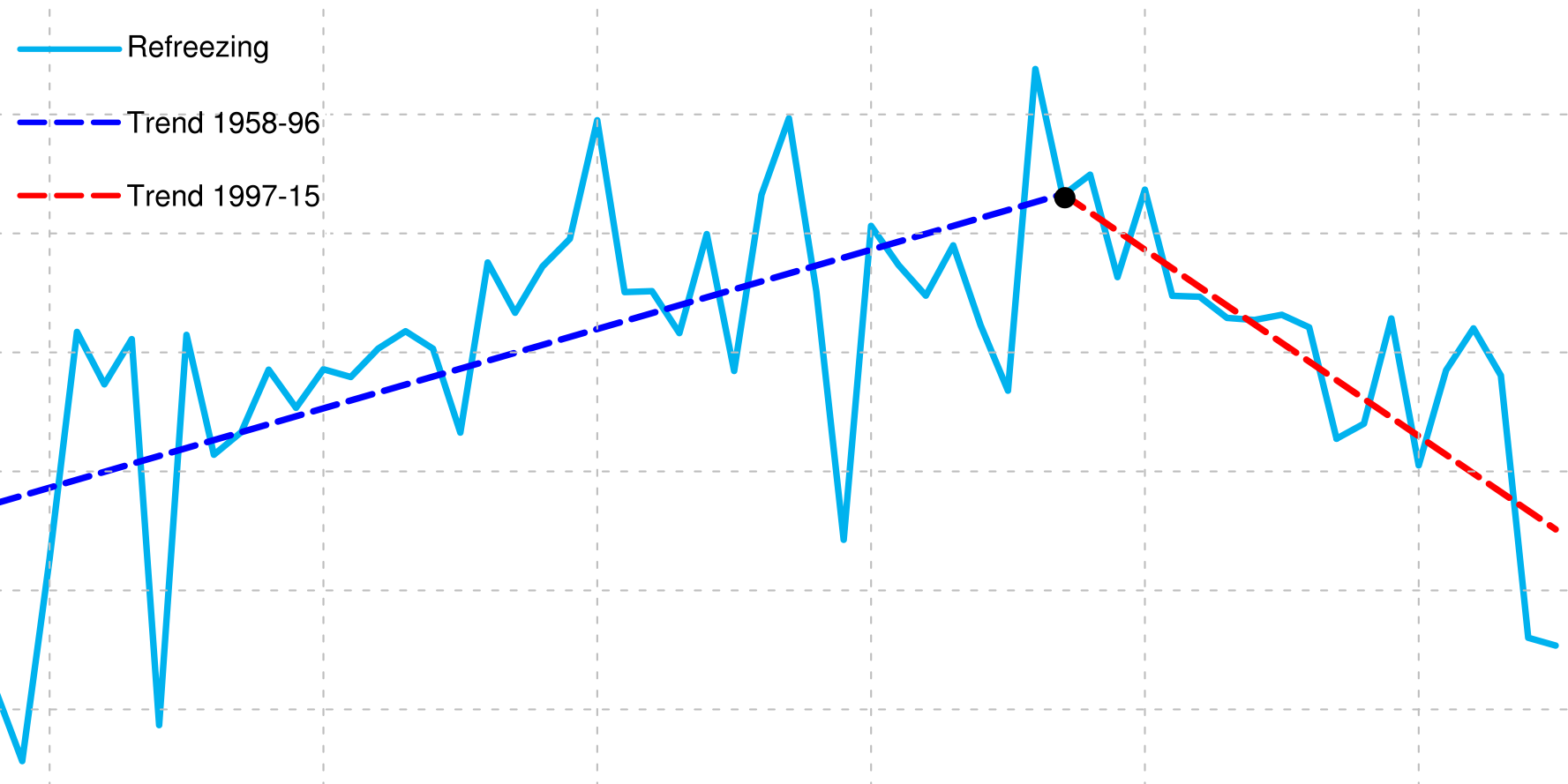
Before 1997 the ice caps of Greenland remained stable. After 1997 this situation changed dramatically. Mass loss in the interior no longer compensated mass loss at the margins.
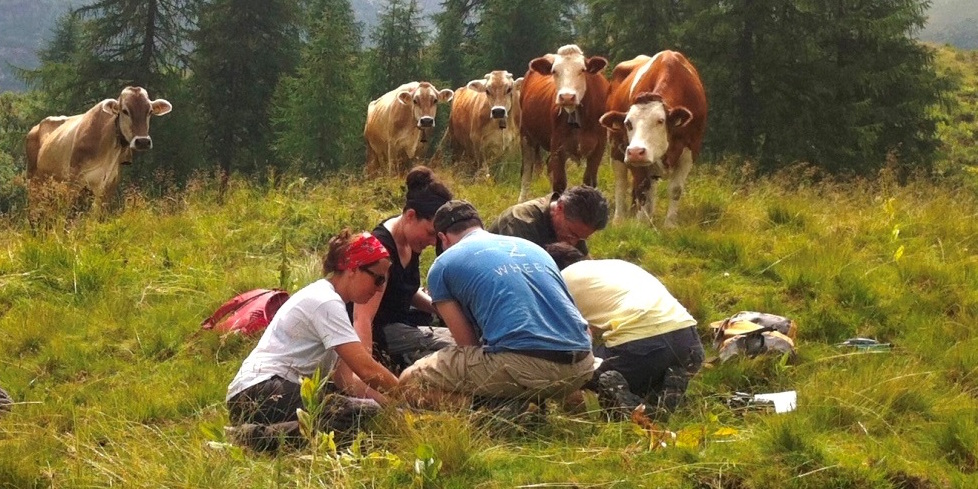
An international group of researchers under the lead of Markus Egli investigated to what extent the forest floor serves as a carbon sink and how bacteria and fungi interact in this context.
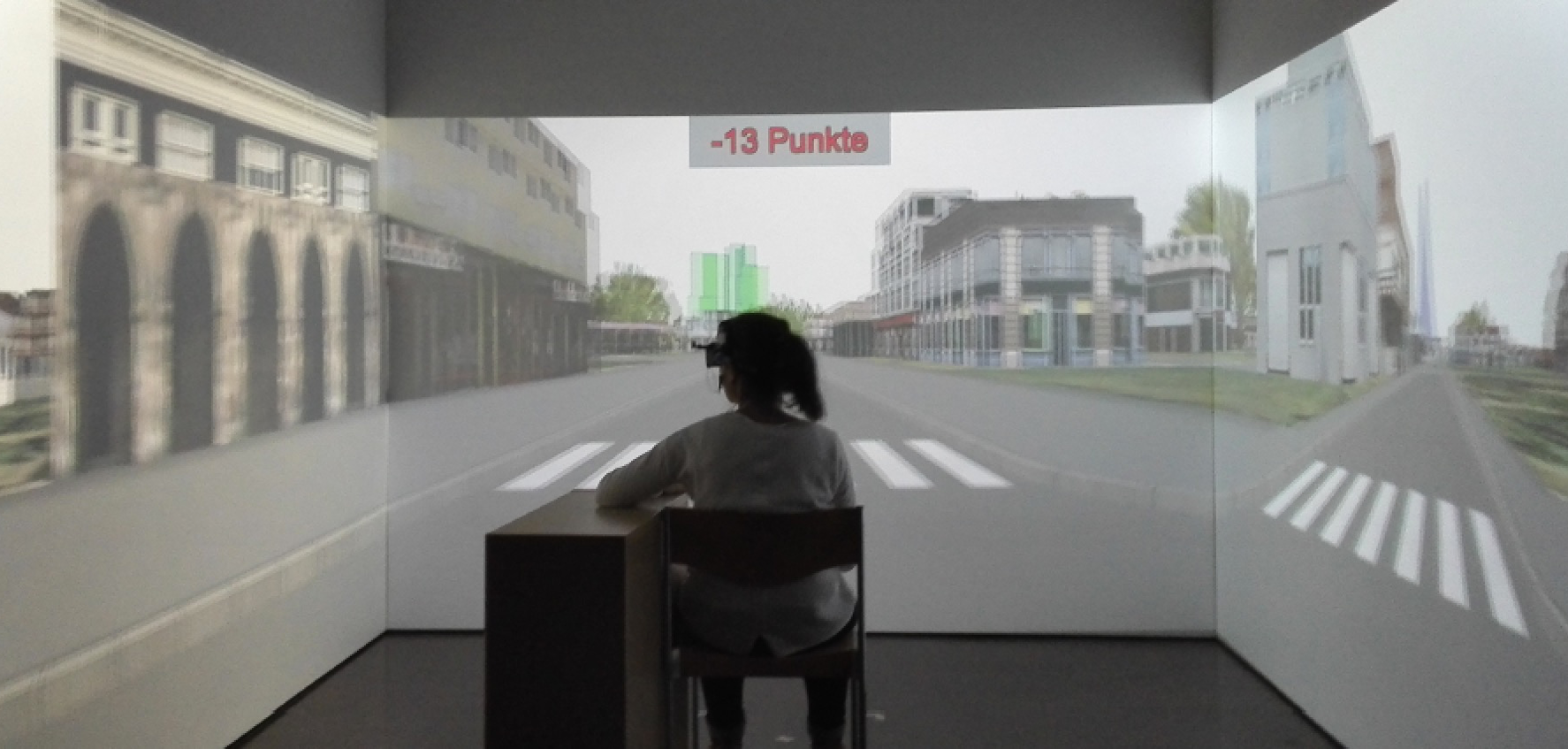
As one of five UZH researchers Sara Fabrikant has received a grant of the European Research Council worth 2.5 Mio. euros. The project GeoViSense examines the parameters, which influence the decision making, the cognition of space and the spatial behavior while navigating with mobile devices. UZH press release (in German)
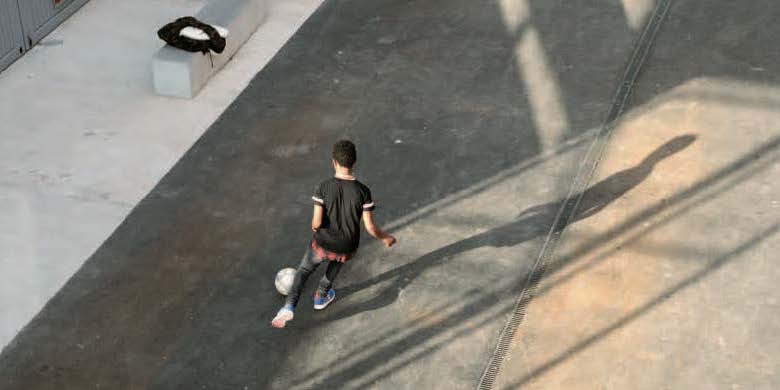
Unaccompanied minor refugees long for normality. PhD candidate Barbara Bitzi has regularly visited young immigrants in a cantonal center for minor refugees over a period of three years.
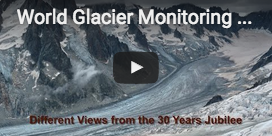
The World Glacier Monitoring Service (WGMS) is looking back at more than a century of collecting data of glacier fluctuation worldwide in a new short film
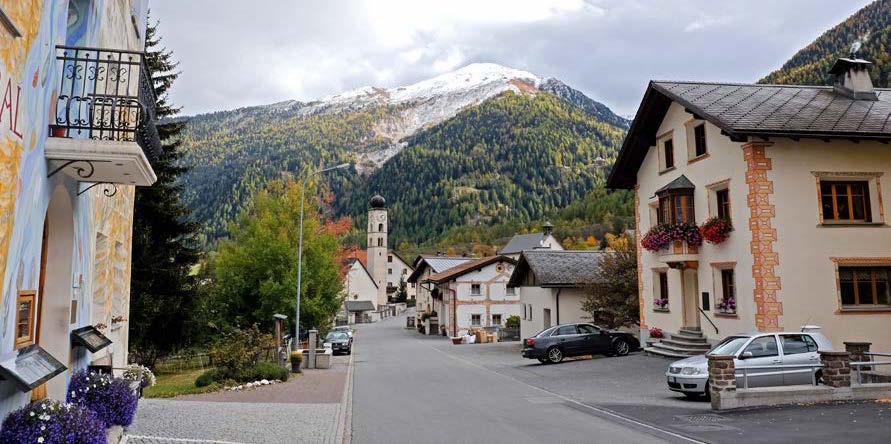
Within the Bachelor’s seminar in Human Geography, our students interviewed local residents and immigrants in the Val Müstair on their perception of migration and integration in the Engadin valley.

The UZH Journal profiled Maria Lezzi, Director of the Federal Office for Spatial Development and Alumna of our Department. UZH Journal 2017/1, S.13
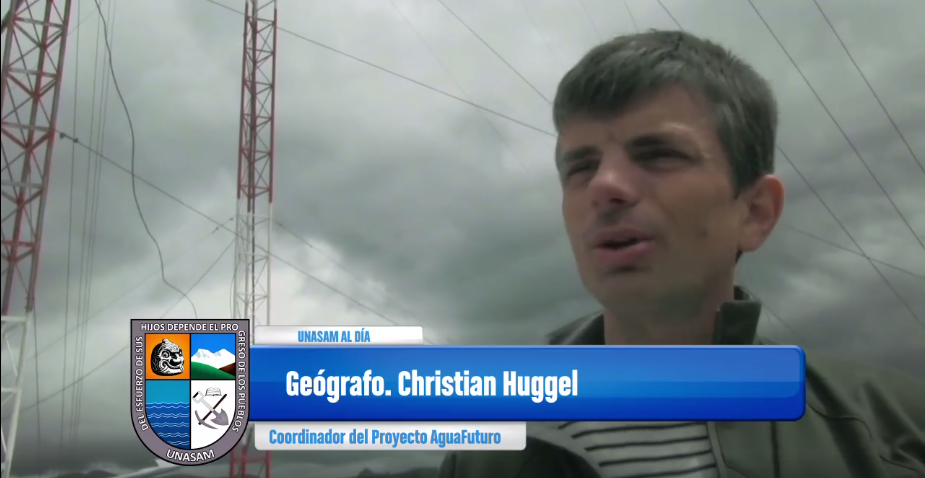
For a better understanding of the impact of rain or snow on the Peruvian glaciers and water resources, an international team has installed a precipitation radar in the highlands of Peru.
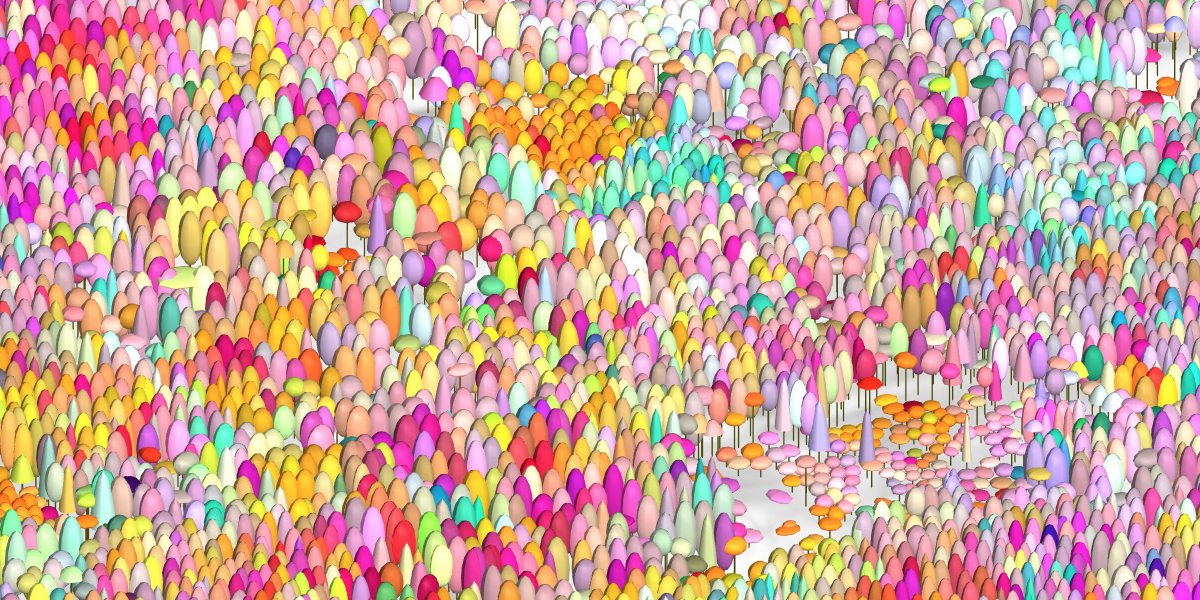
The International Project Office of bioDISCOVERY supports global research projects on biodiversity and aims to progress global policy in the field of biodiversity.

Swiss scholars have very good skills in maths, as the current PISA-study shows. Nevertheless the study shines light on a well known problem: Maths, physics and chemistry are male domains.

Sara Landolt spoke at the NIGHTS 2016 - STADT NACH ACHT conference in Berlin about the manifold meanings of alcohol at young people’s nights out.
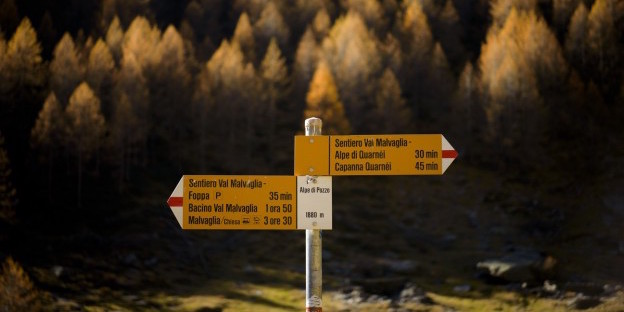
Norman Backhaus was invited to a discussion about nature conversation concepts broadcasted by Radio SRF. Radio SRF 2 Kultur, 24.11.2016 (in German)
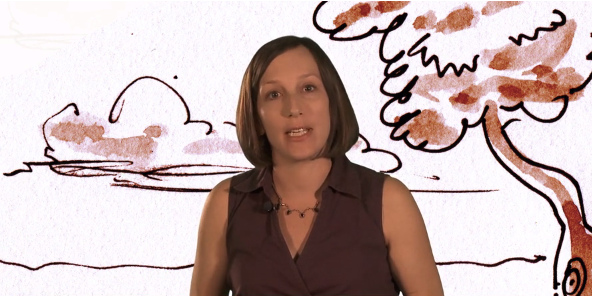
Private microinsurances are meant to protect peasants from crop shortfall and decrease farmers vulnerability to extreme weather. Unfortunately these insurances didn’t fulfill the expectations, as Leigh Johnson showed in her research at the UZH. Much effort is needed to explain the product to the peasants and the insurance premiums are high and will be rising as the effects of climate change become more severe for agriculture.
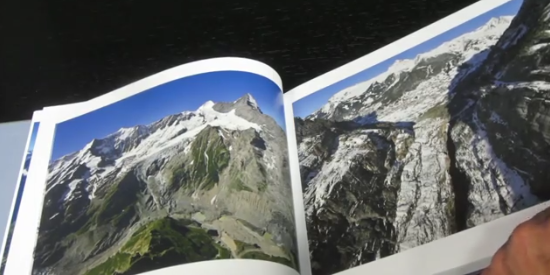
The development of the glaciers of Grindelwald has been very well documented over hundreds of years. A shortly released book gives insights into the challenges glaciers are facing globally by the example of Grindelwald by means of current and historic pictures and statistic illustrations.
Samuel Nussbaumer and Hanspeter Holzhauser are two of the four editors and authors of this book, and Horst Machgut belongs to the authors.
Infosperber (German)
Berner Zeitung (German)
Bergliteratur.ch (German)
Haupt Verlag (German)
Digital assistants make life easier, but some human capacities get lost. The sense of direction of those who constantly rely on their navigation devices gets worse, says Sara Fabrikant in Sonntagszeitung (german).
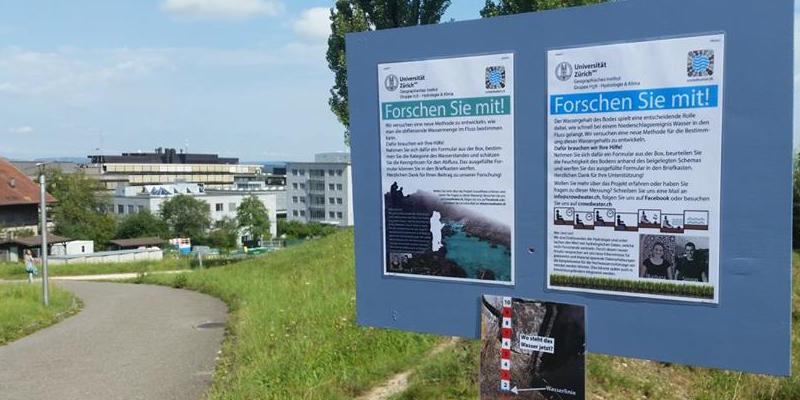
The CrowdWater project of Barbara Strobl and Simon Etter invites any passer-by to fill in a form a on the waterlevel and humiditiy of some spots at Irchel Campus and Sihlwald. The Limmattaler Newspaper highlights to research projects, which are based on Citizen Science.
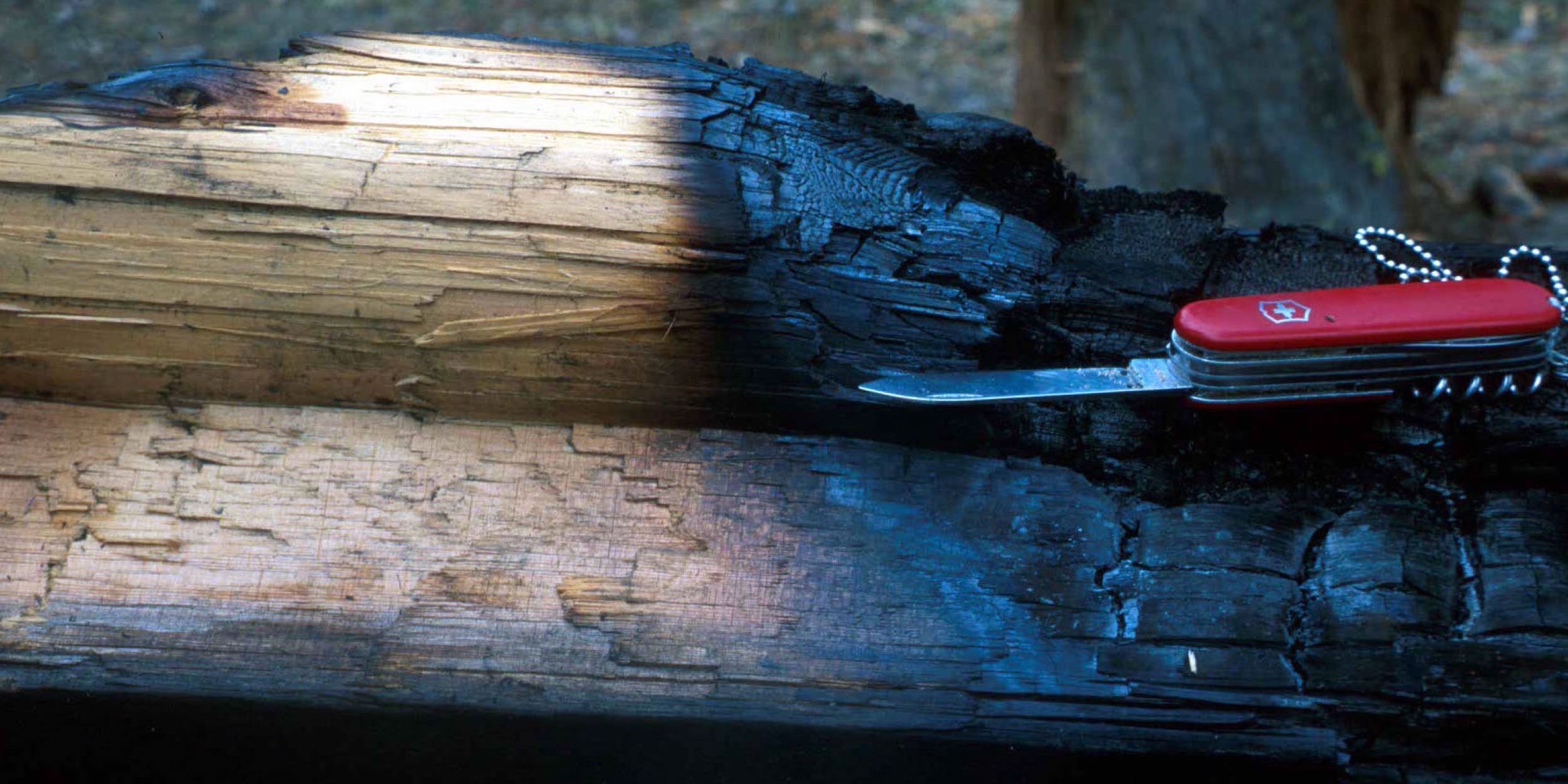
Redrawing the carbon cycle: Samuel Abiven and Moritz Reisser uncover a key ingredient in the world's soil. They have developed the world's first global black carbon database, which will help us to refine our understanding of the carbon cycle.
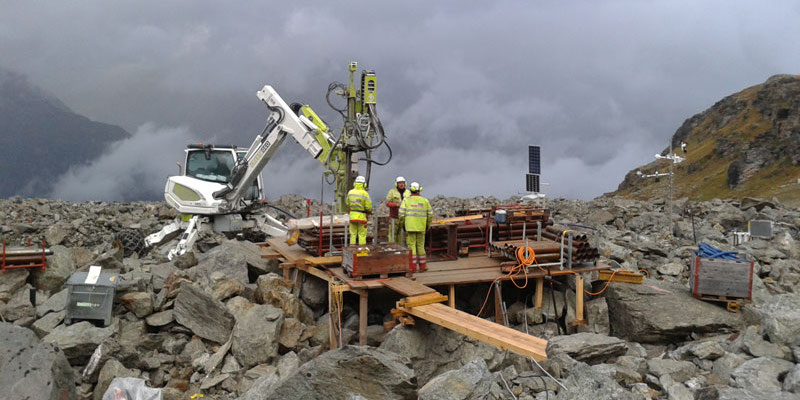
At the International Conference on Permafrost in Potsdam, Isabelle Gärtner-Roer explained the PERMASENSE network. Boeholes in rock glaciers allow to collect data on the temperature of the entire bore and therefore to explain the downward motion of the glacier.
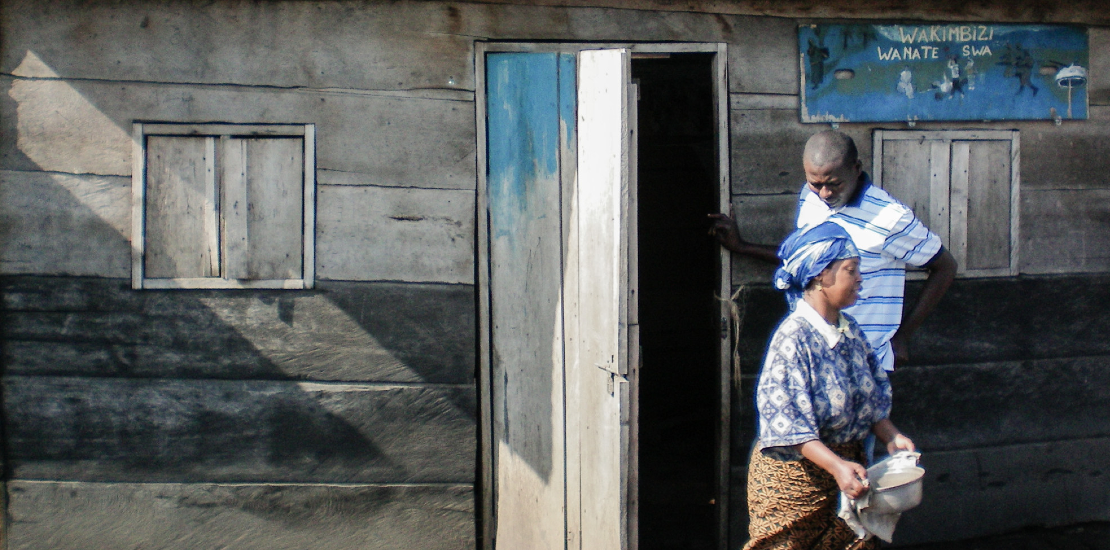
There are 40 million people fleeing from violent regimes within their own country. Stephan Hochleithner examines the phenomena of internally displaced people in Eastern Congo.
UZH Magazin 9/2016 (German)
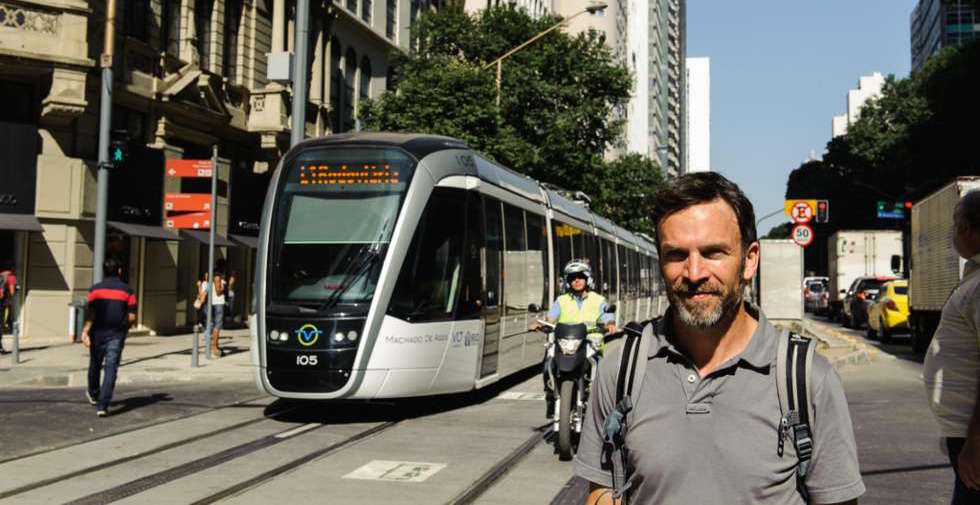
A very frequently quoted critic of the Olympic Summer Games in Rio, Brazil, 2016 was Christopher Gaffney. Before he joined our Department, he lived in Rio for six years to study the impact of the World Cup 2014 and the Olympic Games on the urban center and its population.
Please find here a selection of the more than 80 interviews he gave:
Global Construction Review, 13.09.2016
Blick, 04.08.2016 (German)
BBC Video, 31.07.2016
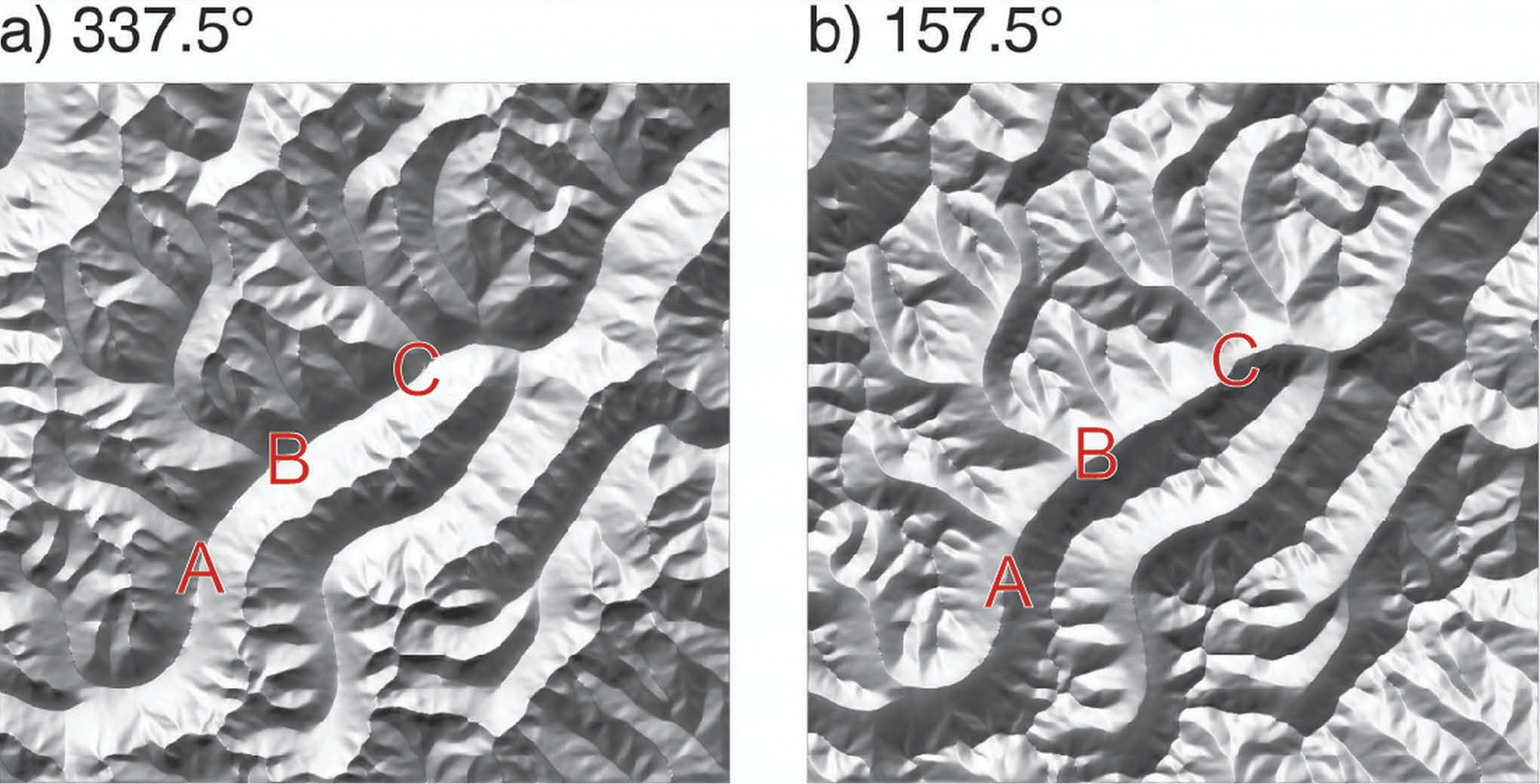
The Swiss cartographers are historically the masters of terrain representation. They know that the human brain is easily fooled into confusing ridges and valleys on maps and satellite images unless the illumination comes from the northwest. The reason remains mysterious.
In a study published earlier this year, GIUZ Alumnus Julien Biland and Arzu Çöltekin showed terrain images with differing angles of illumination to 27 volunteers and came up with a remarkably precise estimate of the optimal angle for reducing this optical illusion: 337.5 degrees, just a bit to the north of the 315 degree northwest lighting cartographers have traditionally used.
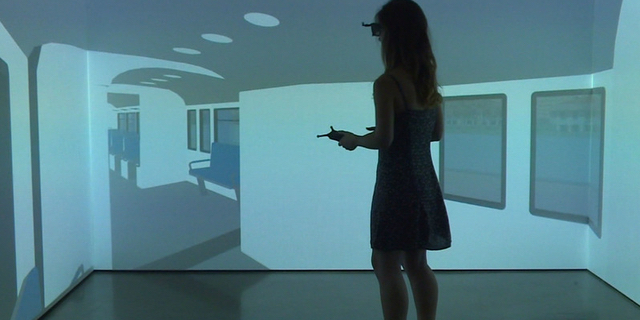
The research initiative is aimed at pooling on UZH’s expertise for digitization of society and science. Consequently, UZH is assuming a pioneering international role and looking to develop new research fields in the next few years.
As examples serve research projects of founding member Sara Fabrikant and her GIVA group, which use 3D simulations to study how people under stress navigate around a space with a digital assistant.
The UZH Digital Society Initiative was launched on September 14, 2016 by President of the Federal Council Johann Schneider-Ammann und member of the governing council Silvia Steiner.
Press Release UZH, 14.09.2016
Video GIVA (in German)
UZH Journal4/2016, page 5 (in German)
Tagesanzeiger, 14.09.2016 (in German)
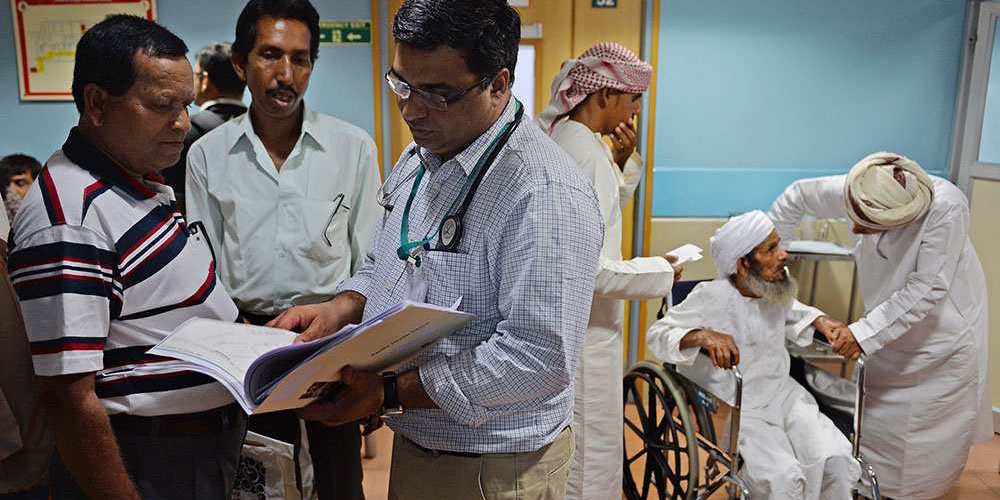
Private hospitals offer medical treatment of good quality at low prices. But the main clientele are not price-conscious Western Europeans or Americans. 80% of the patients come from the global south, from countries that lack medical facilities. For these patients India is the only affordable treatment and their last hope.
Heidi Kaspar in Les Echos (in French)
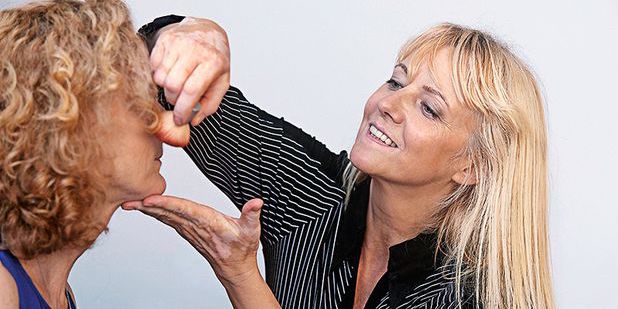
Is care migration a win-win-situation for the carer and the person in need of care? Interview with Karin Schwiter in Migros-Zeitung, 05.09.2016 (german)

The current Prix Média of the Swiss Academies of Arts and Sciences goes to our Alumnus Timo Grossenbacher and the Datateam of the SRF (Swiss Radio and TV) for their media dossier on connections of Universities and professors with private companies.
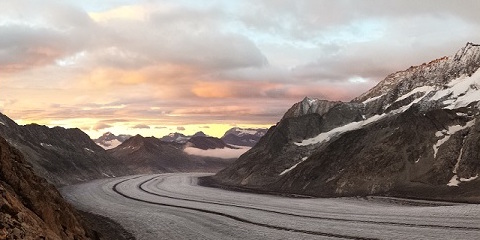
What the World Meteorological Organization (WMO) is for the weather, is the World Glacier Monitoring Service (WGMS) for glaciers. Today, the WGMS looks back at 30 years of achievements and future challenges at the University of Zurich with a public Symposium.
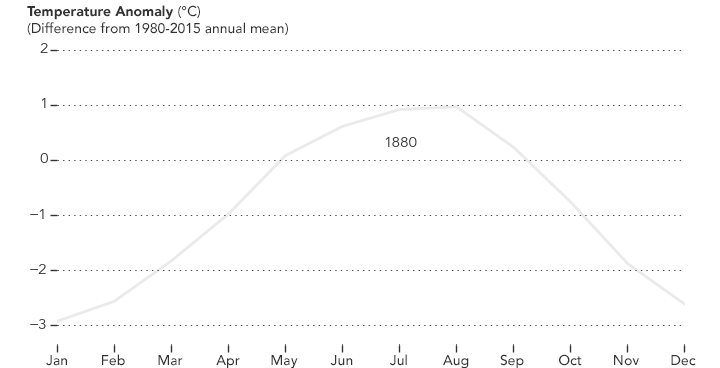
NASA vividly depicts how the global temperature is annually rising since 1880. Creator of the animated graph is Joshua Stevens, former fellow of our GIVA-group.
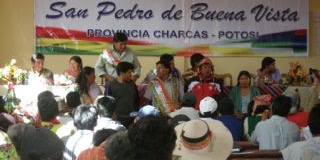
As part of the project on contested rural development, the study by GIUZ Alumna Monika Hess and Sabino Ruiz Flores on the interplay between the grassroots, indigenous peasant organizations and the state in Bolivia has now been published in spanish.

Climate change could remobilize abandoned hazardous Cold War-era waste believed to be buried forever beneath the Greenland Ice Sheet.
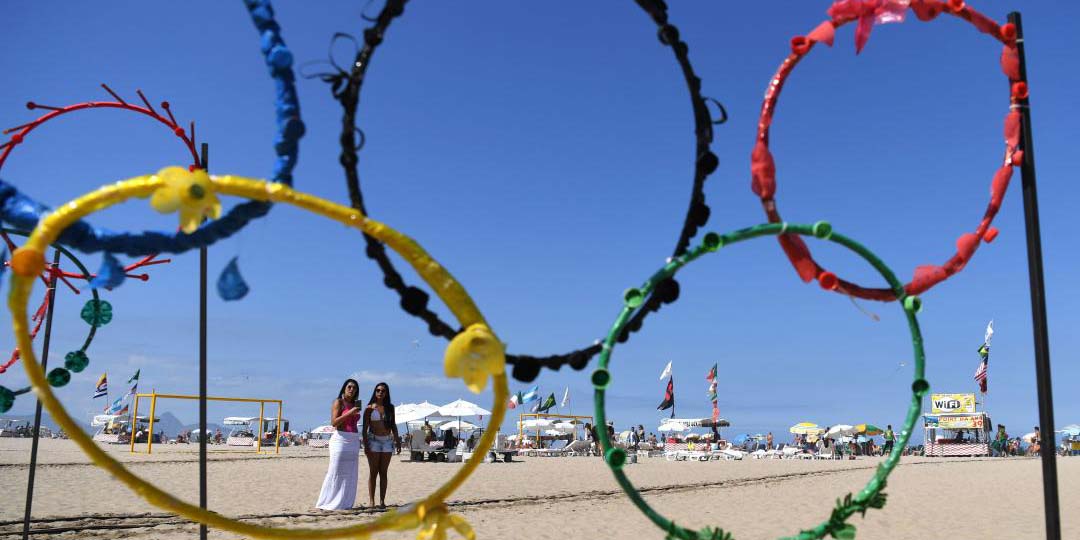
Candidate cities for Olymic Games should negociate harder with the IOC and claim for smaller Games, Martin Müller in his Comment in the NZZ (in German)
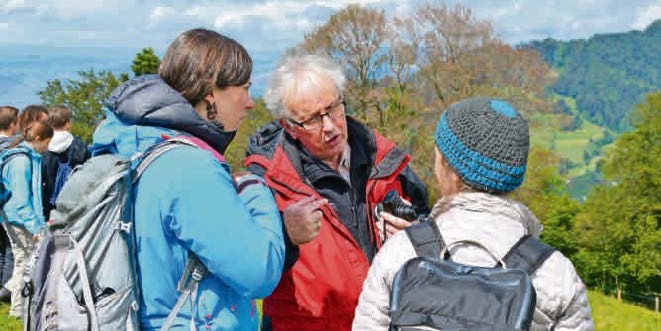
In the framework of the International Year of Geography, the journal Glattaler chose to interview local Geographers during the summer. One of them was our Professor Max Maisch, Glattaler, 22.07.2016 (in German)